March 26, 2020
by Mrs Young
0 comments
More and more of our children and young people are starting to settle into this new normality. At home, you may start to see dips in their moods and in behaviour. This is because they are trying to cope. The novelty of “home schooling” is starting to wear off and they will be missing their normal lives. They need something to look forward to each day. It could be something big or something small.

You could write, draw or stick a symbol to show one thing each day that is exciting!
Below we have some activities to give you some ideas. This is about using items that are already around the house. It is about doing things that don’t involve spending money.
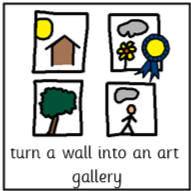
Choose a wall in your house and stick up pictures that you and your family make. You can add a piece of paper below with a title and artist’s name to give it more of a professional feel. Remember this is about your family, not perfection! Put up those pictures of a yellow circle that your three year old has told you is a picture of a dolphin!
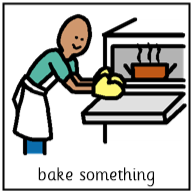
Use ingredients around your house to bake something. This is about taking the time as a family to make memories. How it tastes, is not as important as taking the time to laugh together as you try to pick out the eggshells!!
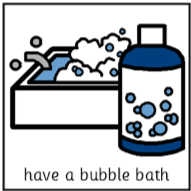
Run a bubble bath (use liquid soap if you don’t have bubble bath). Take the time to relax and soak in the bubbles. If you don’t have a bath, use a basin with warm water and bubbles and turn it into a foot bath!
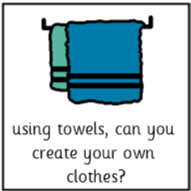
Using towels, how many different clothing items can you make? Try putting it on over your clothes. Have someone in your family be the model!
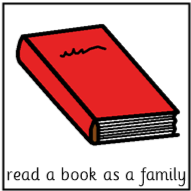
Read a book as a family. Or create your own. One person says one sentence and the next person adds a sentence and so on. You can write it down or just tell it orally.
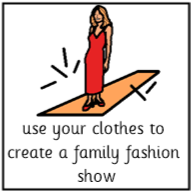
Use some clothes from your wardrobe or drawers. Everyone gets to take a turn of being the catwalk model and of being in the audience.
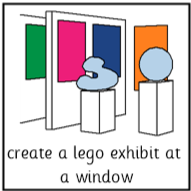
Lots of people are building models with Lego. Why not display them in front of a (closed) window? Just like the art wall, you could add a small card to show the creator and title of each model. If you don’t have lego, you could use duplo or other toys.
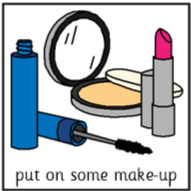
Have some fun with make up. Let your children/young people give you a make over. Or maybe you give them a make over!
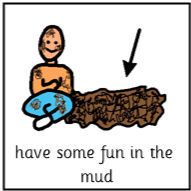
The weather is changing, The rain has started. Why not explore some mud fun! Make a mud slide using a black bag/sledge to sit on and a small hill. Create a mud kitchen in the garden, use spoons and pots! If you don’t have a garden bring some dirt inside and put it in a basin or tub. Add some water to make mud. Can you make mud cakes?
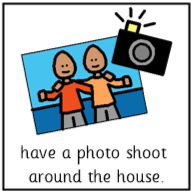
Use a camera (or phone or tablet), take pictures around the house. Take some photos of family as they go about their daily lives or have family poses. Pretend you are taking photos for a home and gardens magazine. Take the photos from different angles. Can you make the rooms look bigger or smaller? Have fun!
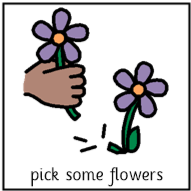
Pick some flowers on a walk. Or use paper to make your own flowers. Draw flowers and put them along the bottom of a window to create an indoor garden.
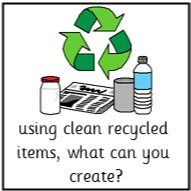 Perhaps you can use empty cereal boxes and elastic bands to make hungry animals snapping for food. Perhaps you can you an empty box and 6 yoghurt pots at the edges and corners to create a pool table. Perhaps you can use an empty juice bottle and throw elastic bands over it to make a game?
Perhaps you can use empty cereal boxes and elastic bands to make hungry animals snapping for food. Perhaps you can you an empty box and 6 yoghurt pots at the edges and corners to create a pool table. Perhaps you can use an empty juice bottle and throw elastic bands over it to make a game?
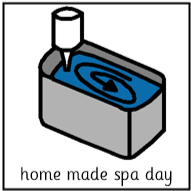
Have a bubble bath. Put cucumber on your eyes. Do face and head massages. Turn the light down or close the curtains. Play relaxing music in the background. (try some from youtube). Have everyone focus on their breathing. Relax.
 Choose a TV show your family watch and recreate it. Maybe it will be someone in the jungle speaking to the jungle diary videocam. Maybe you will be recreating food invention tests and eliminations. Perhaps you will be in teams answering questions from a ‘host’. Maybe you are in a reality TV show where you are explaining your actions to a ‘camera’. Maybe you are on a talent show with judges?
Choose a TV show your family watch and recreate it. Maybe it will be someone in the jungle speaking to the jungle diary videocam. Maybe you will be recreating food invention tests and eliminations. Perhaps you will be in teams answering questions from a ‘host’. Maybe you are in a reality TV show where you are explaining your actions to a ‘camera’. Maybe you are on a talent show with judges?
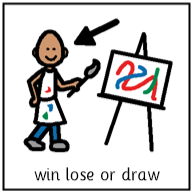
Split into teams. One person writes down a tv show/song/animal etc on a sheet of paper and folds it up. They will begin to draw on another sheet but they are not allowed to speak. Can their team guess what they are drawing before time runs out??
These are just some ideas. Feel free to adapt to suit your family.
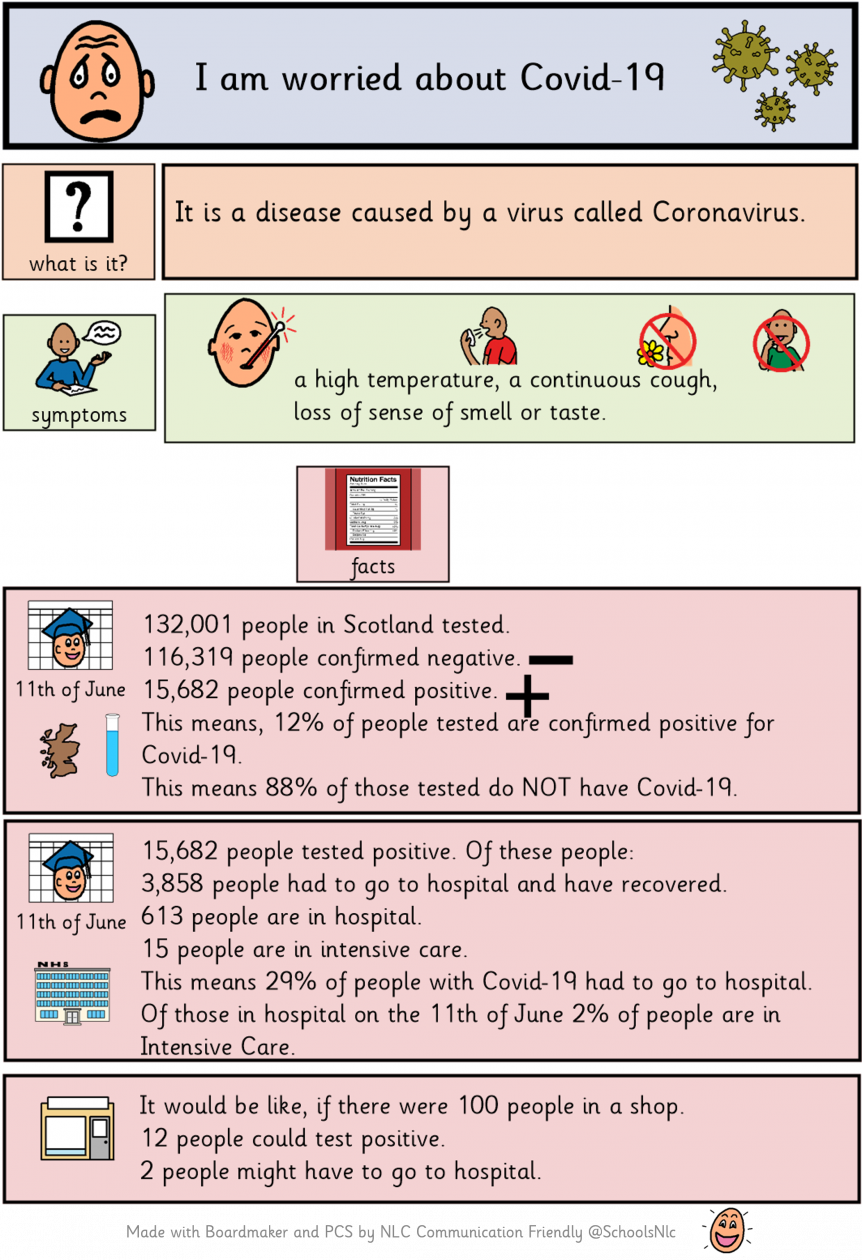
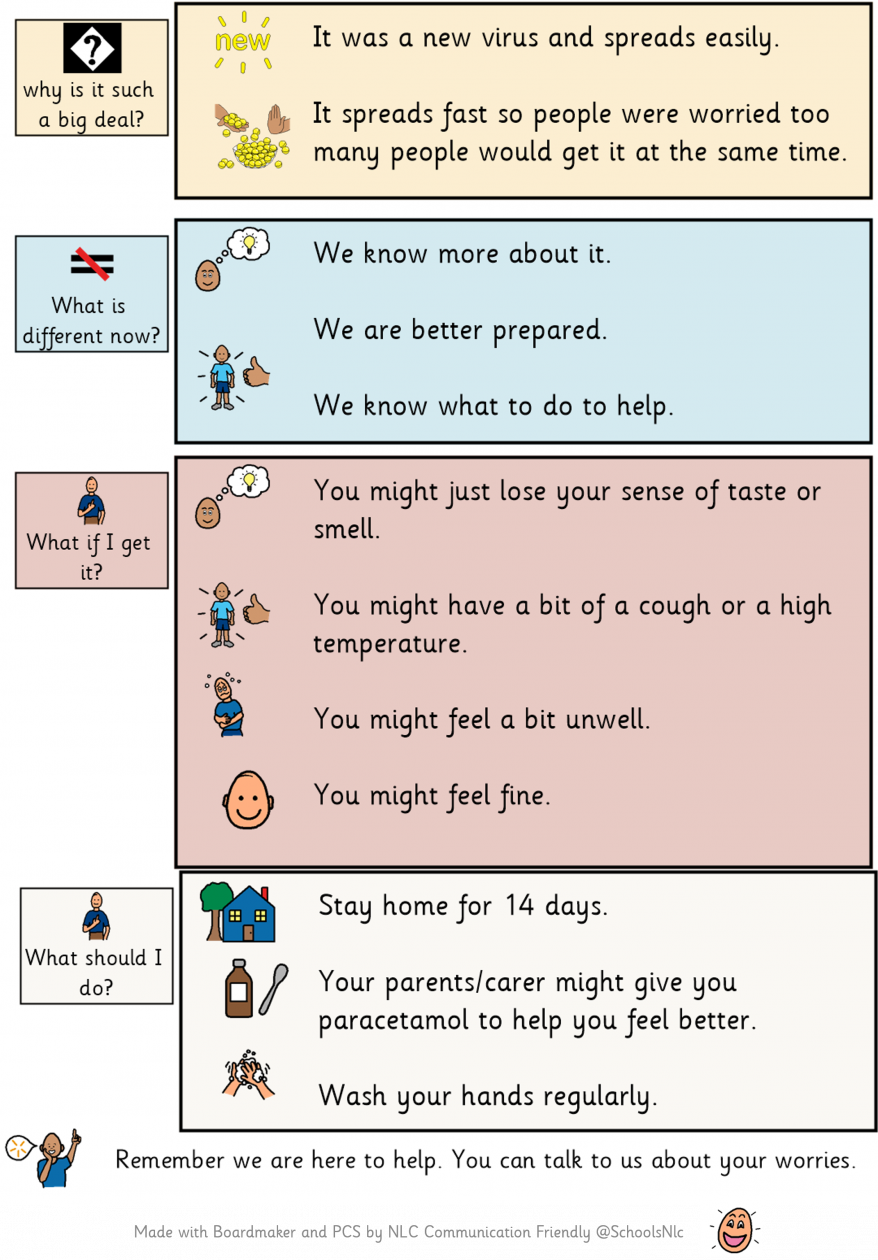
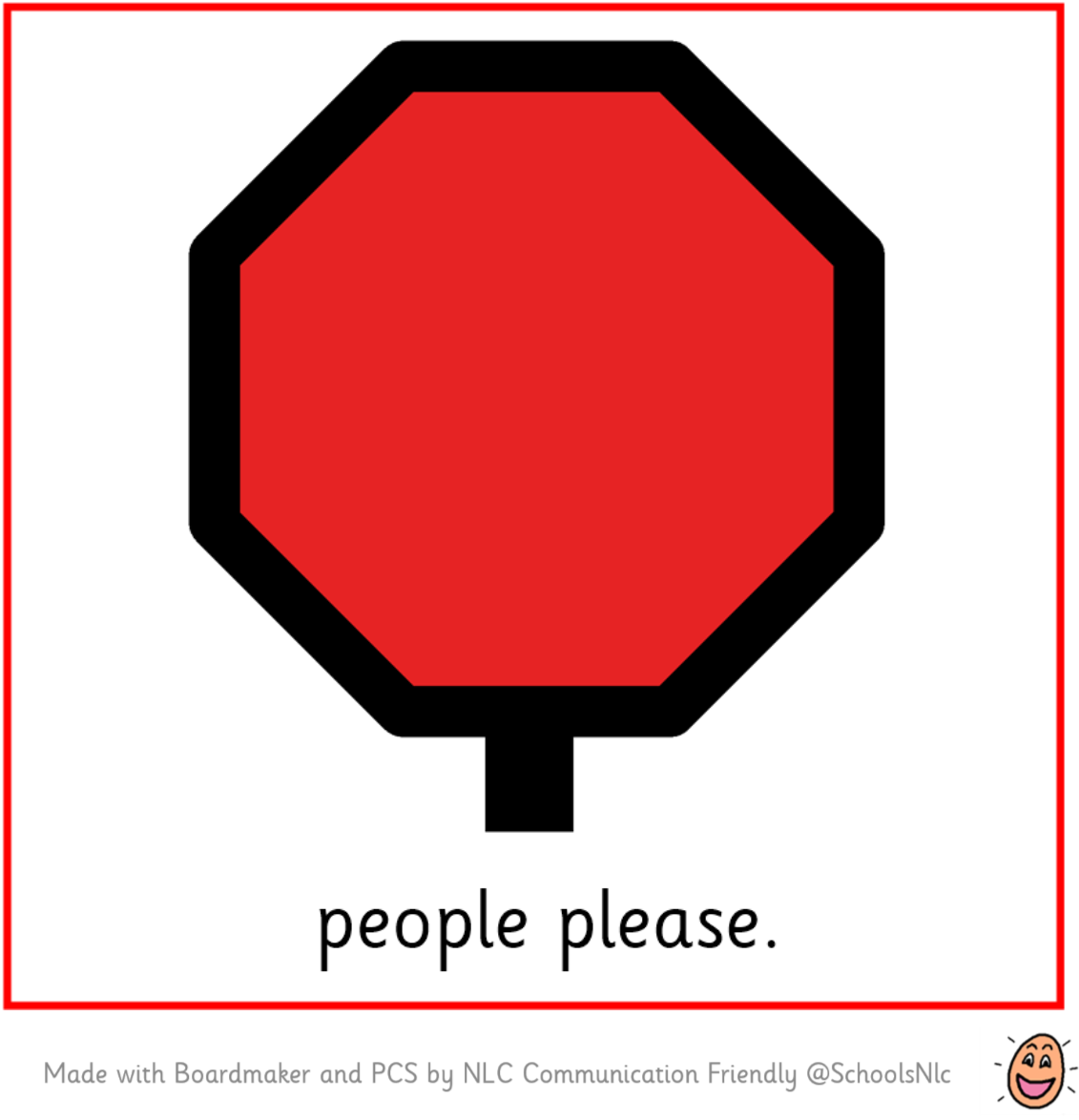
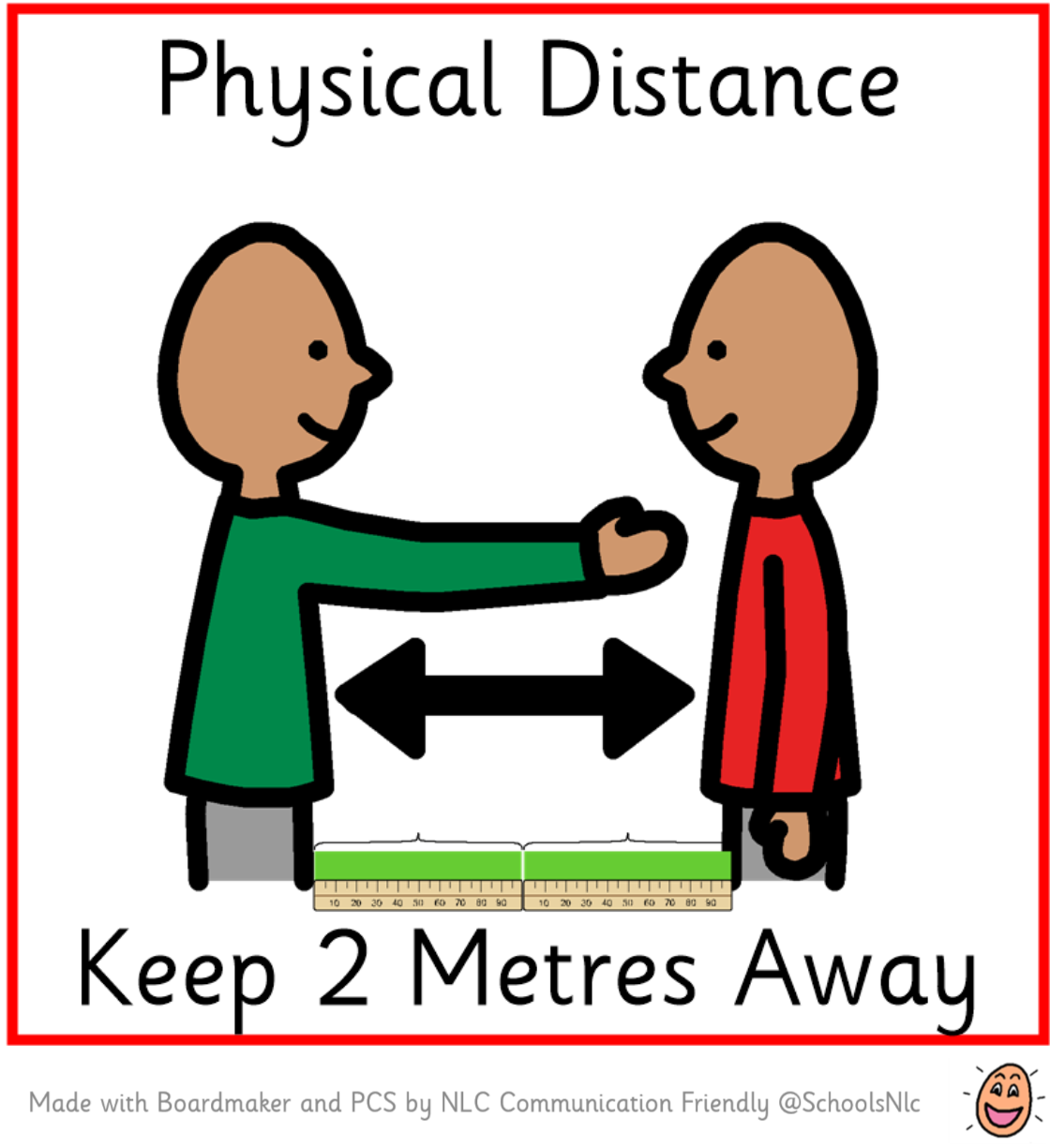
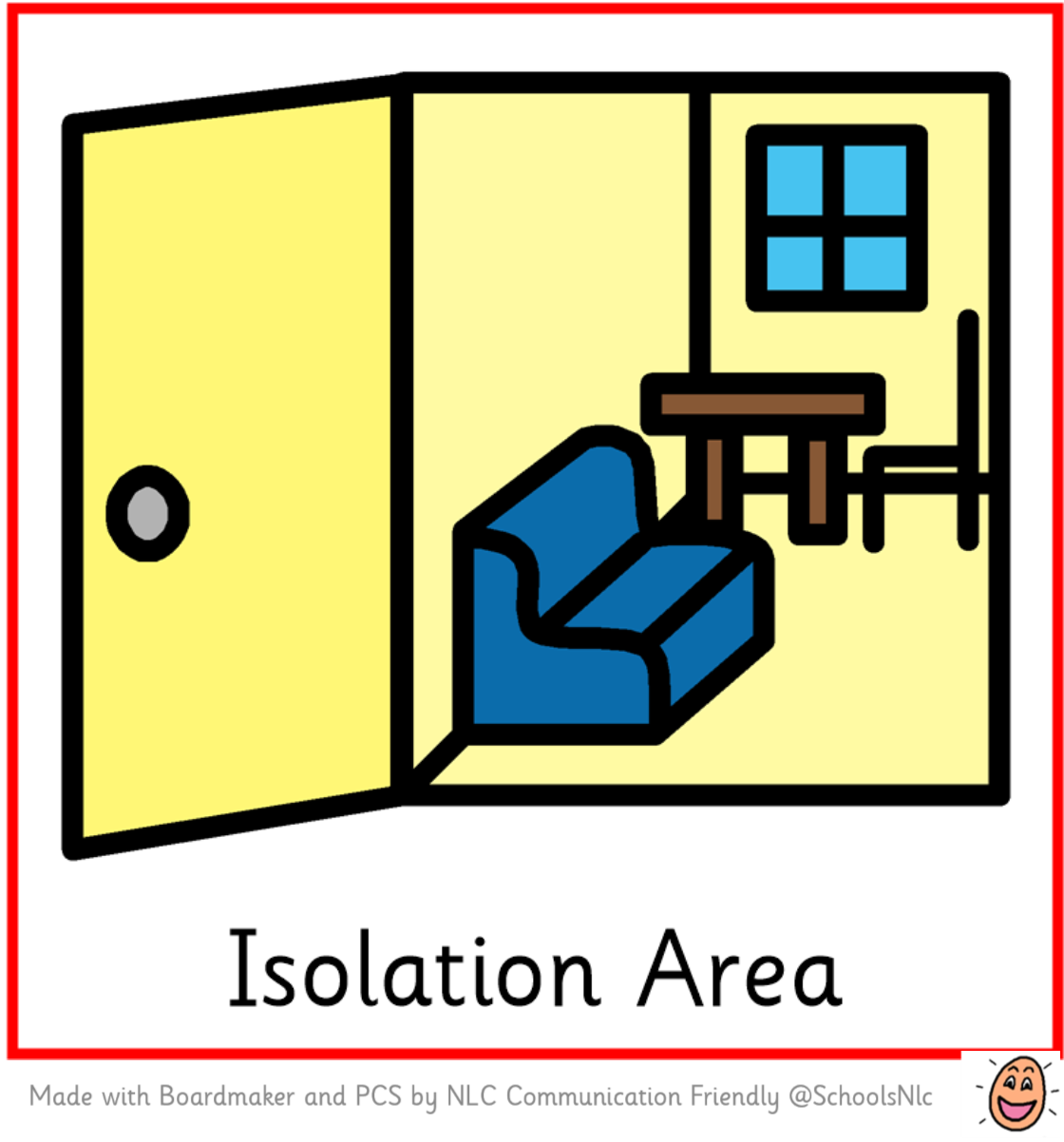
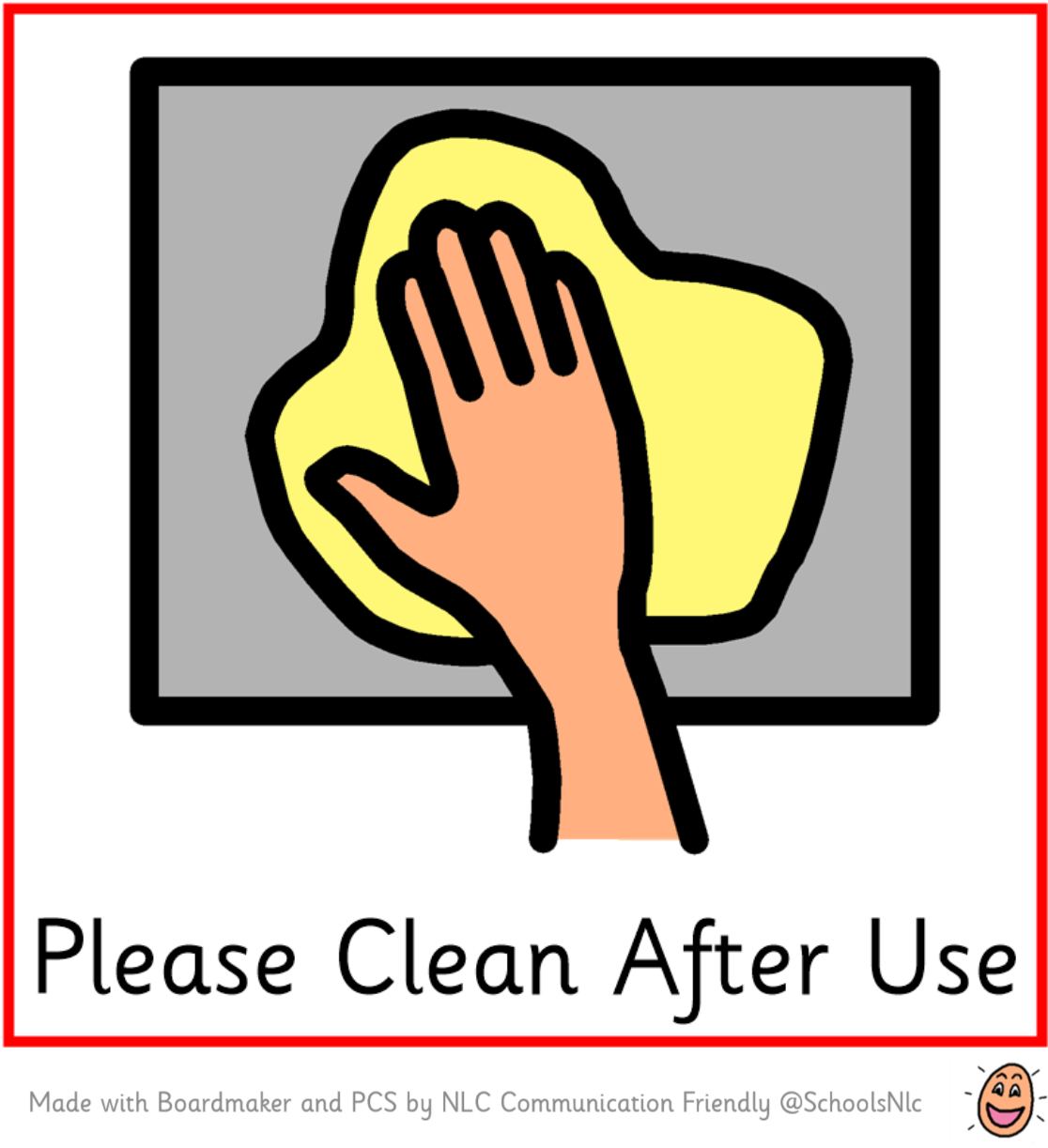
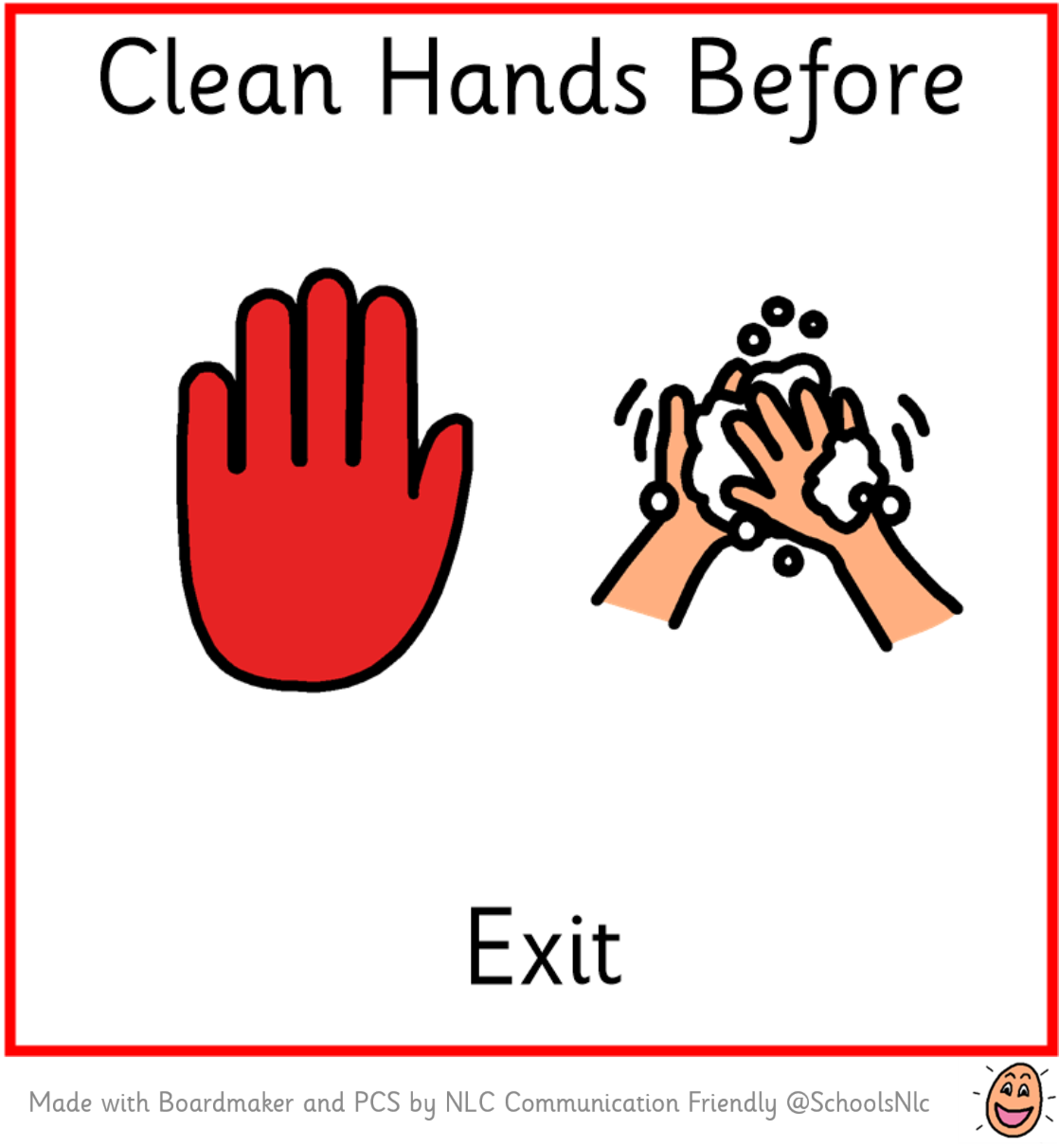
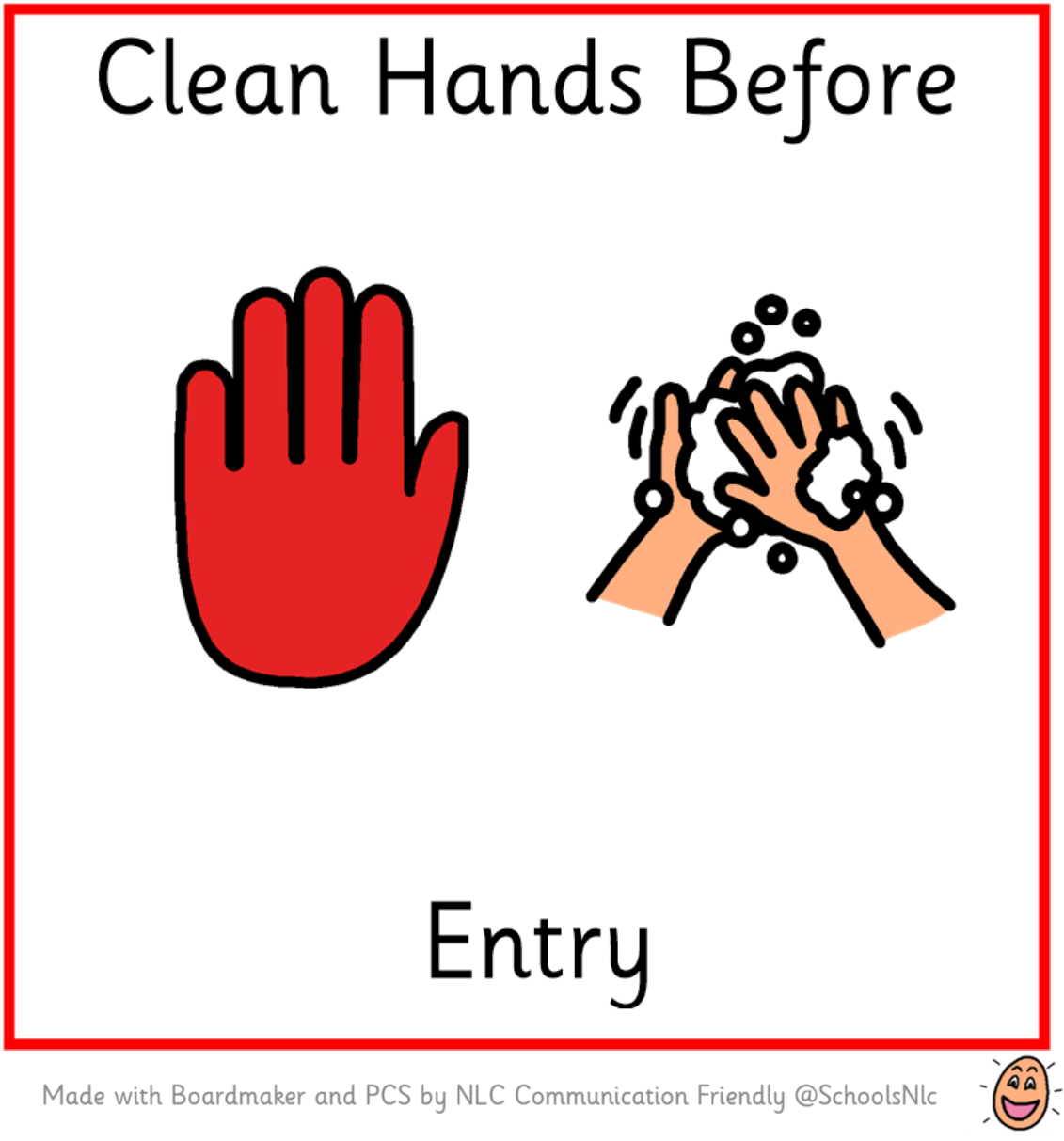
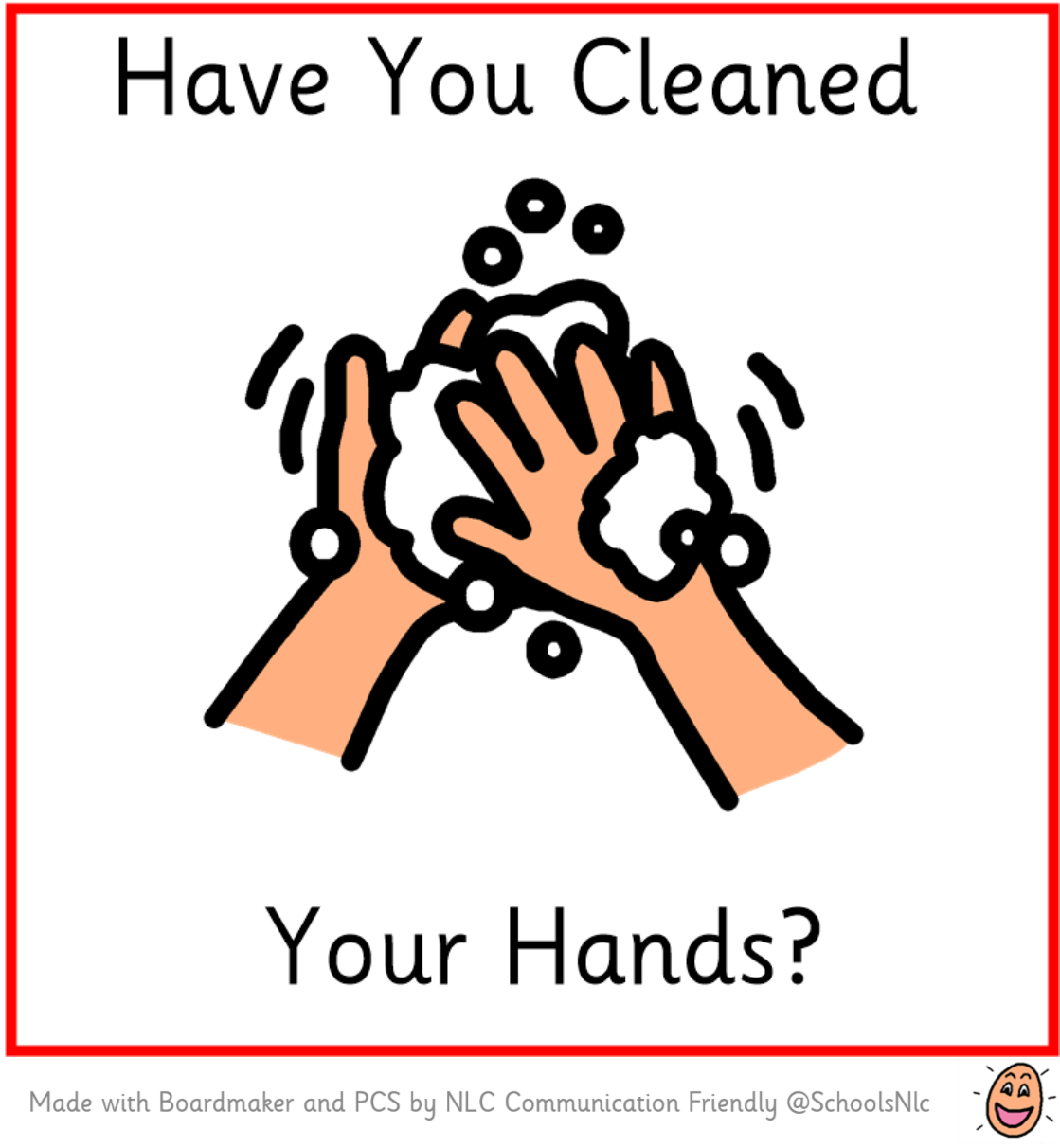
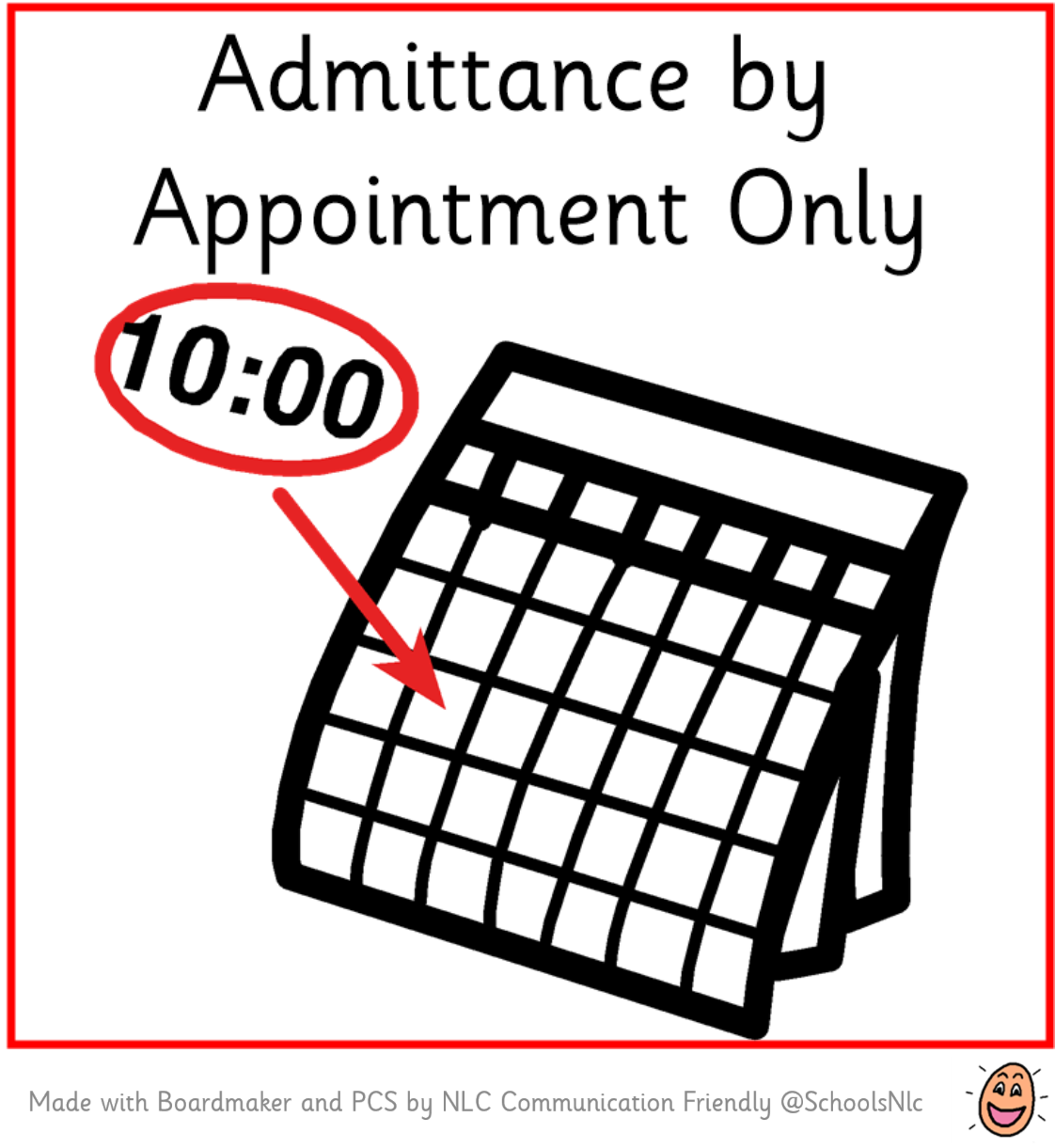
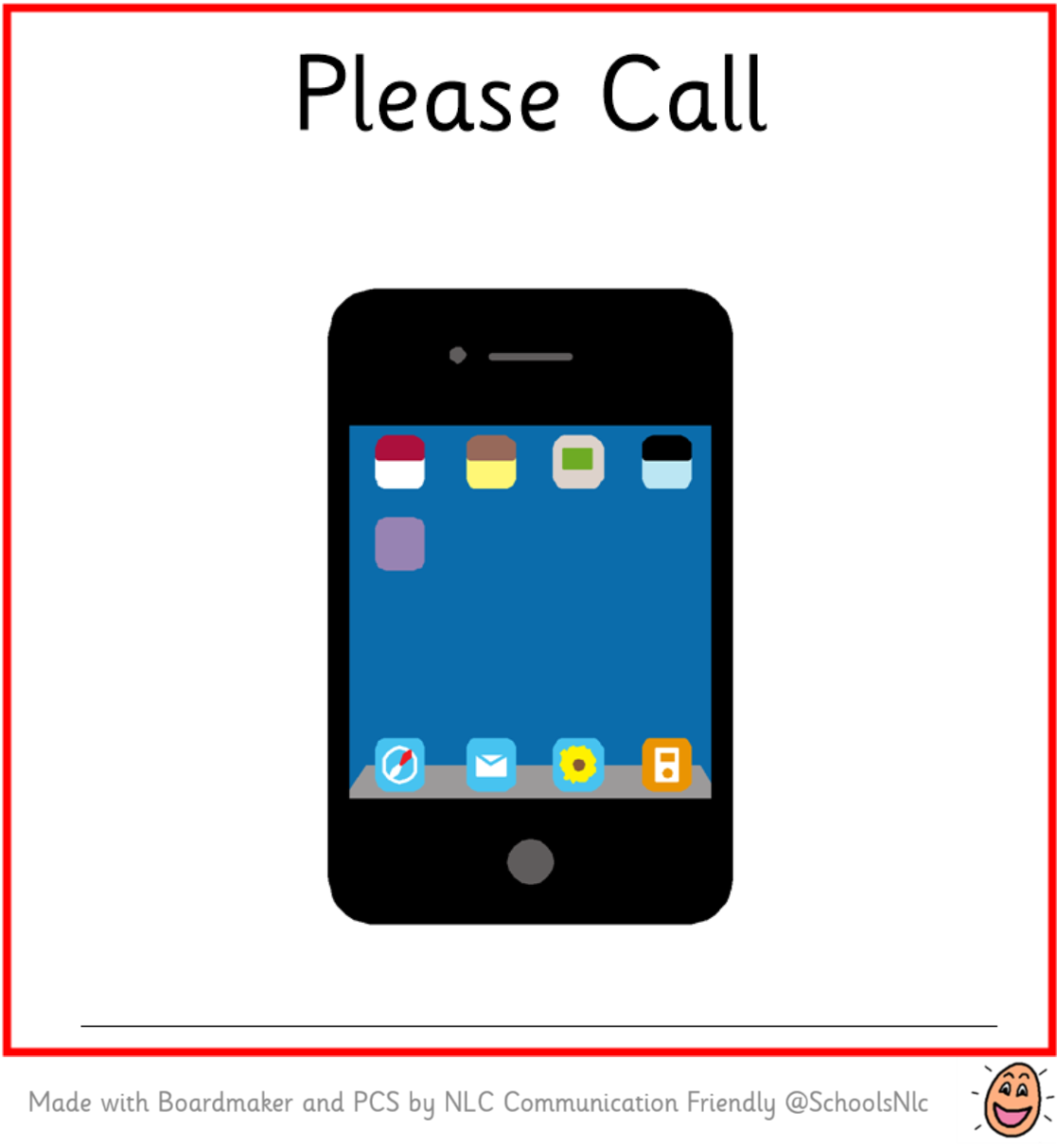
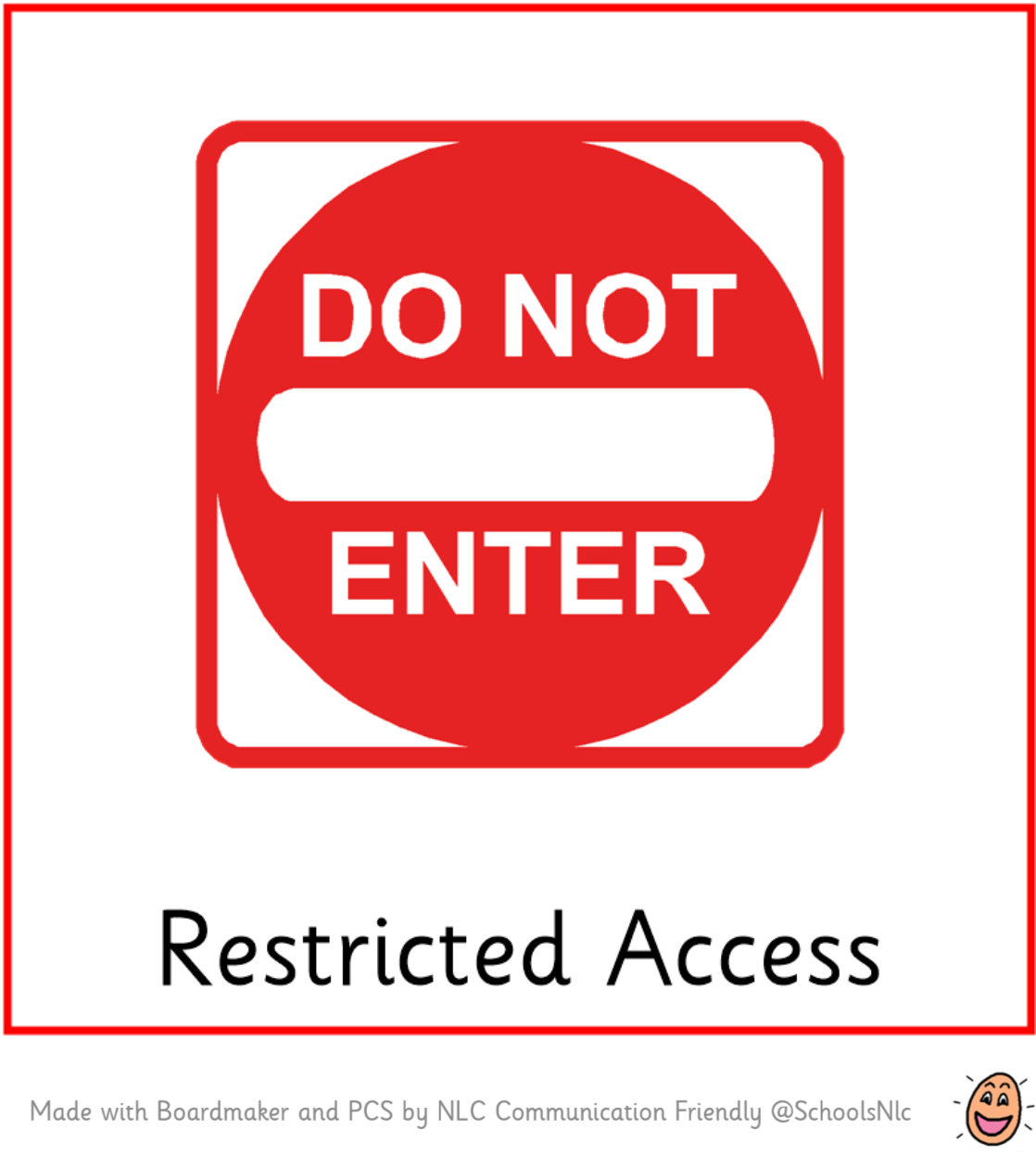
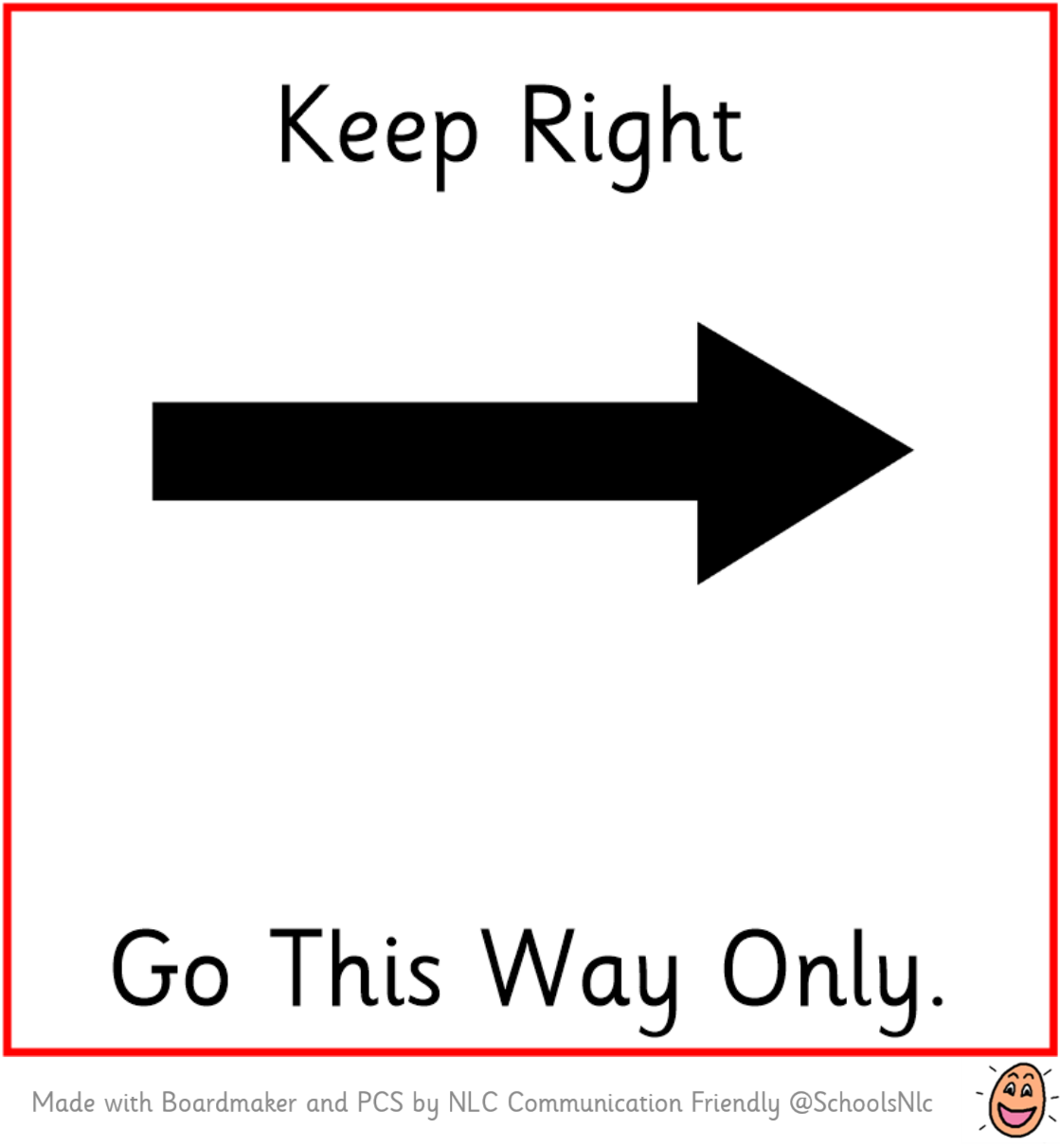
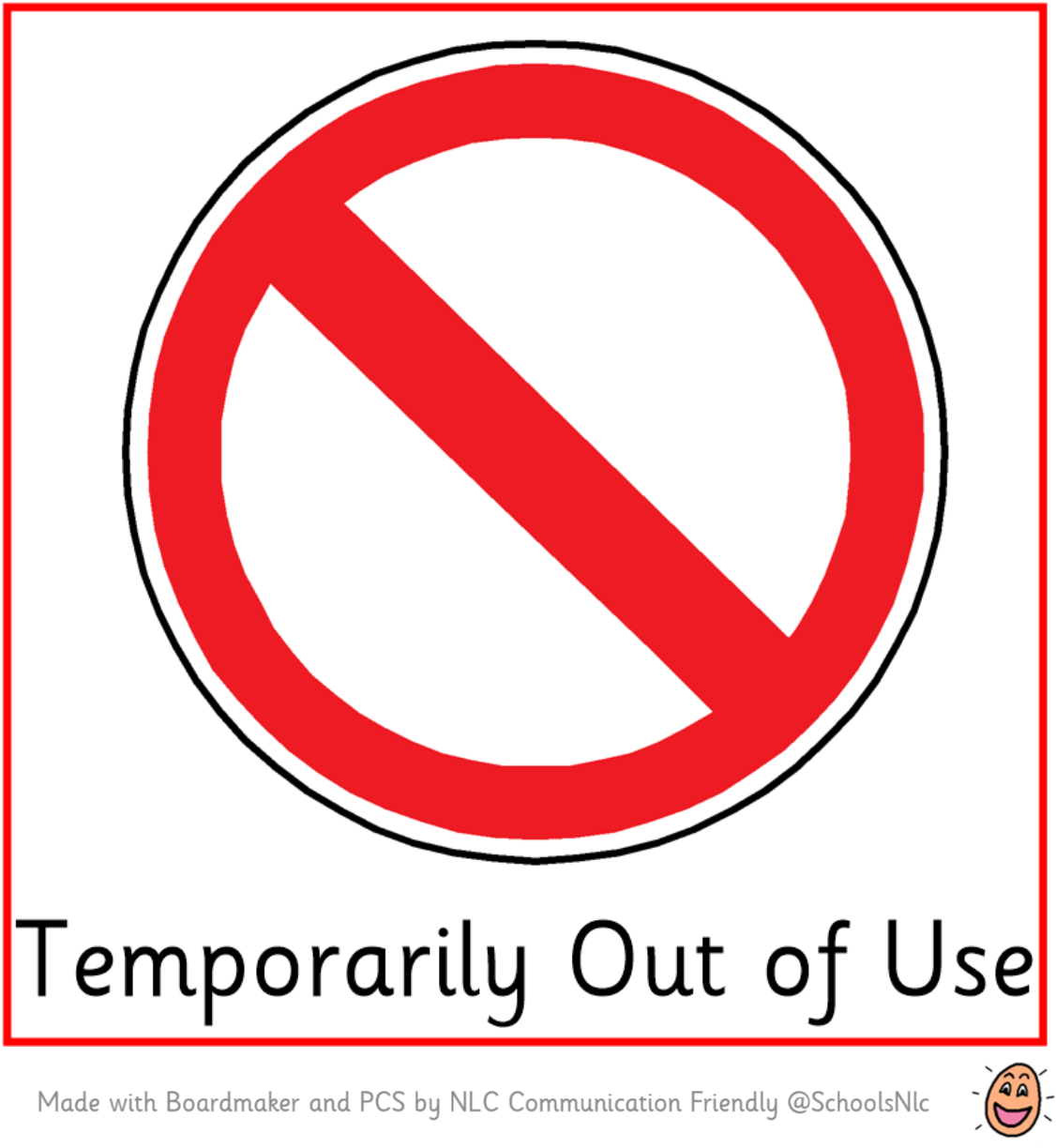
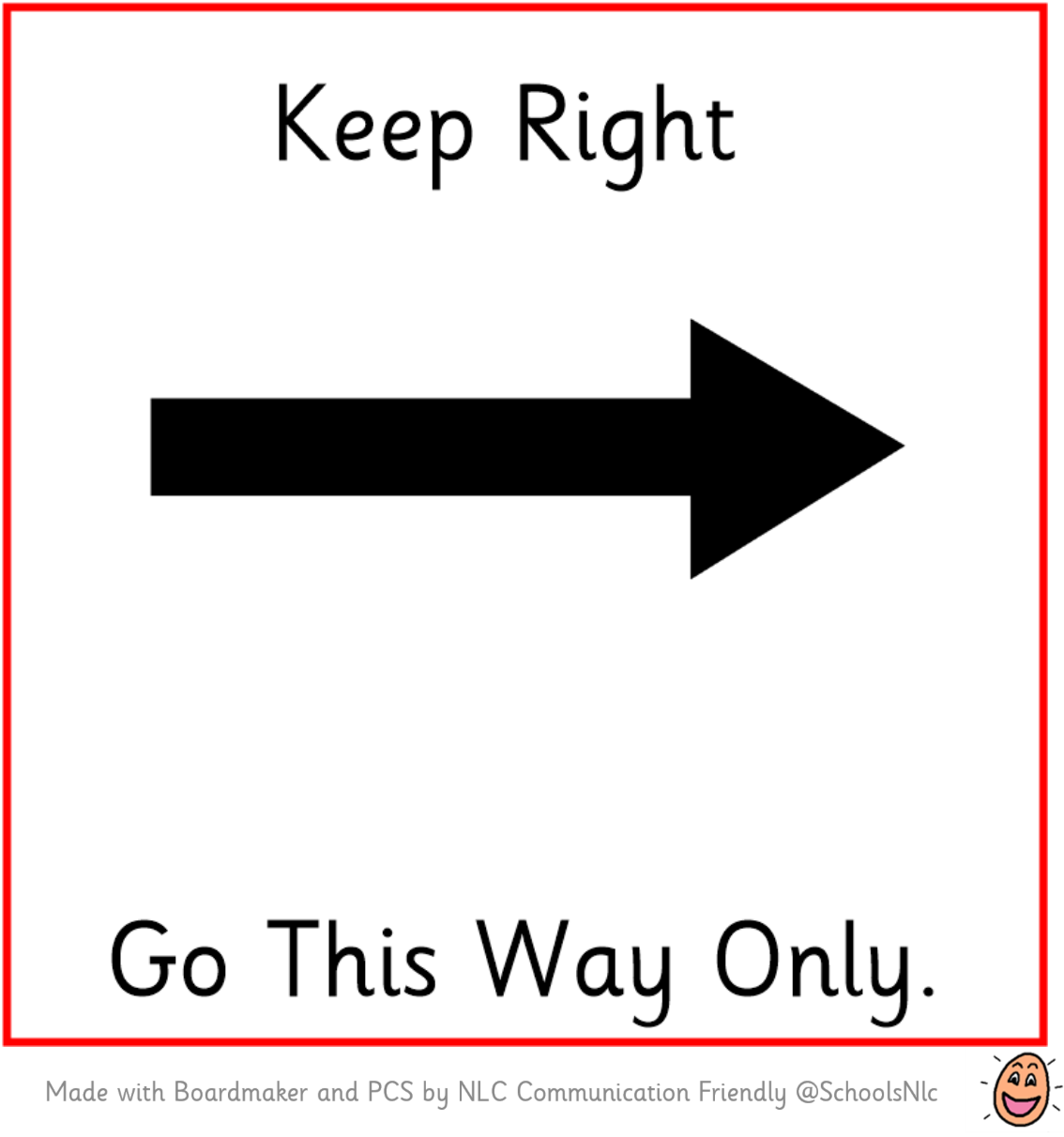
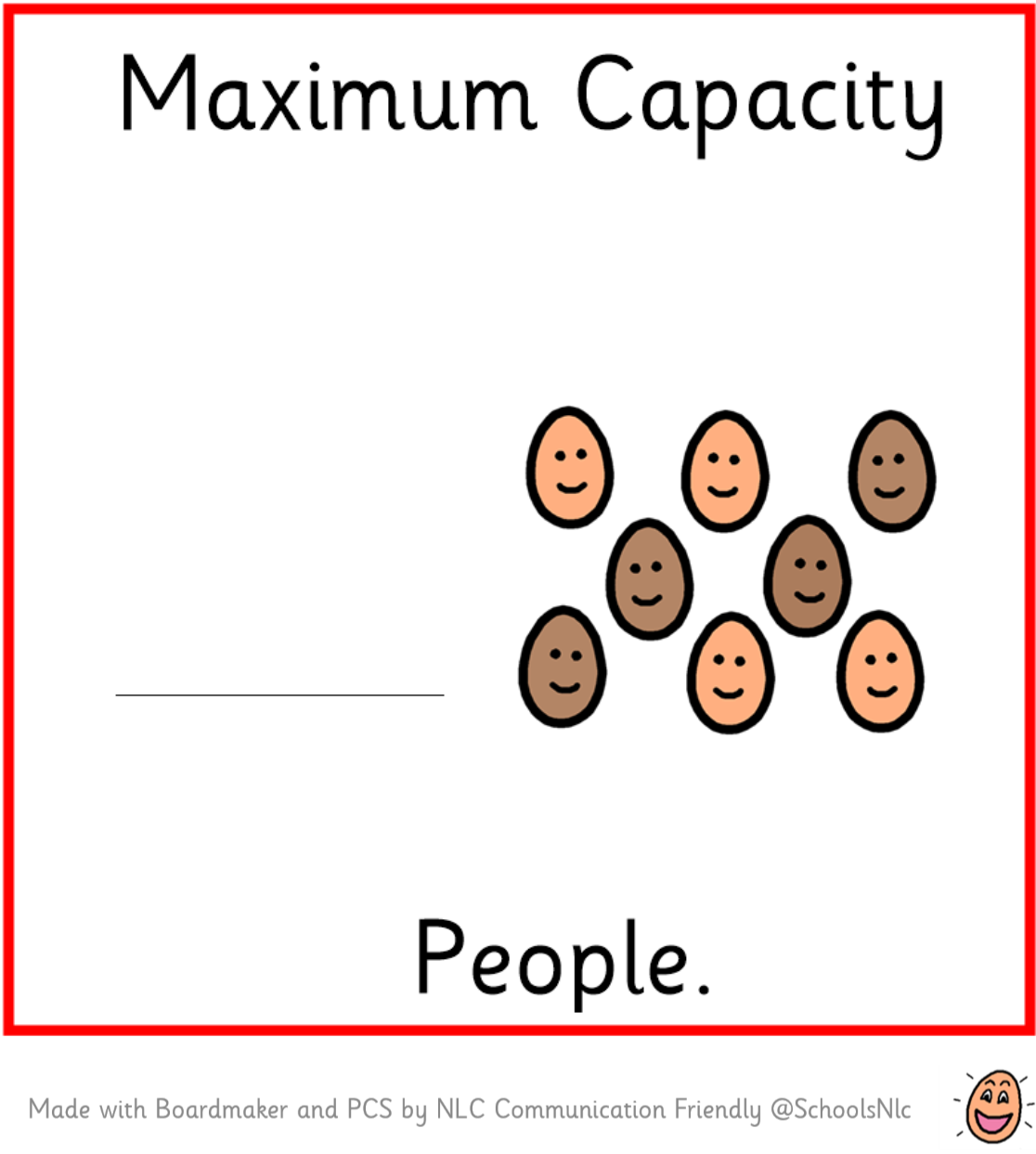
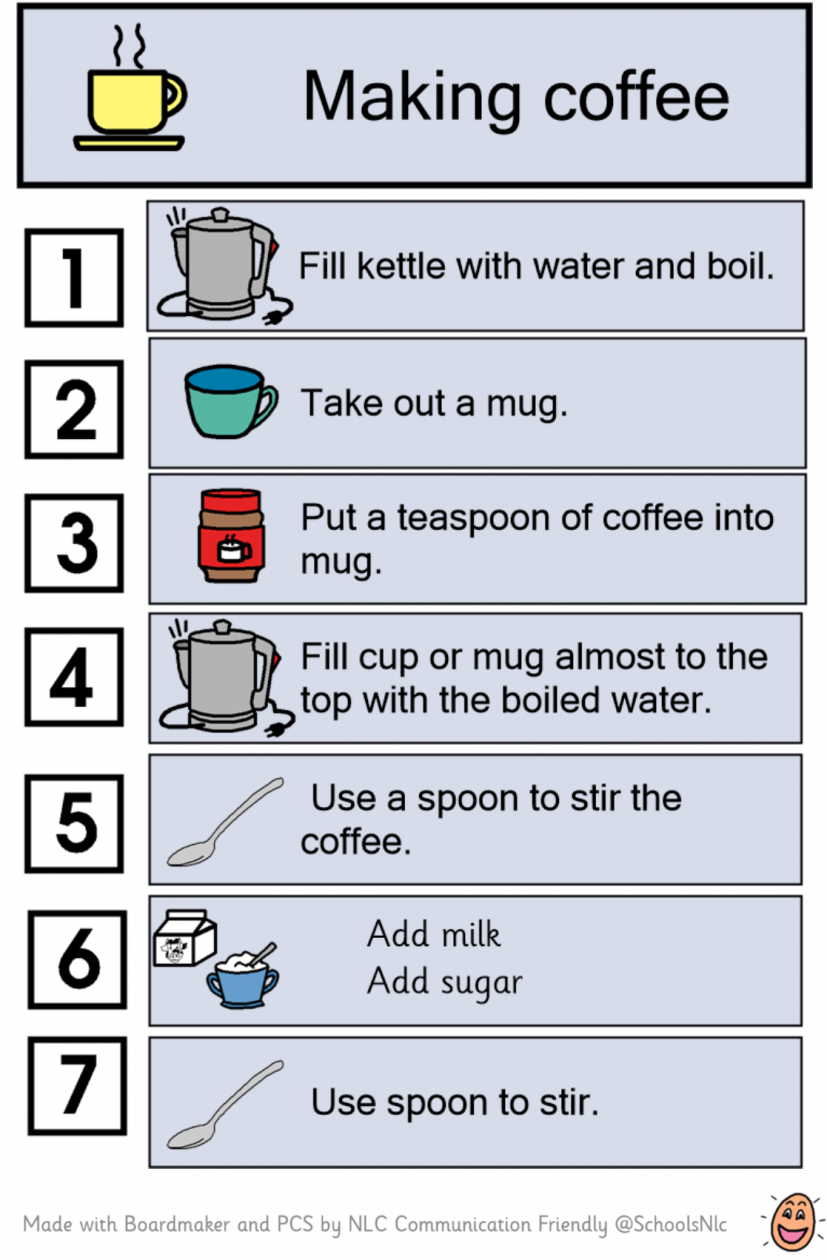
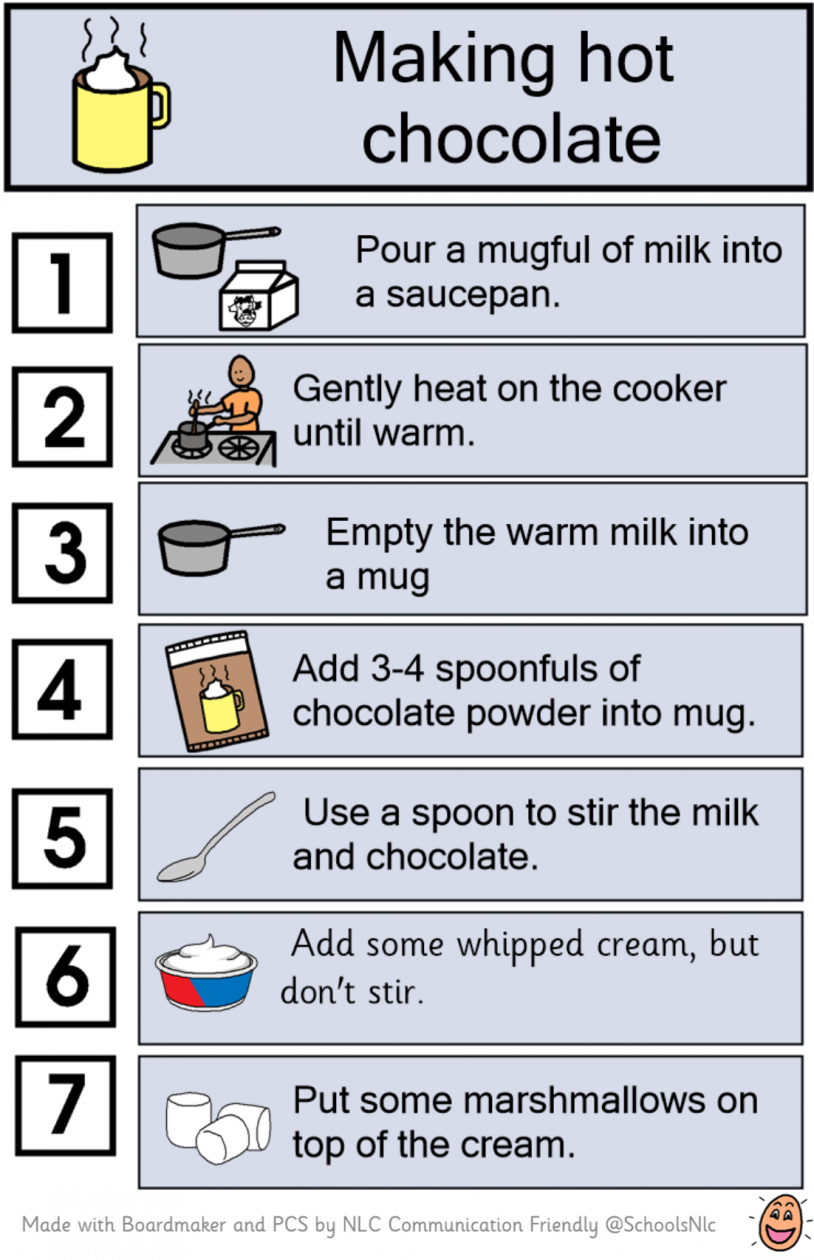
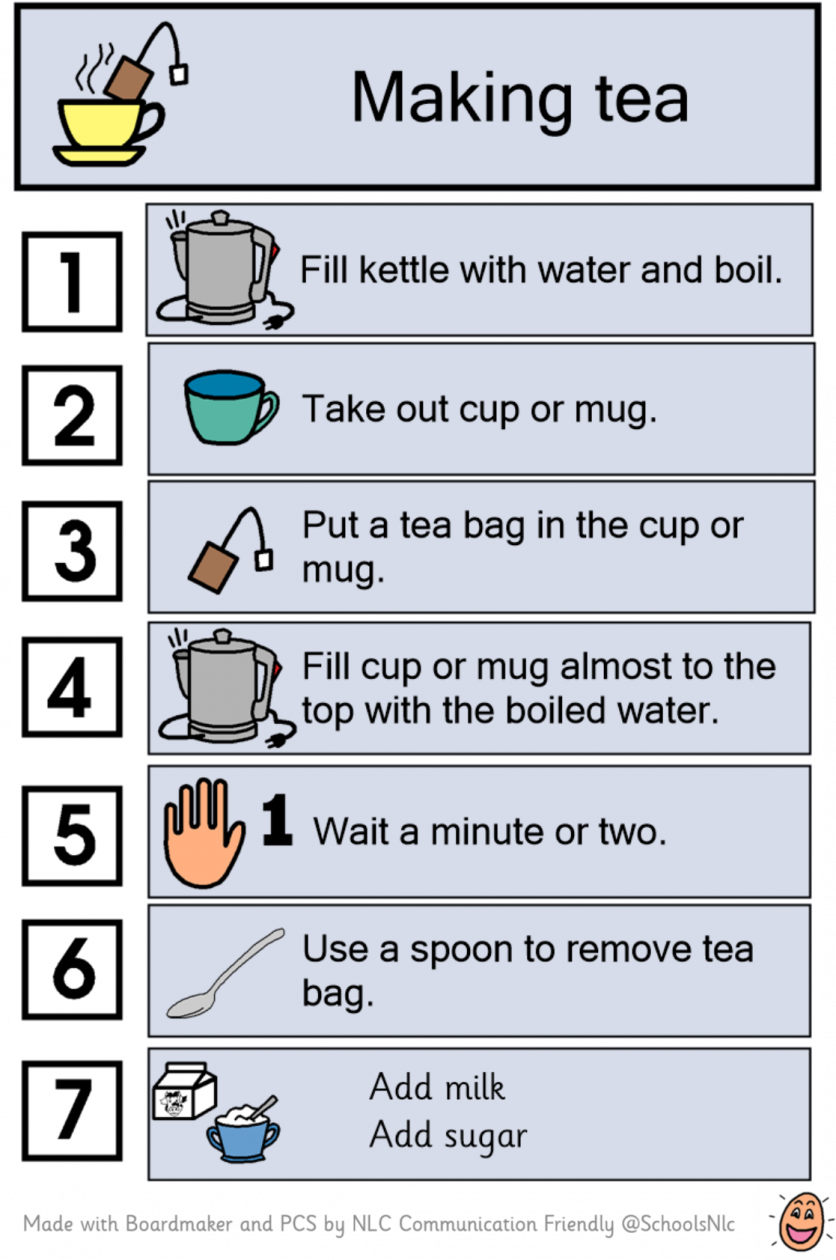
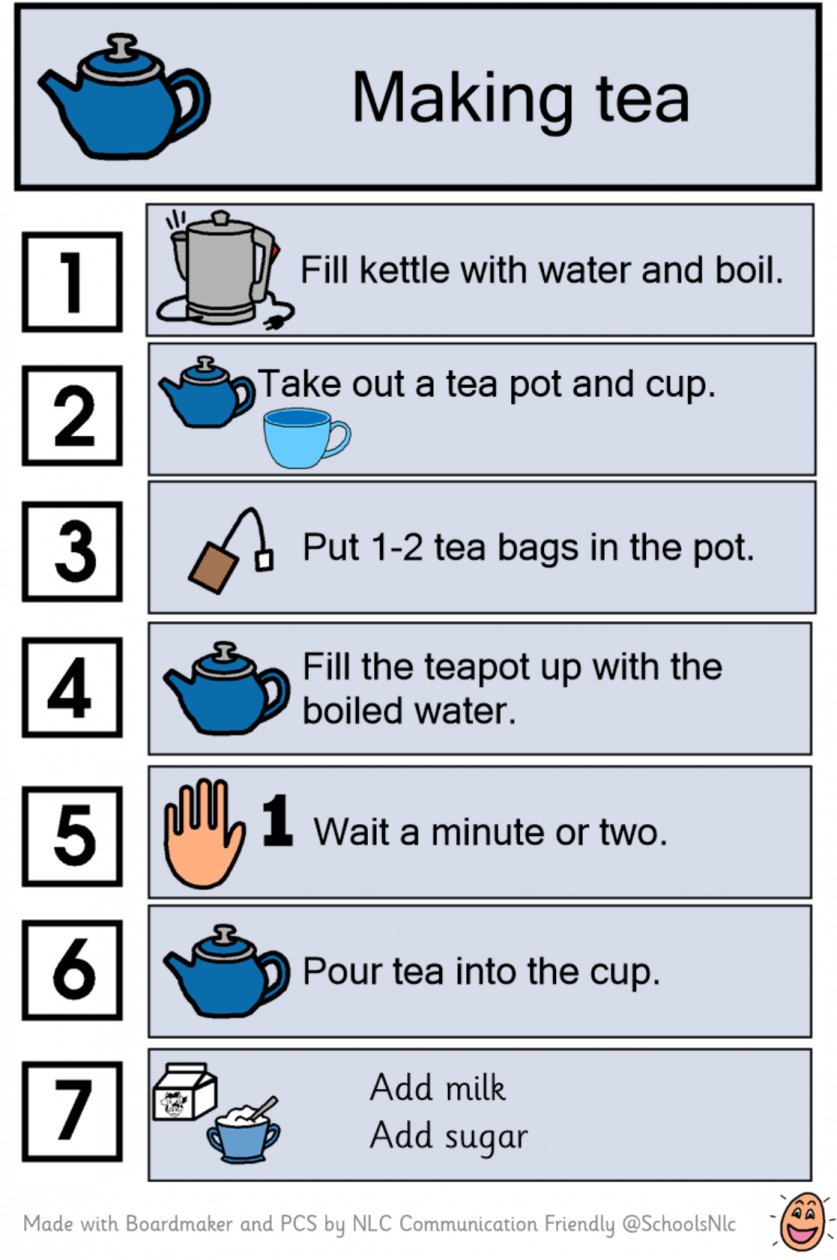
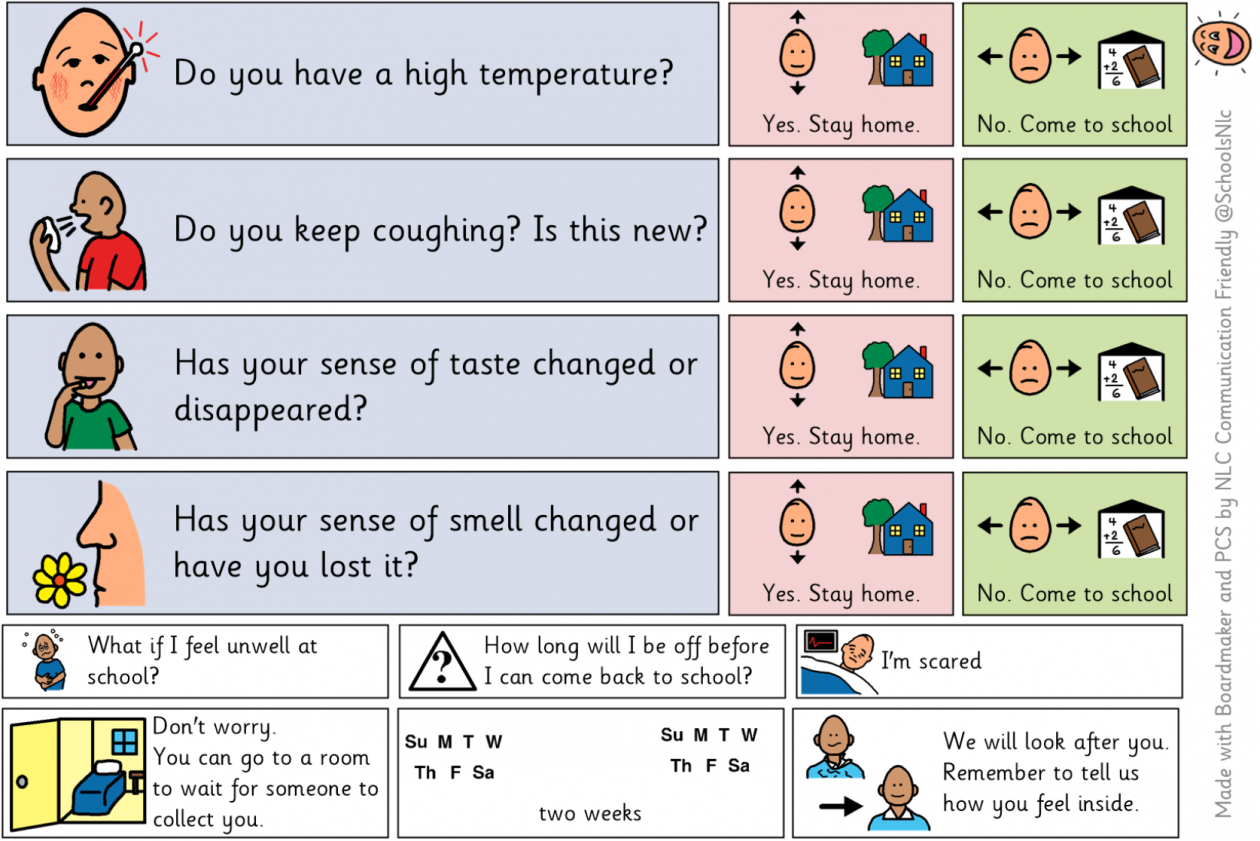
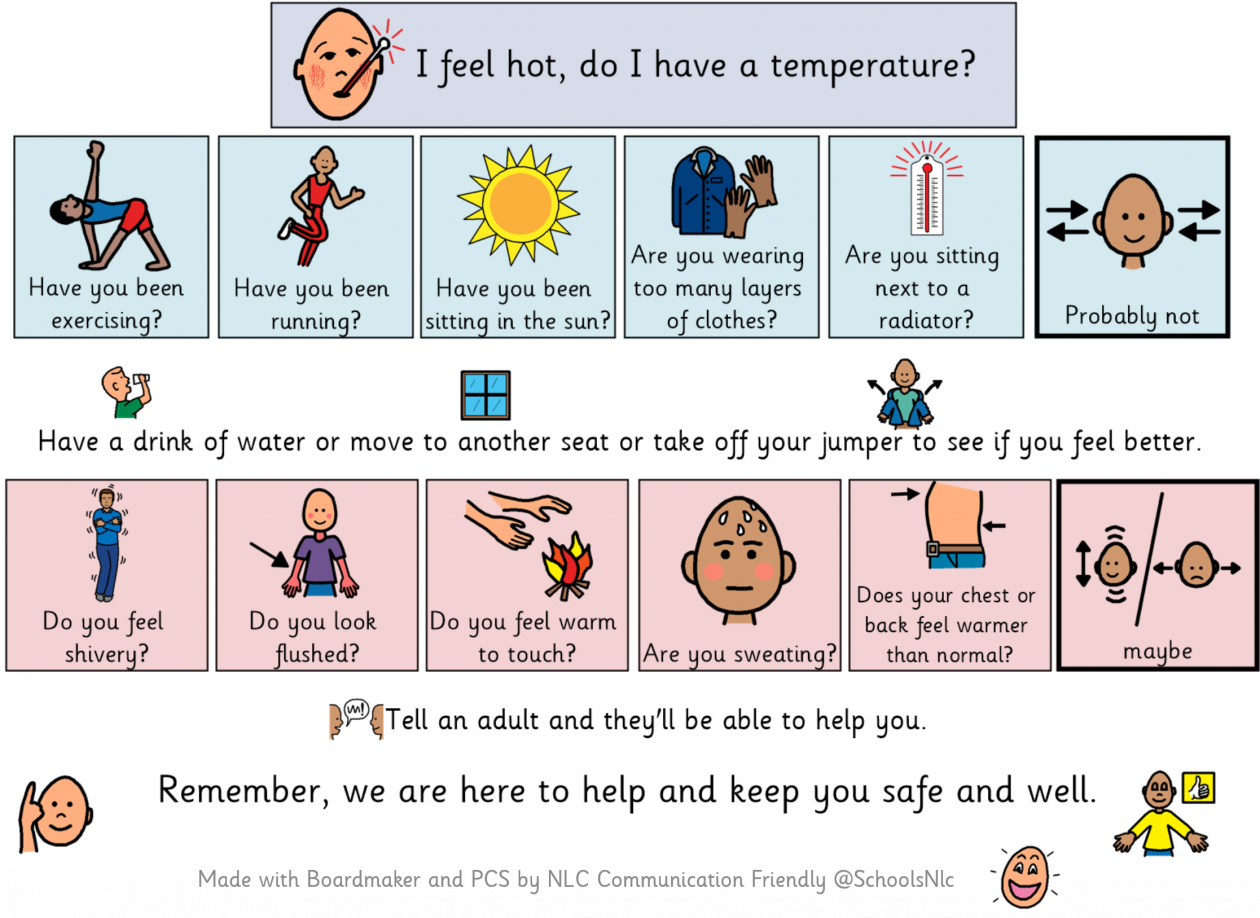
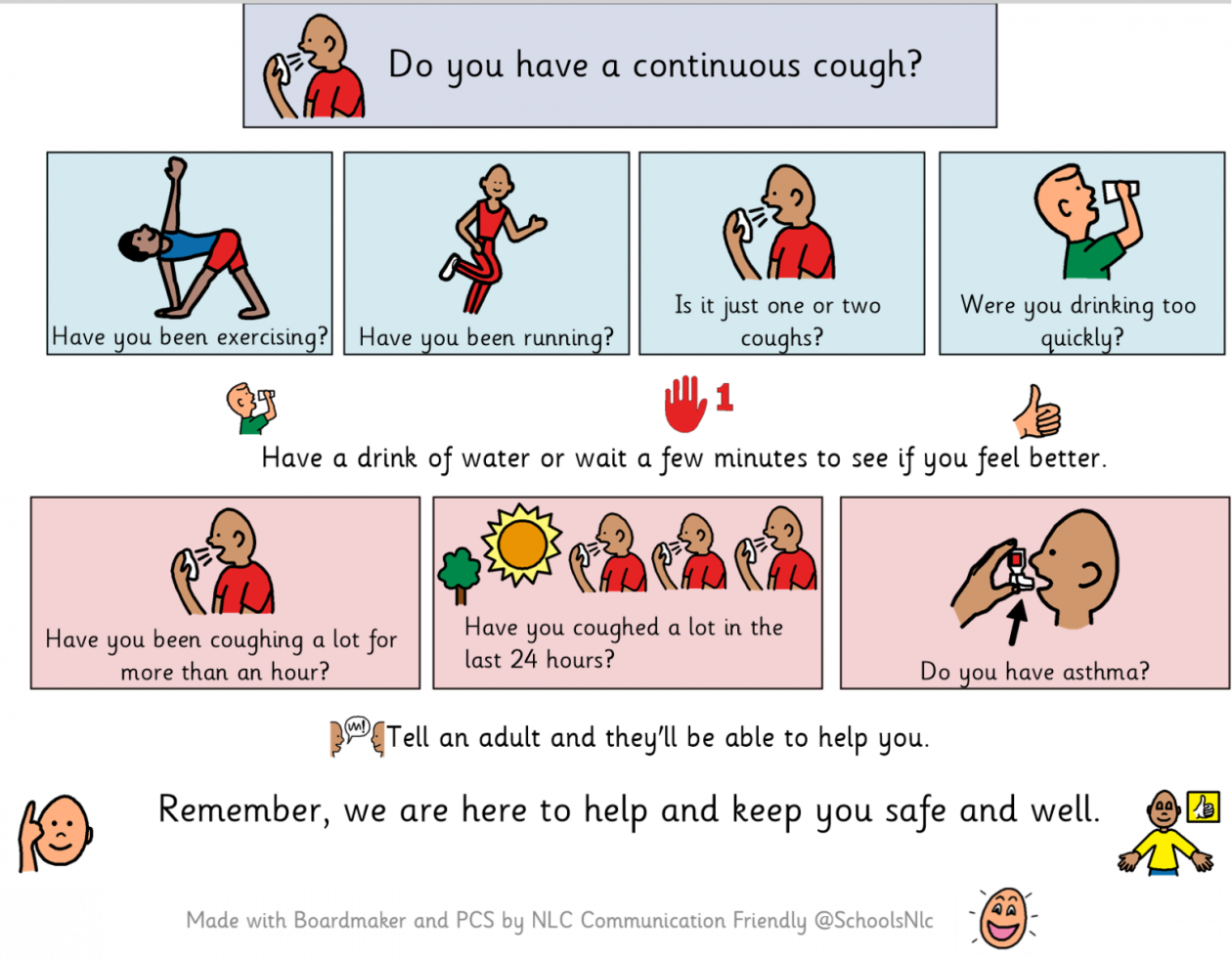
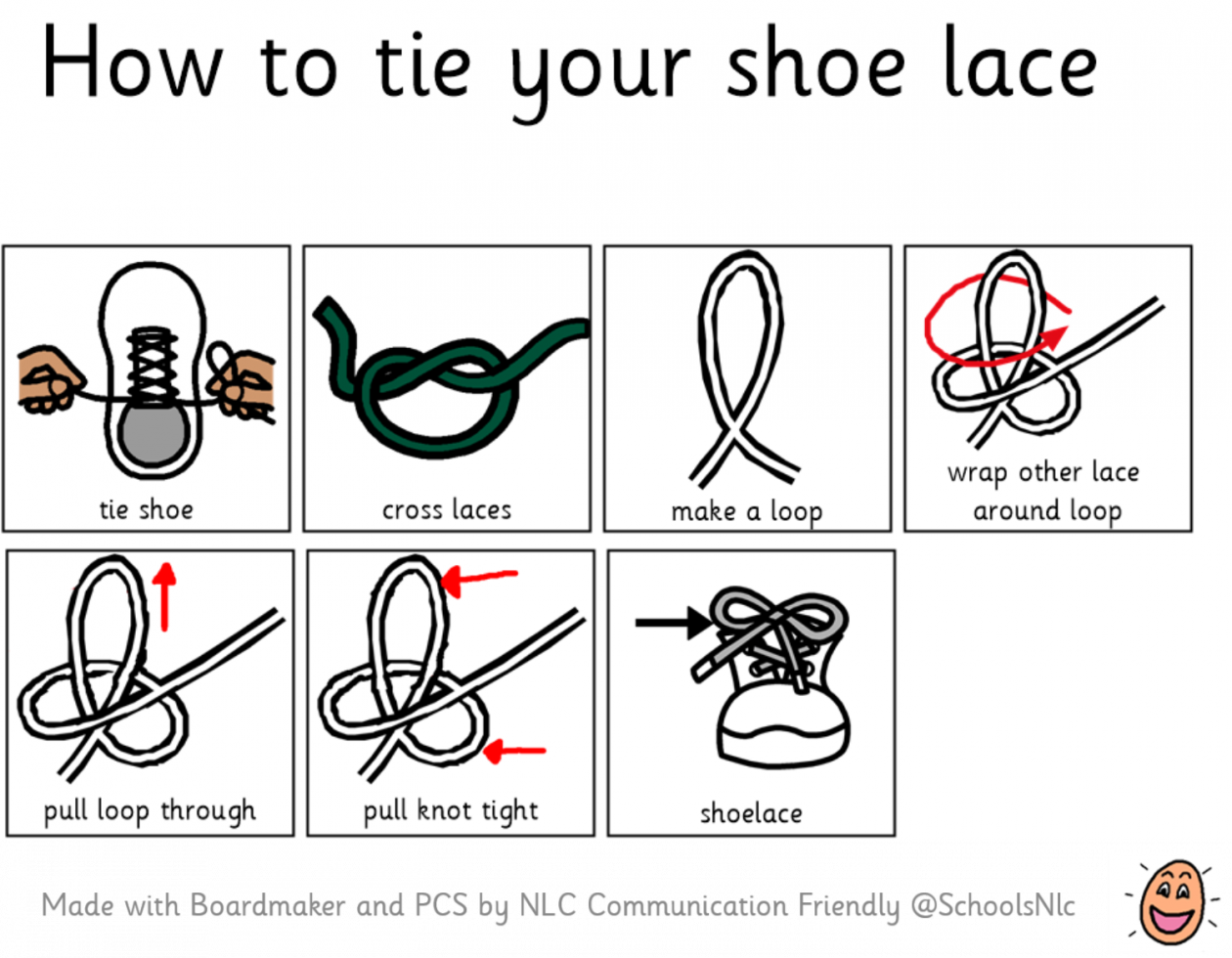
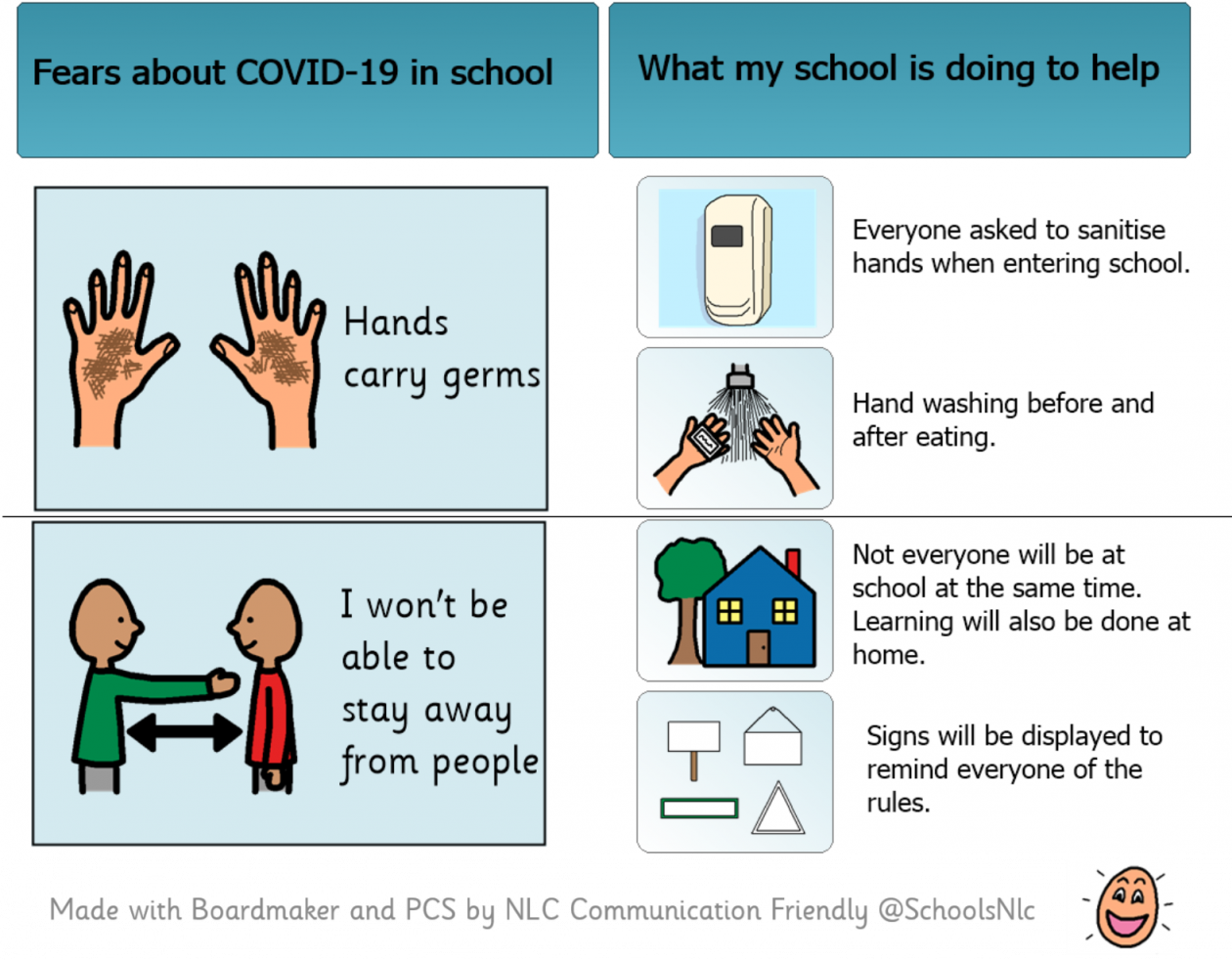
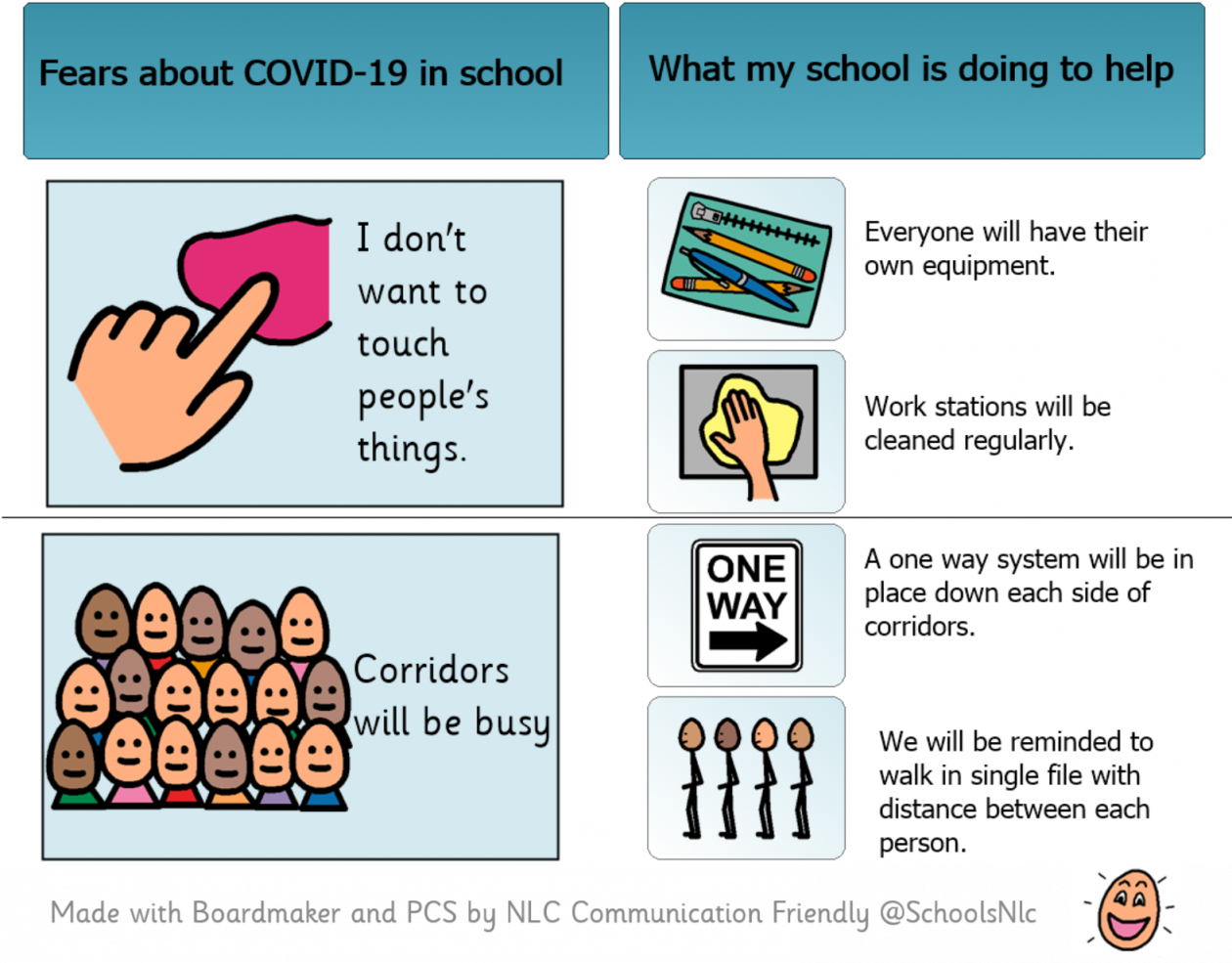
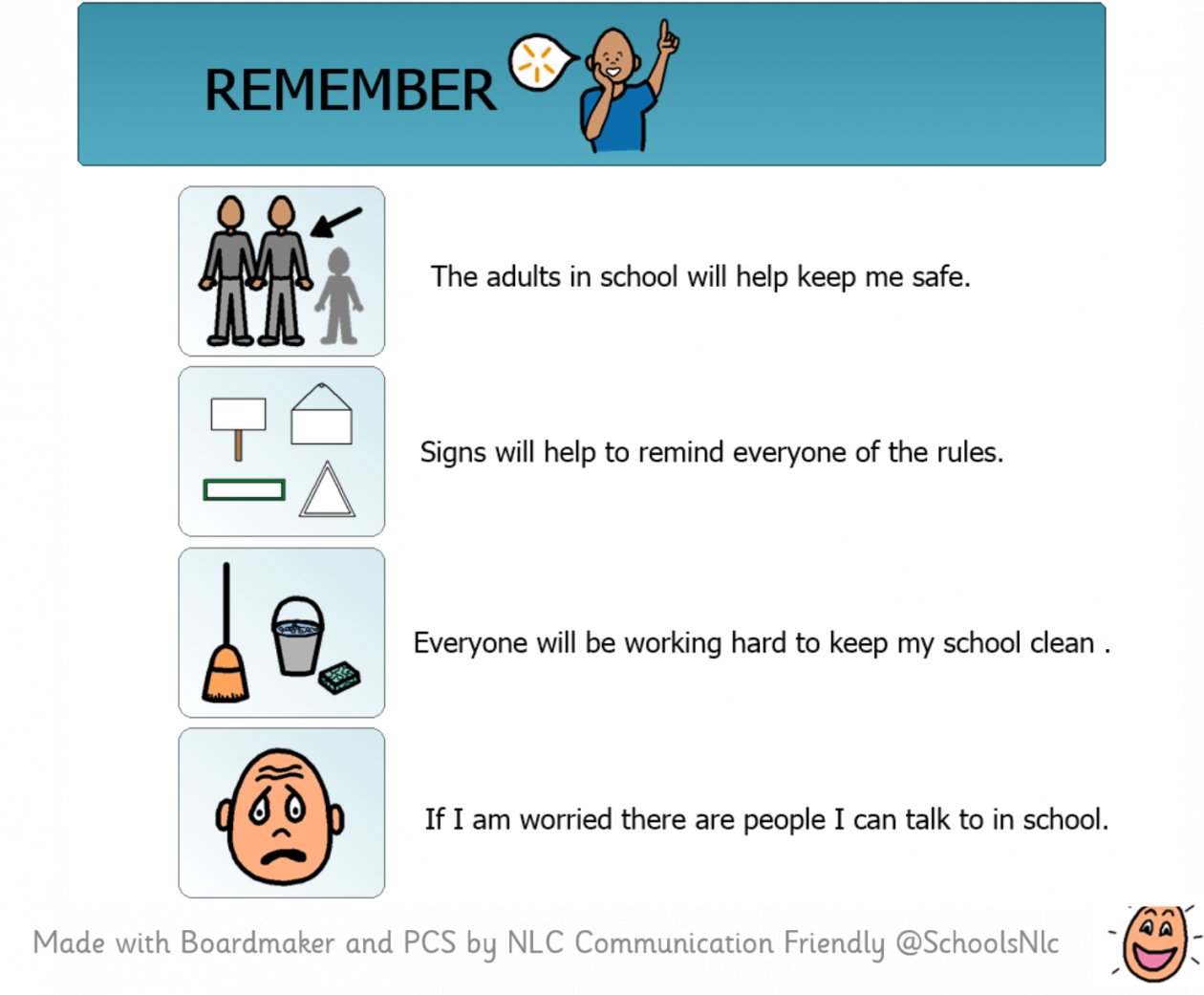
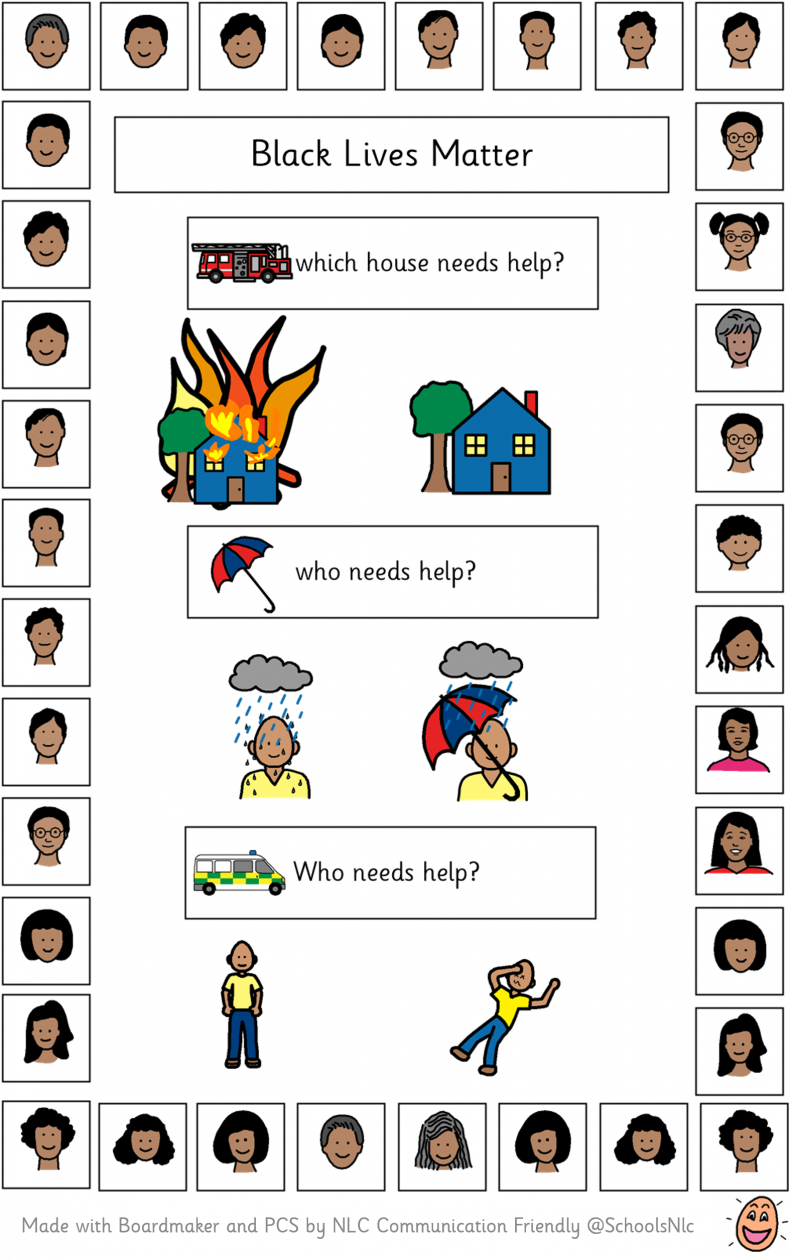
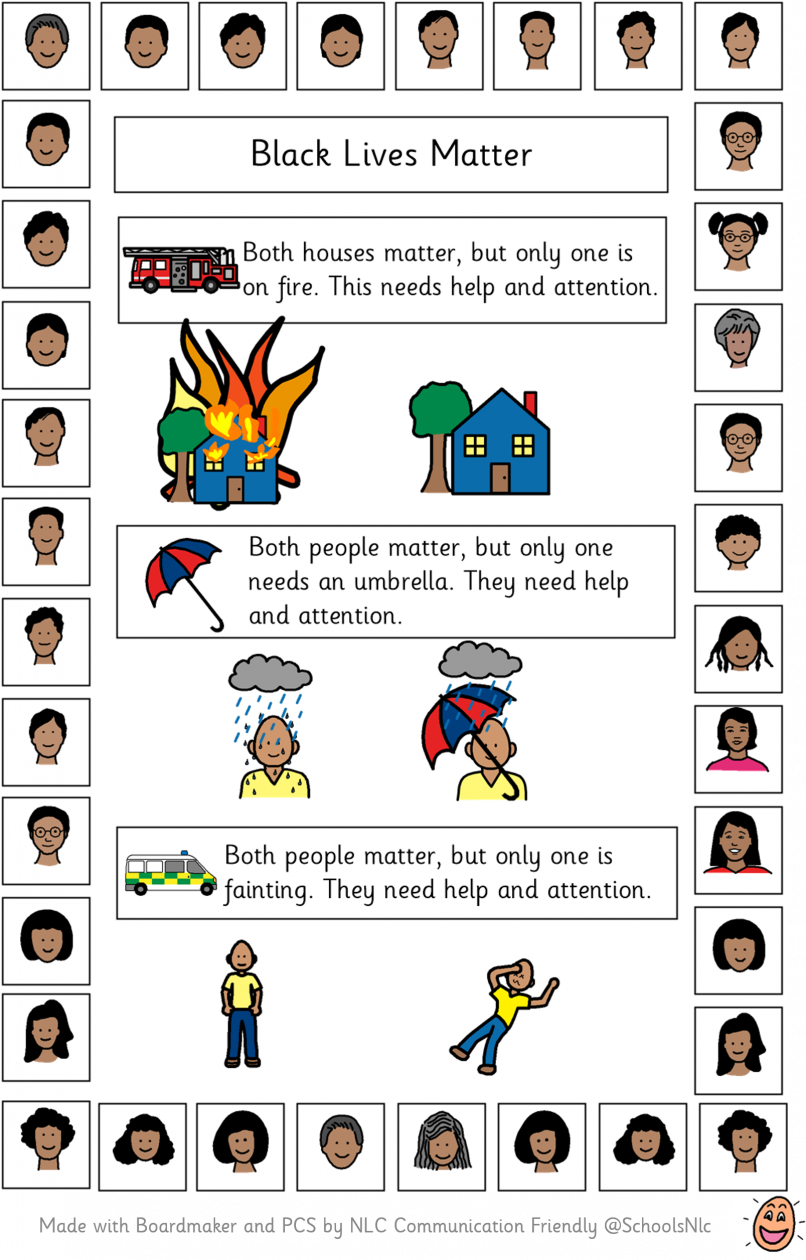
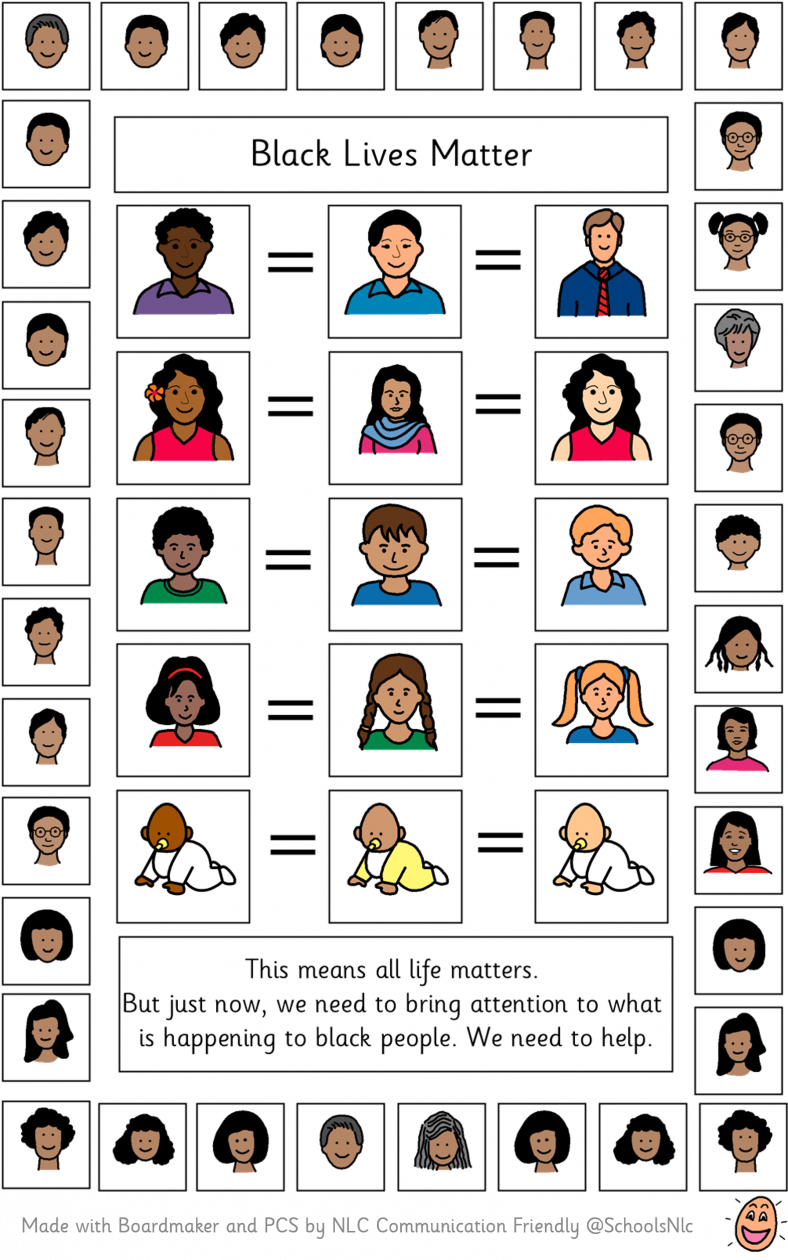
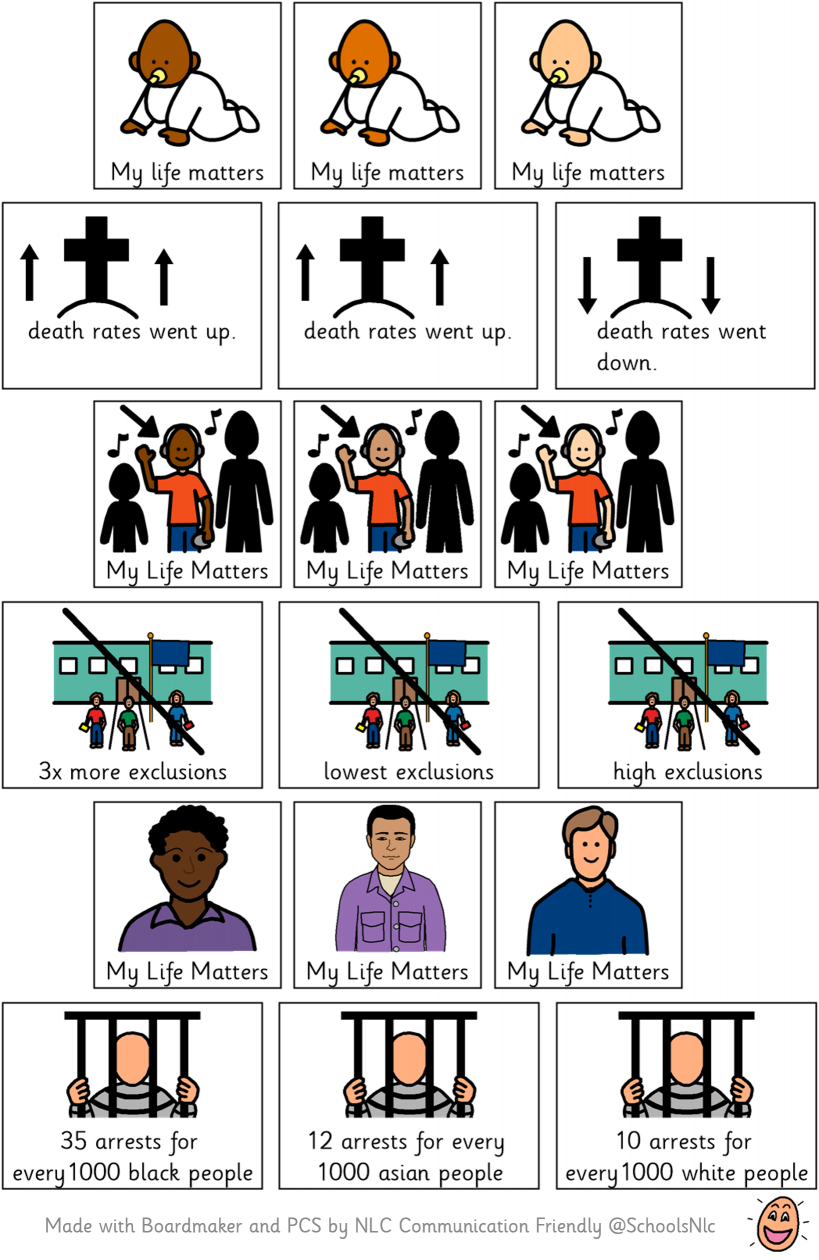
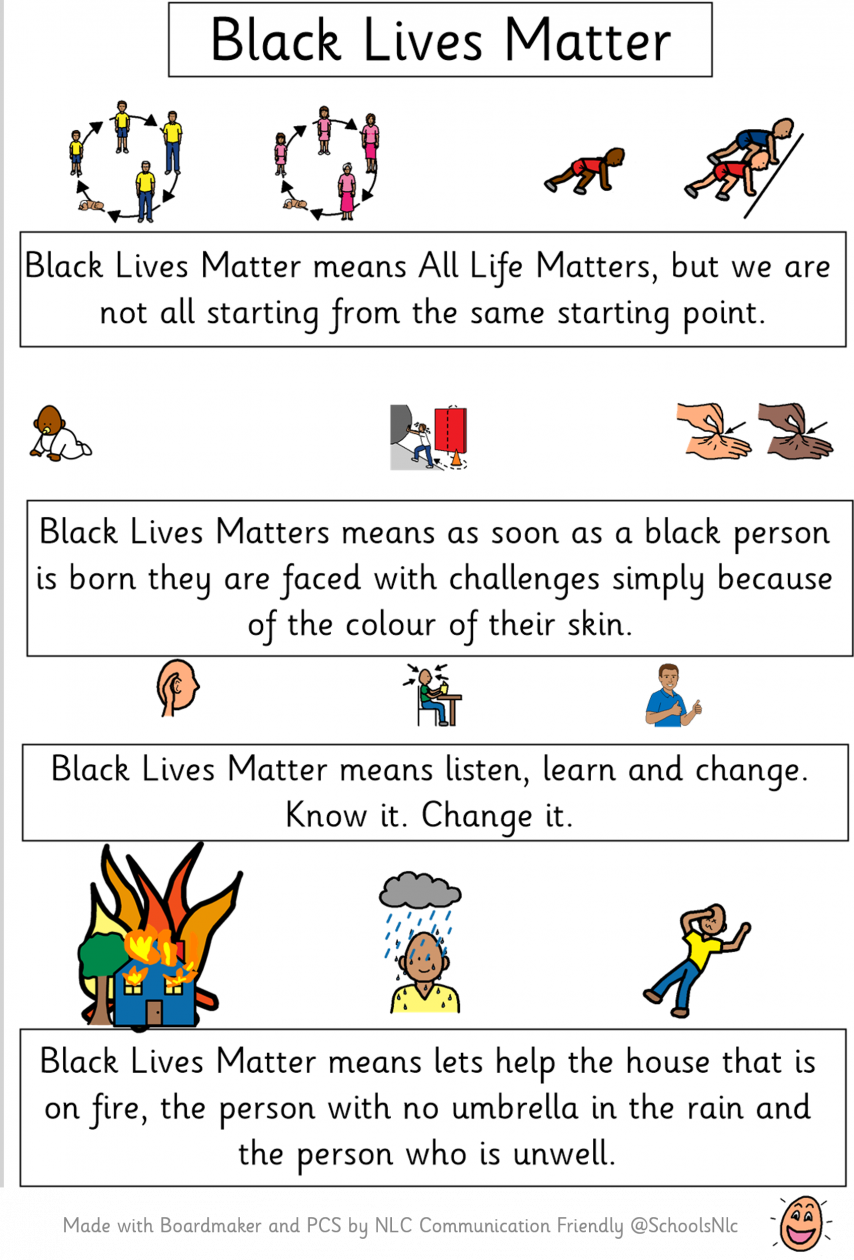
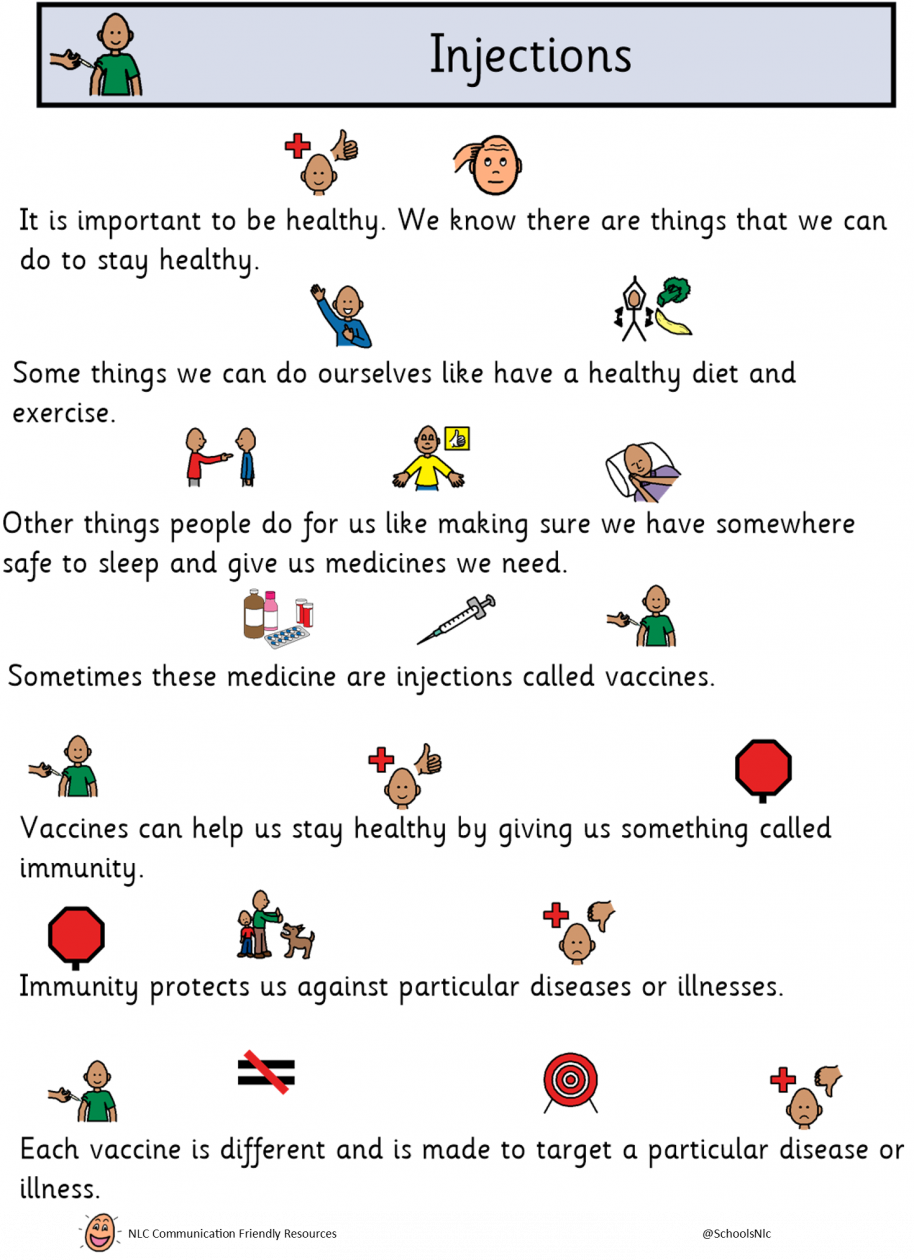
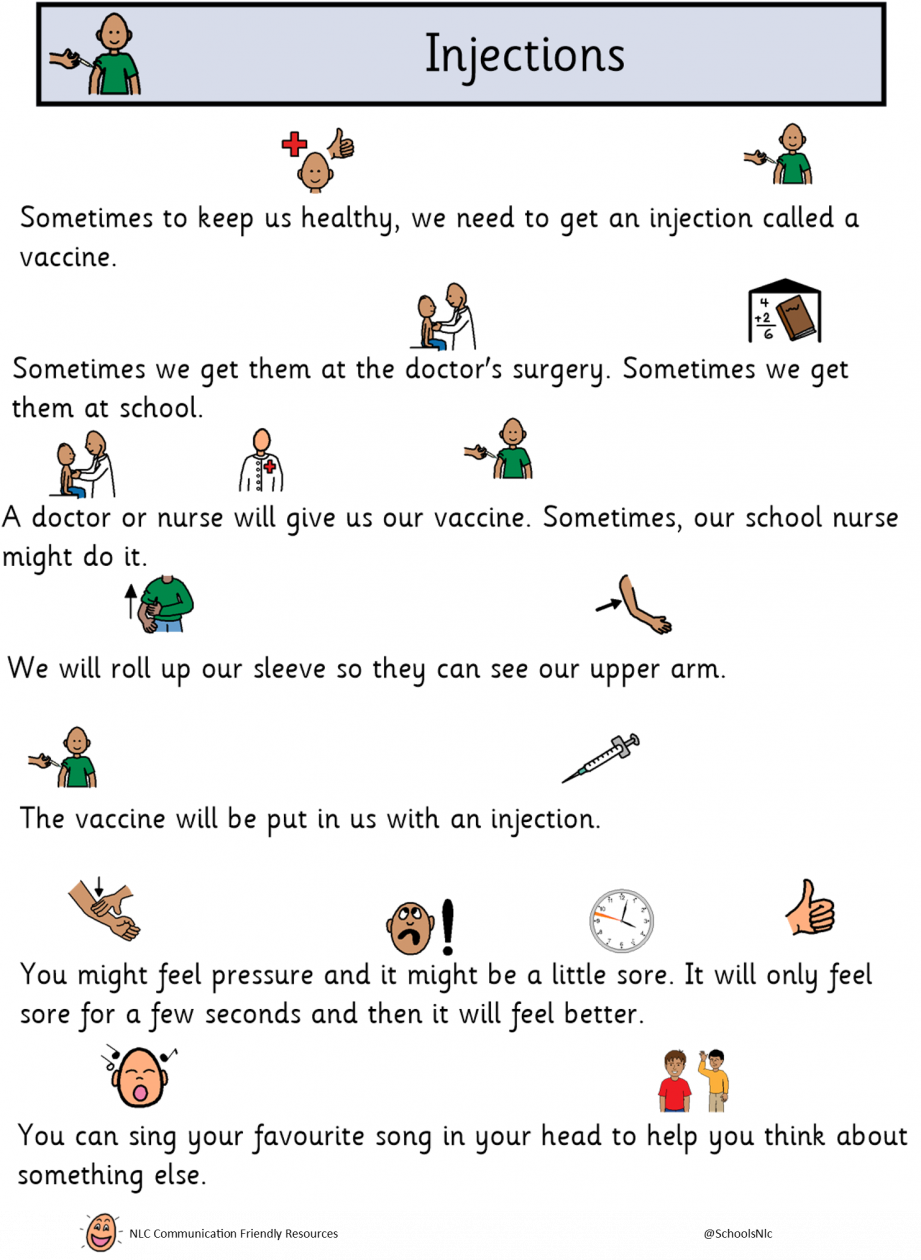
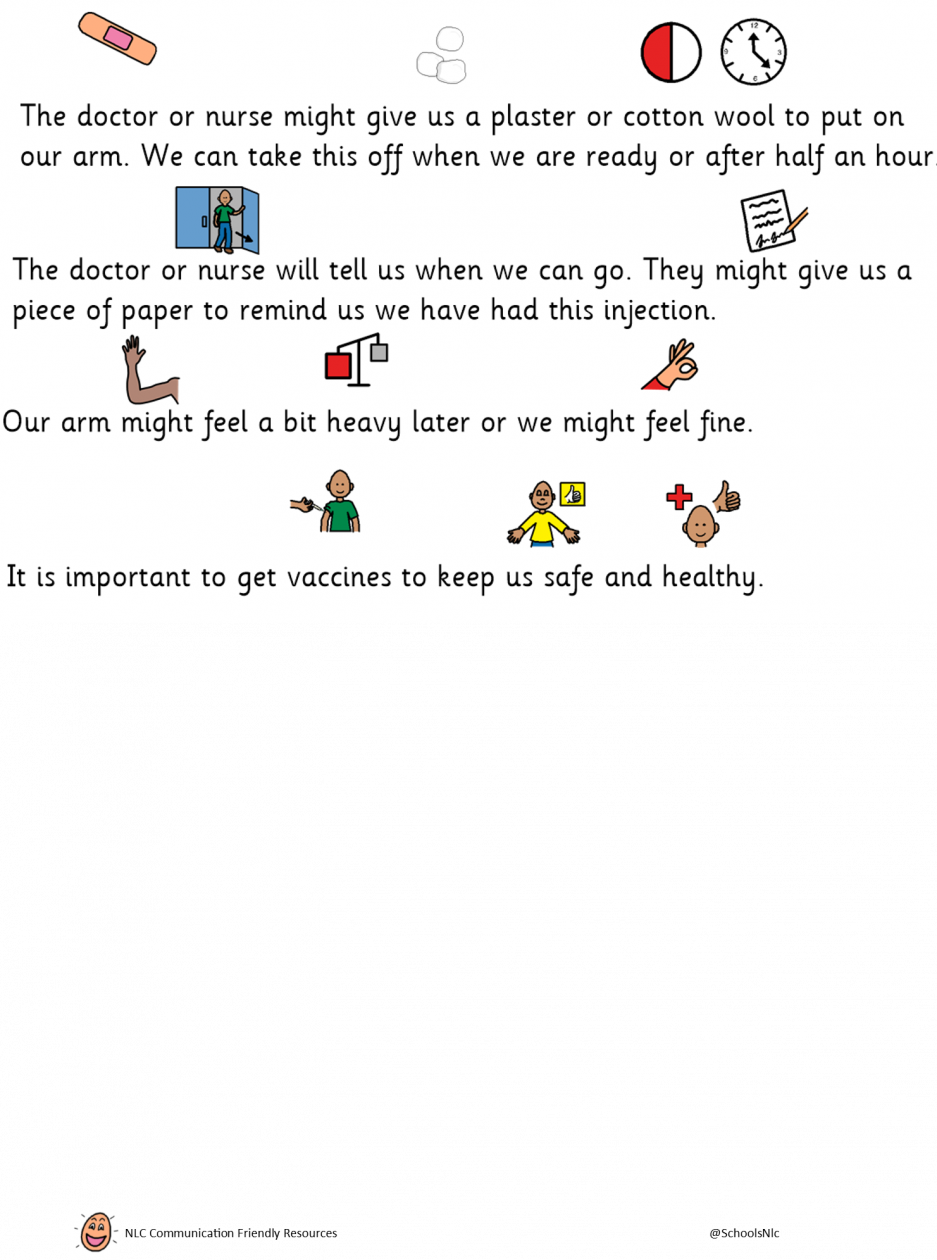
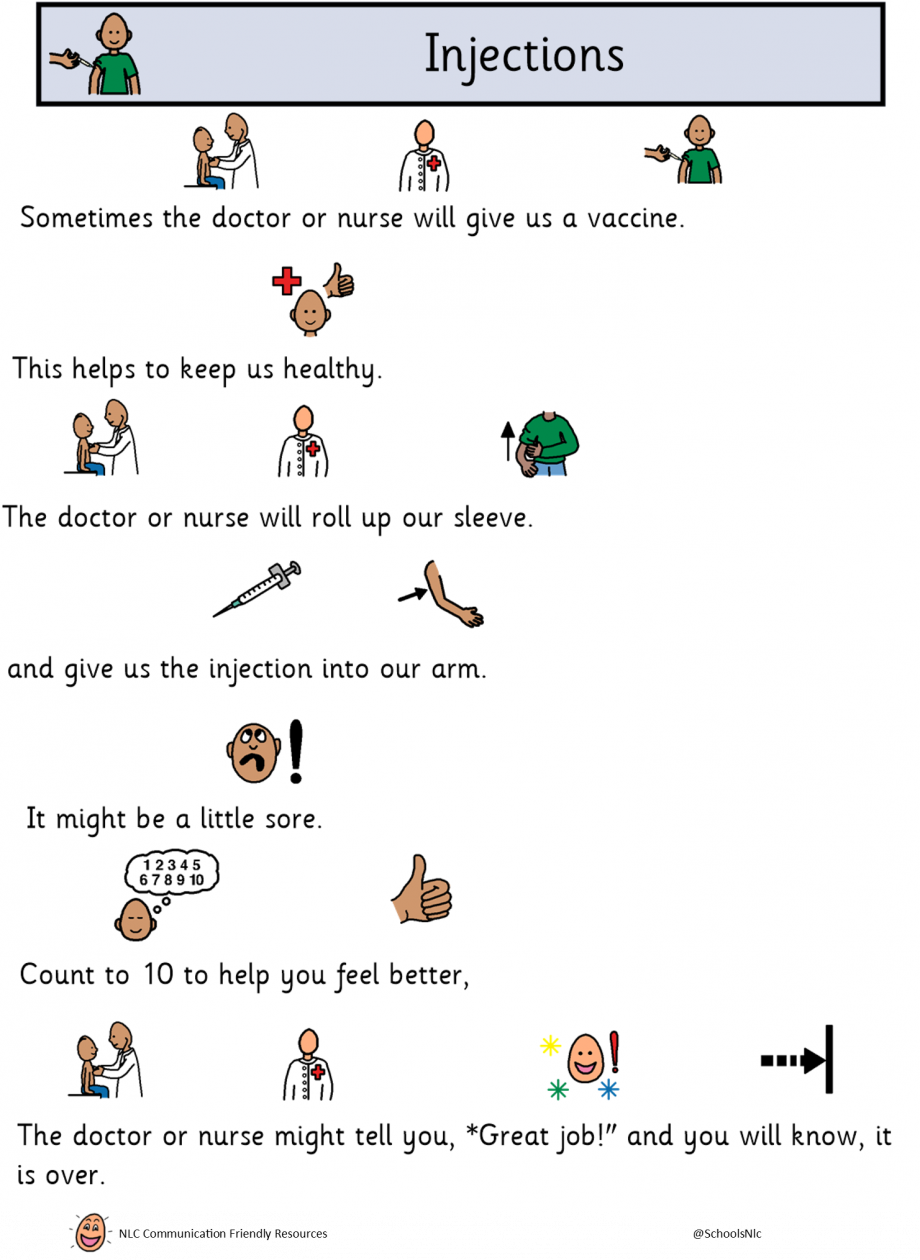
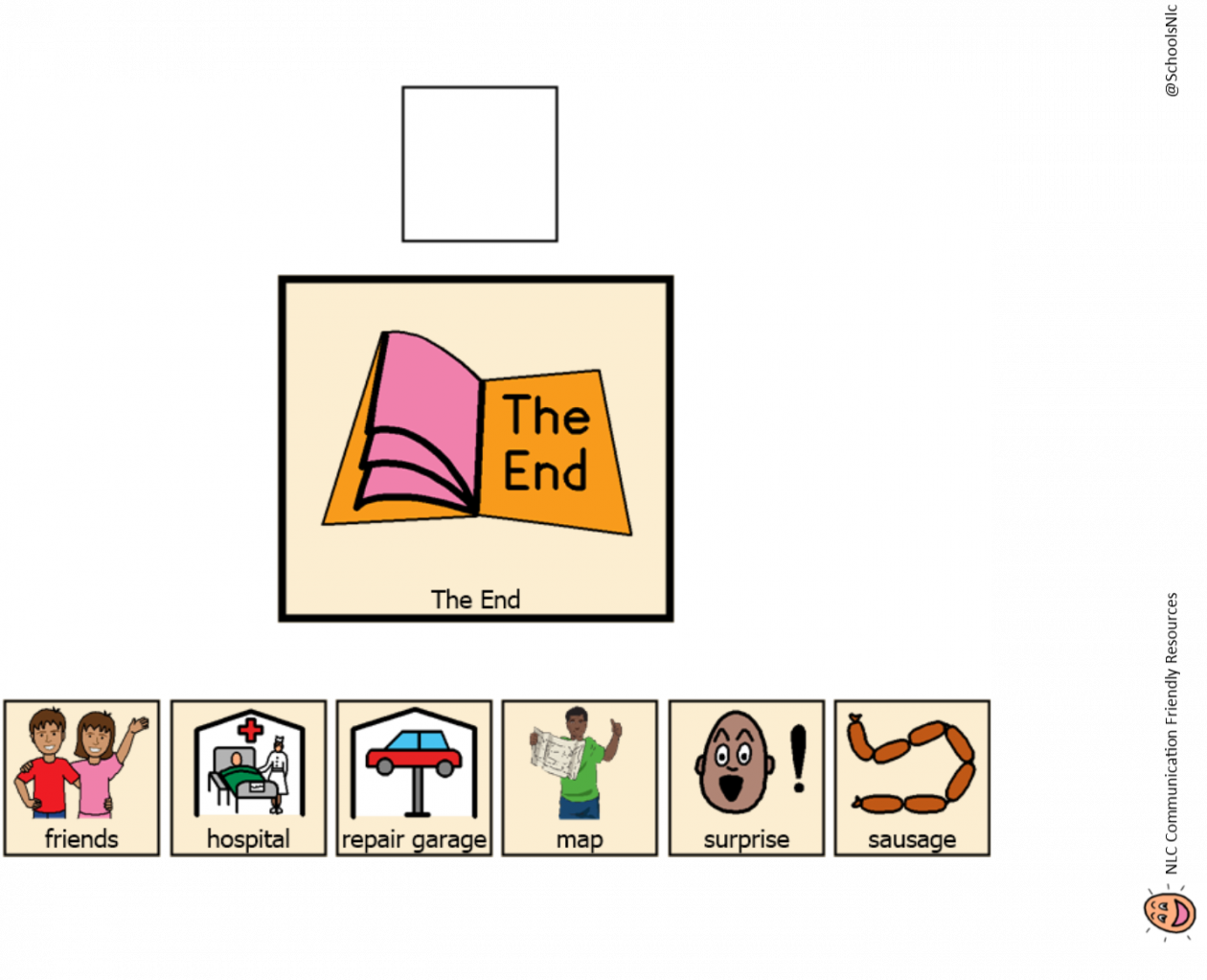
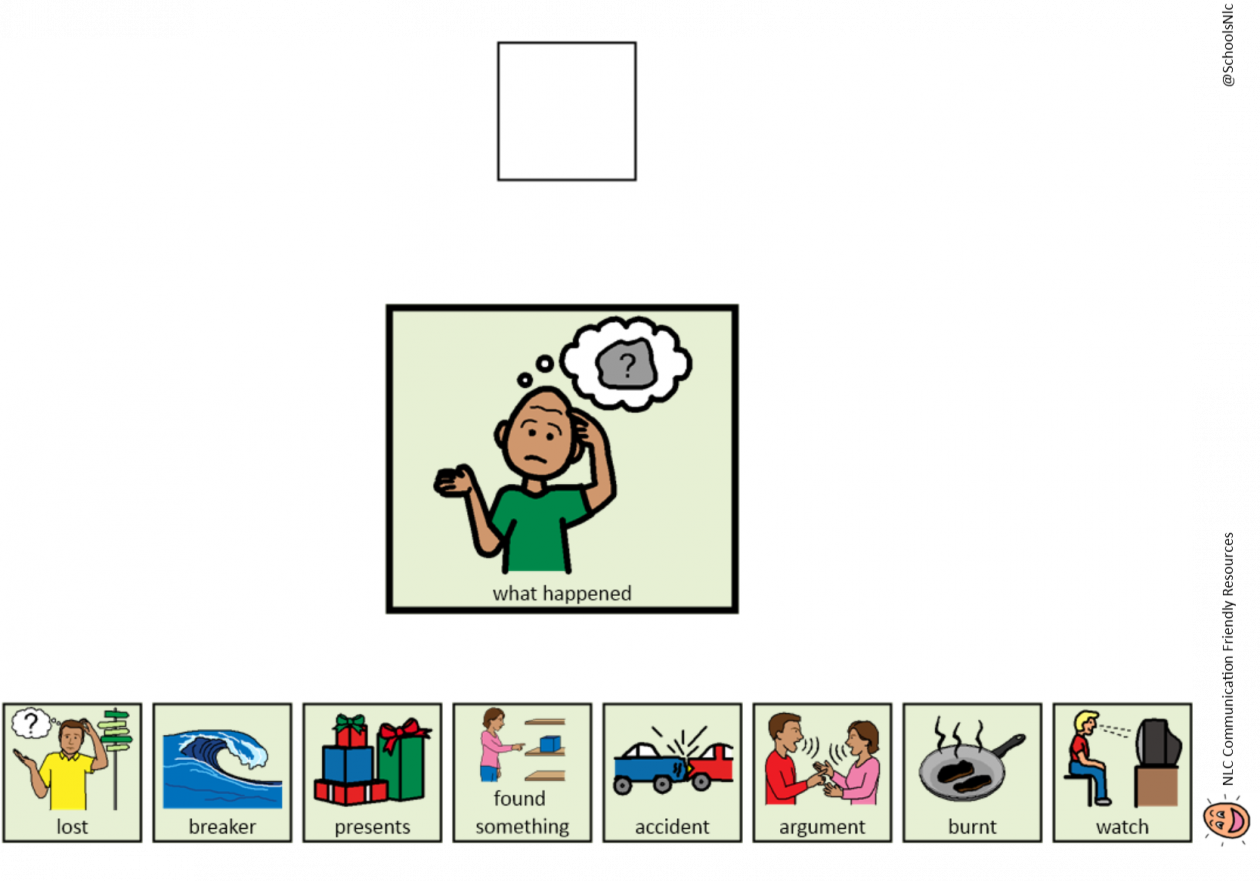
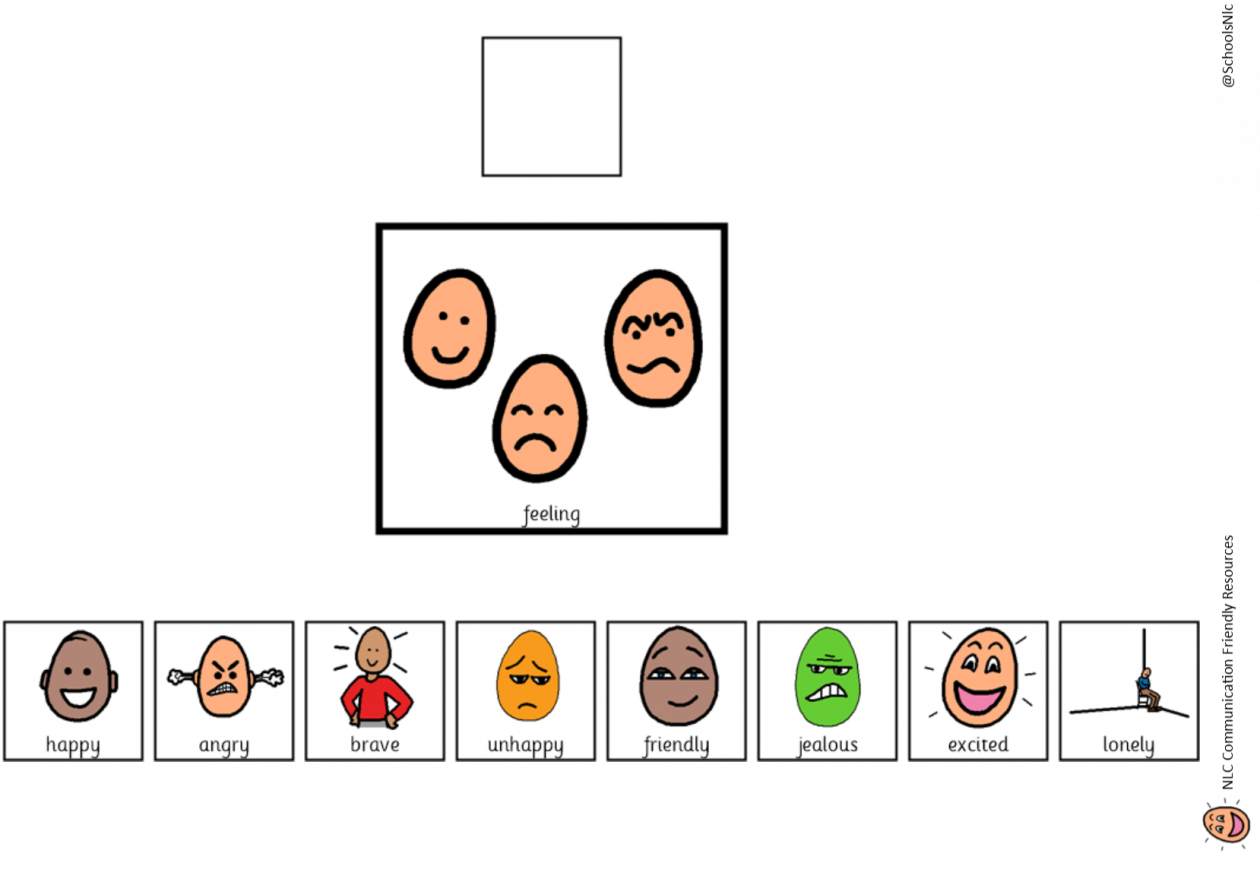
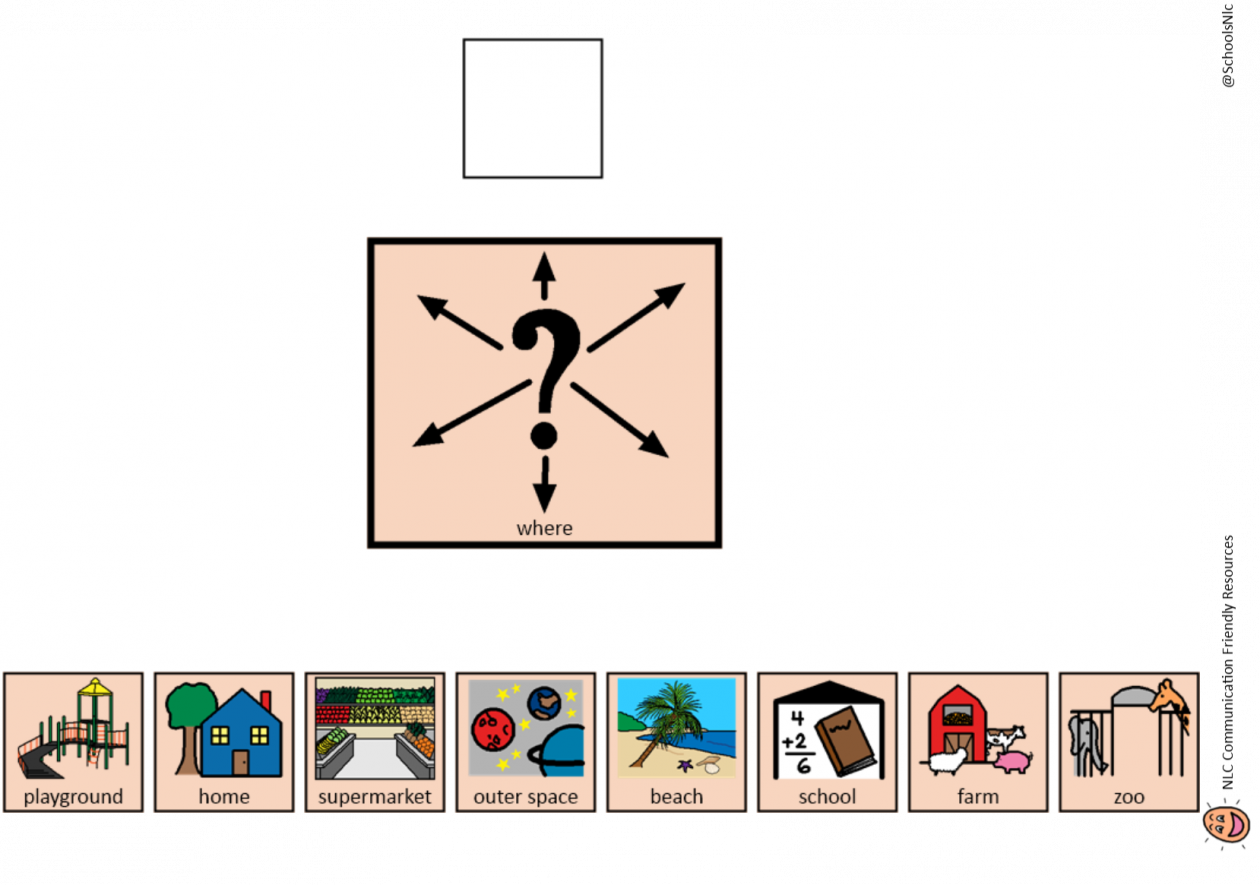
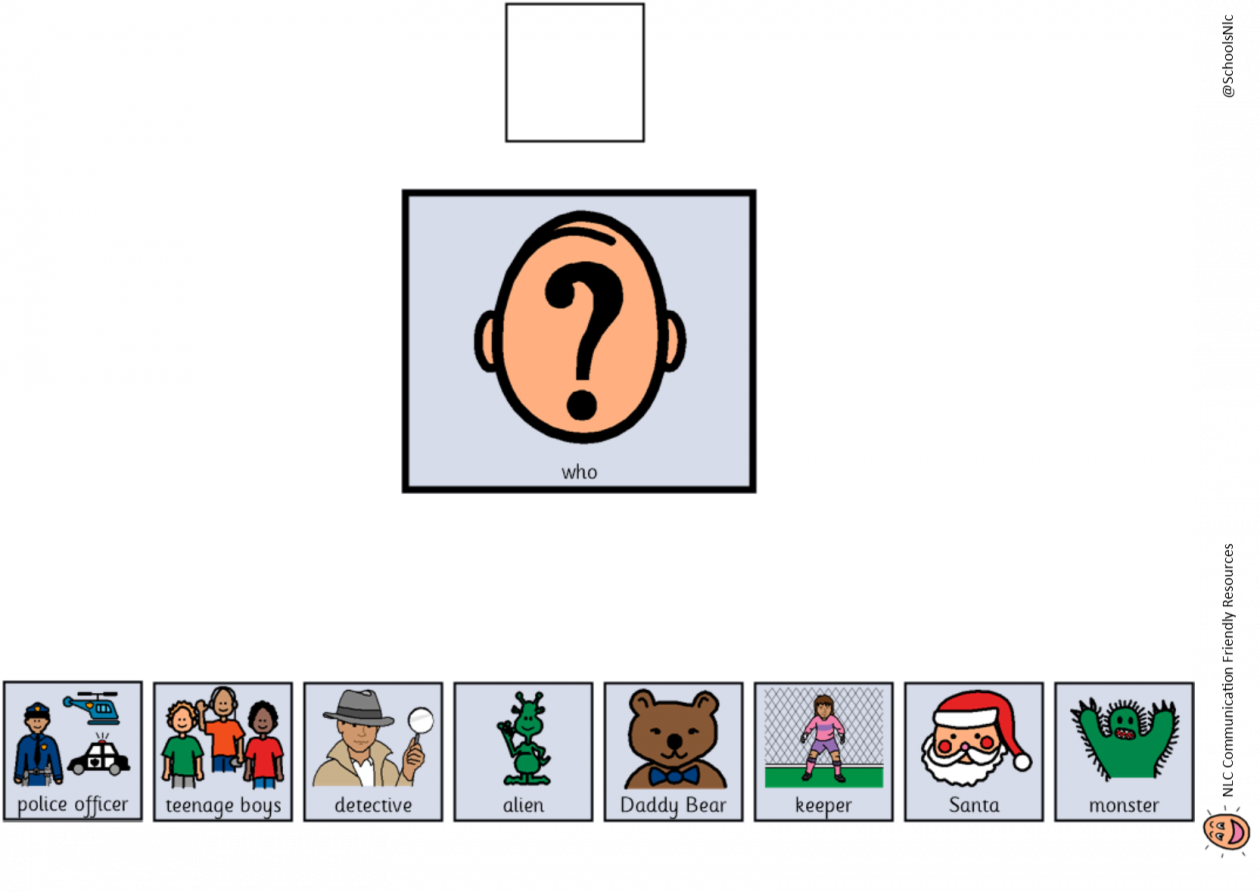
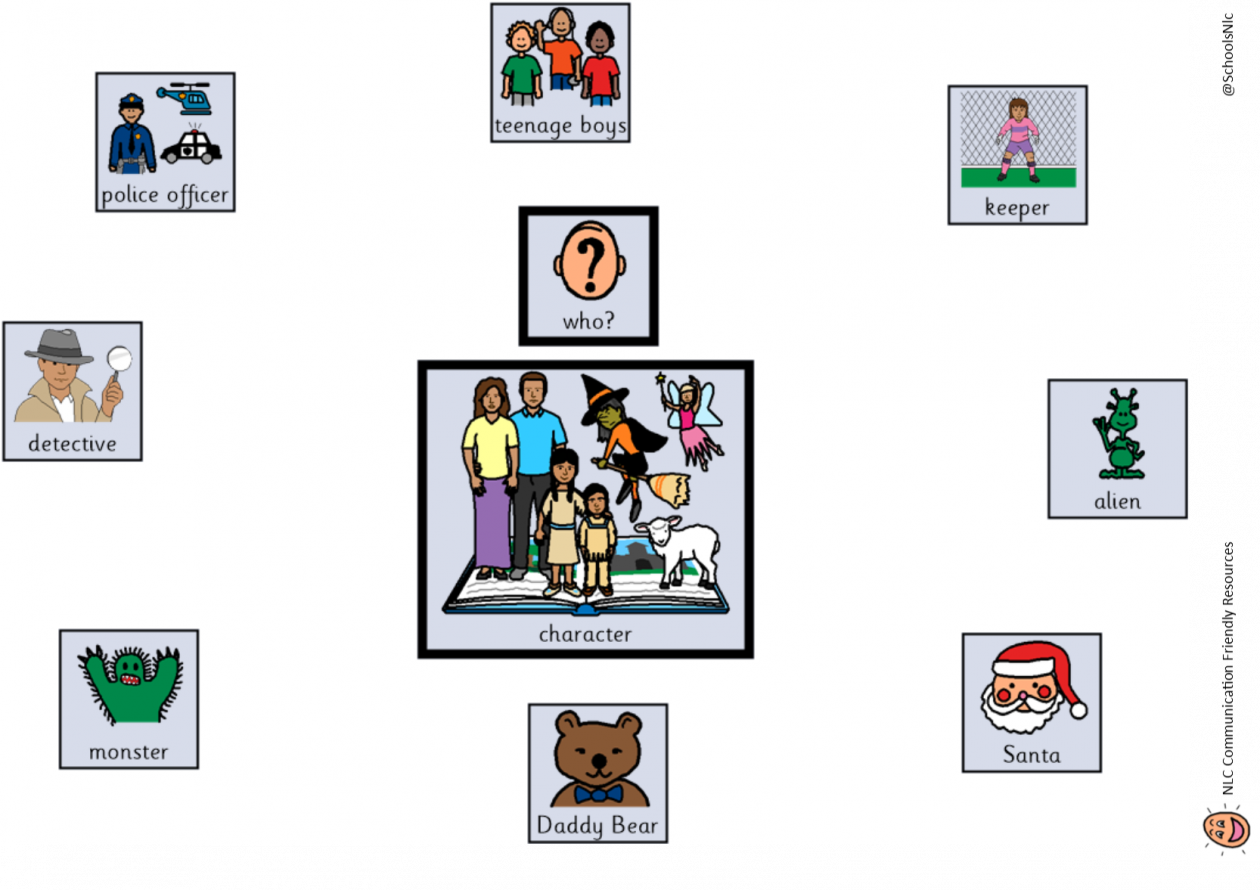
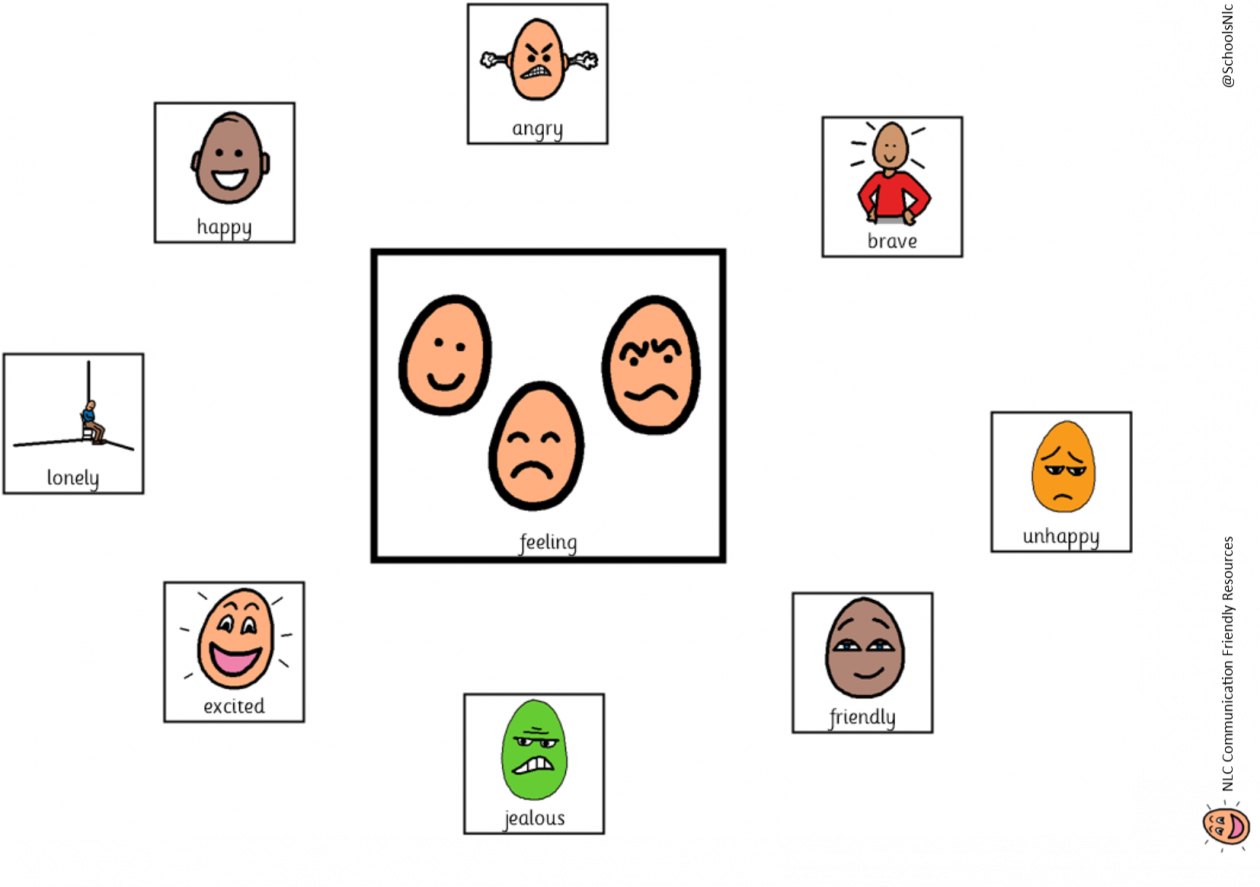
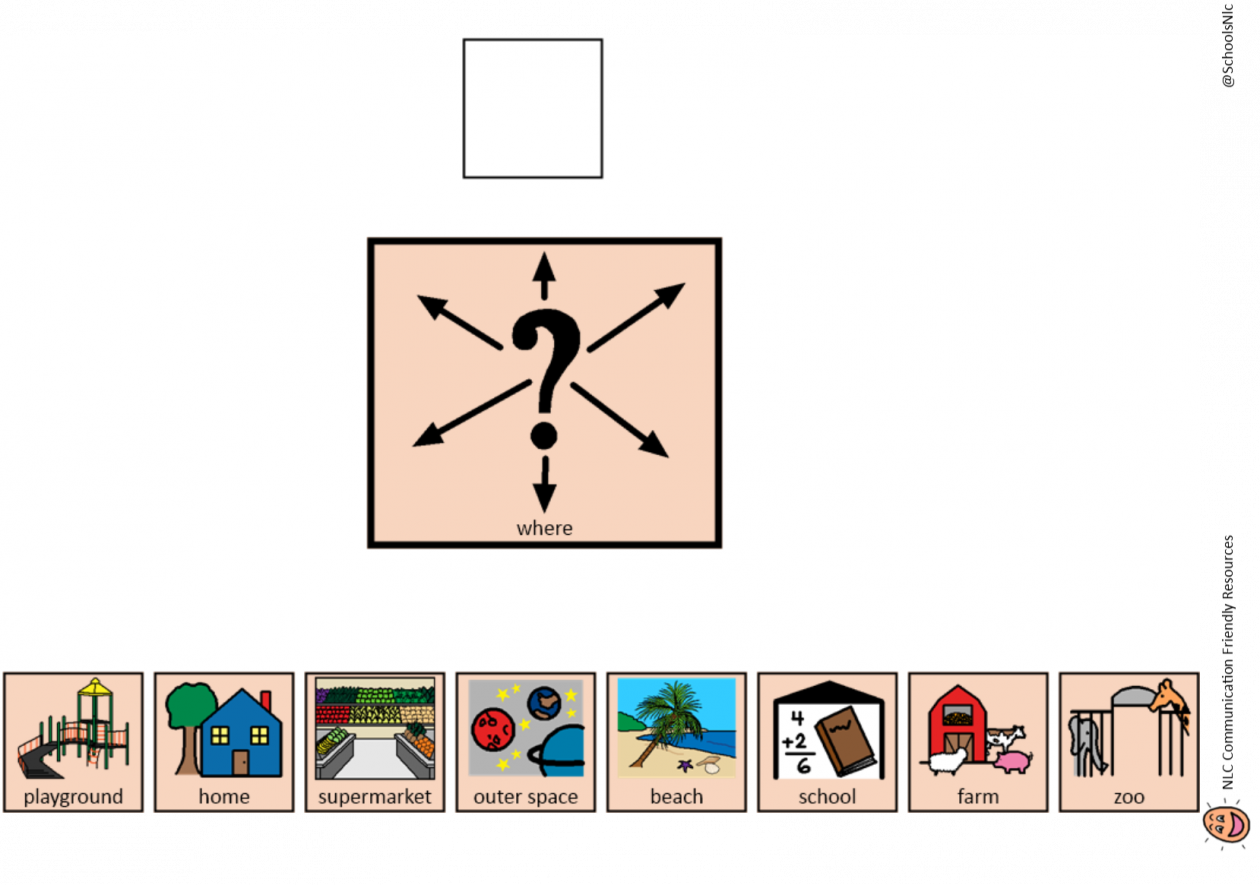
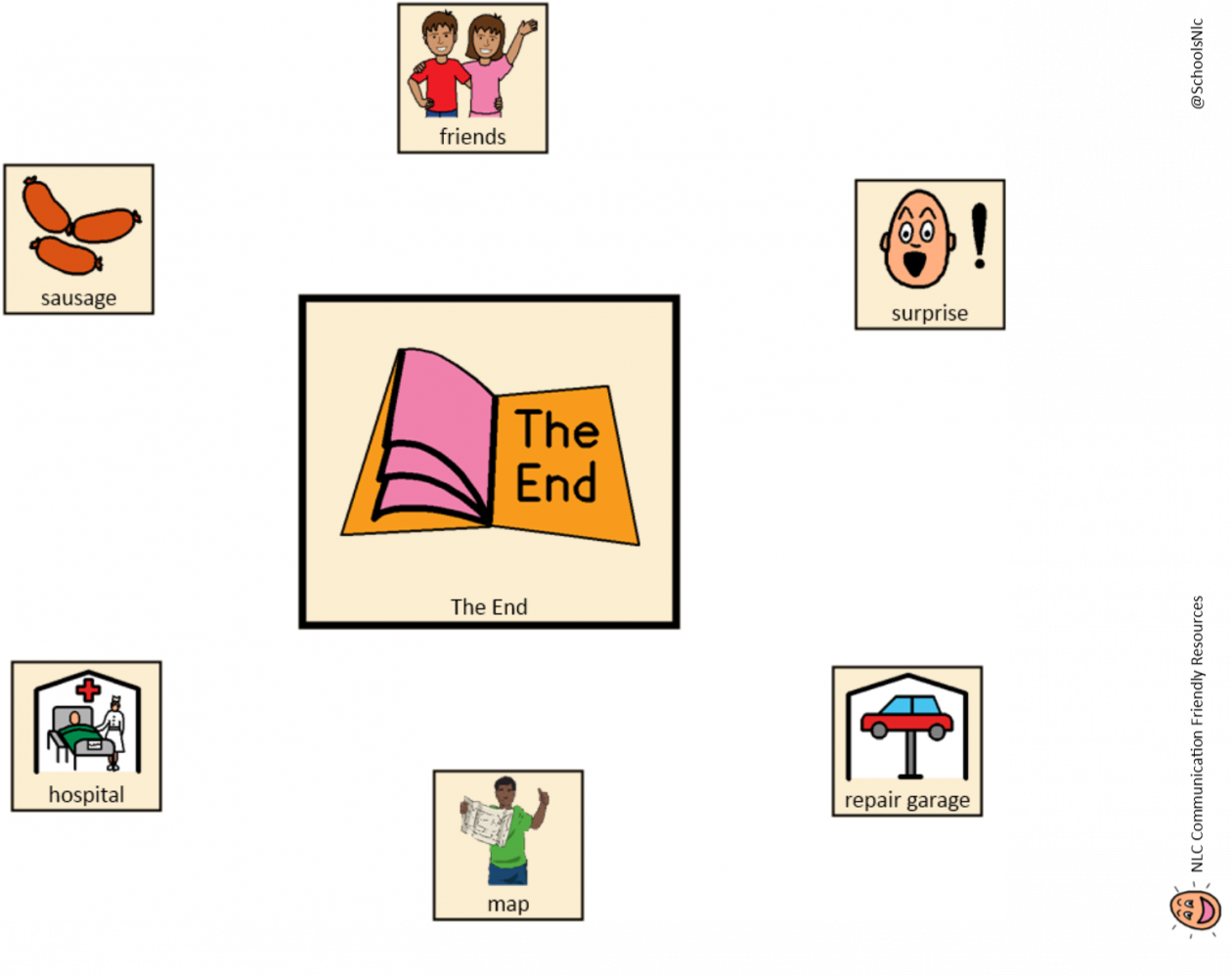
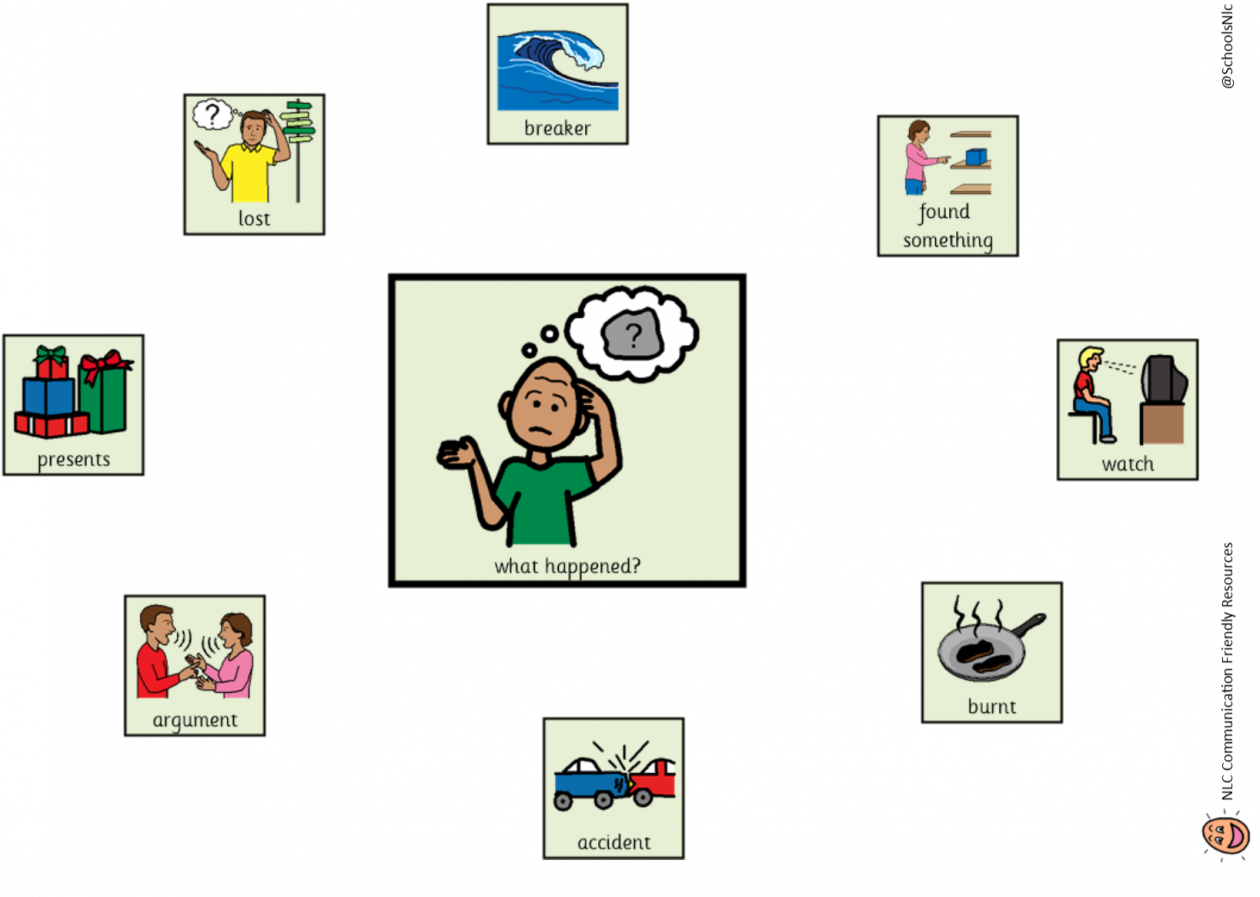
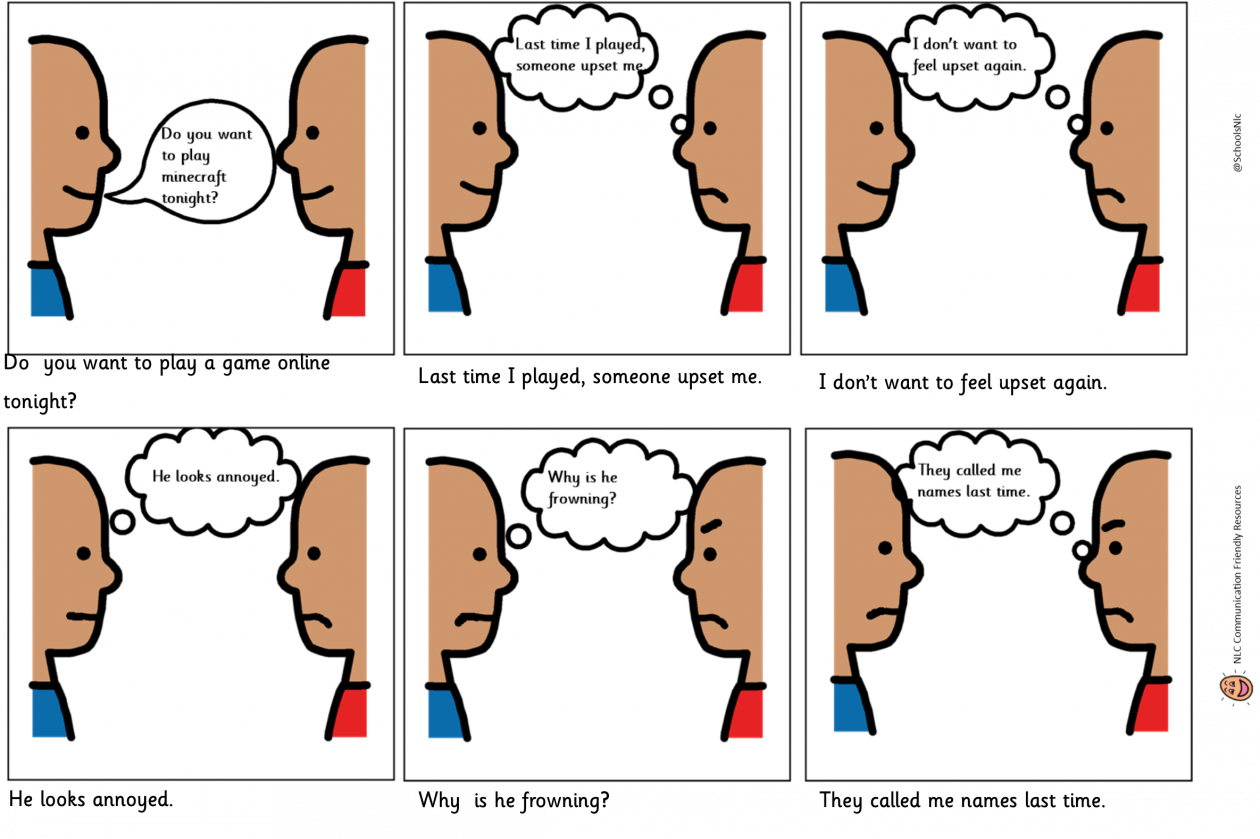
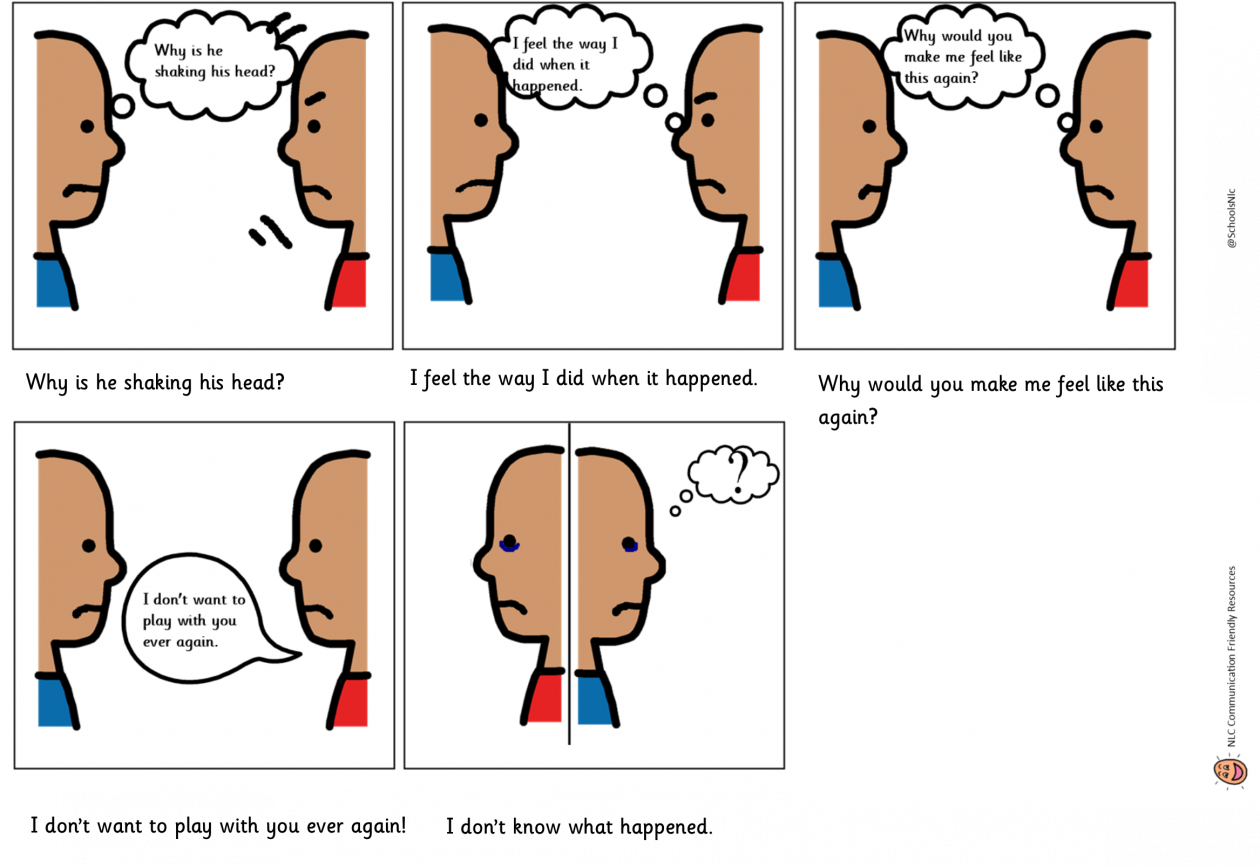
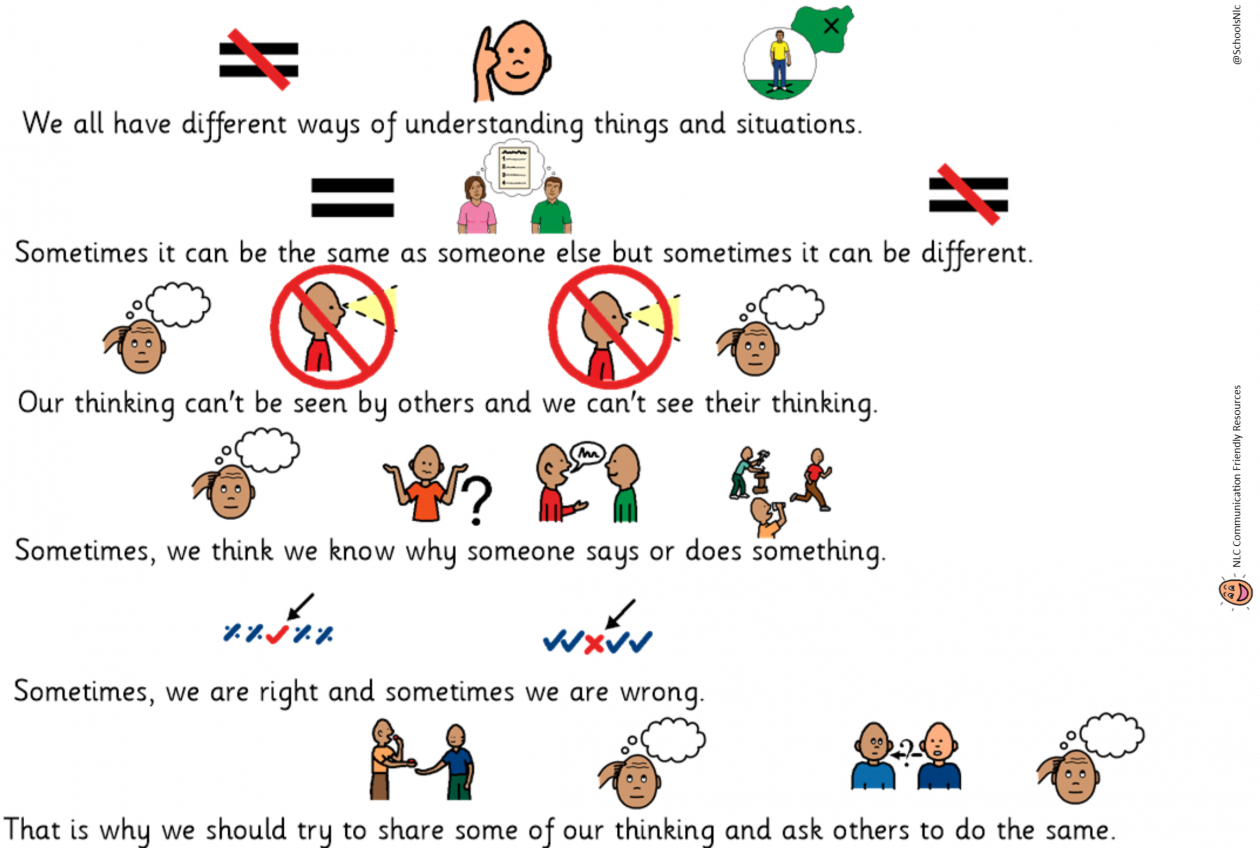

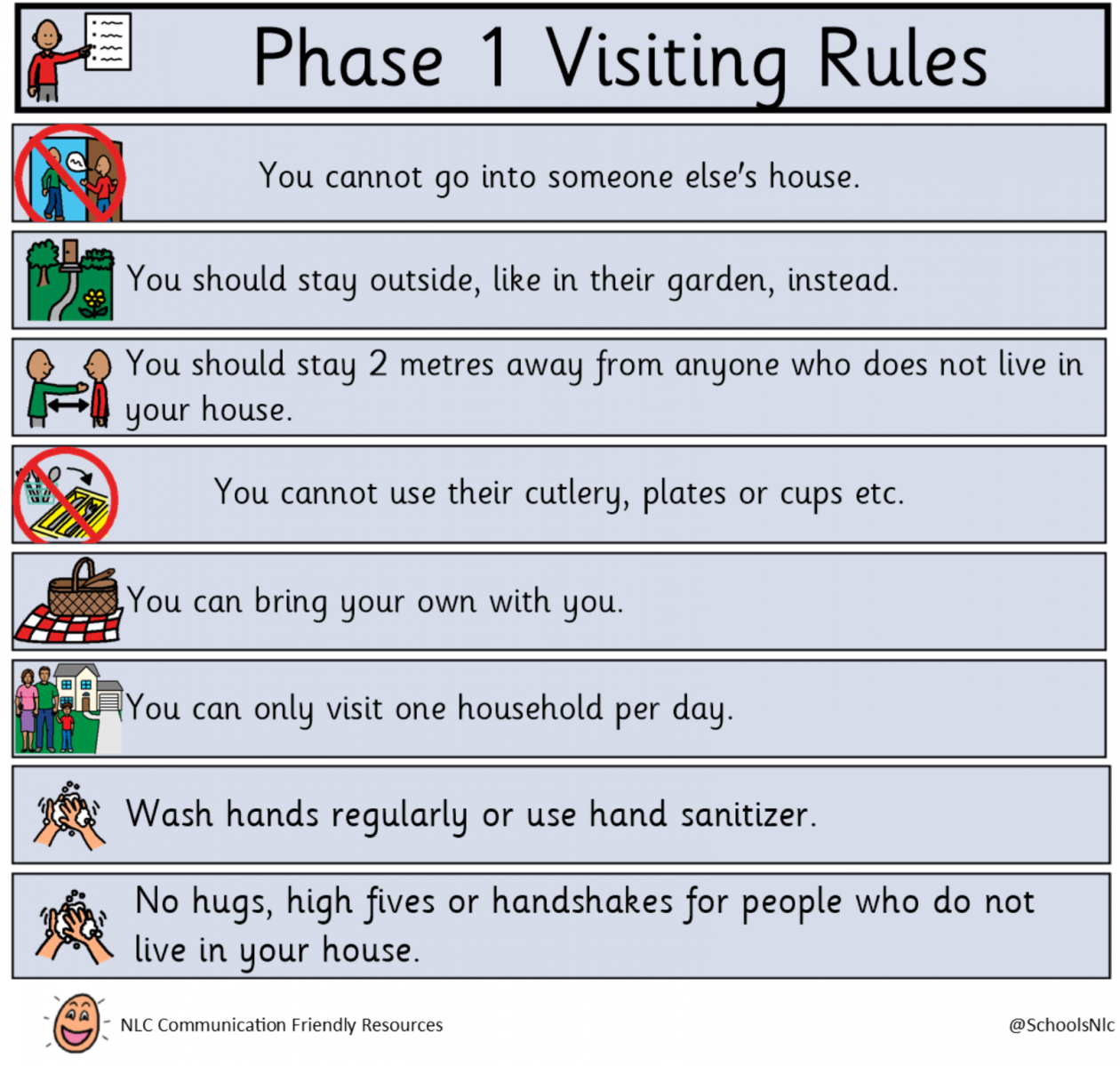
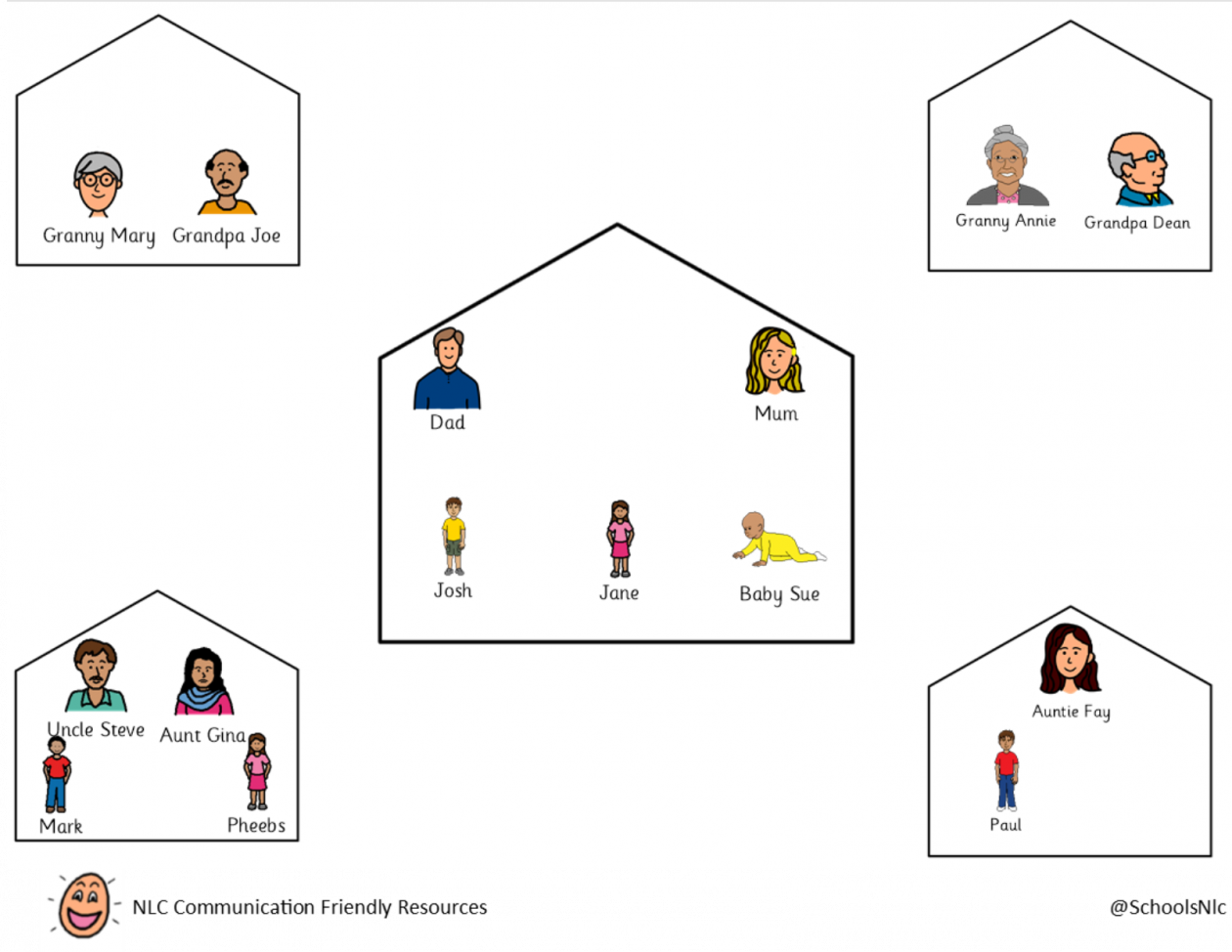
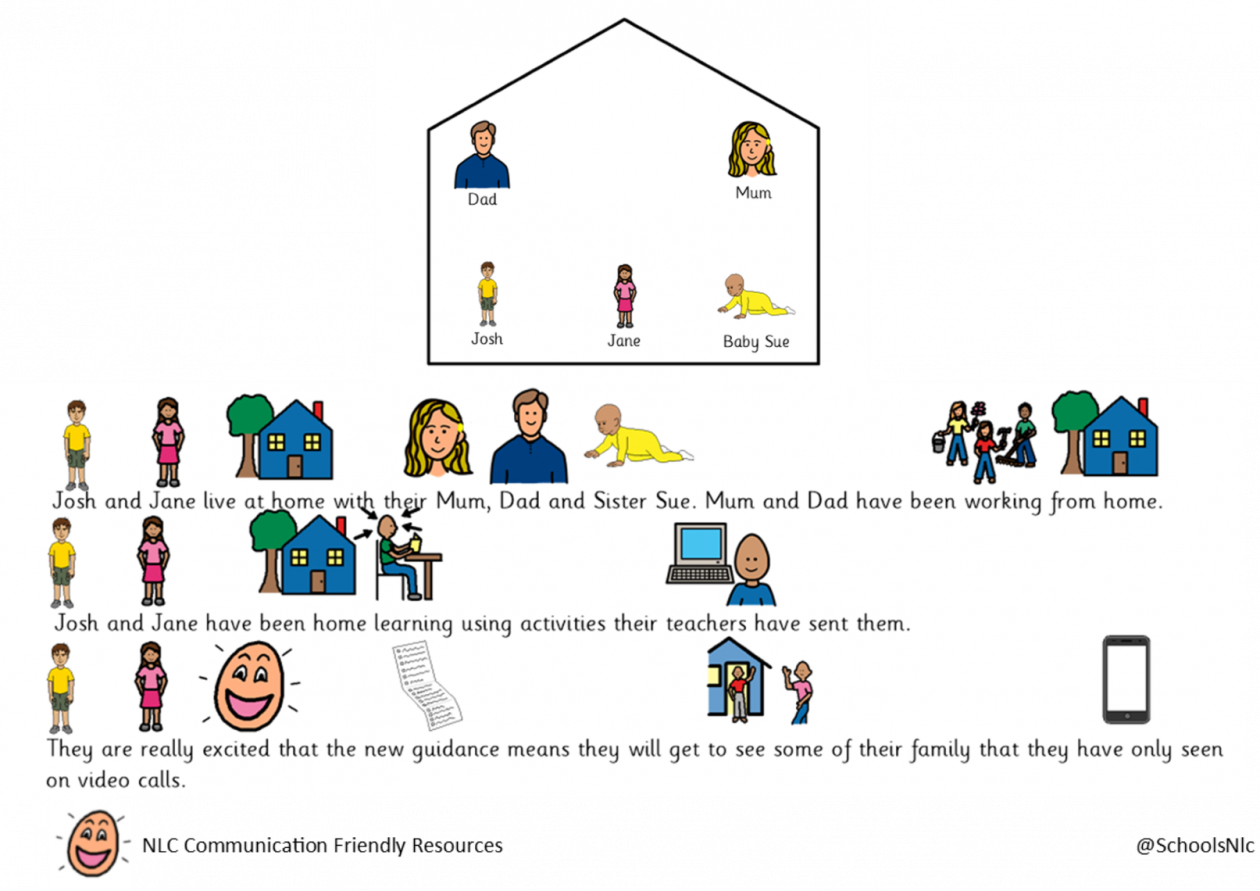
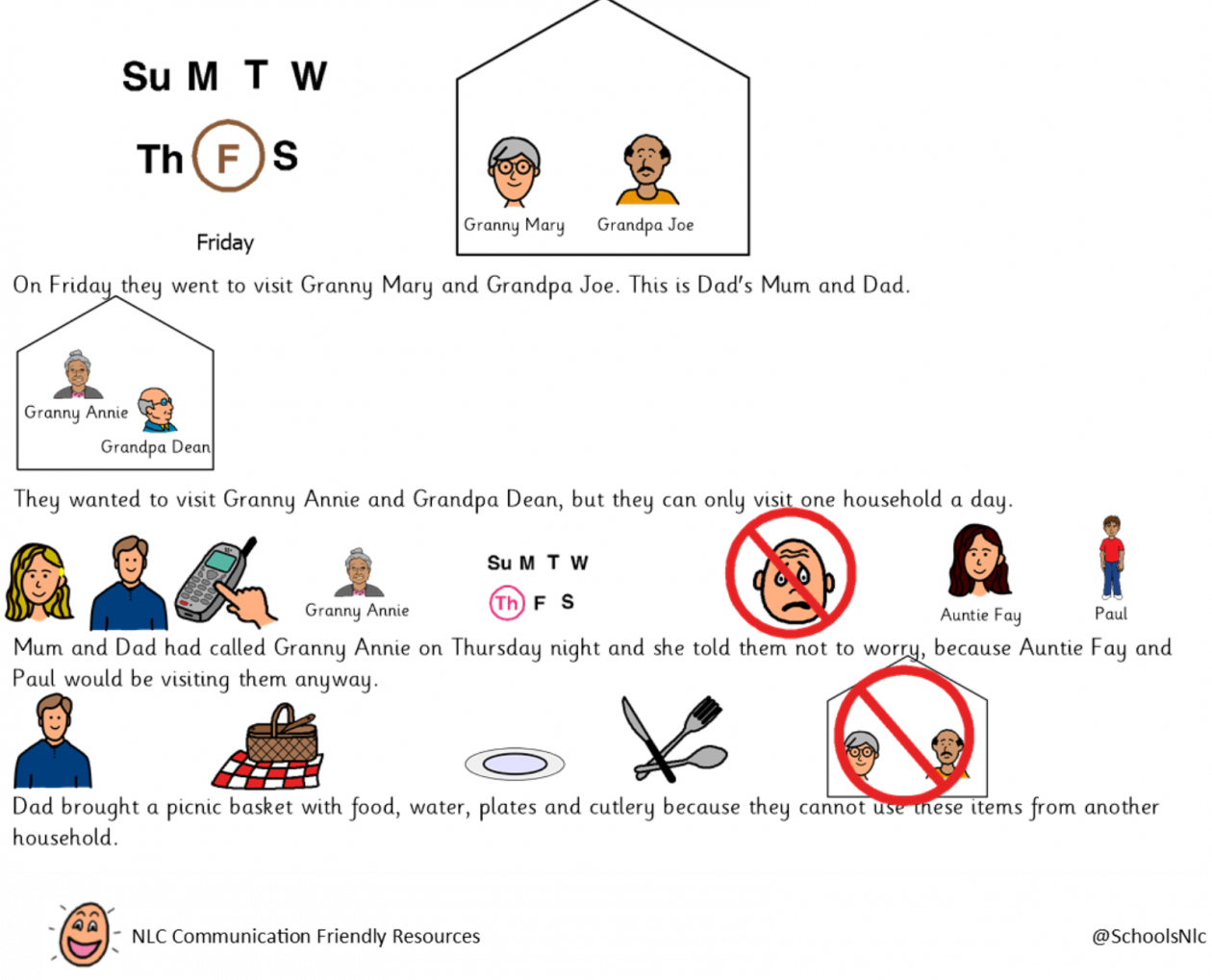
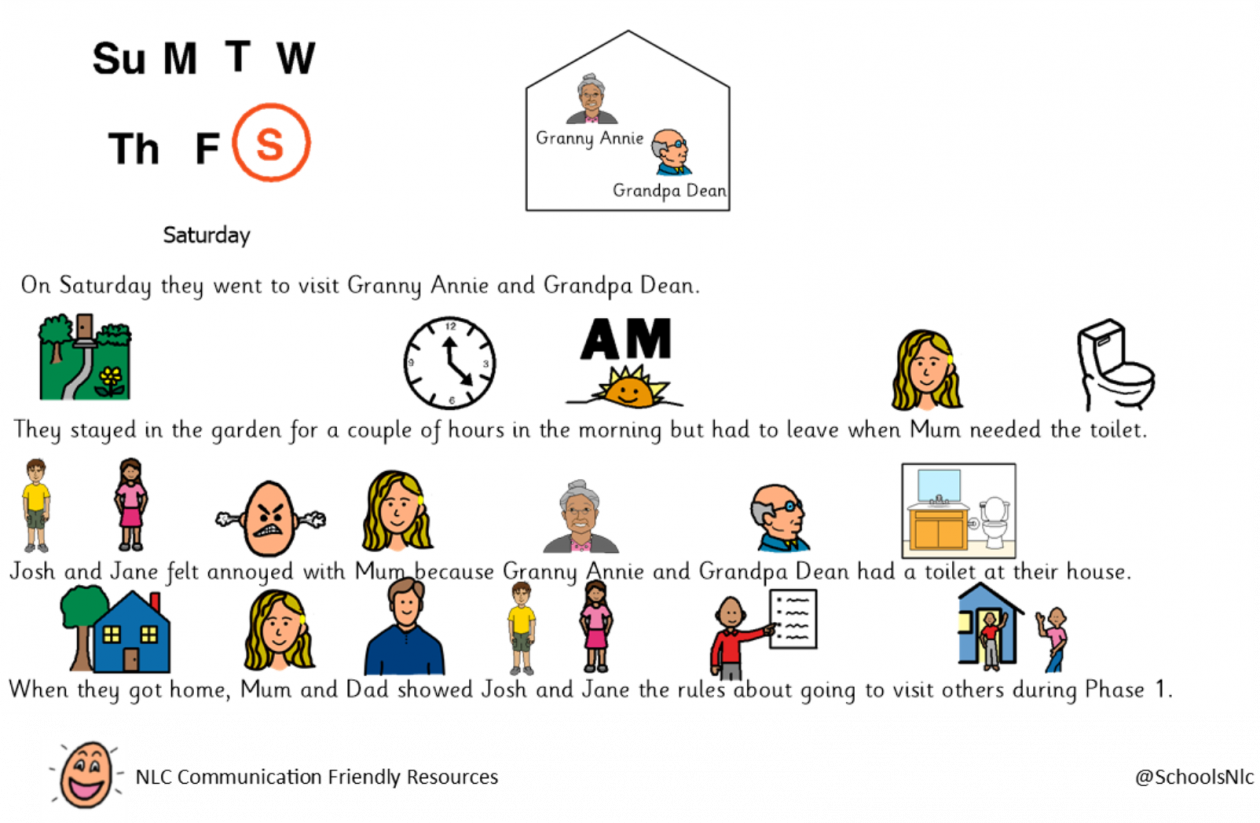
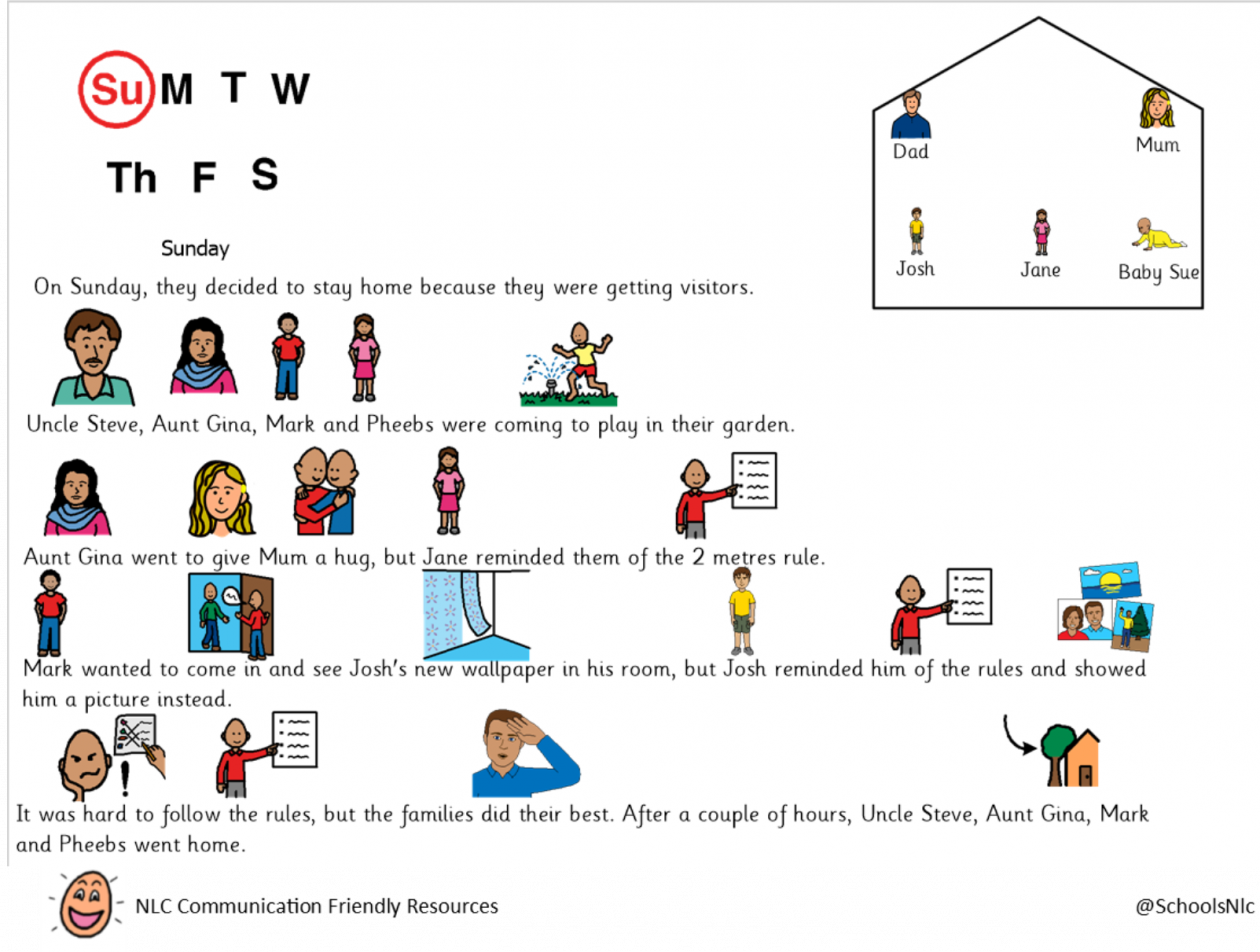
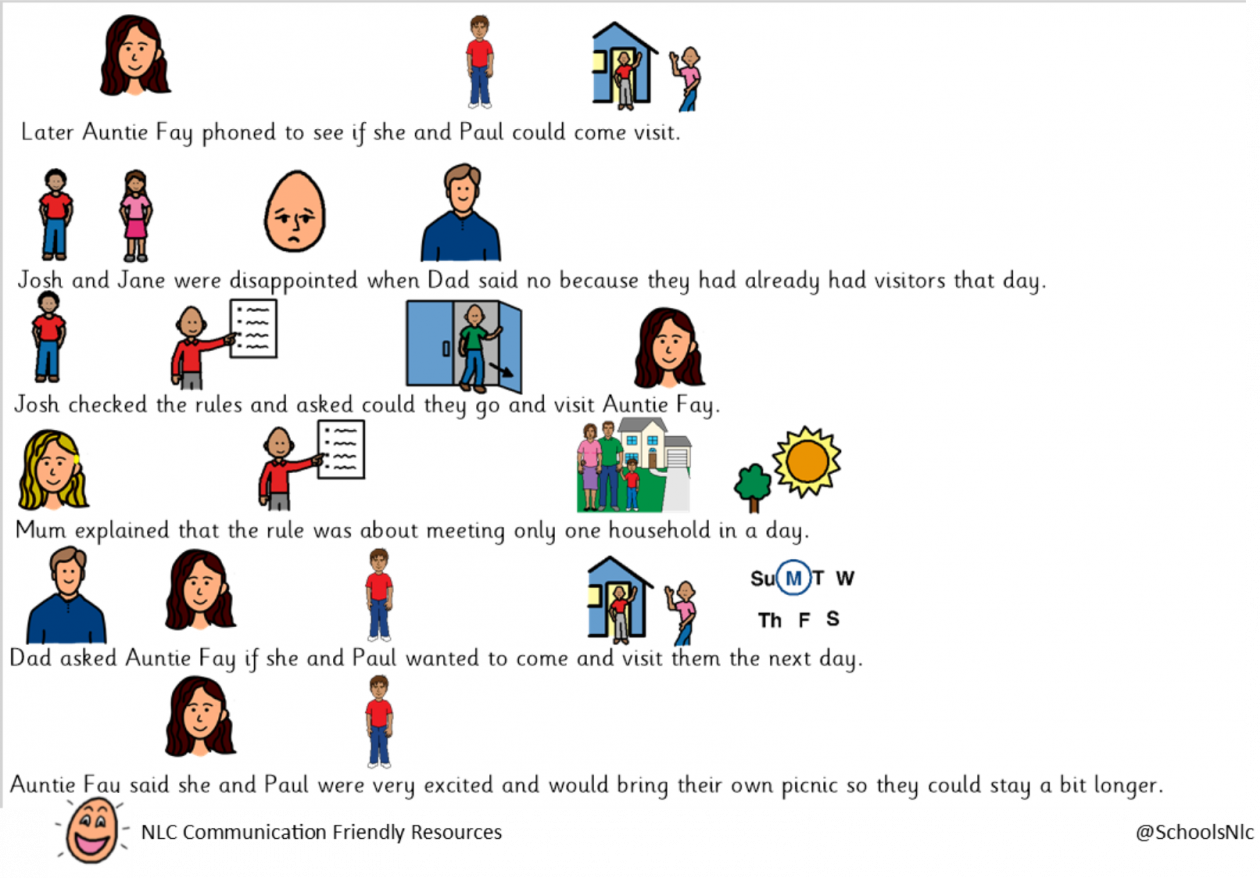
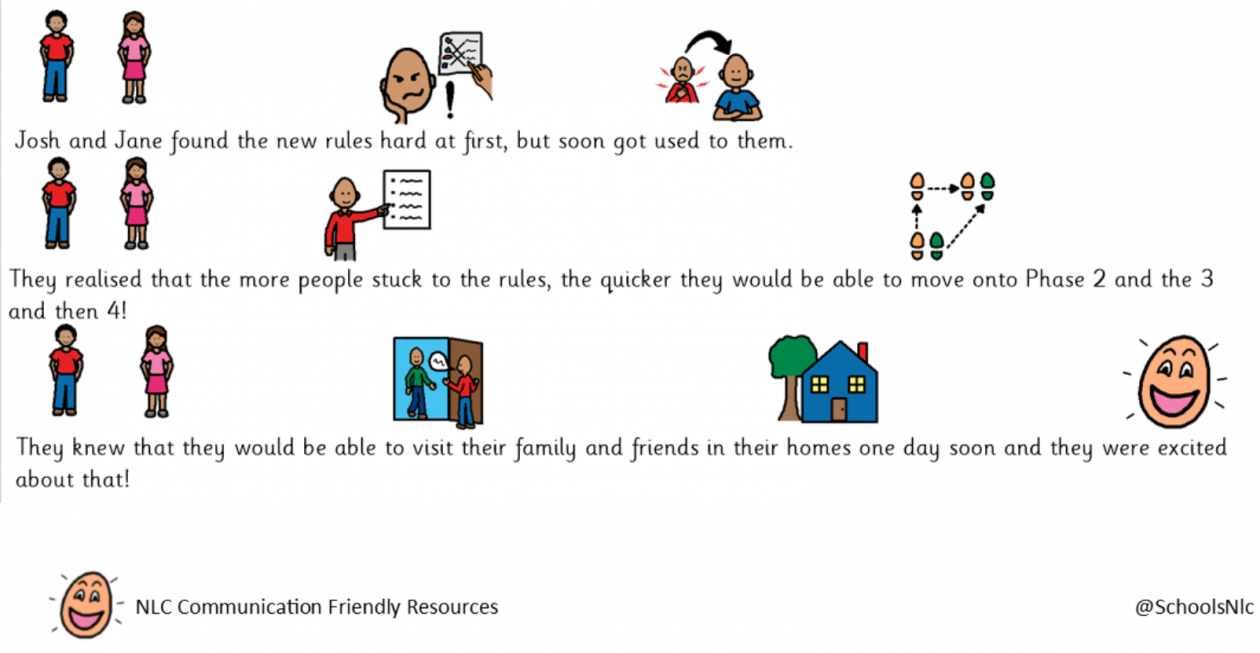
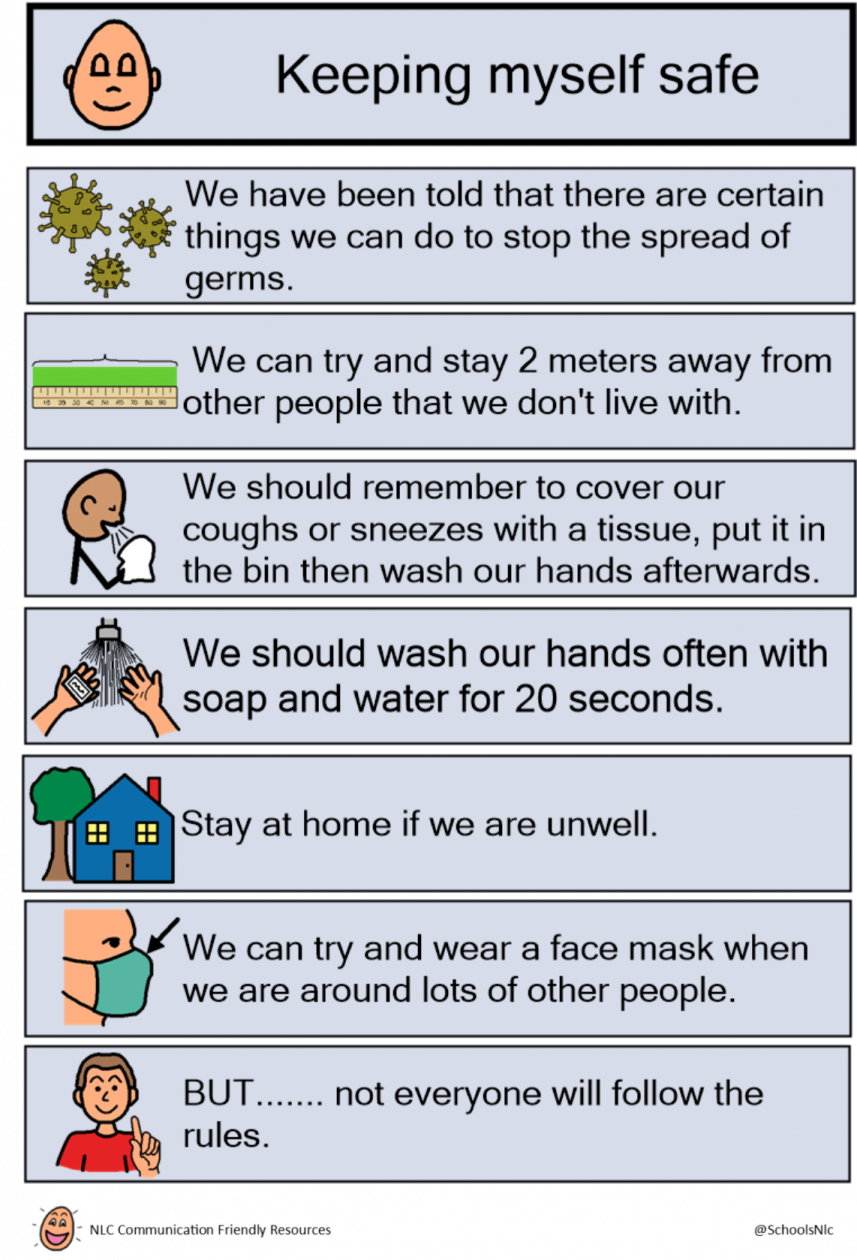
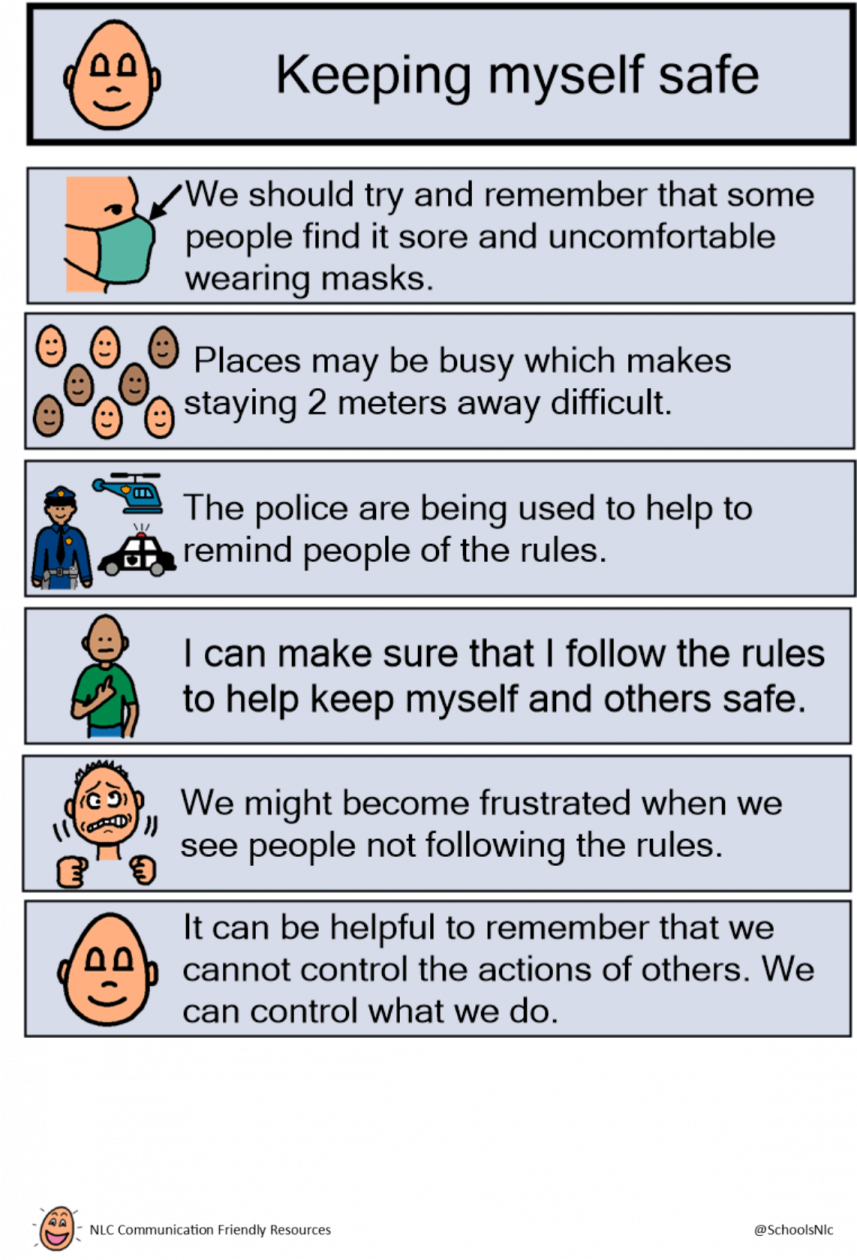
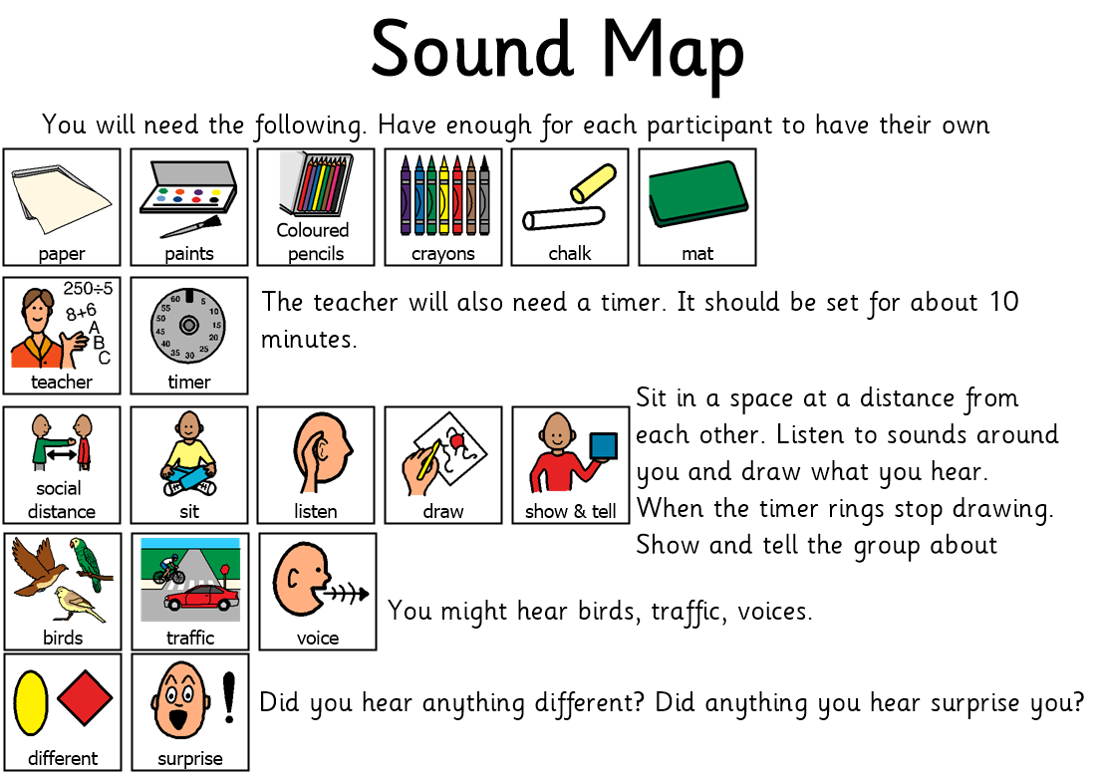
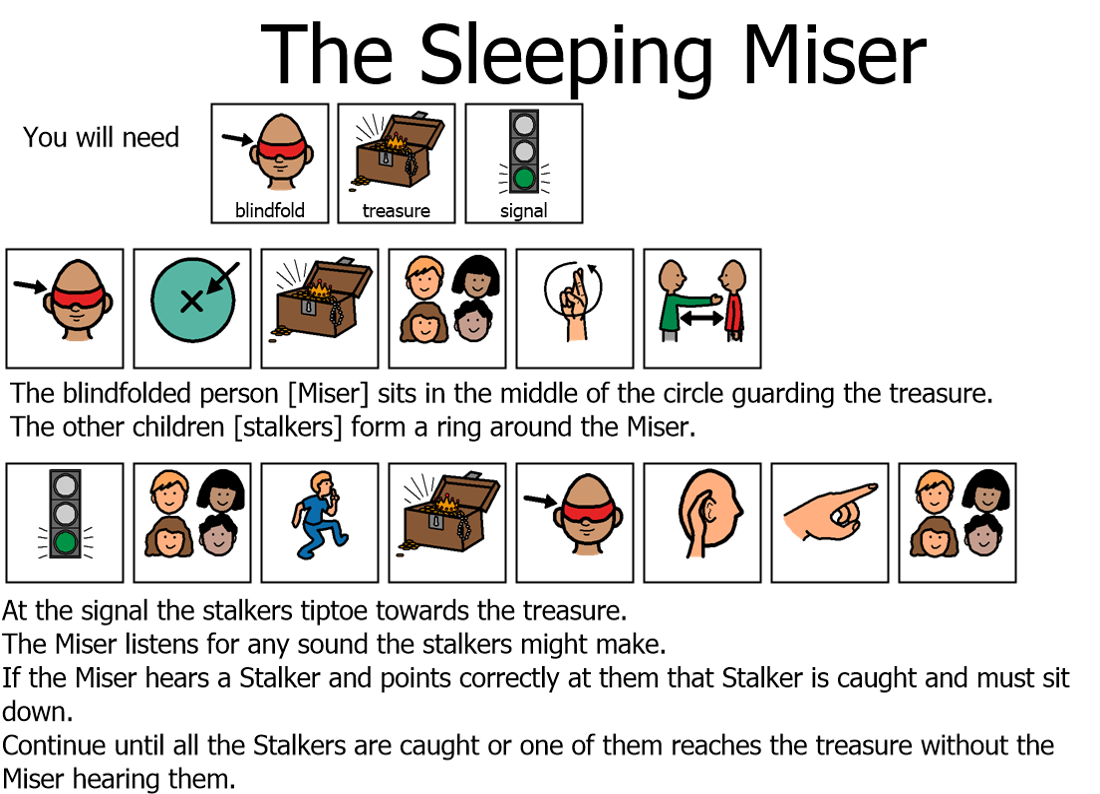
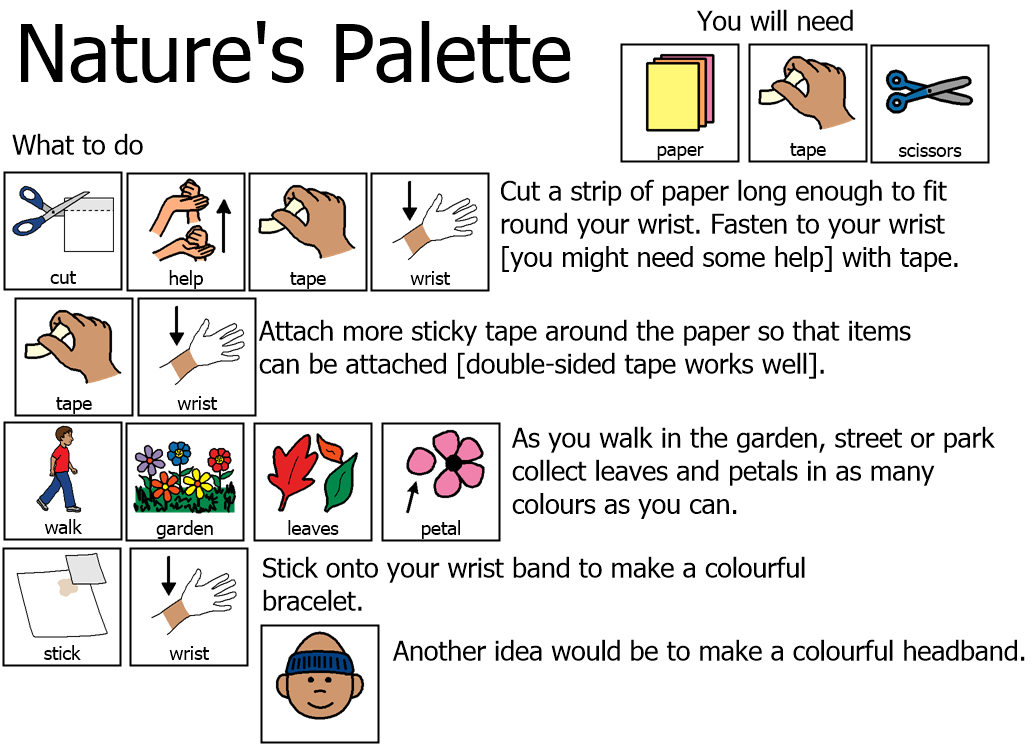
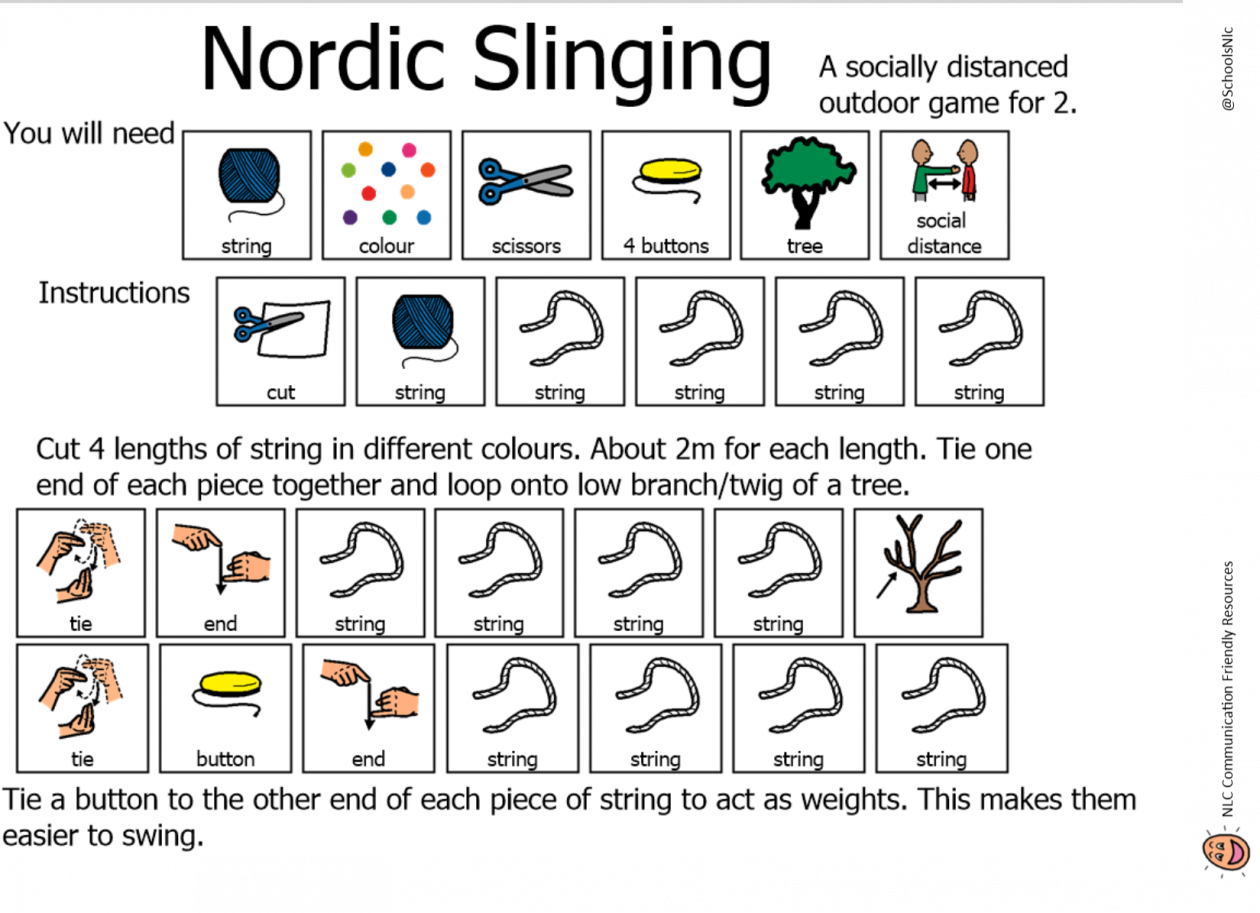
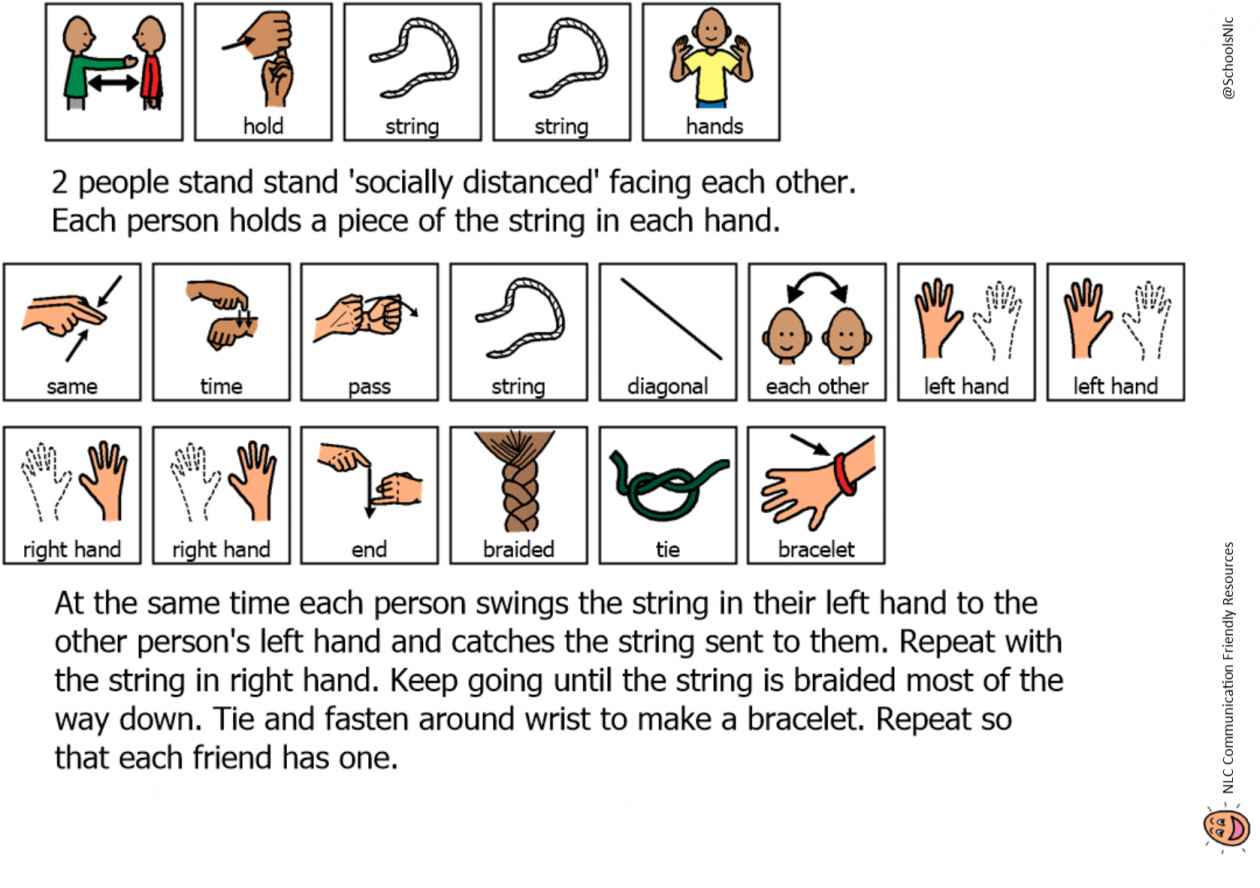
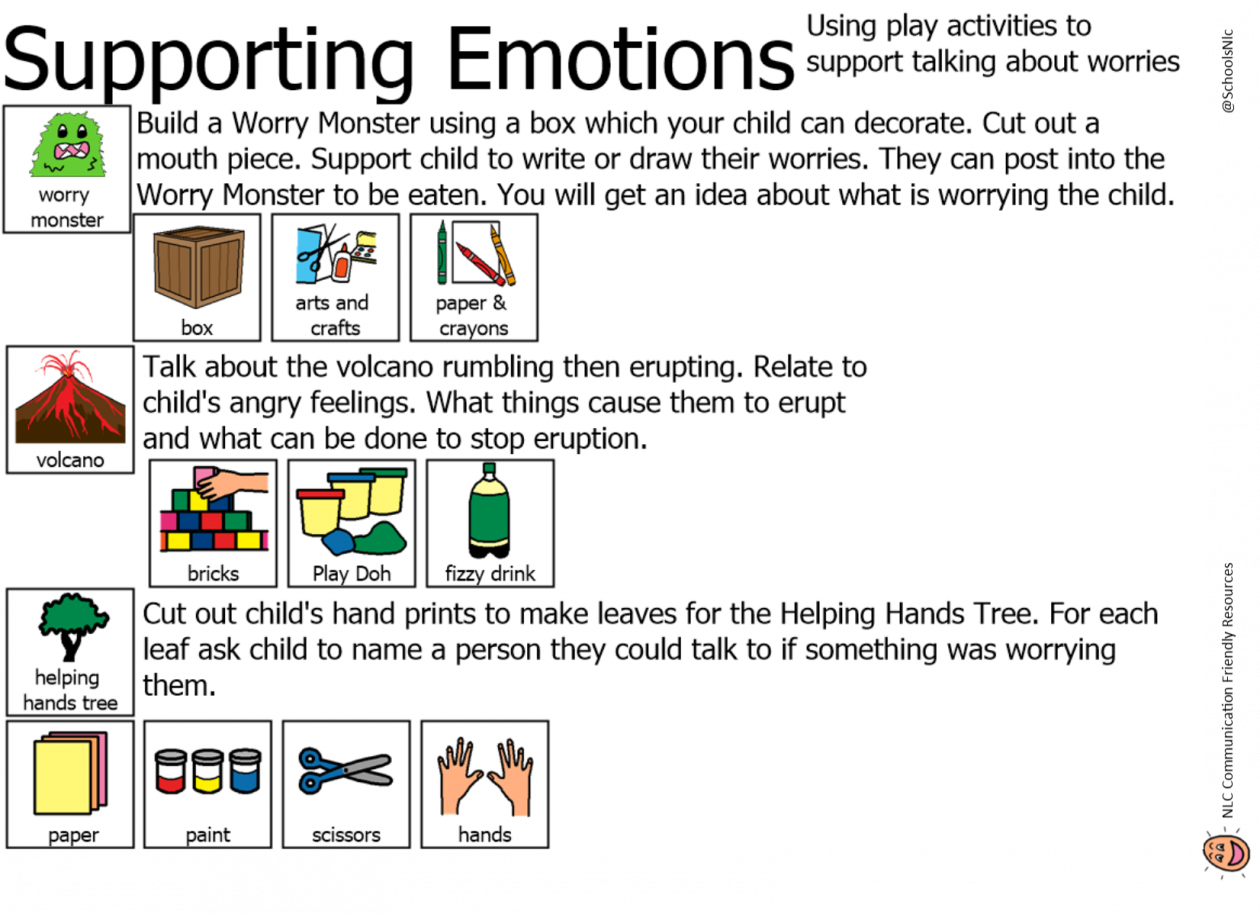
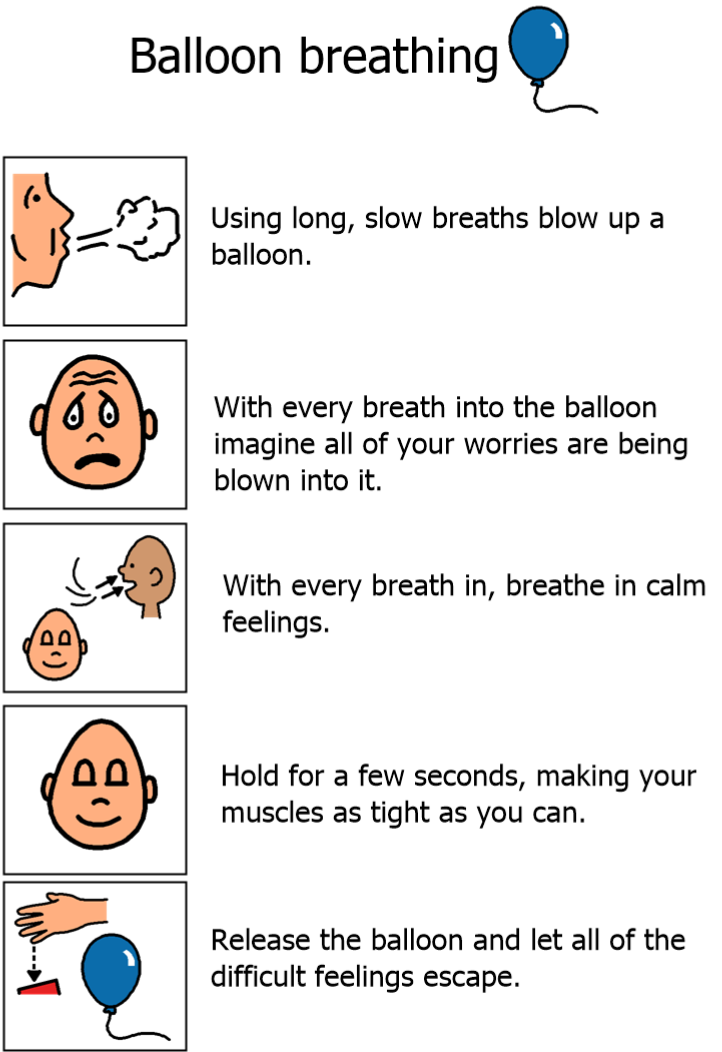
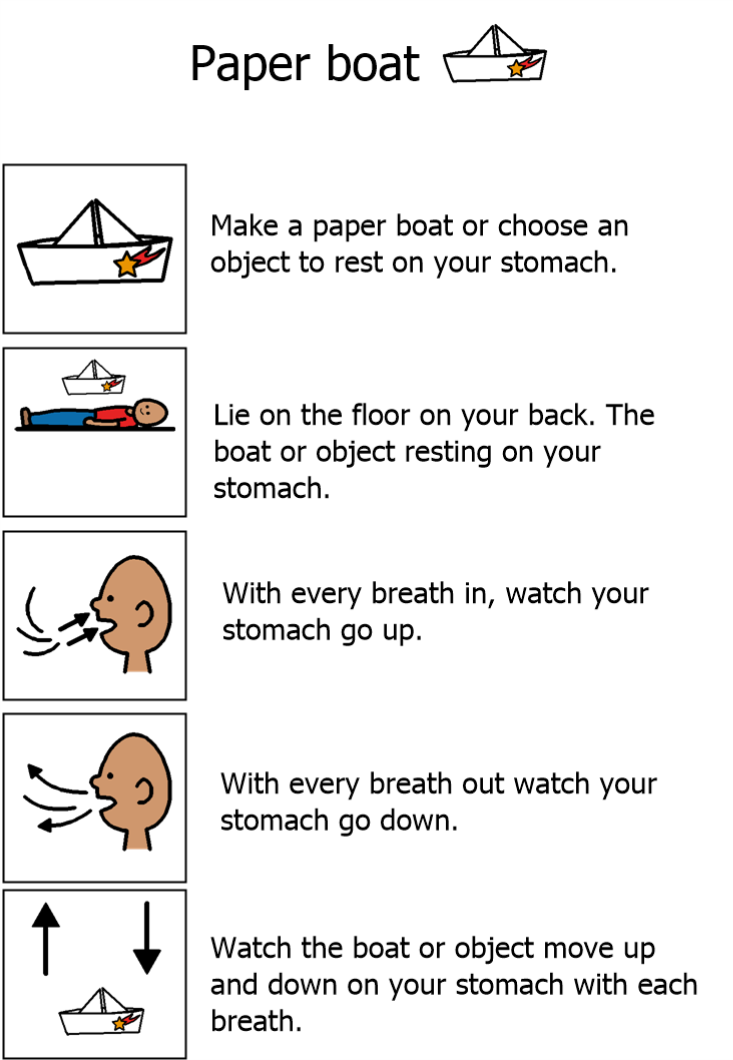
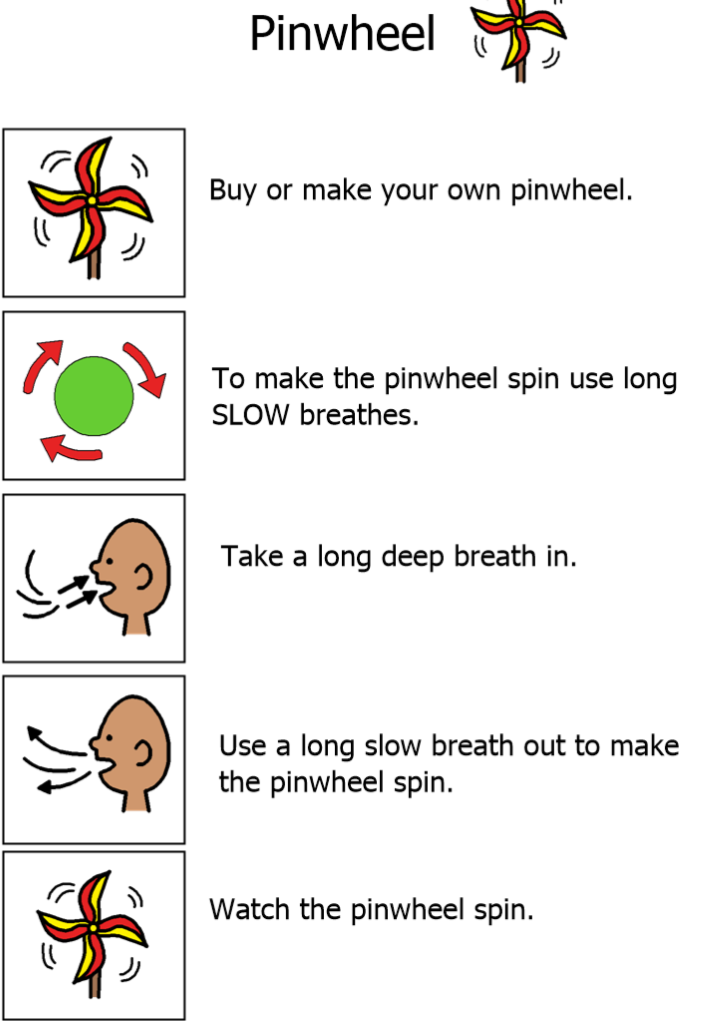
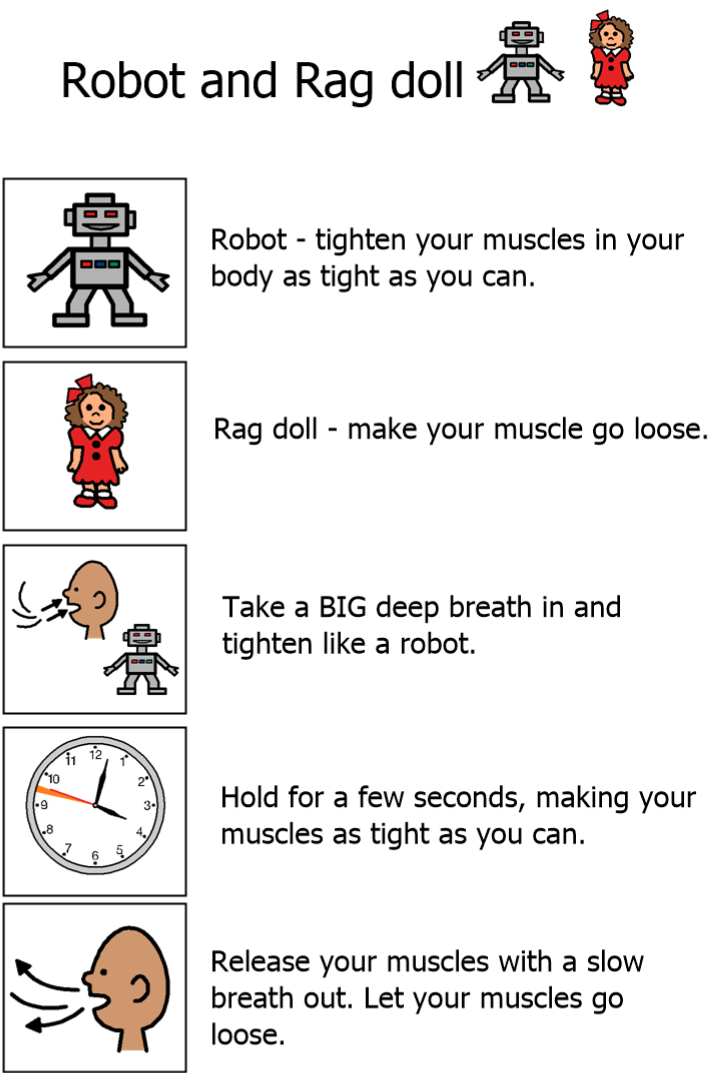
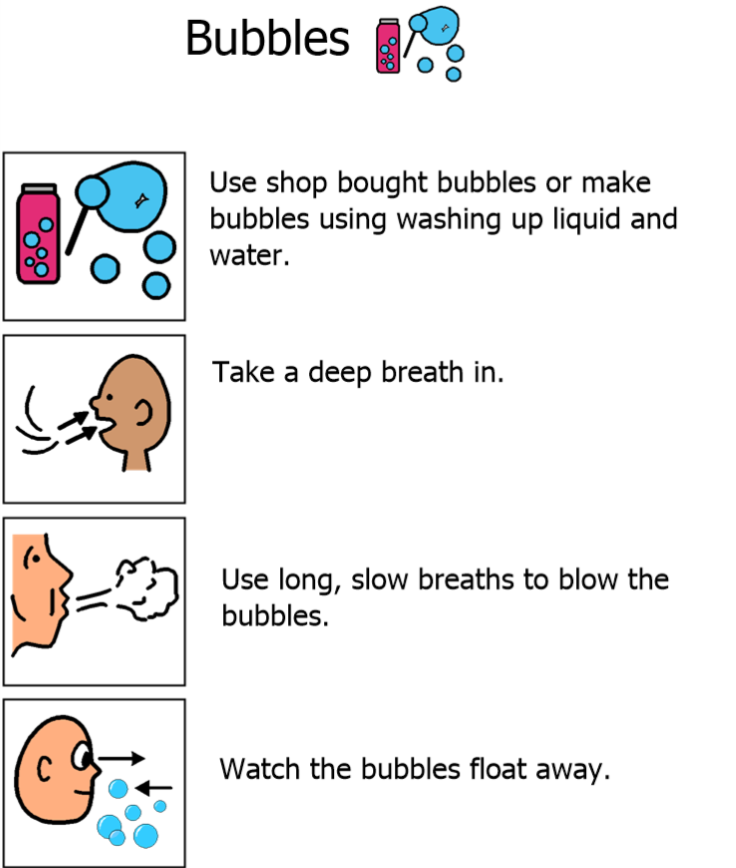
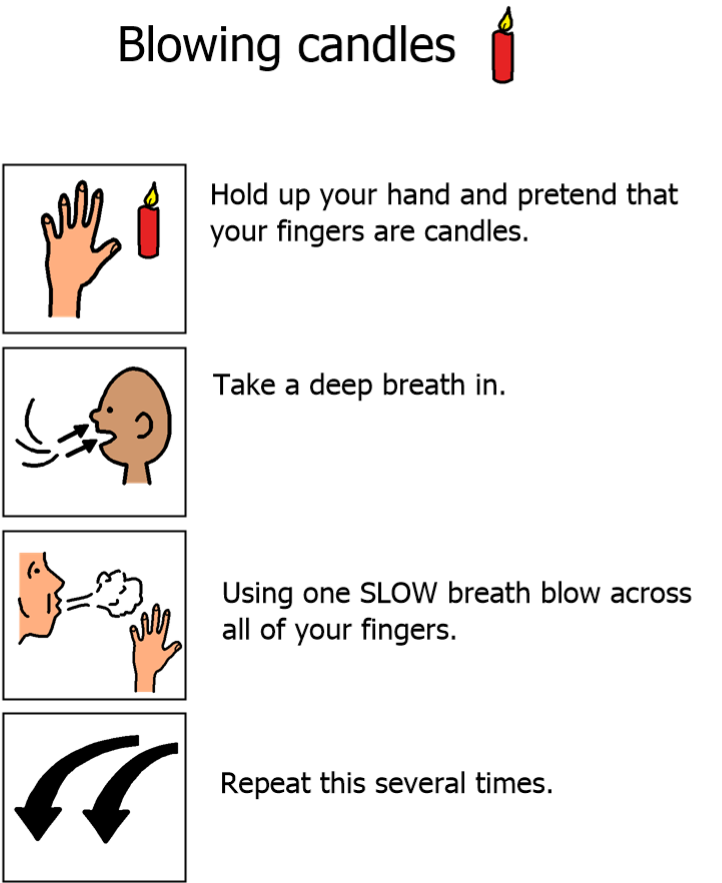
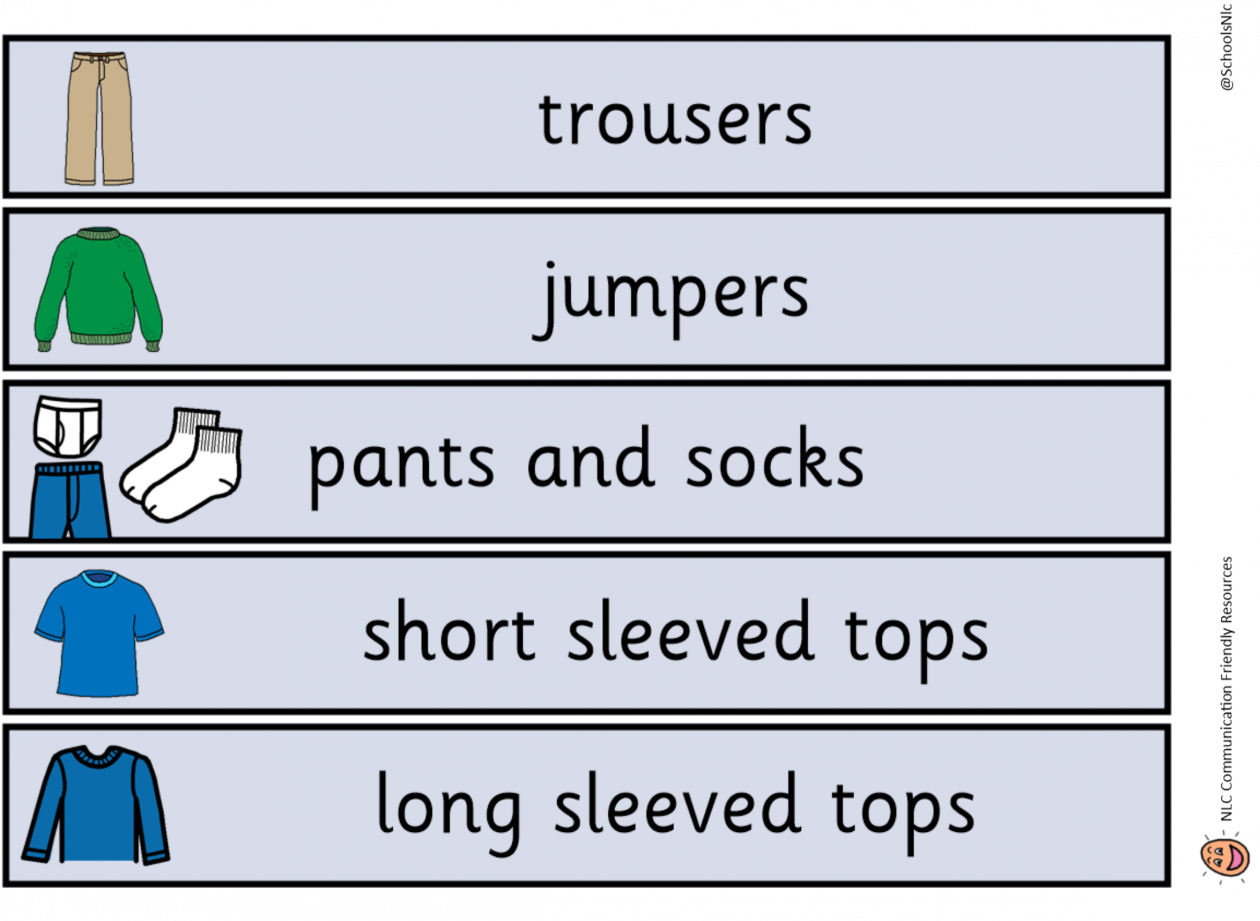
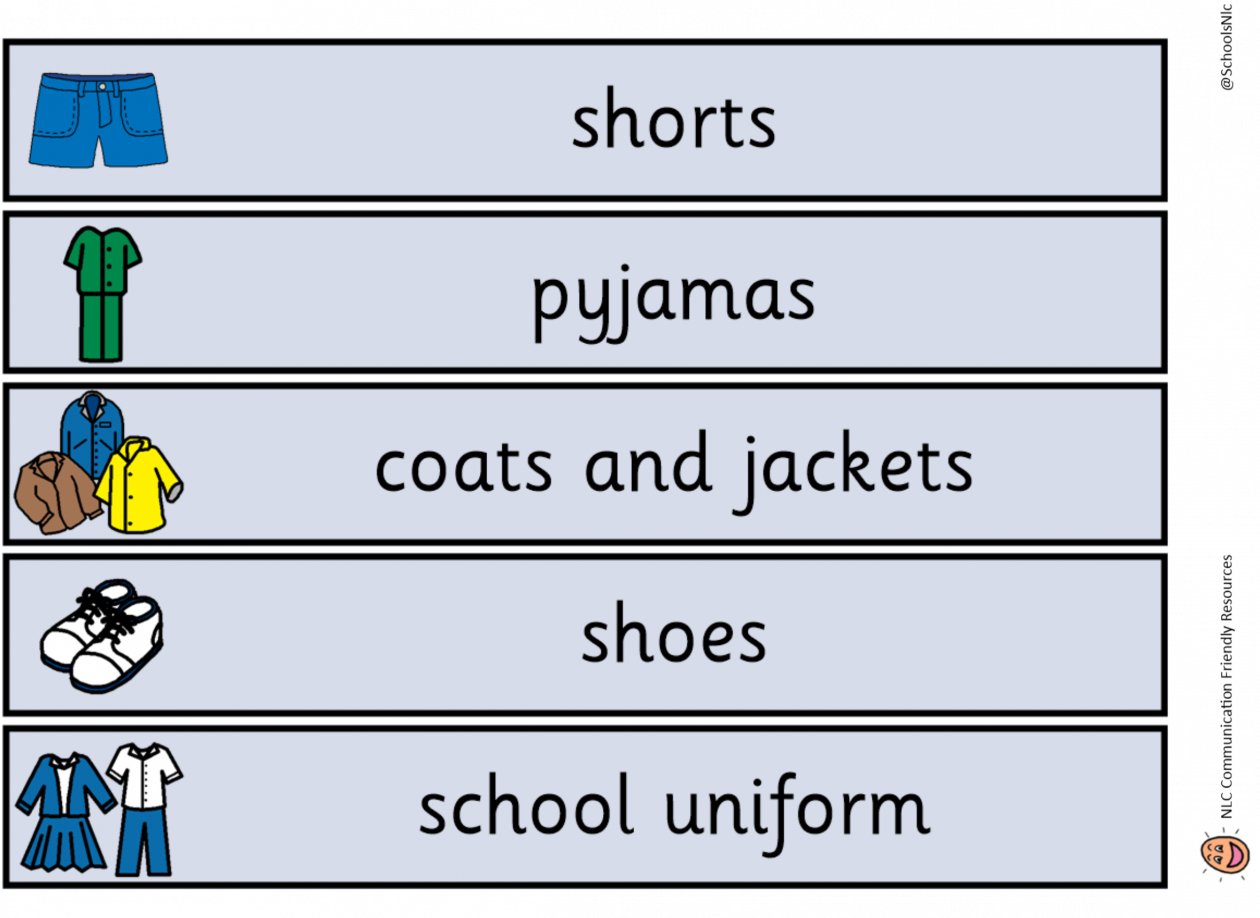
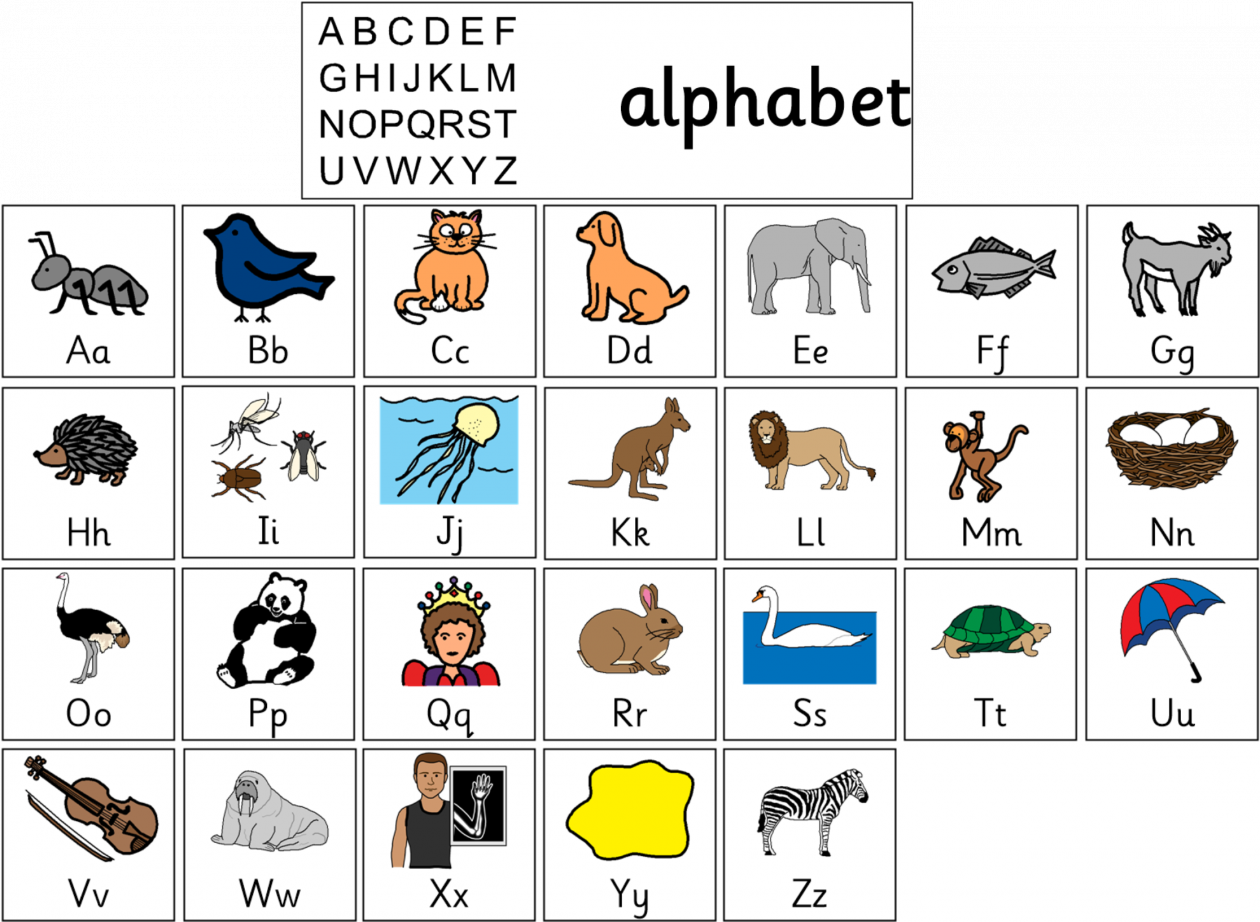
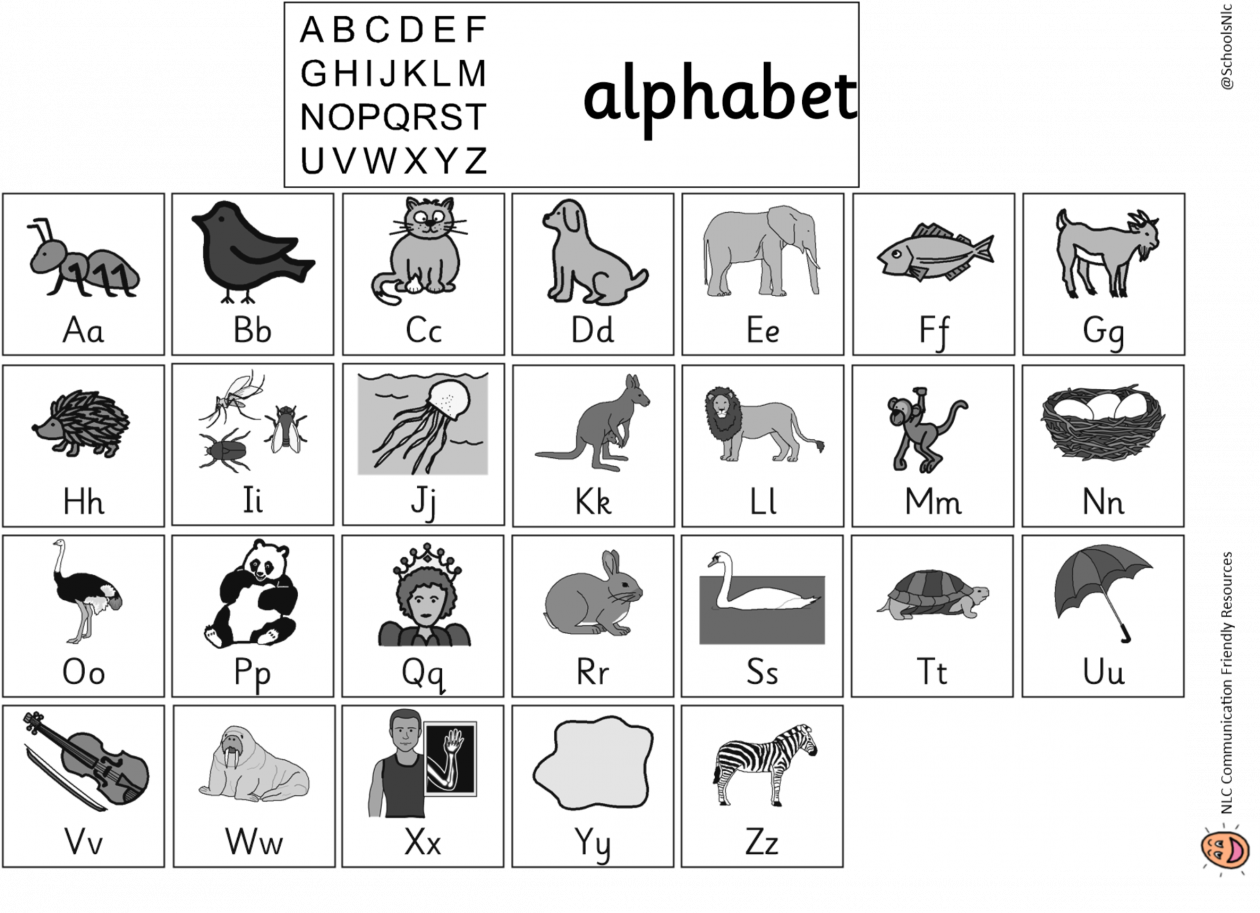
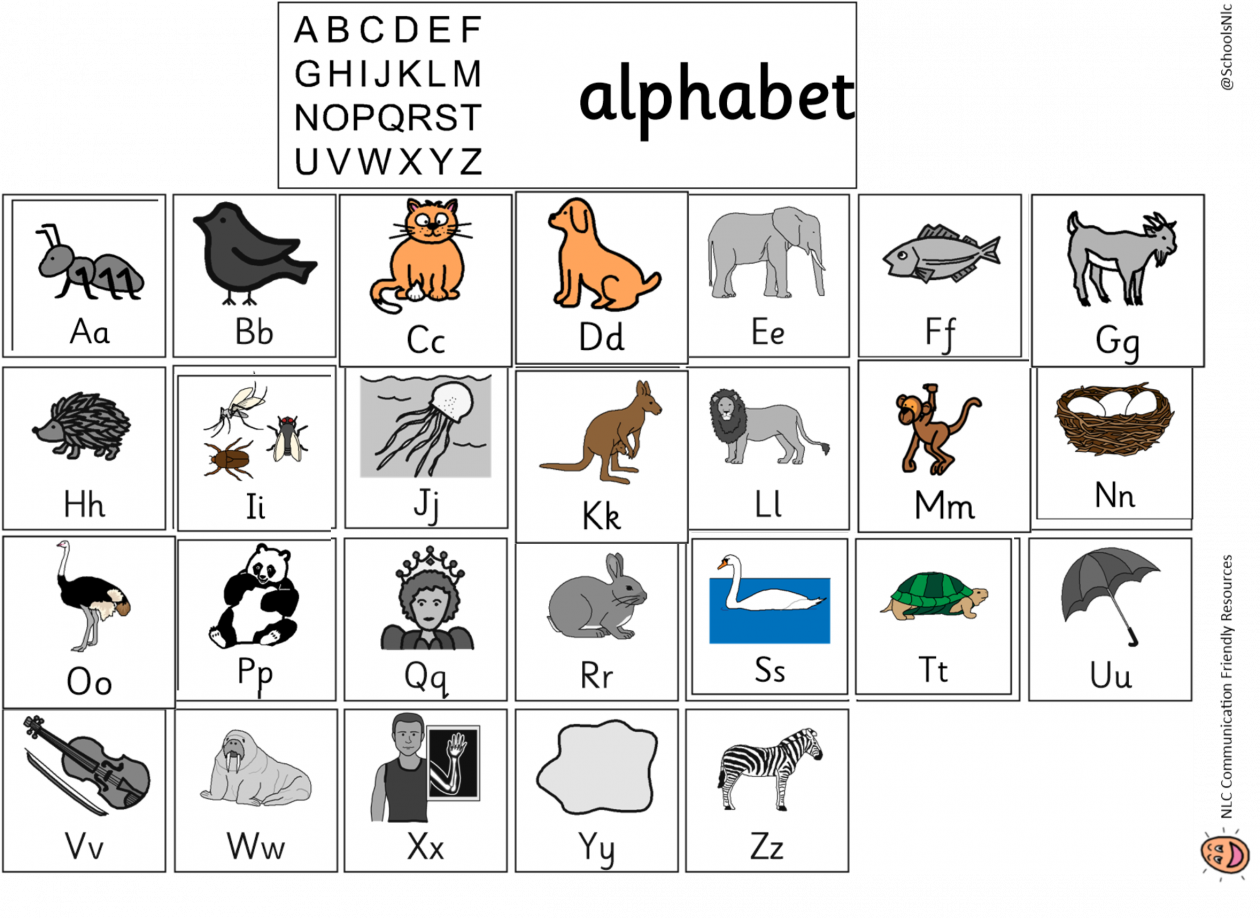
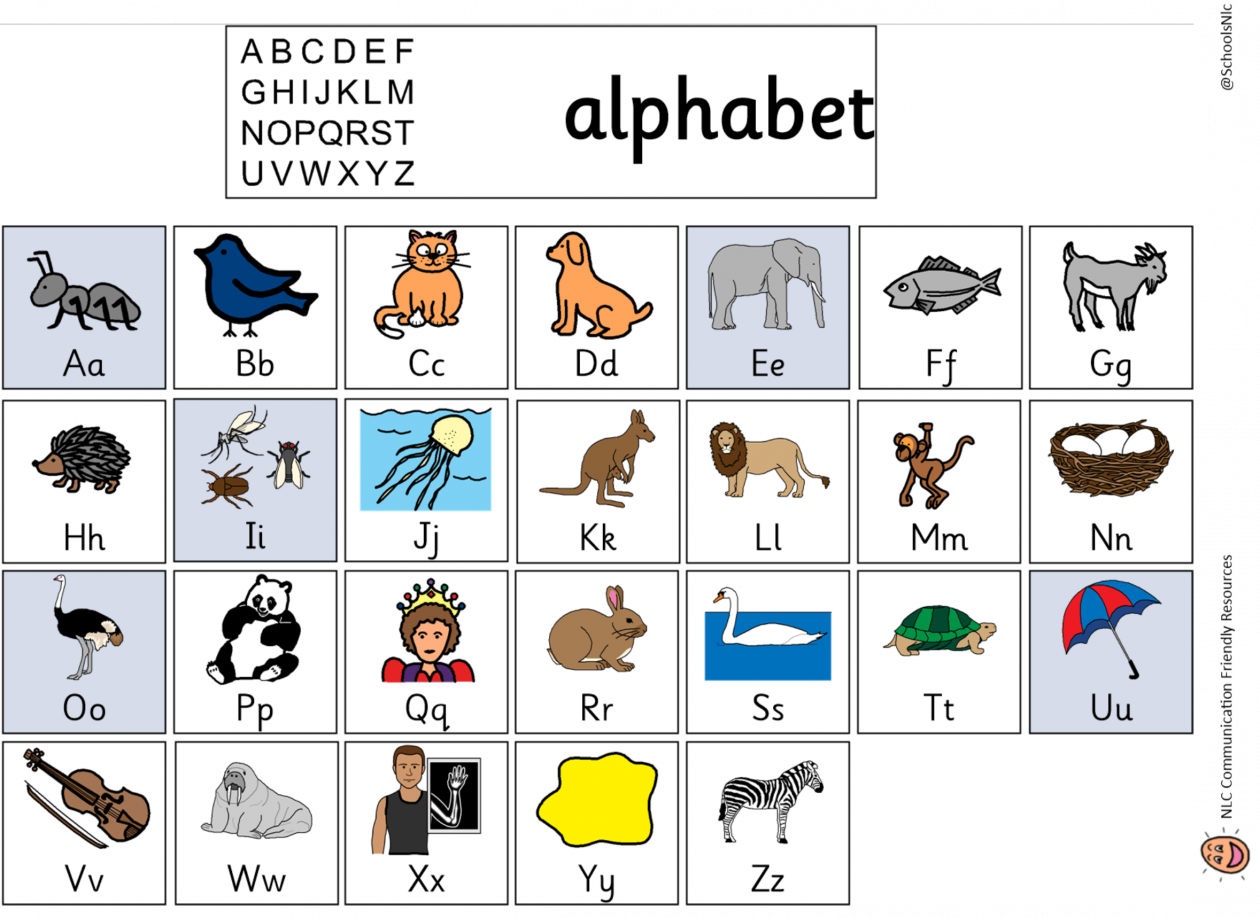
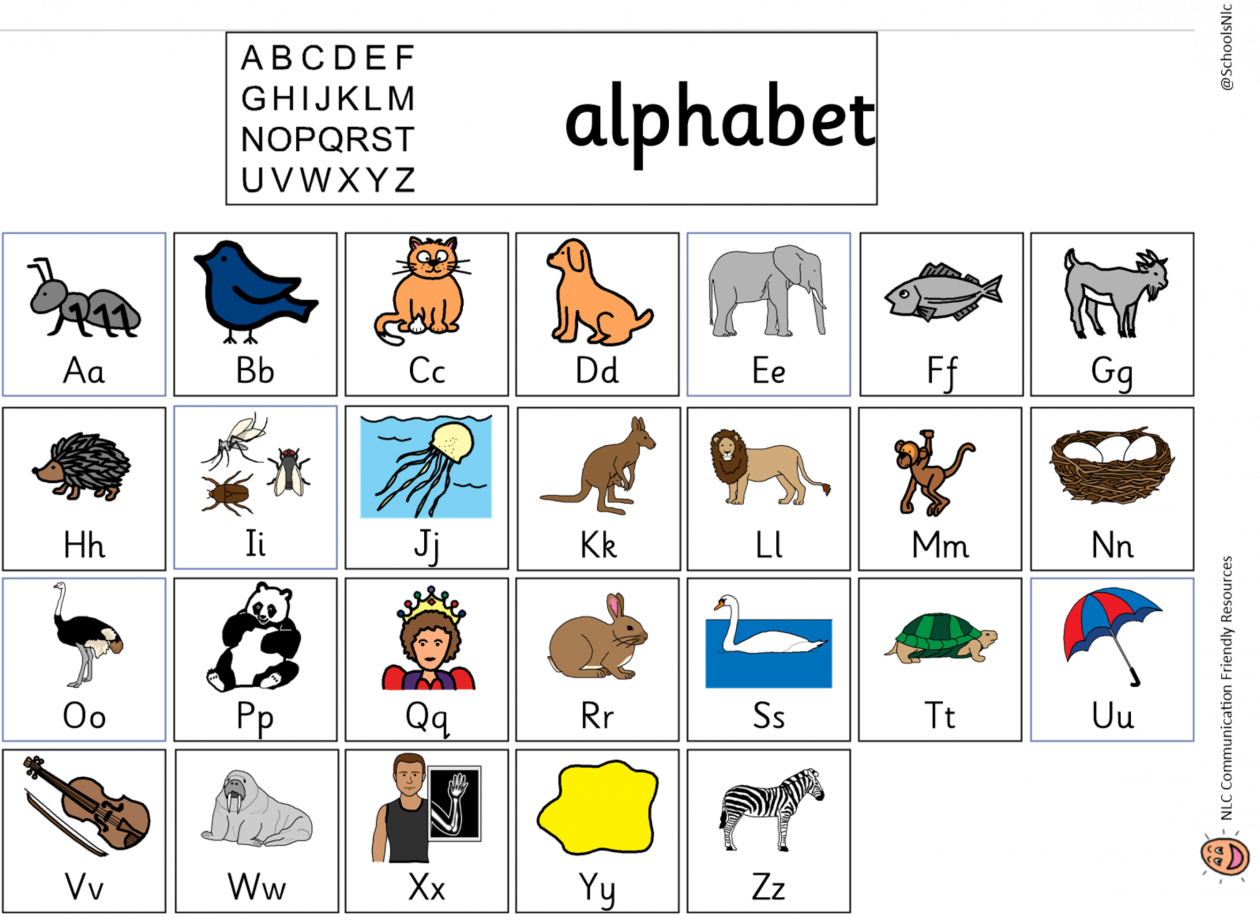
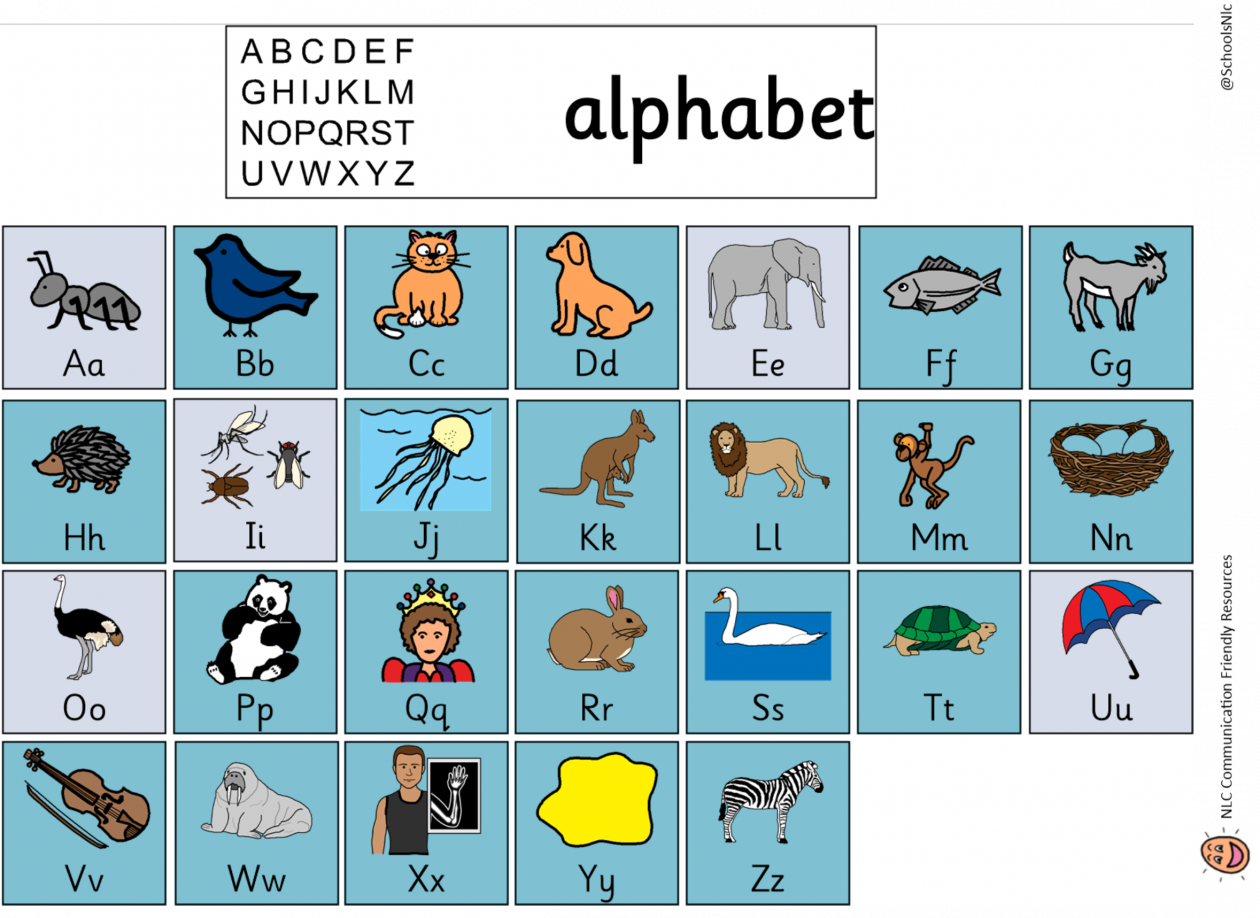
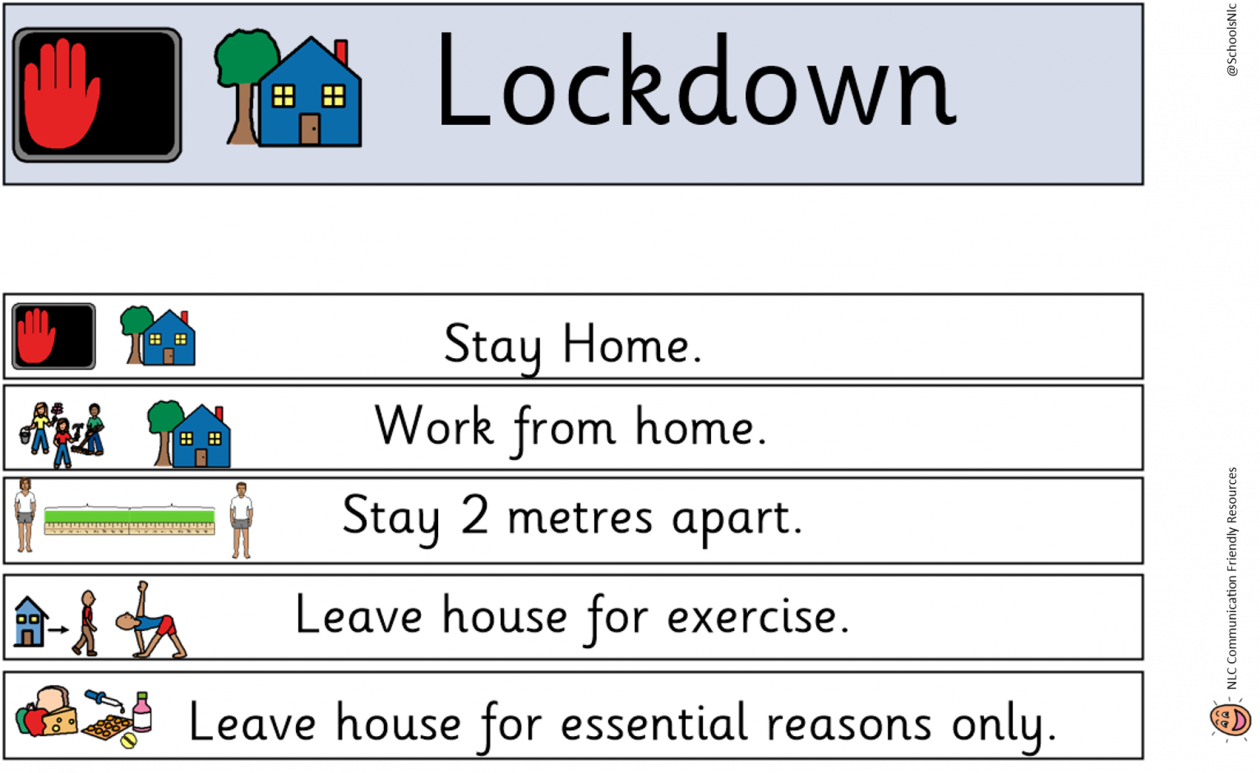
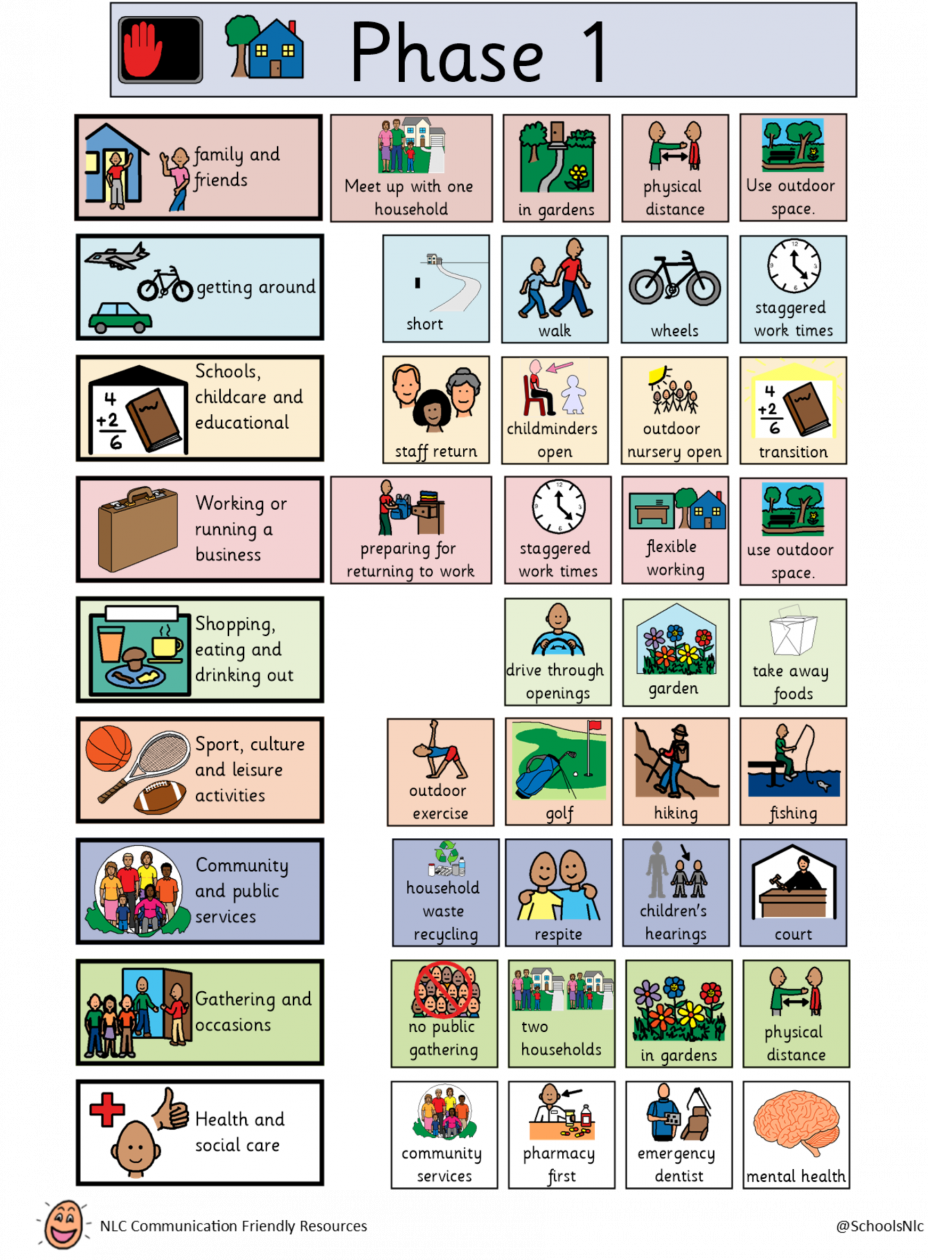
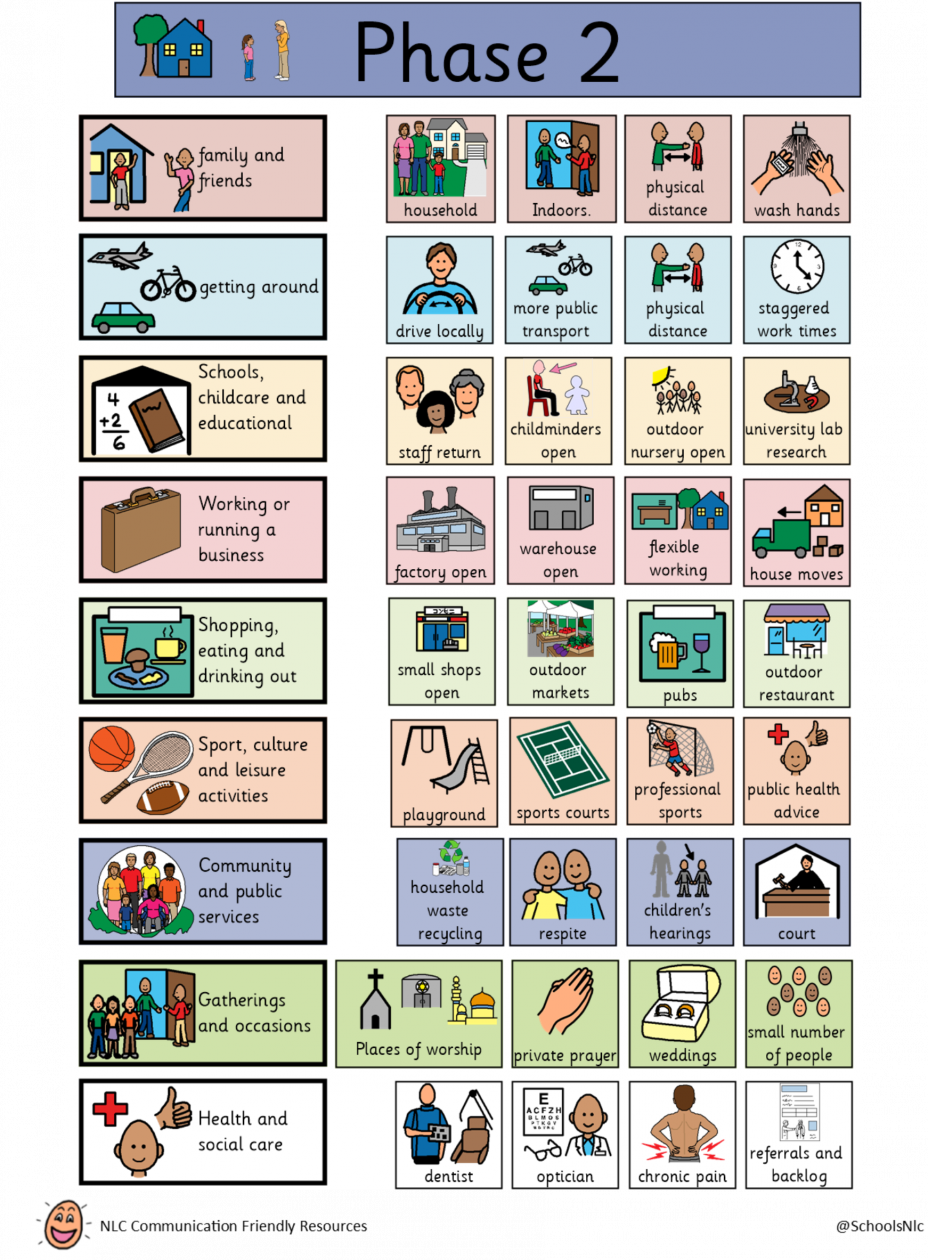
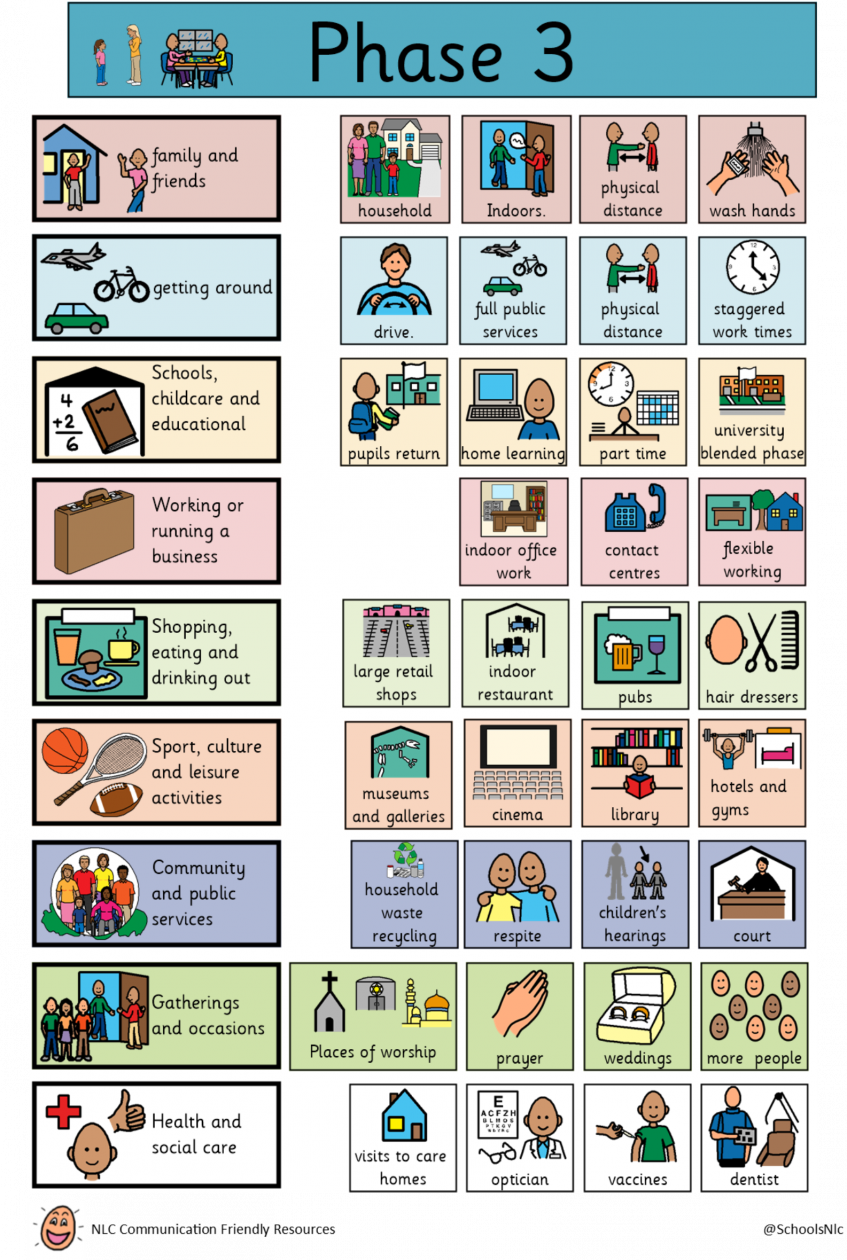
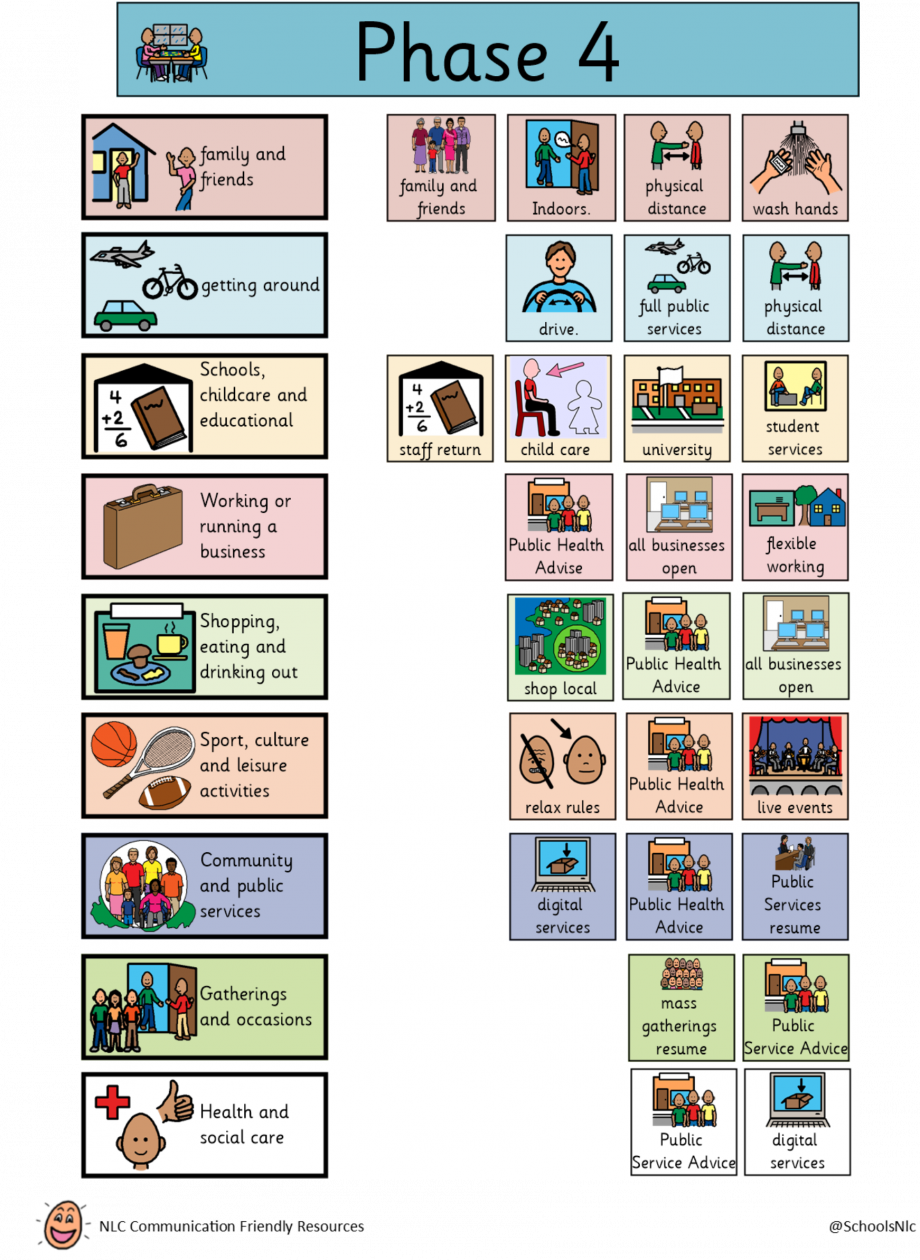
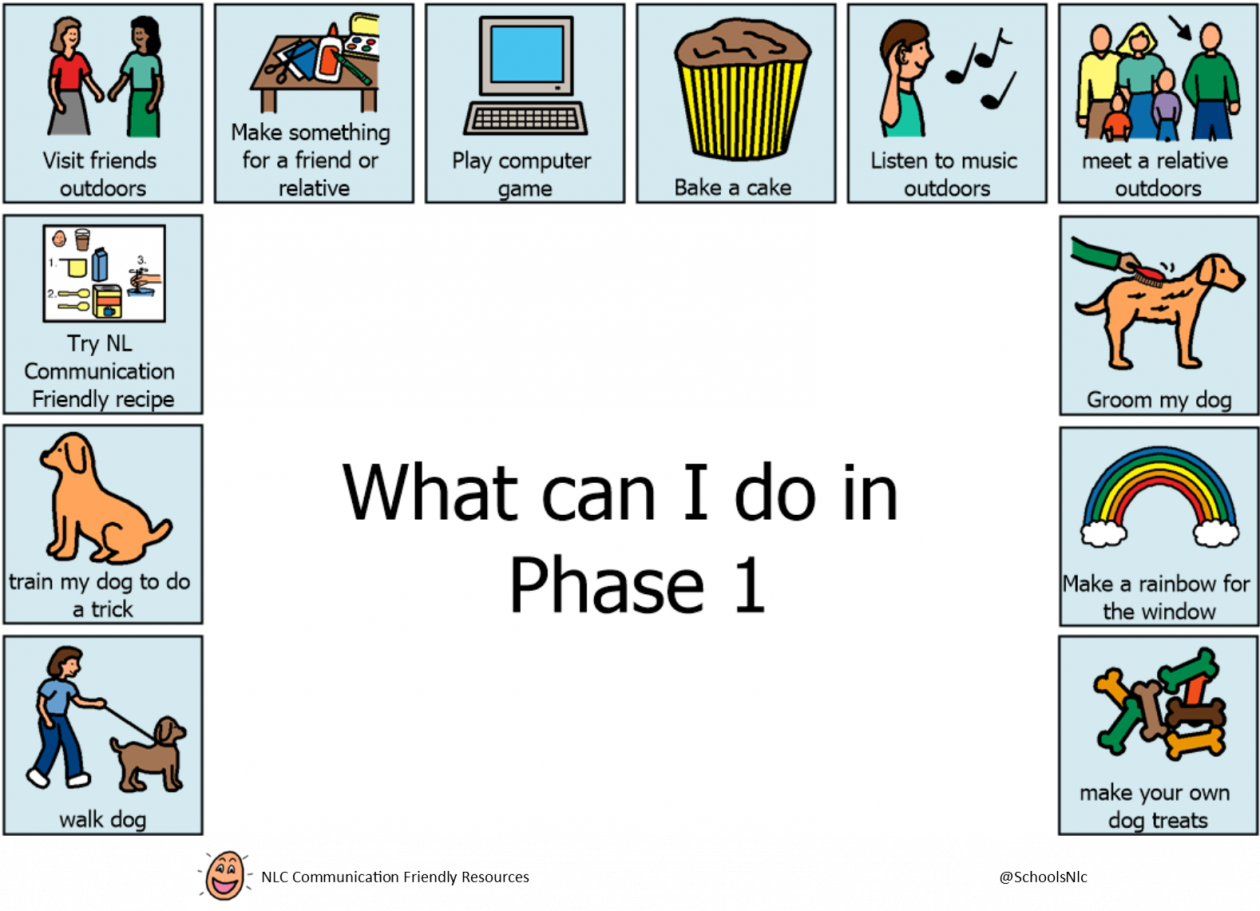
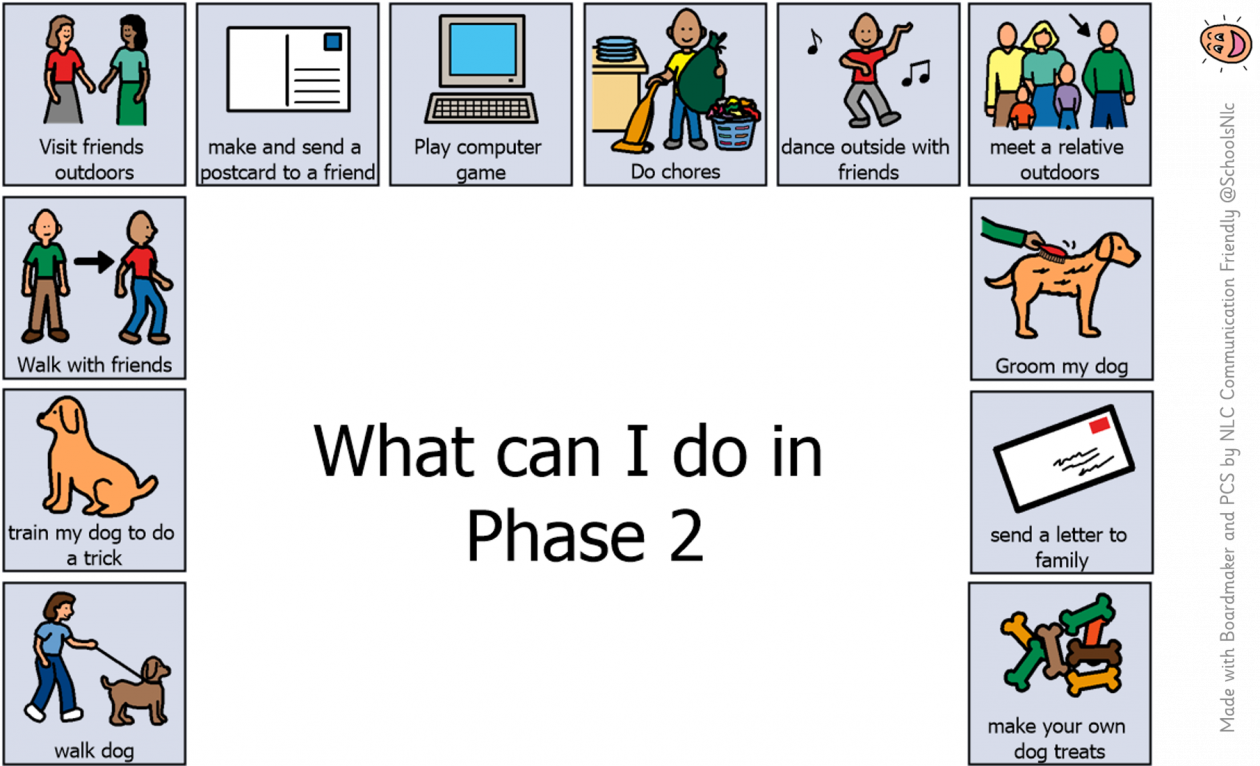
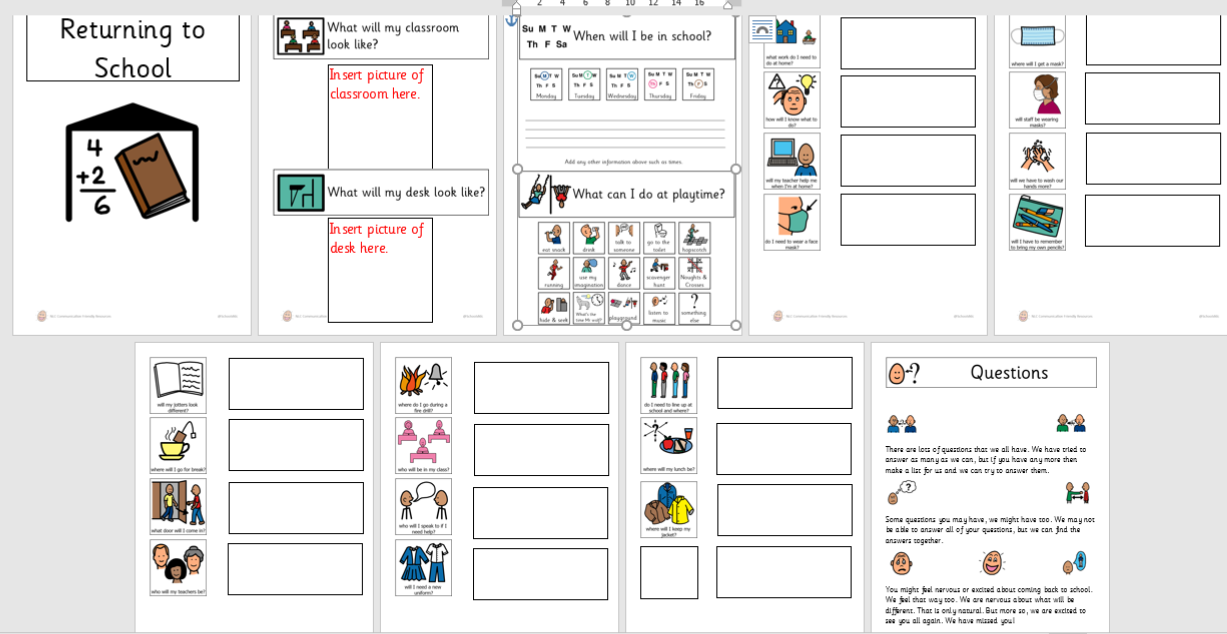


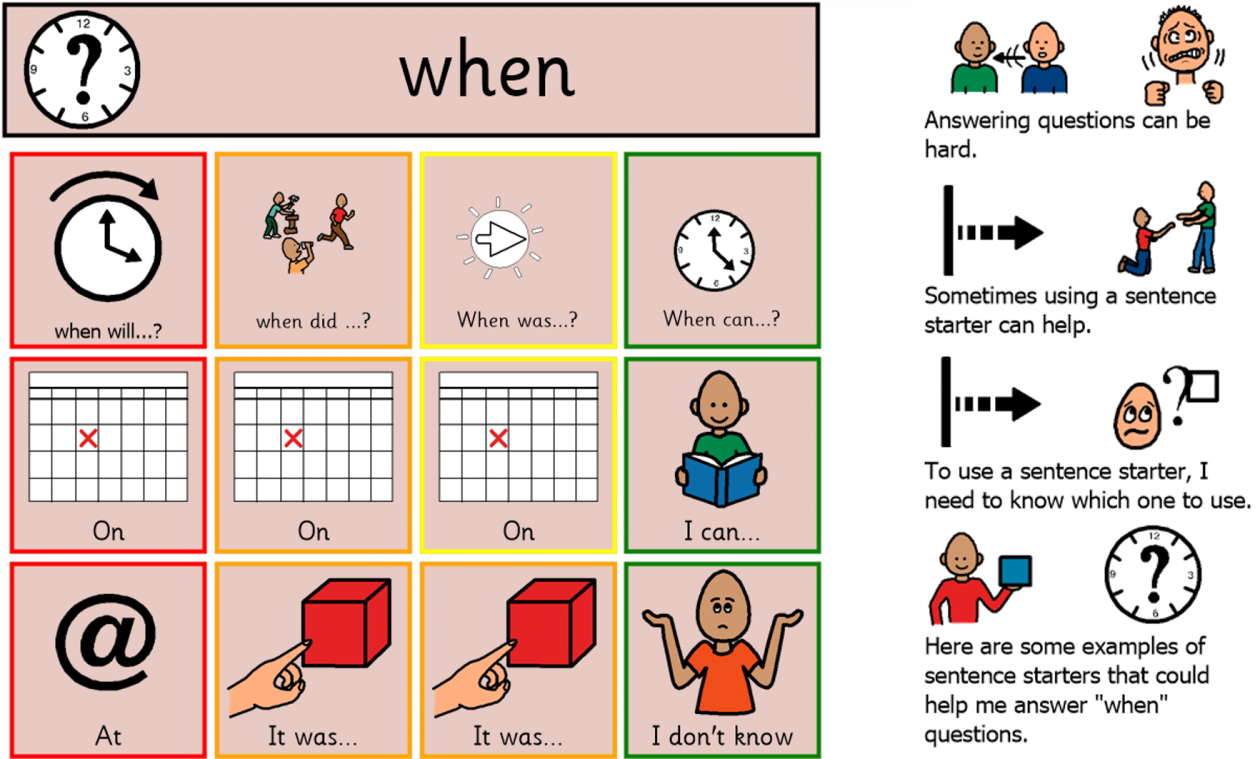


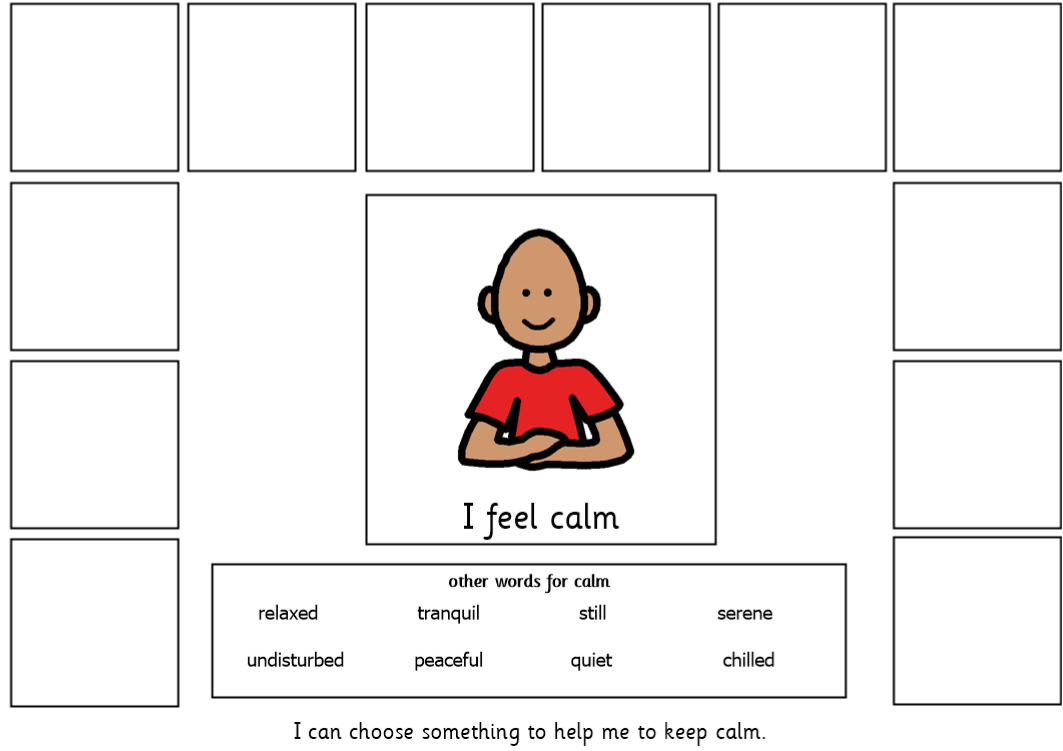
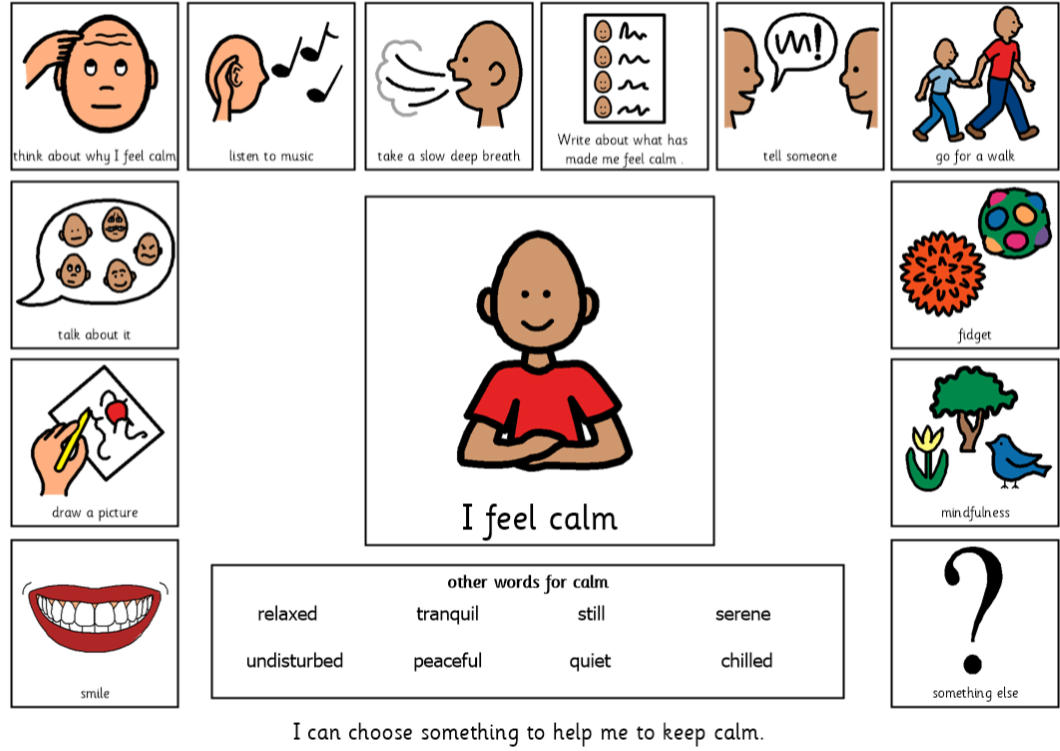
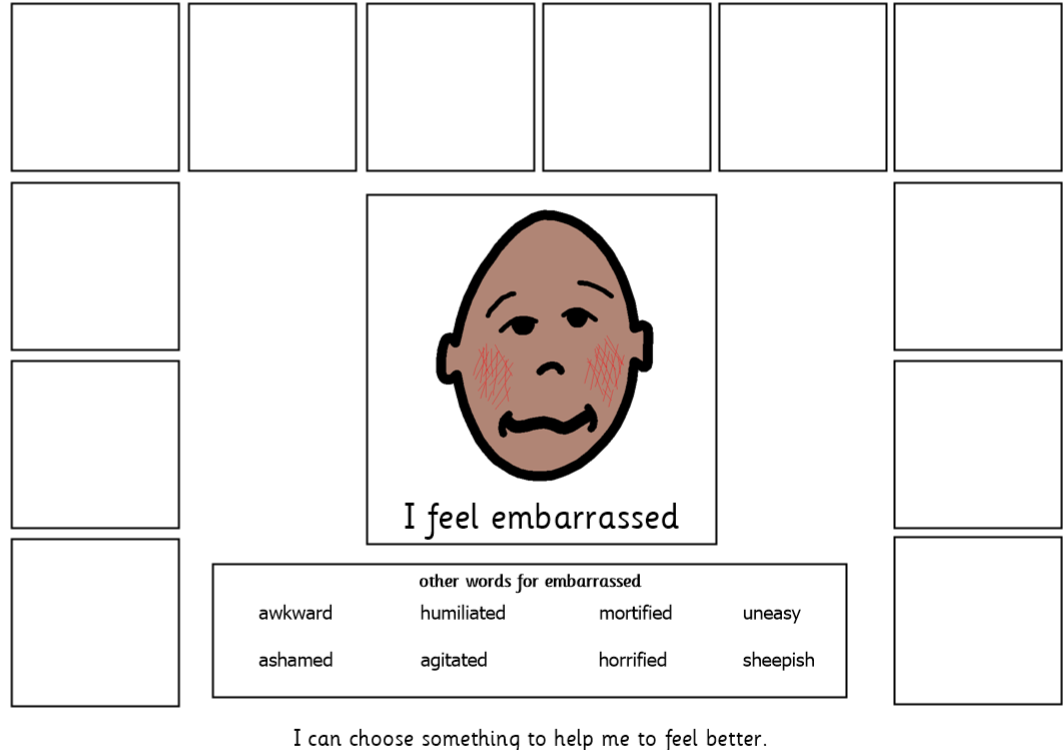
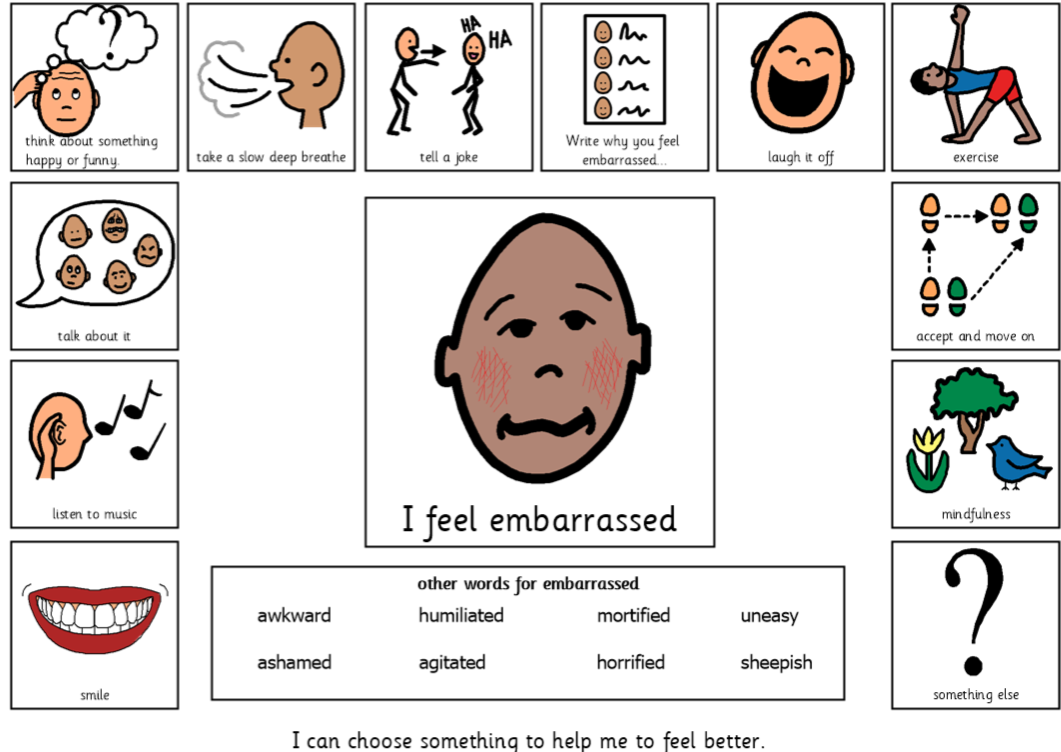
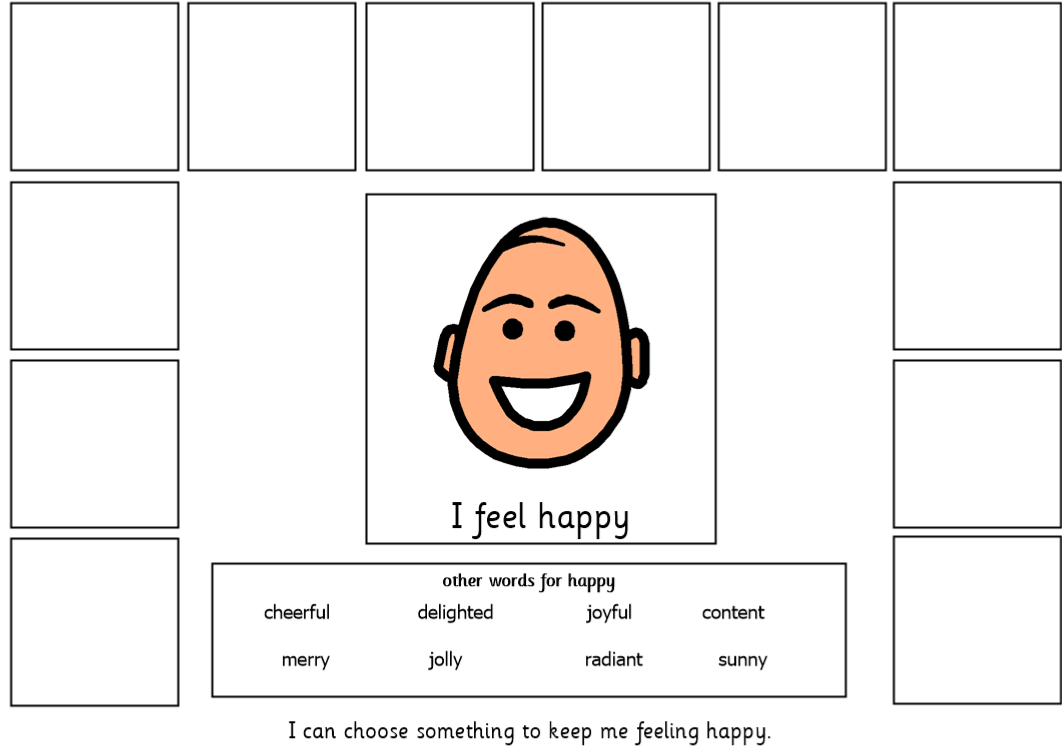
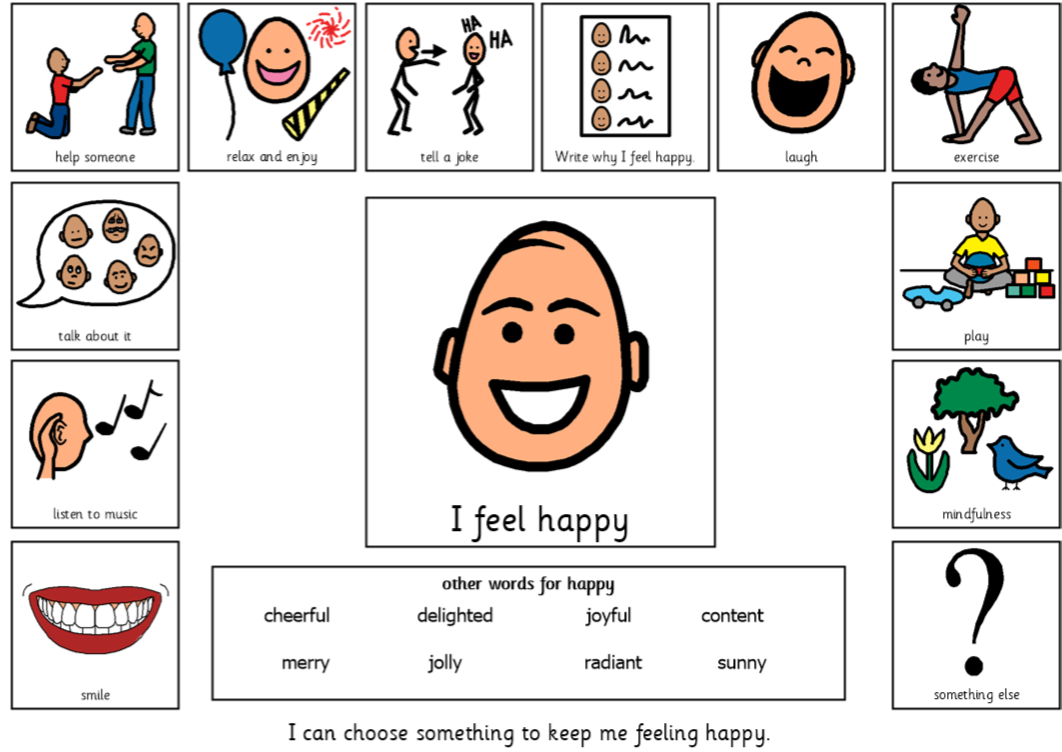
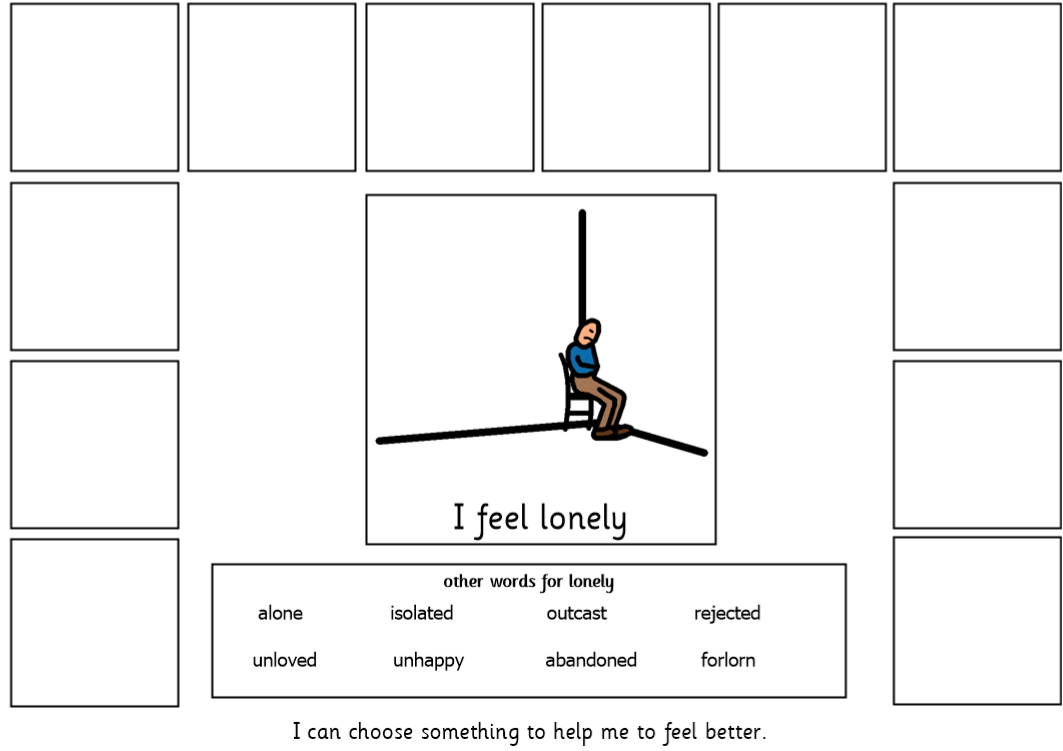
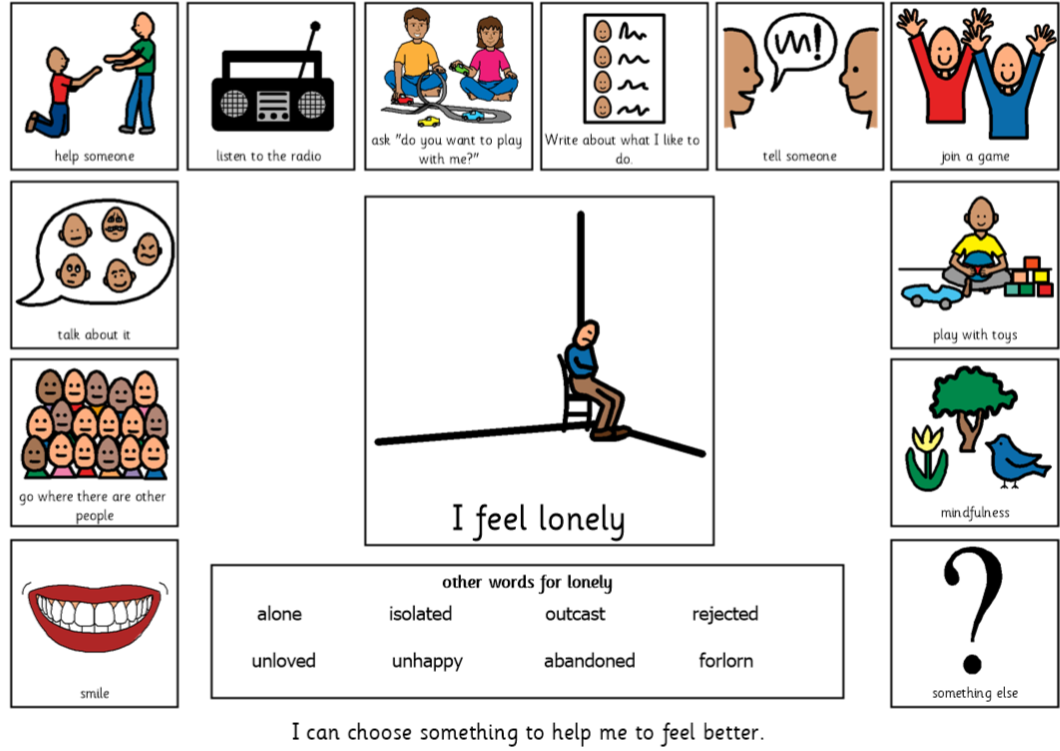


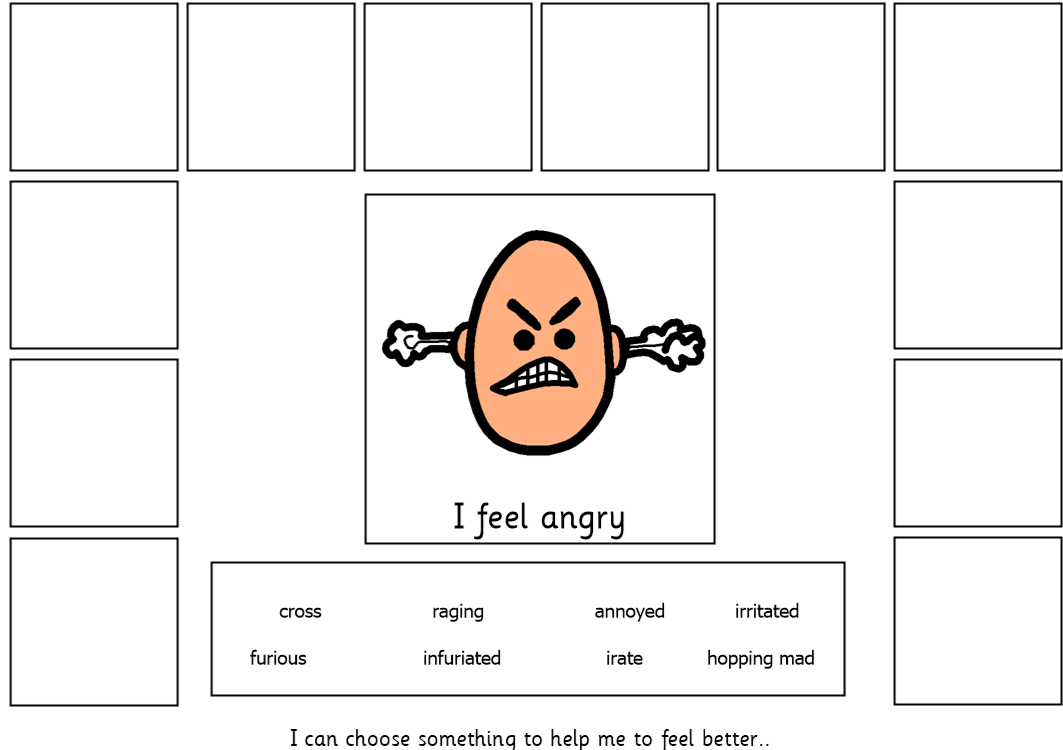
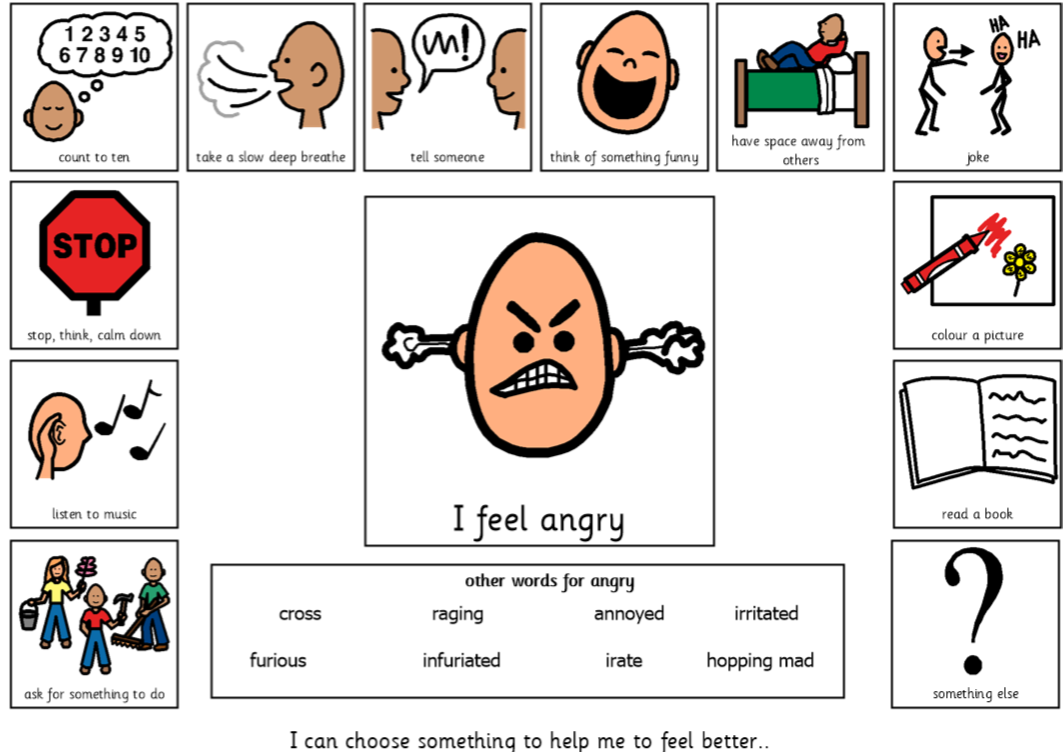
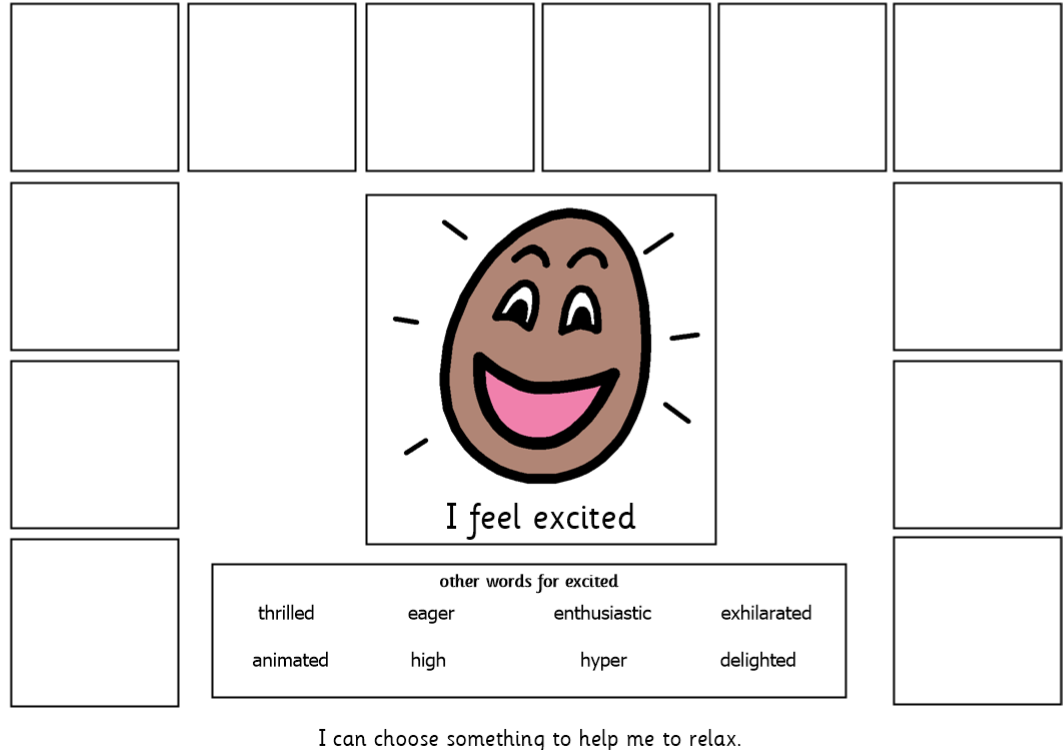
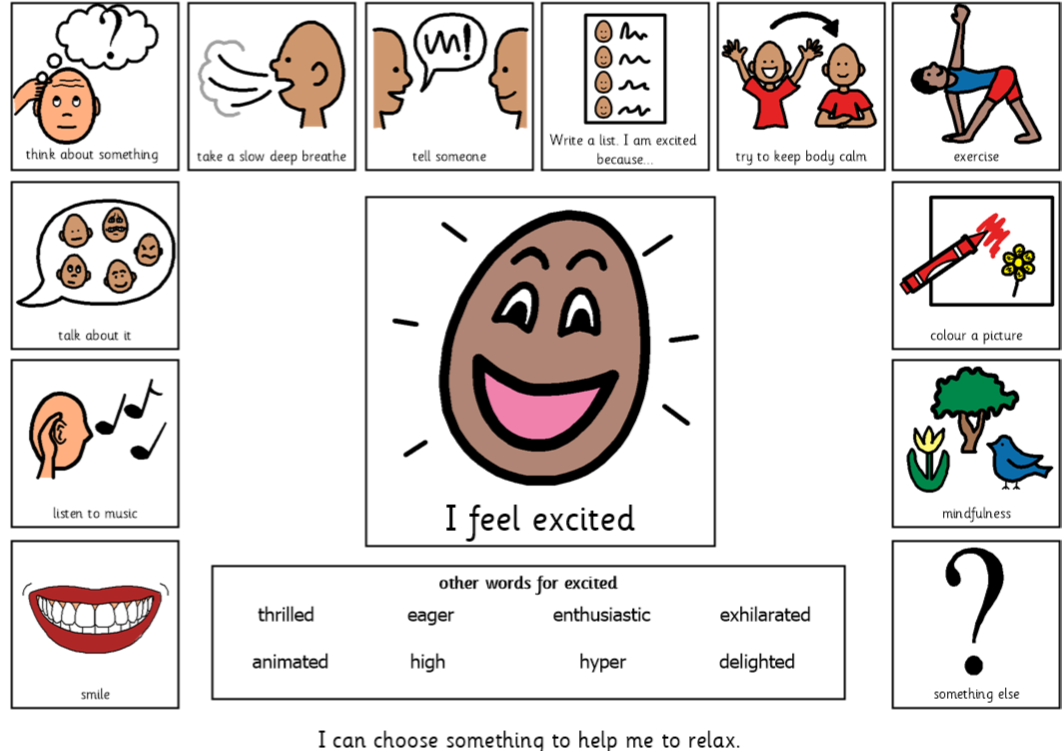
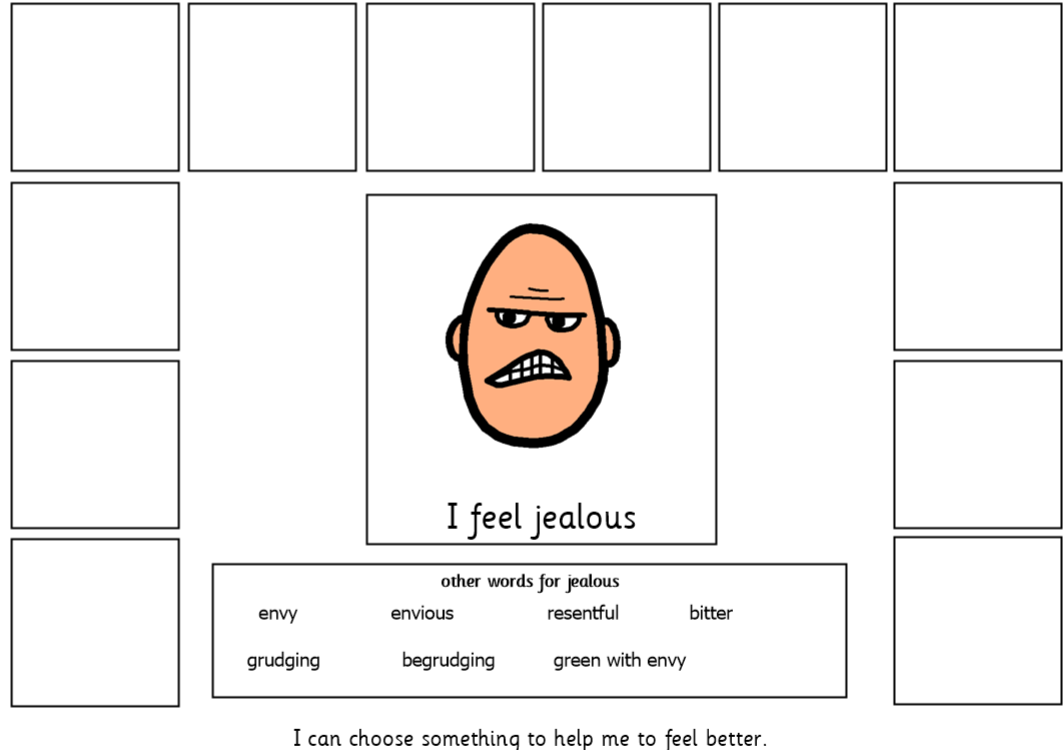

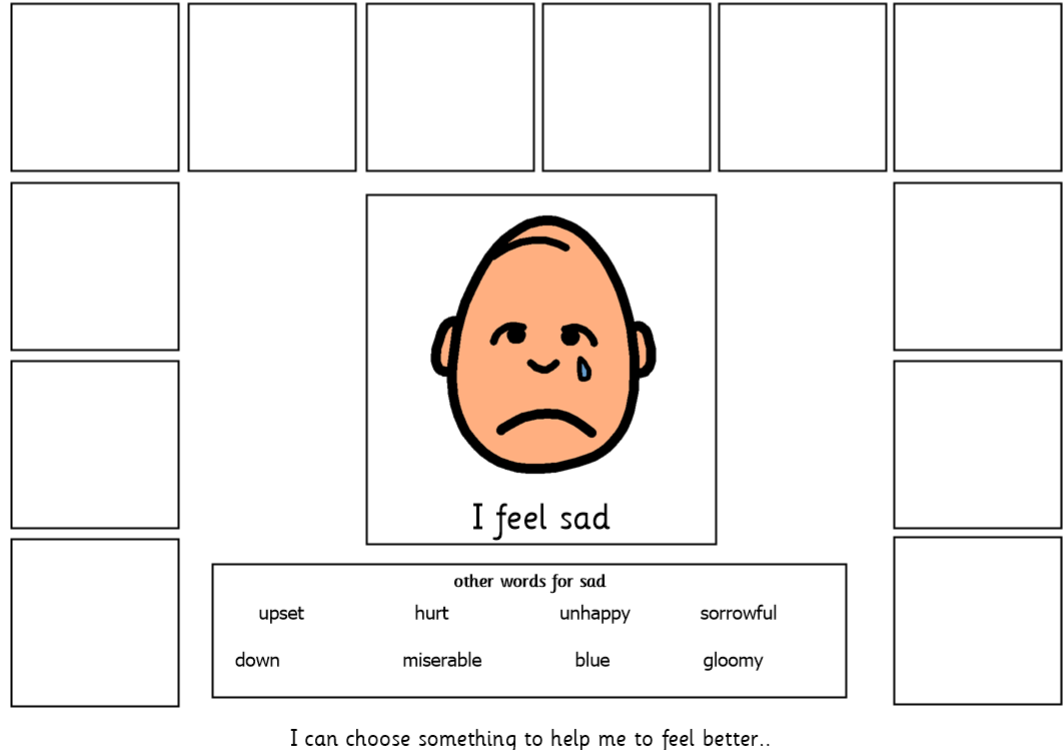

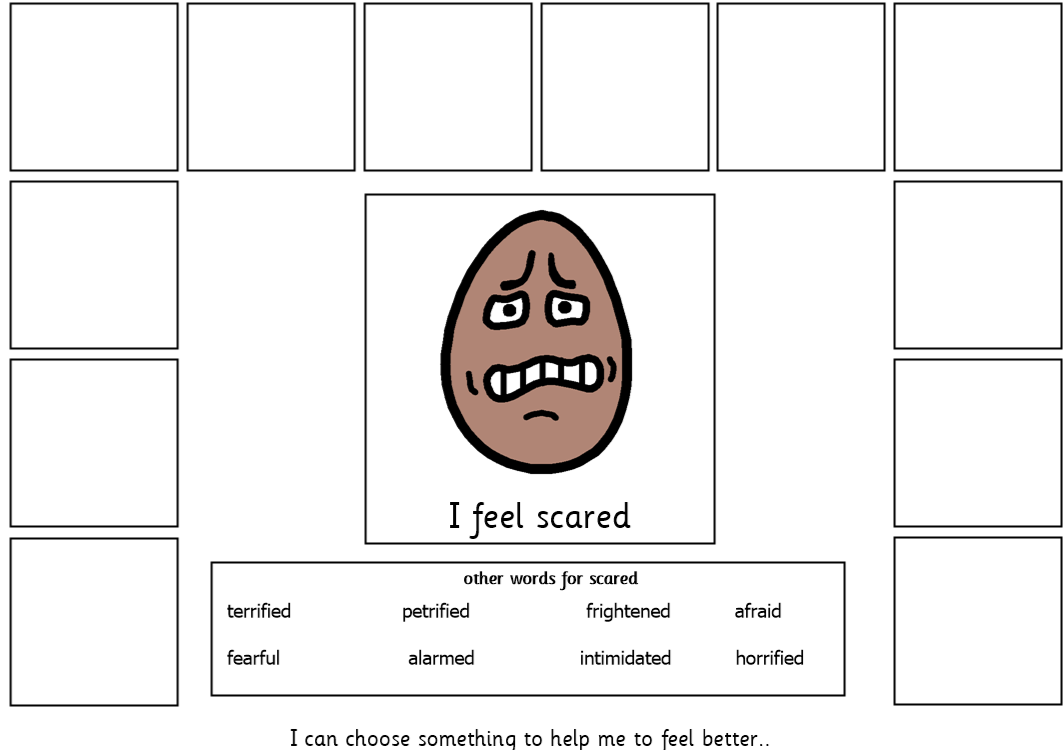
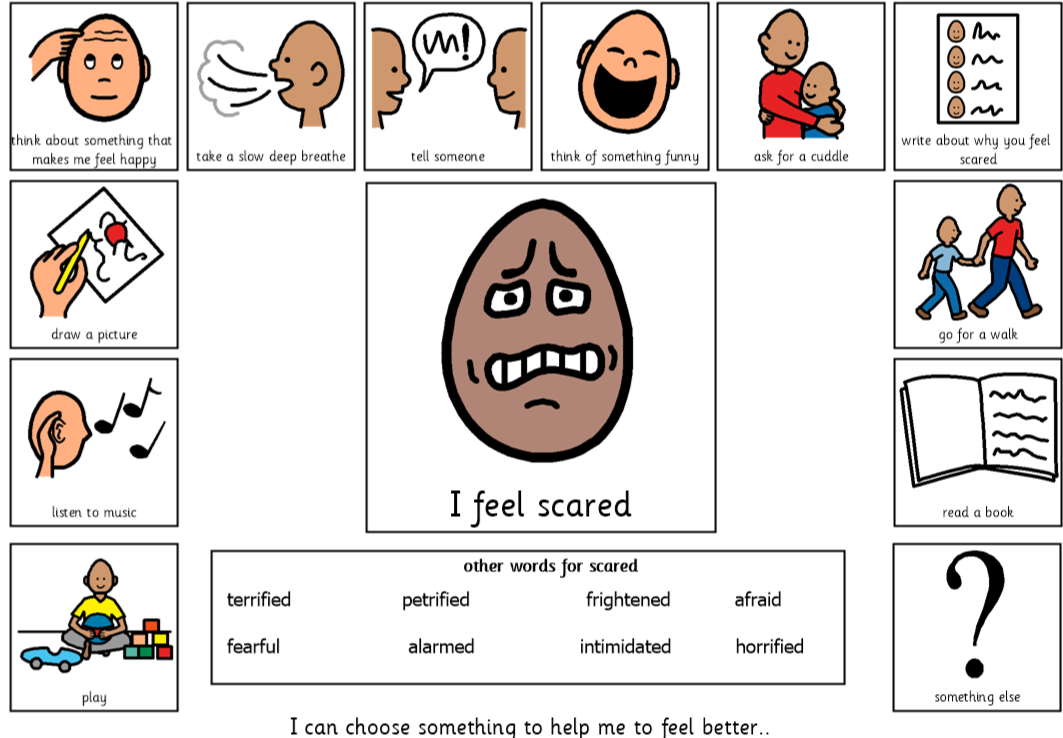
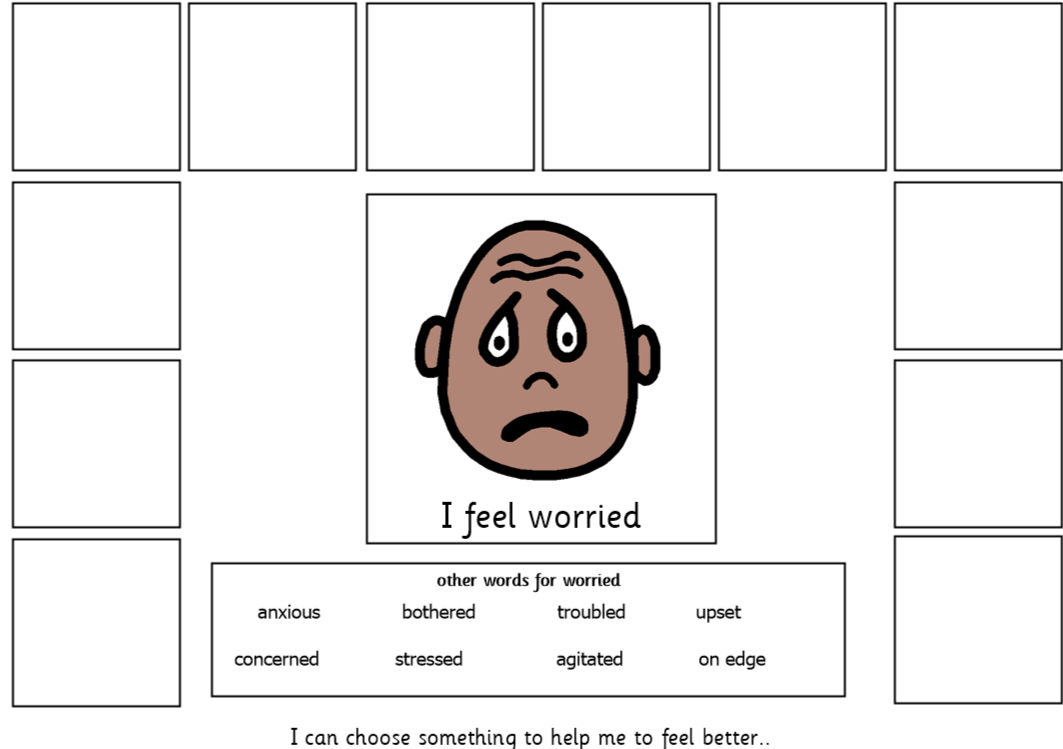
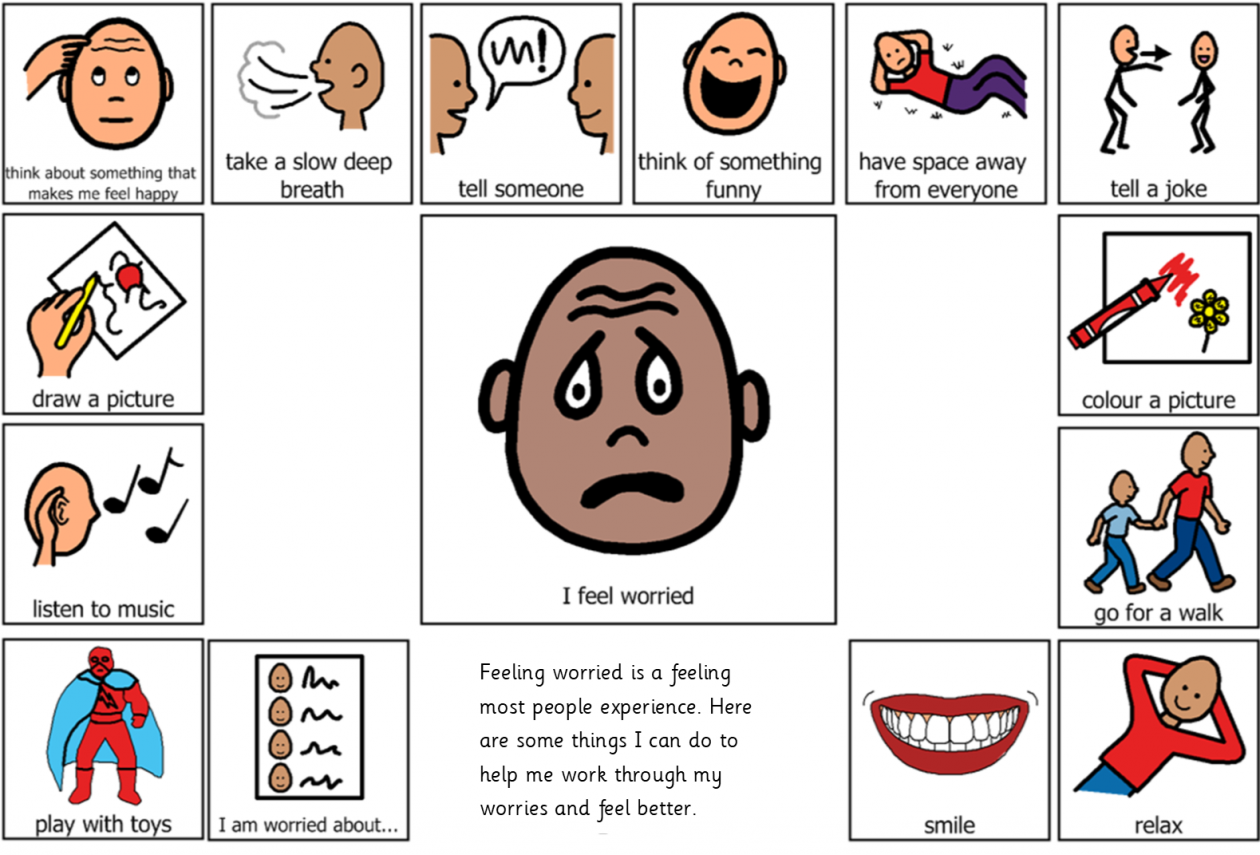
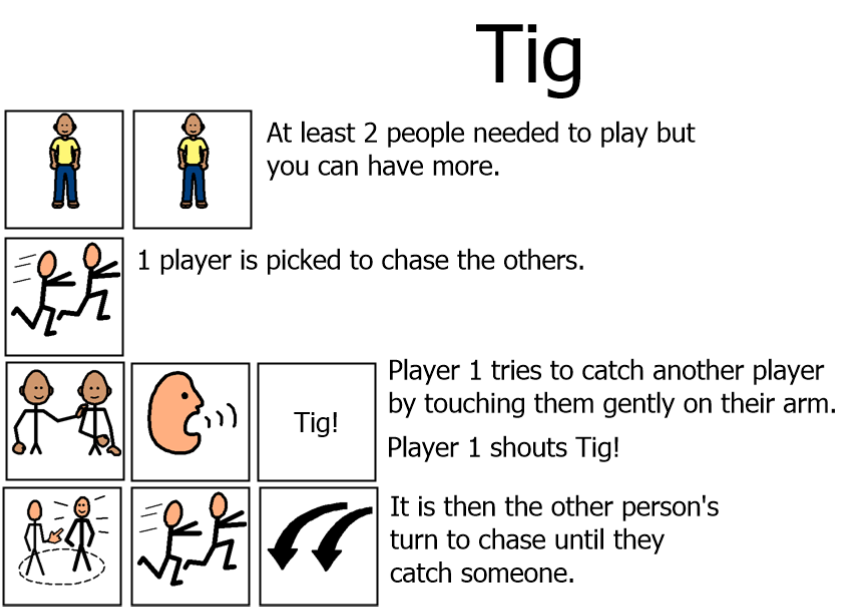
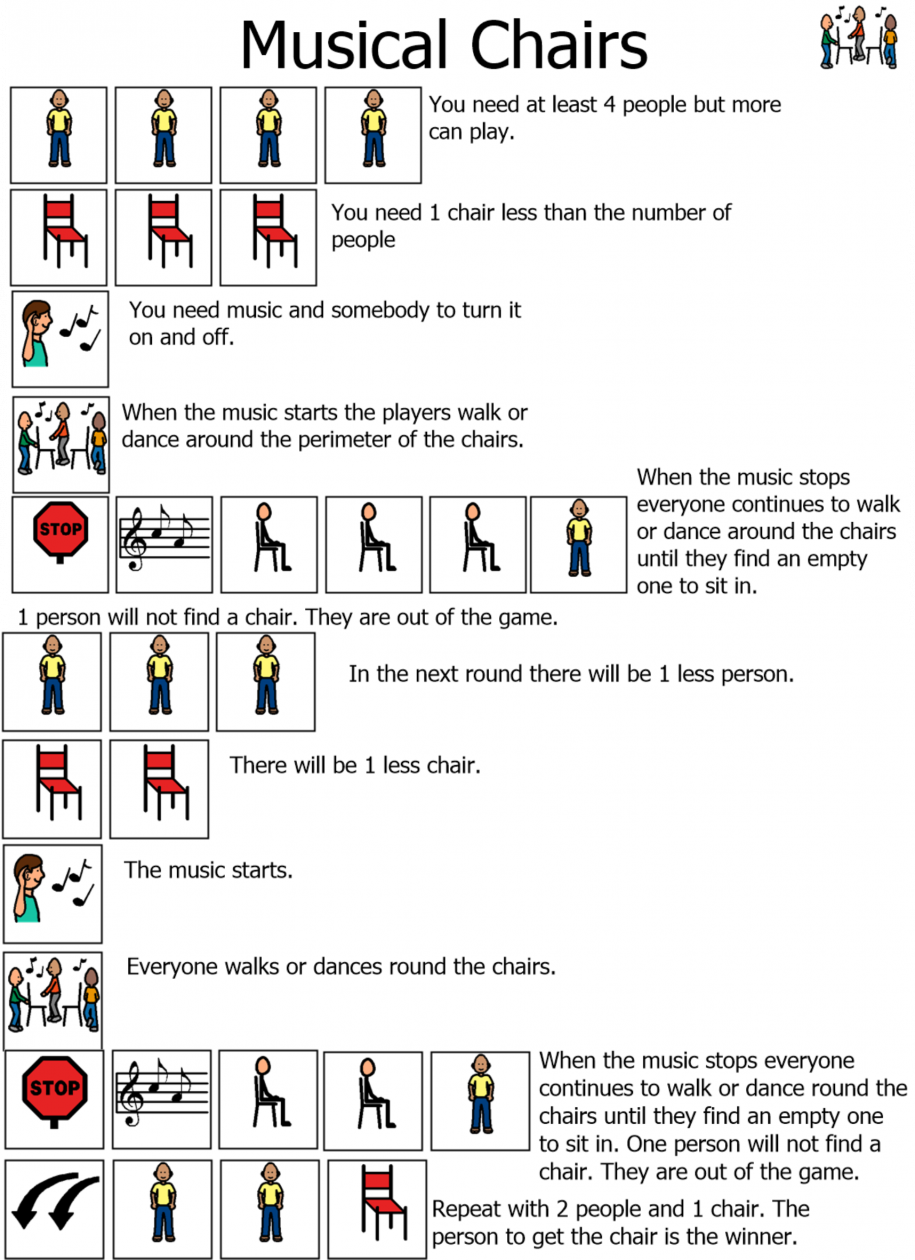
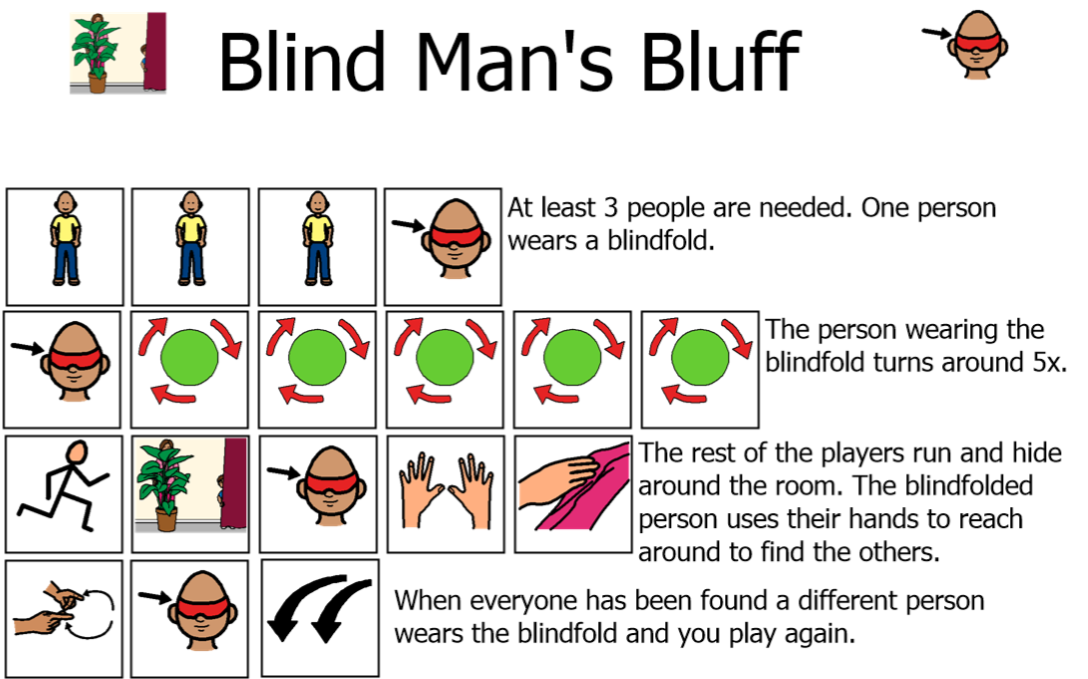
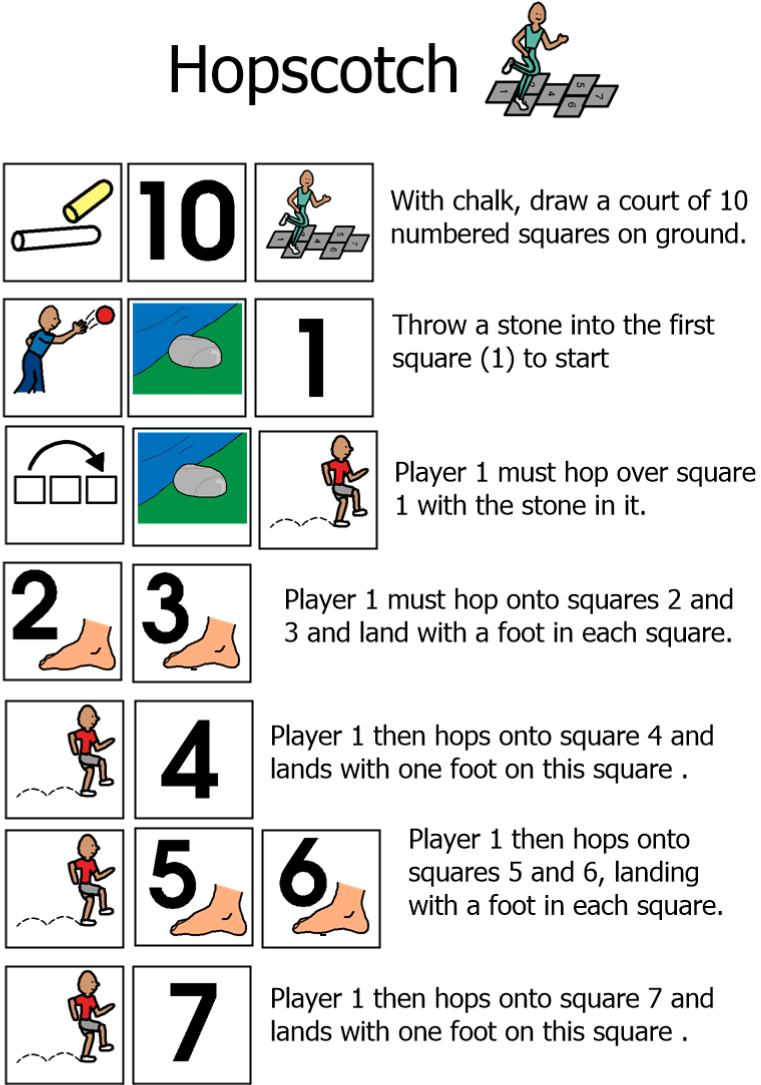
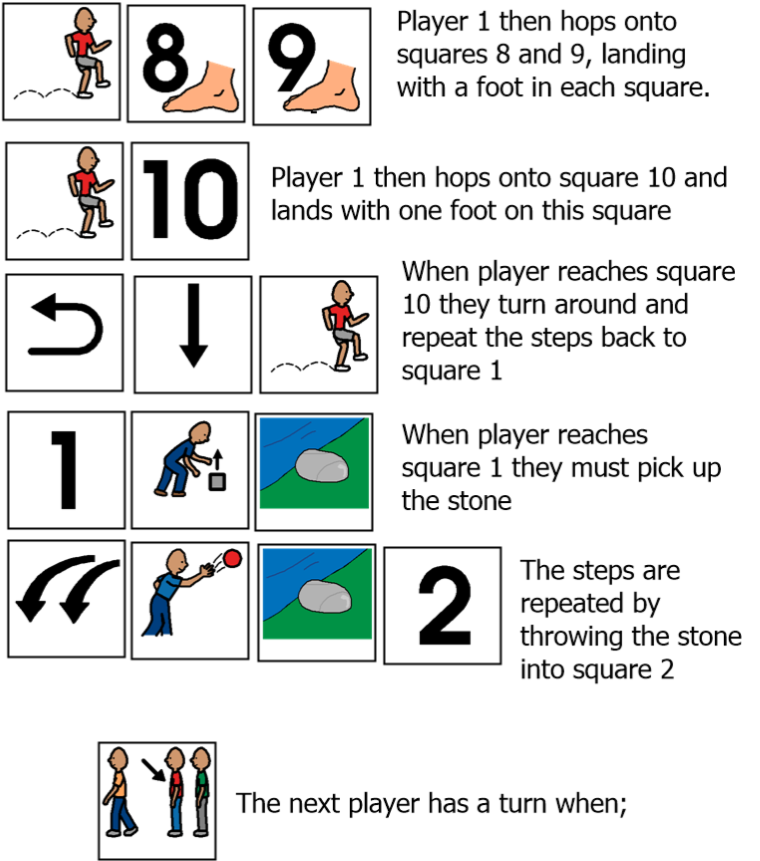
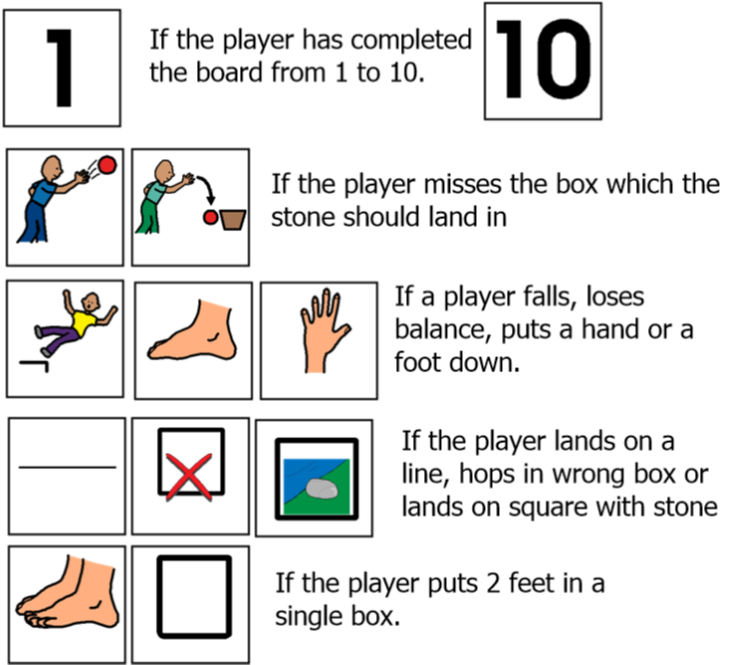
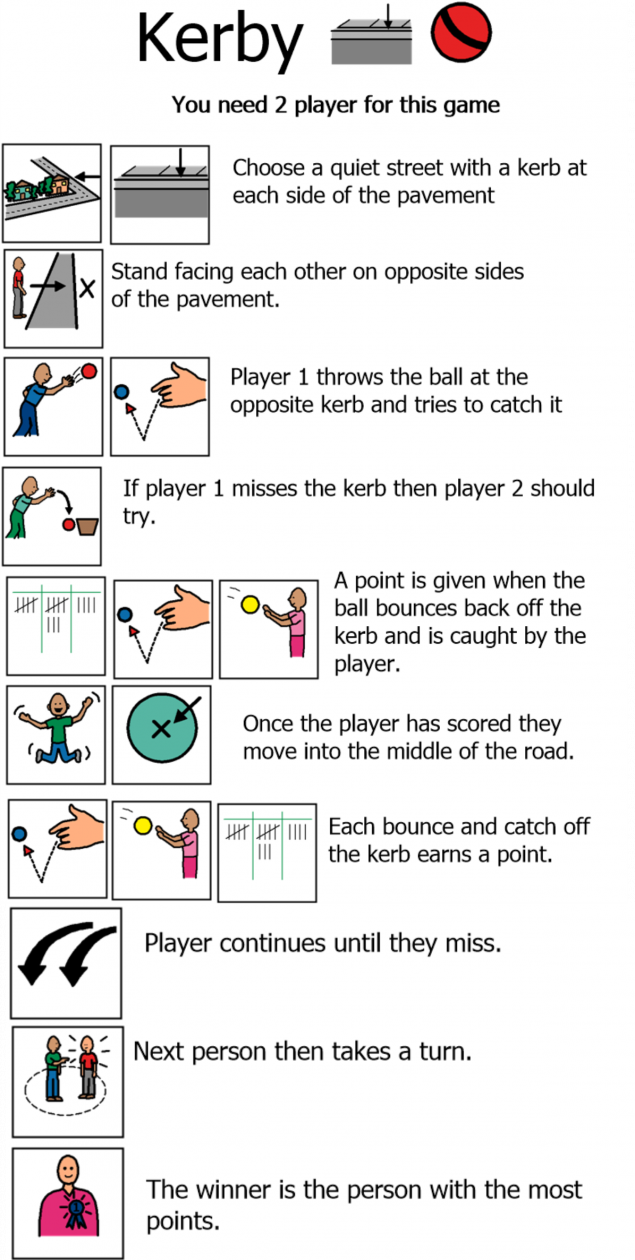
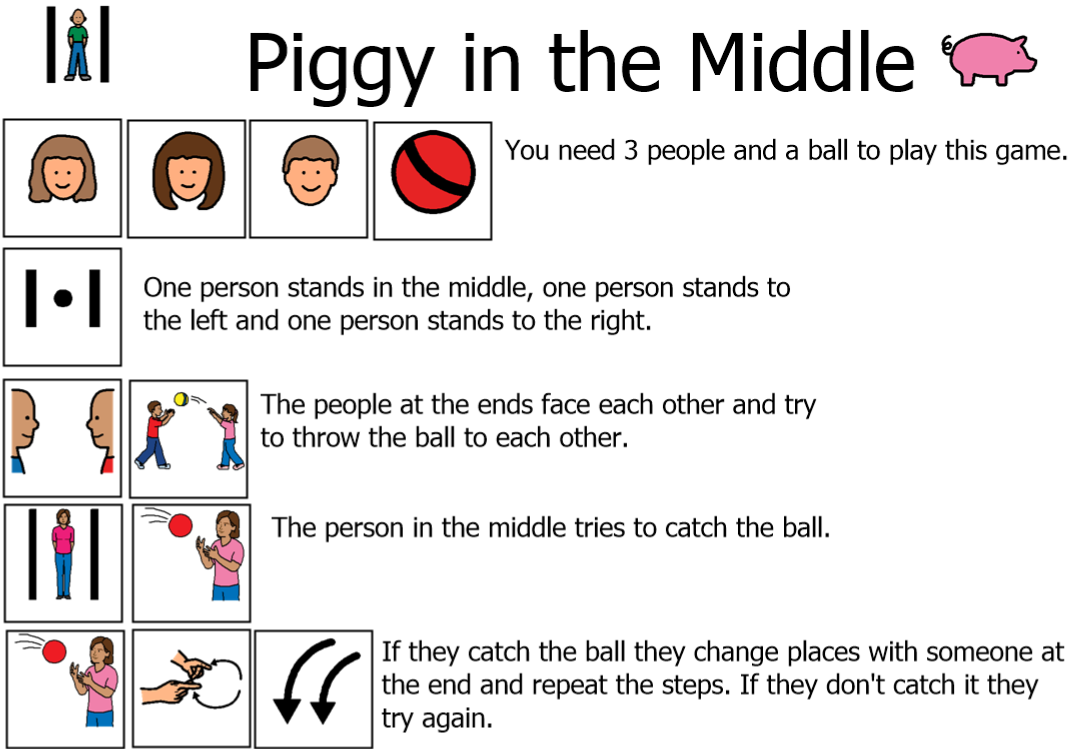
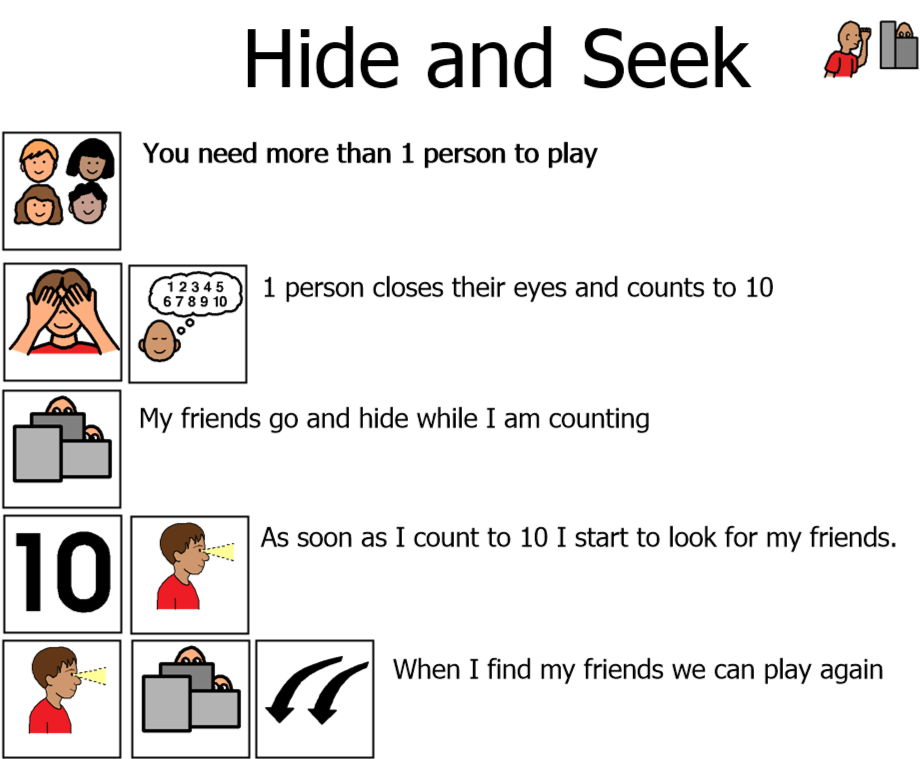
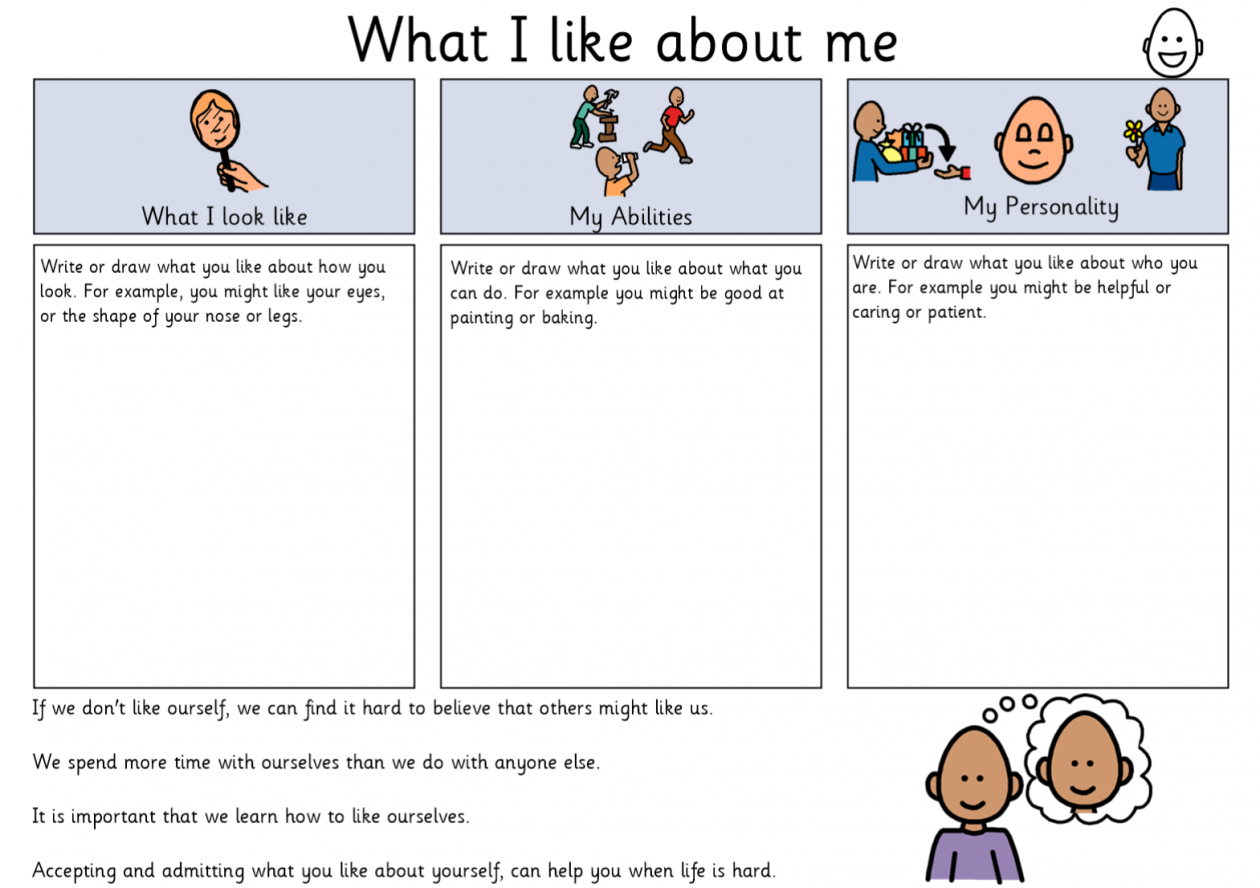
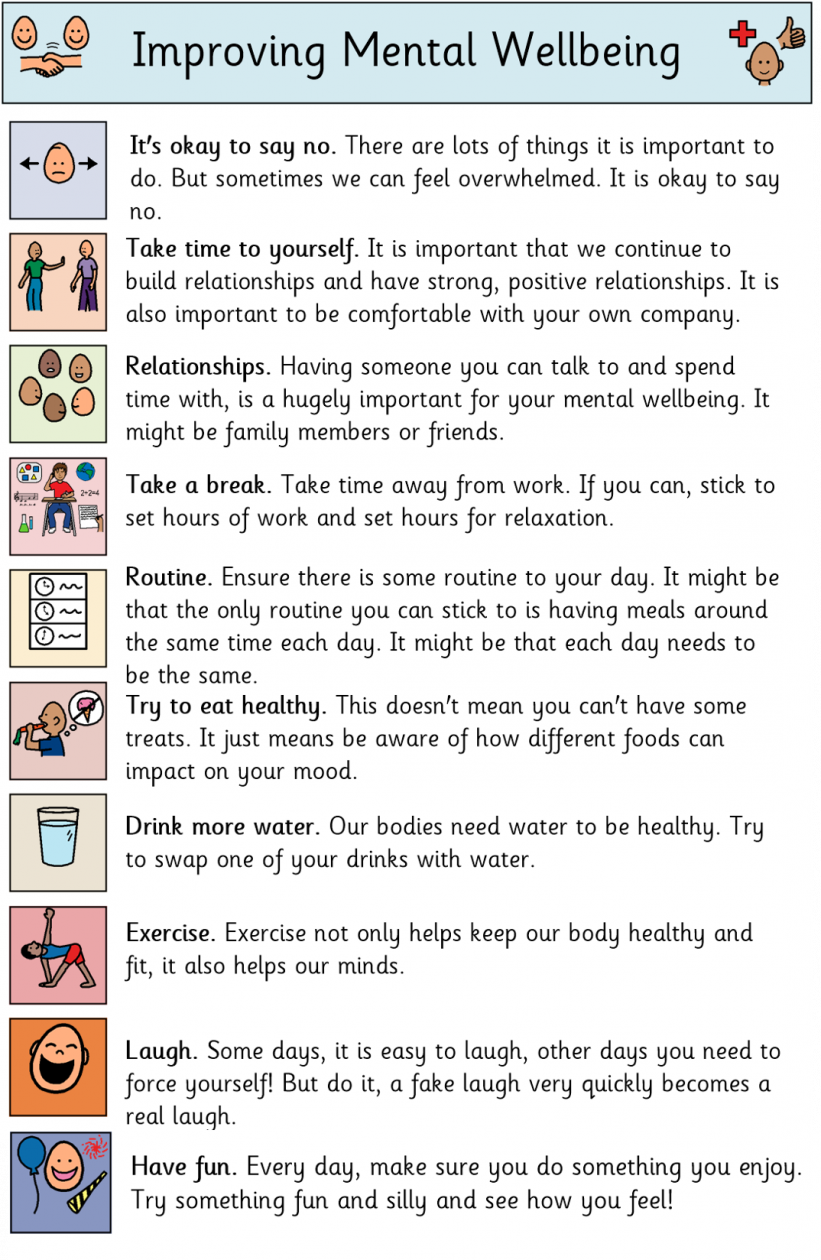
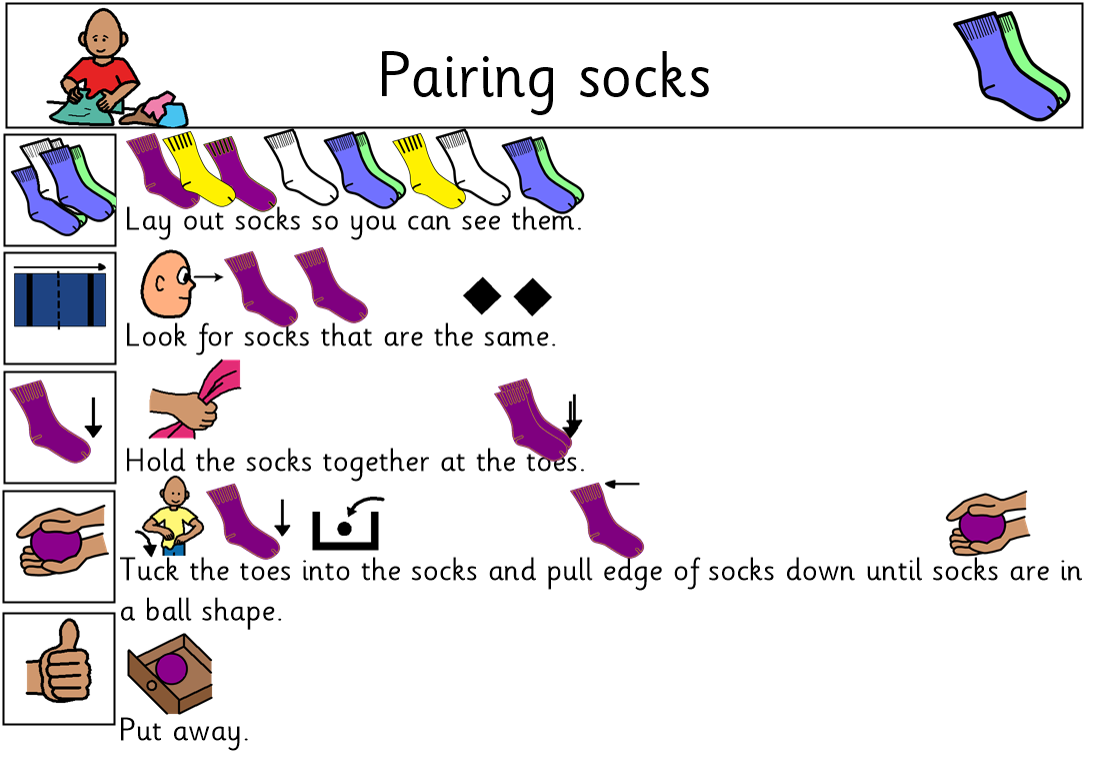
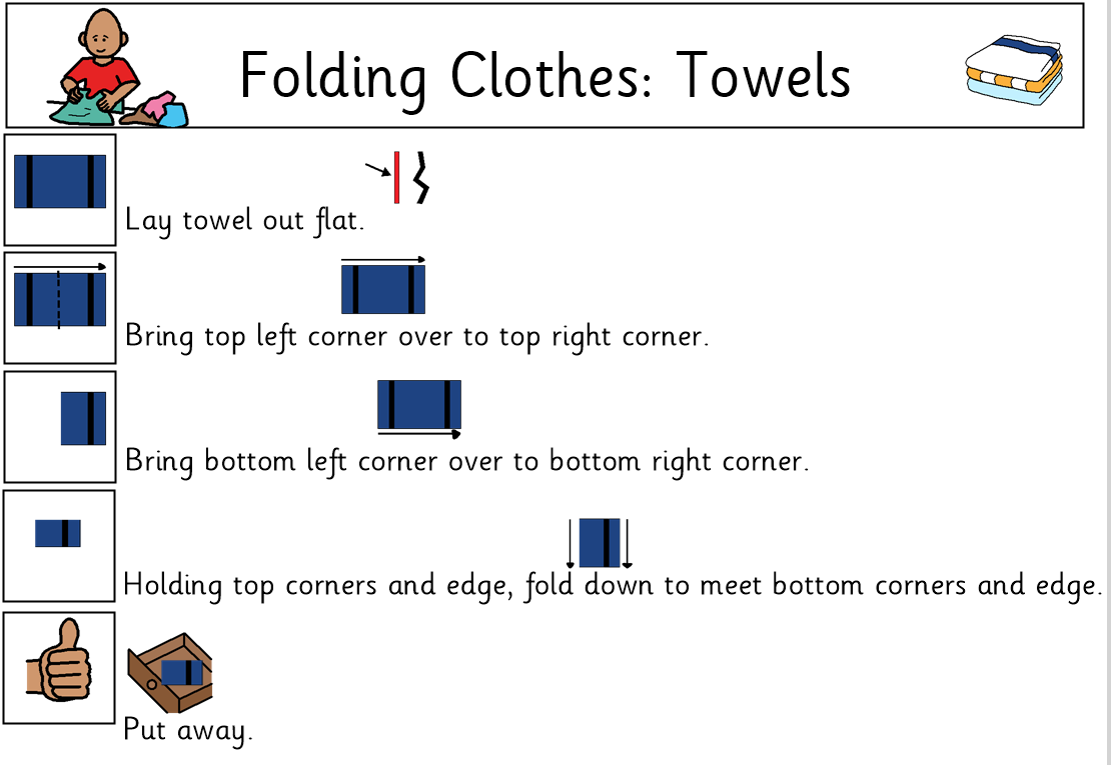
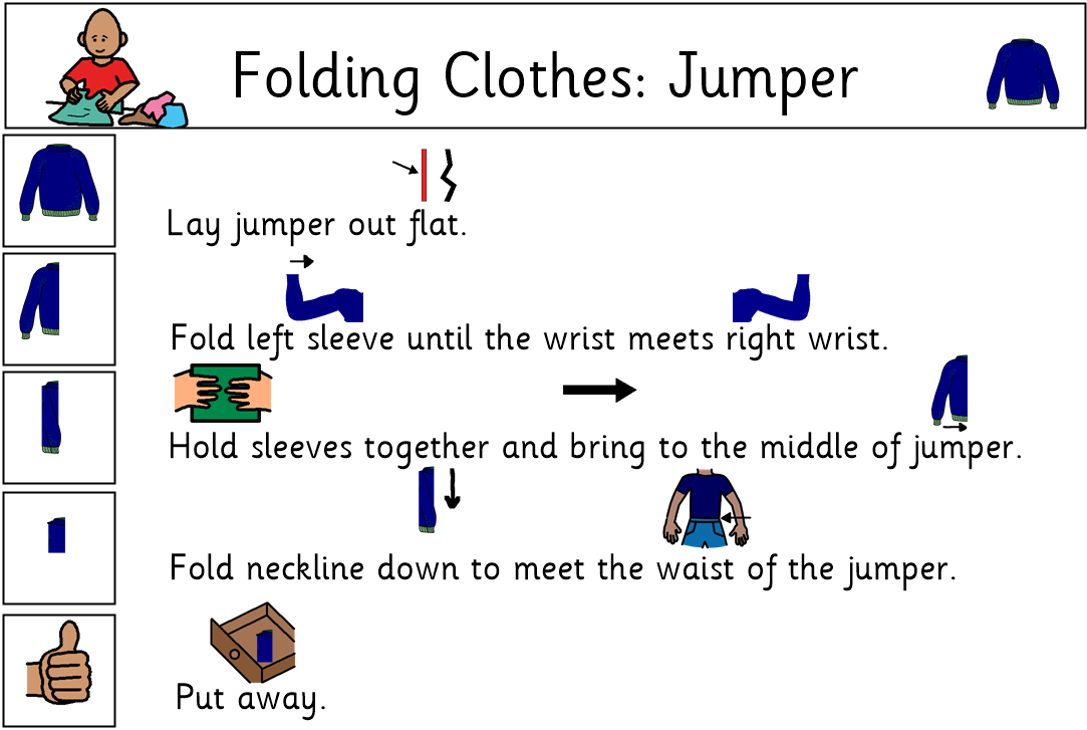
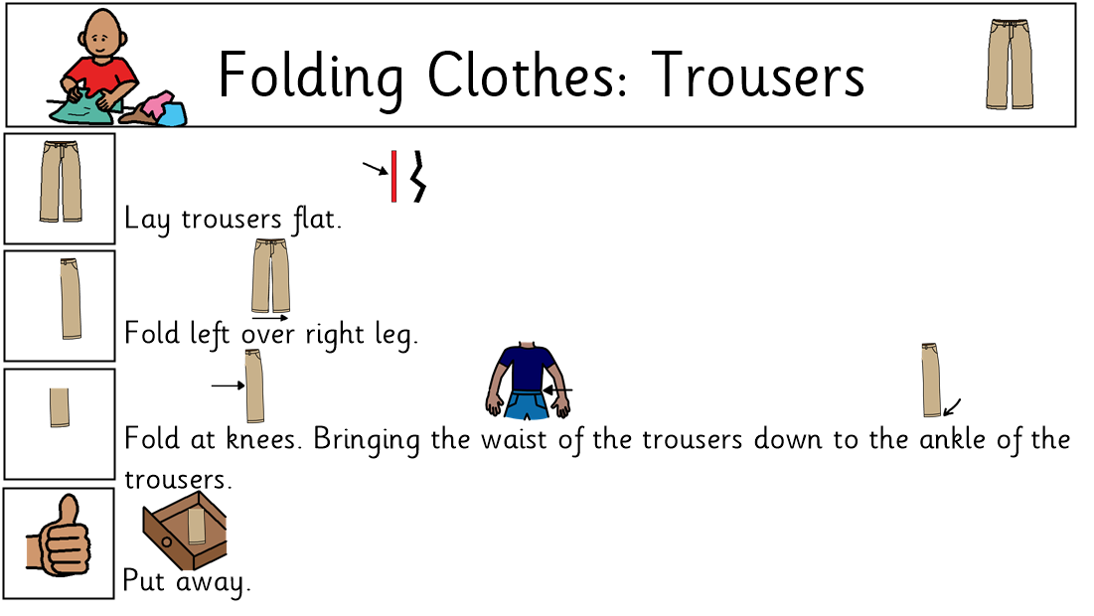
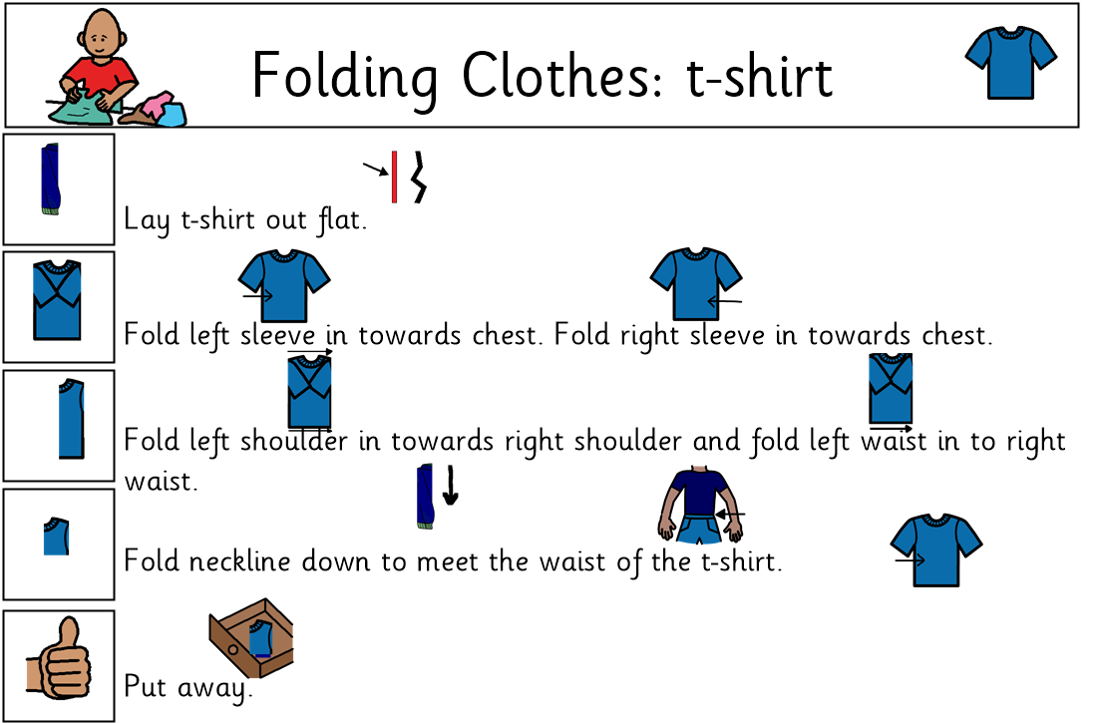
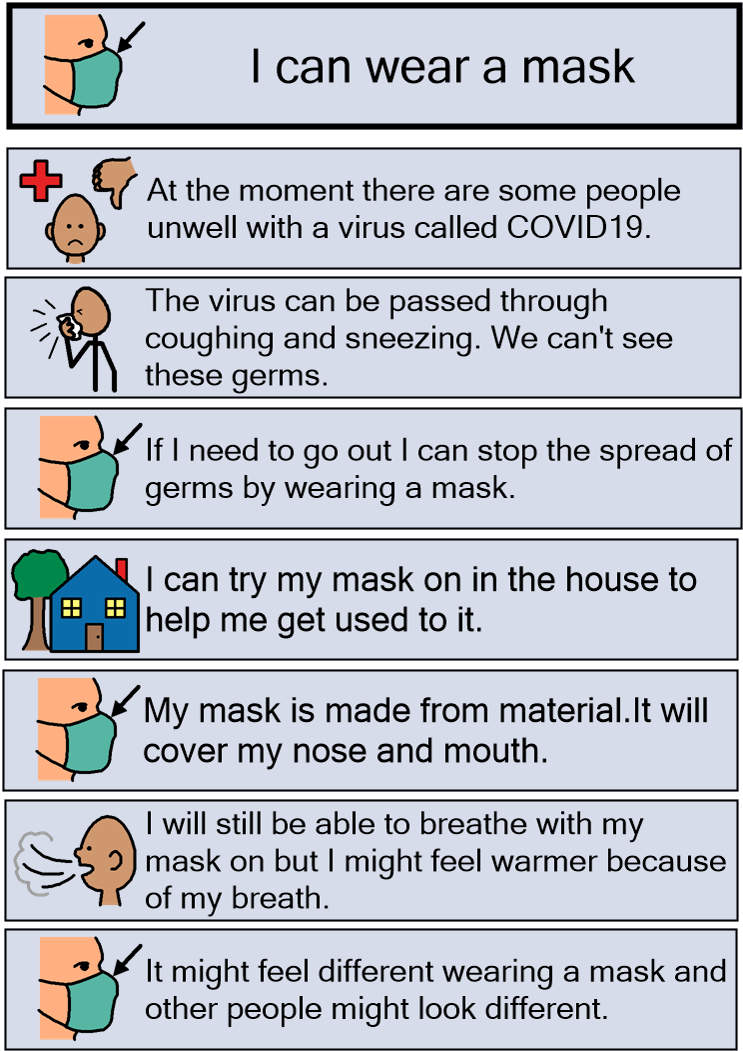
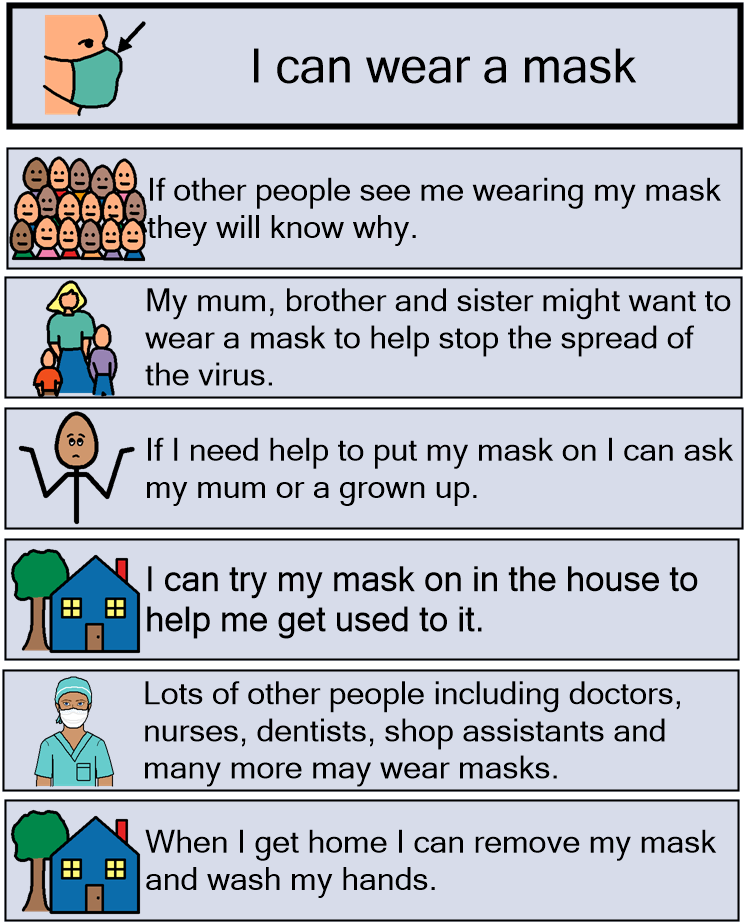
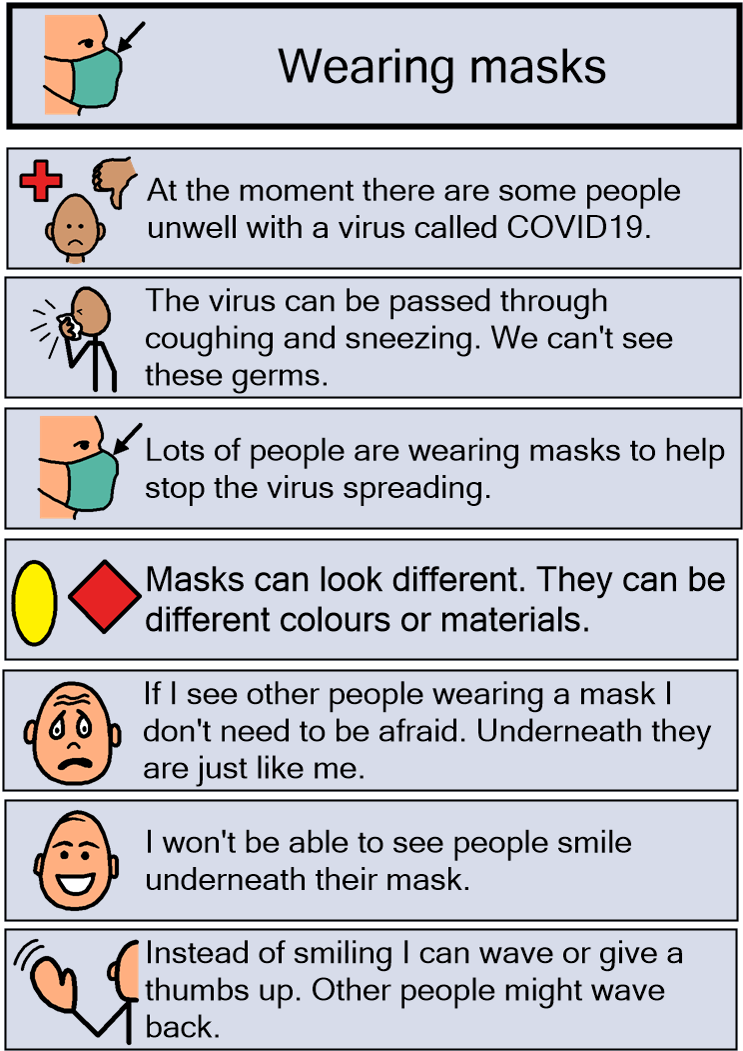
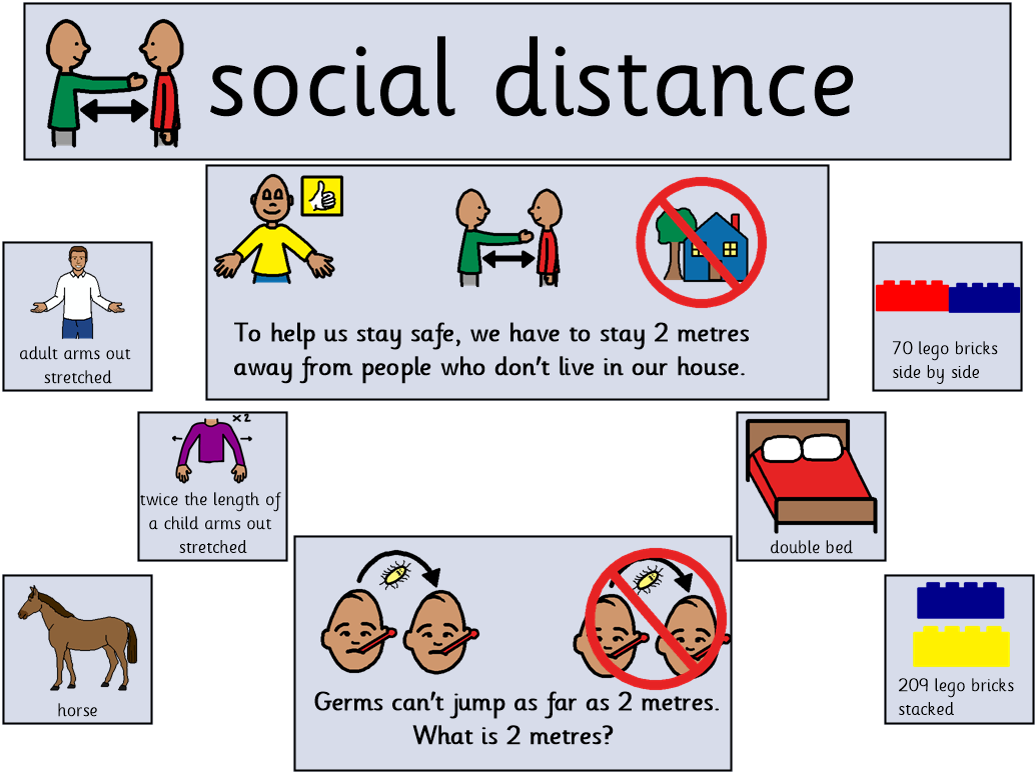
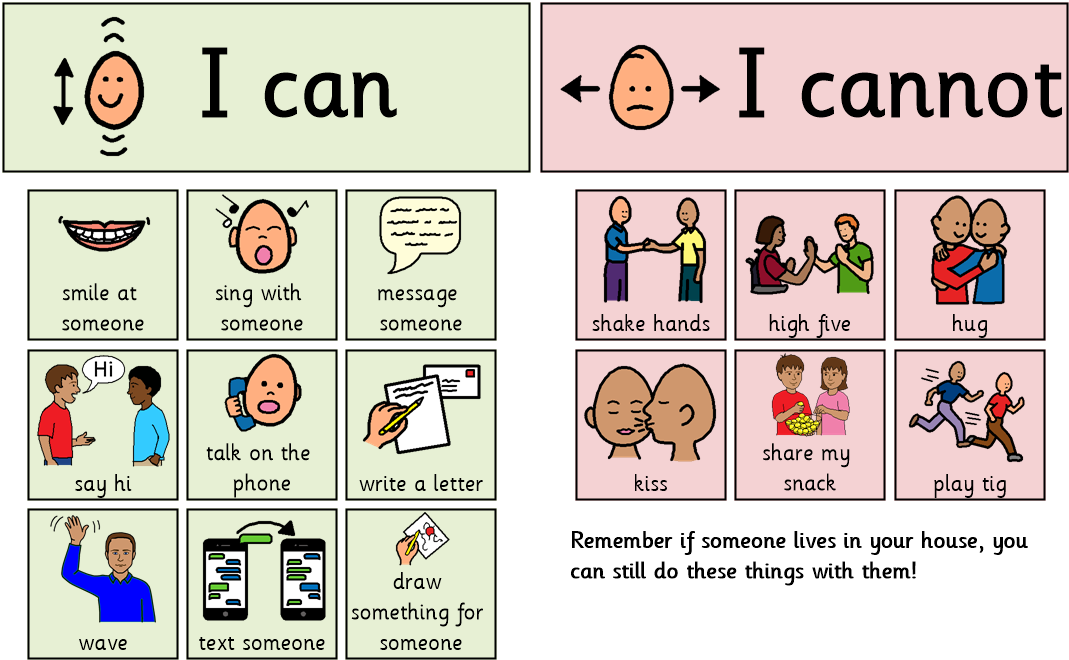
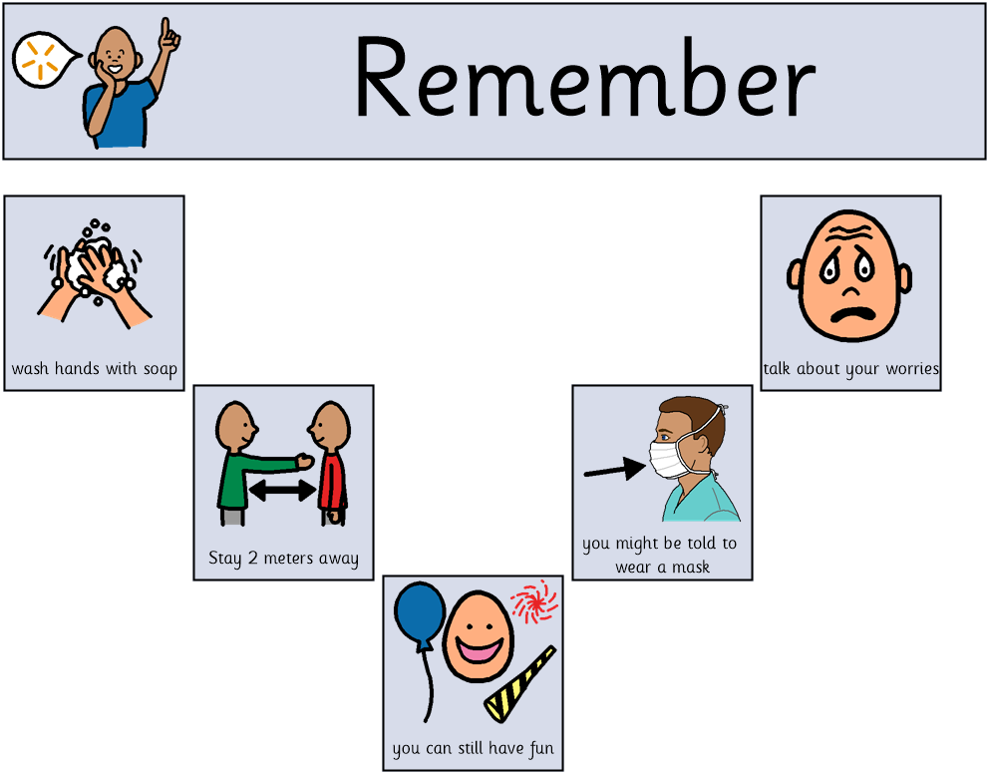

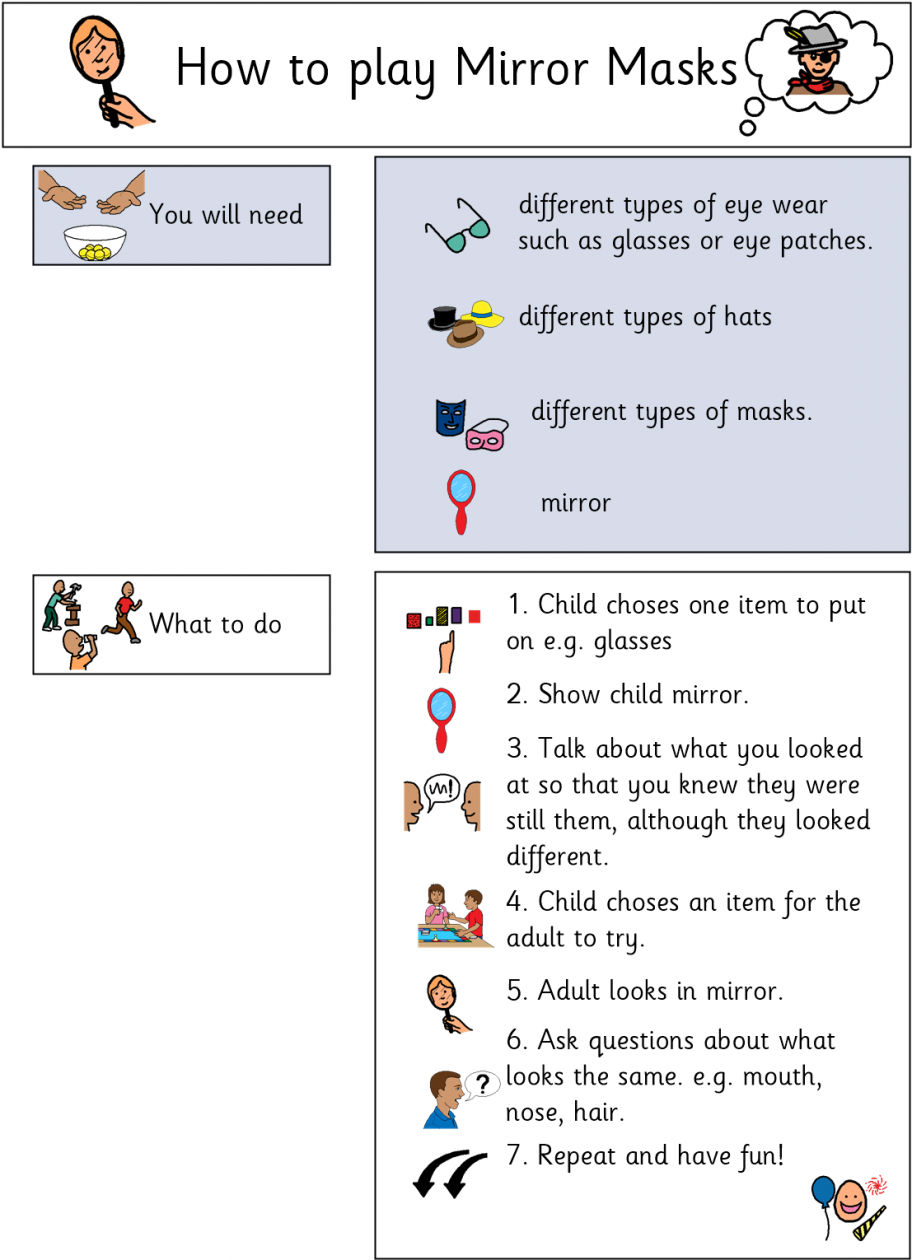
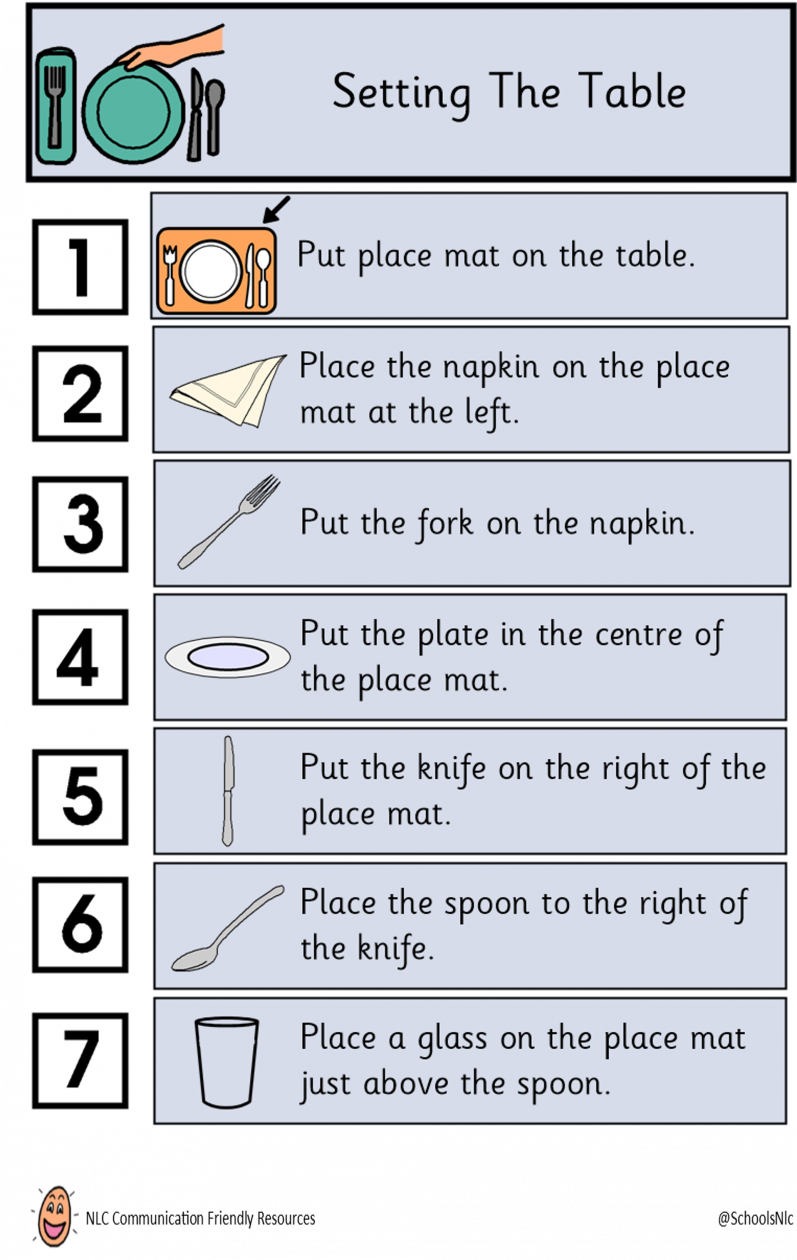
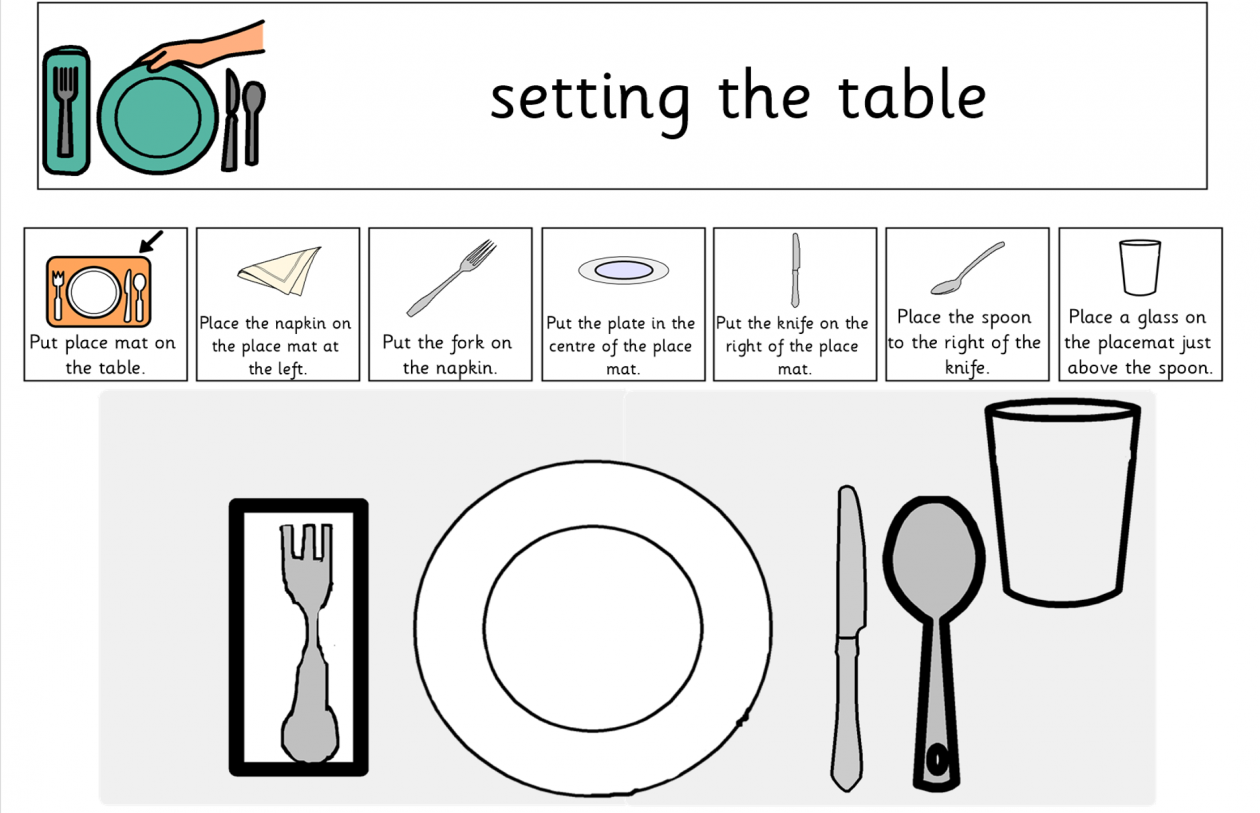










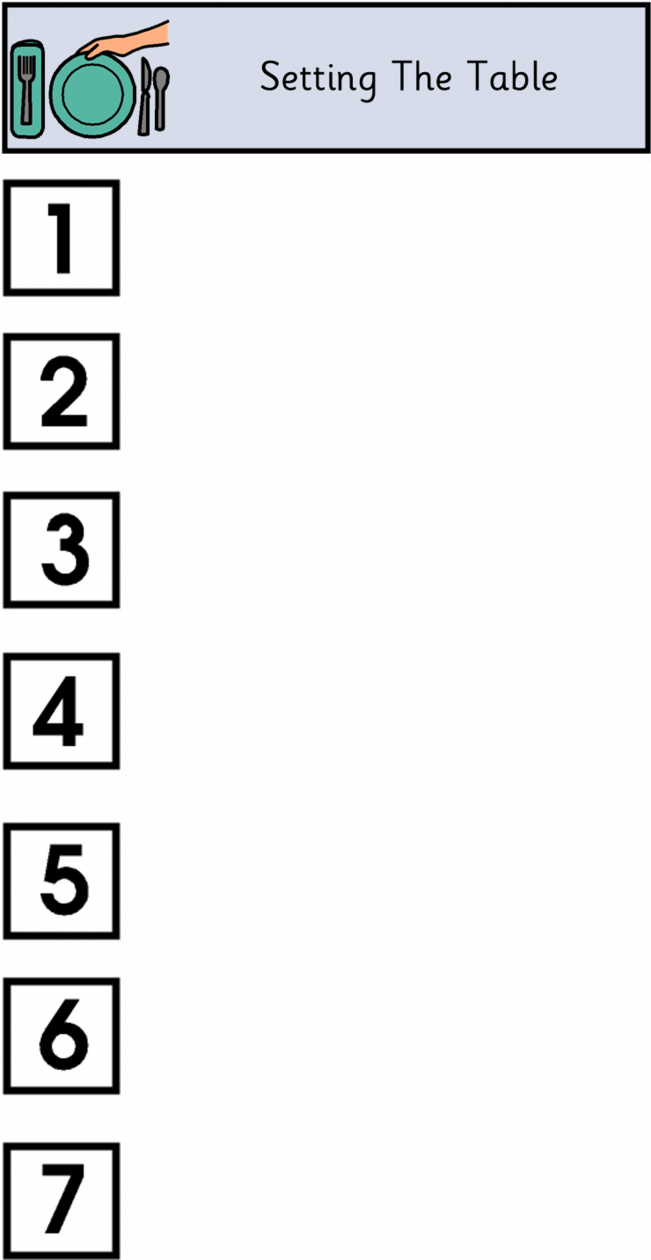
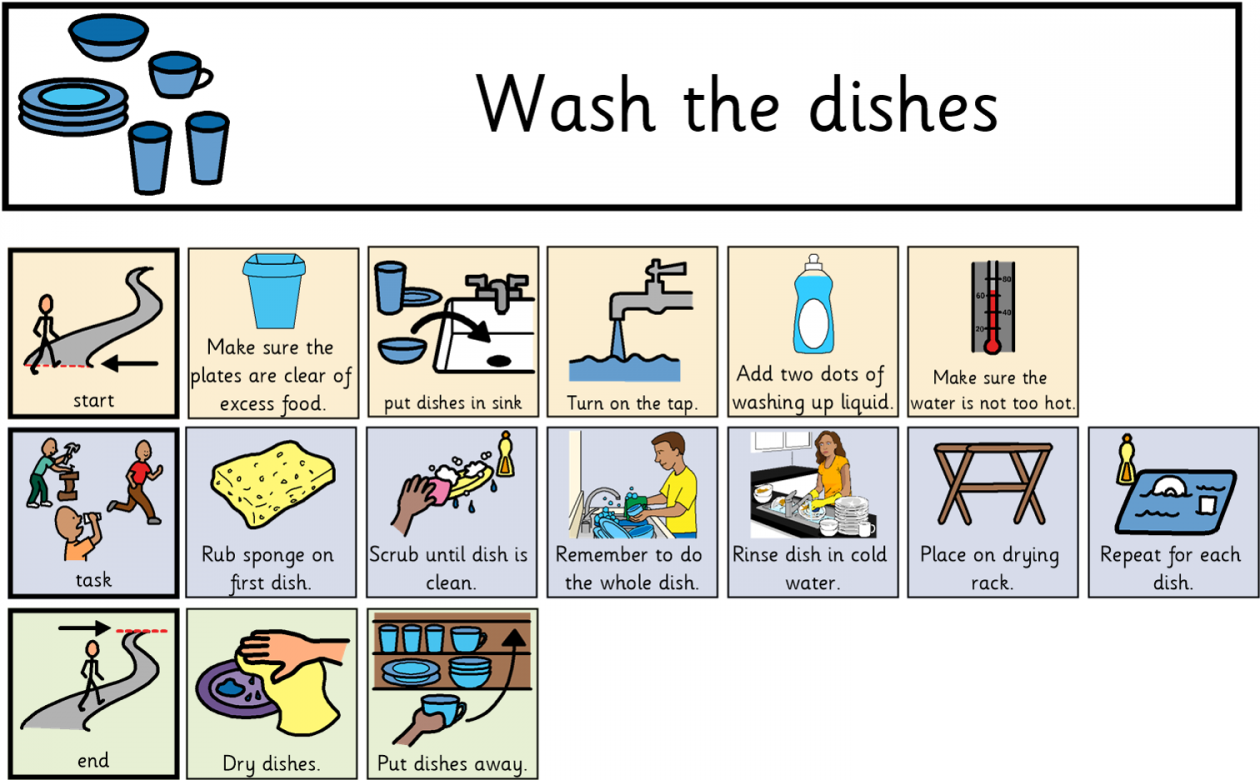
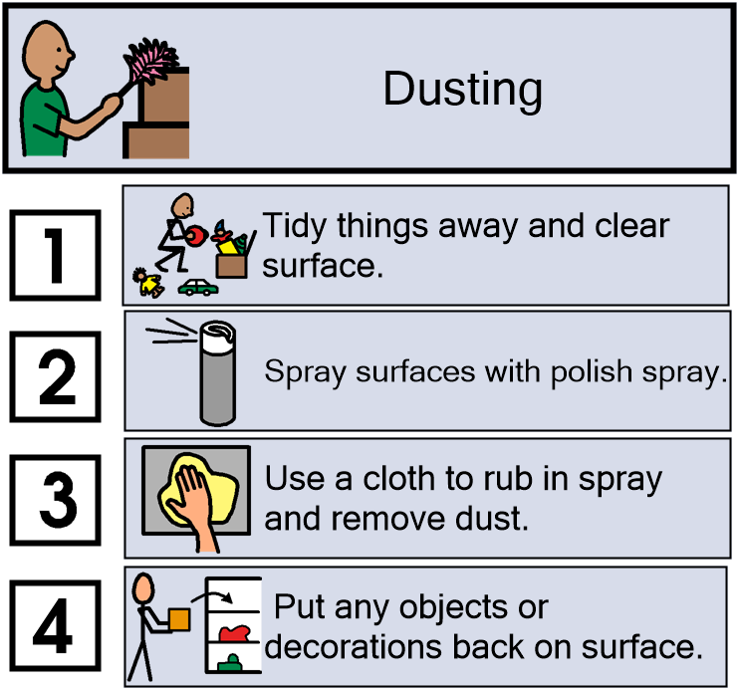
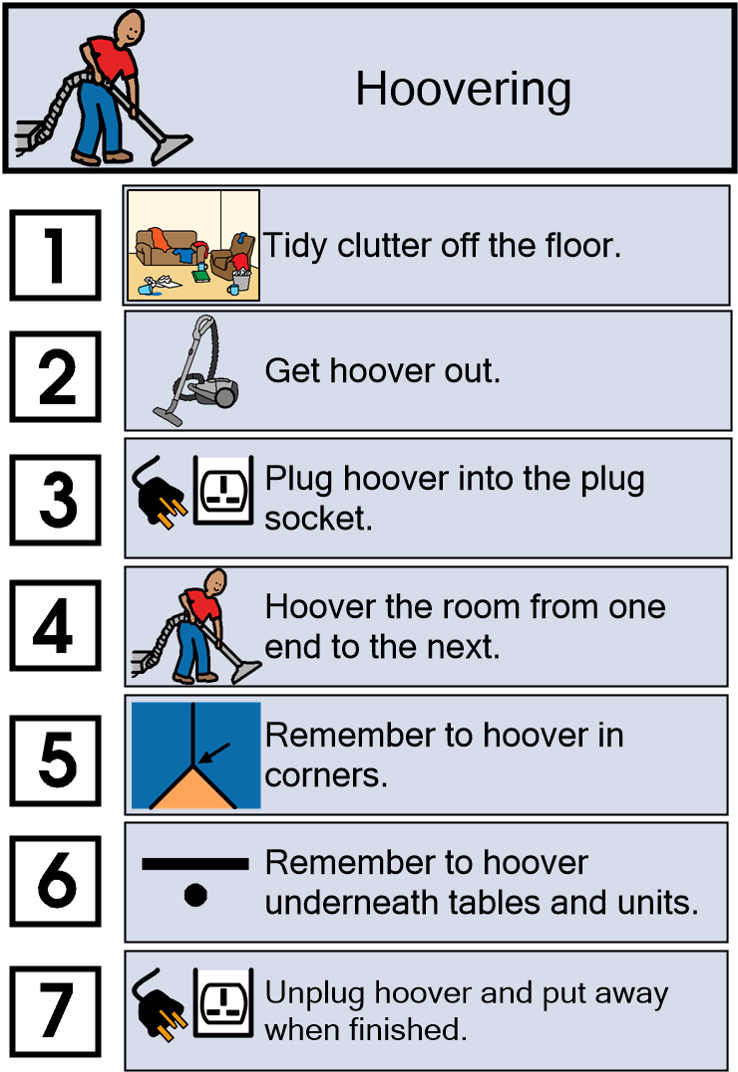
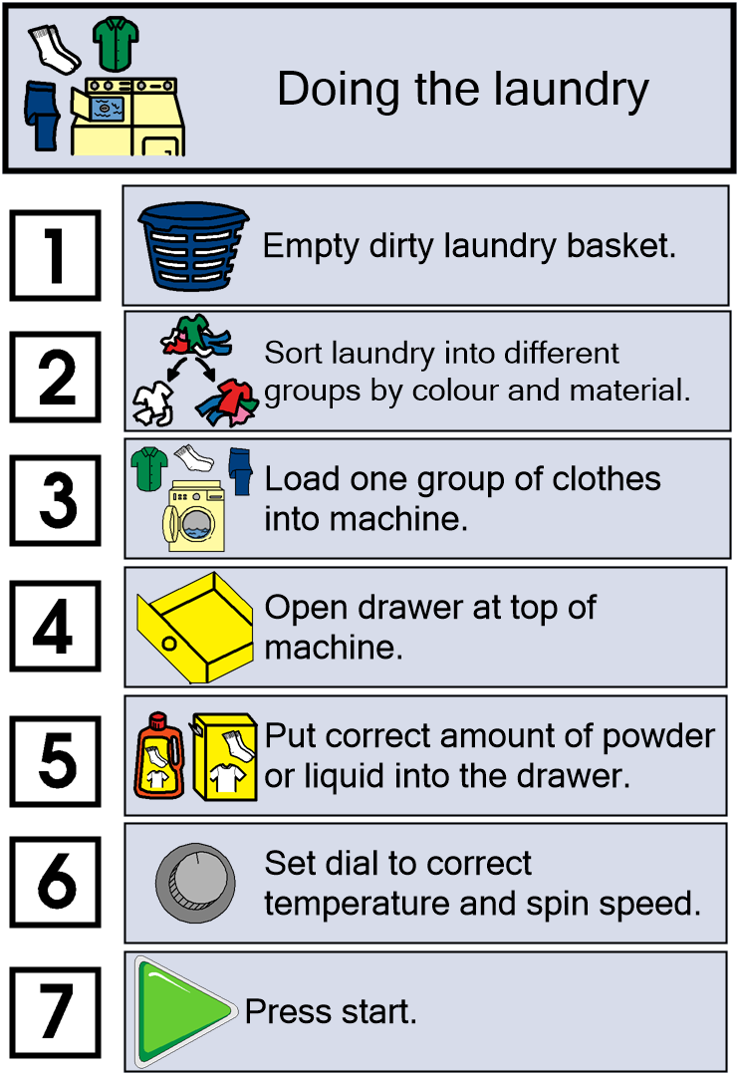
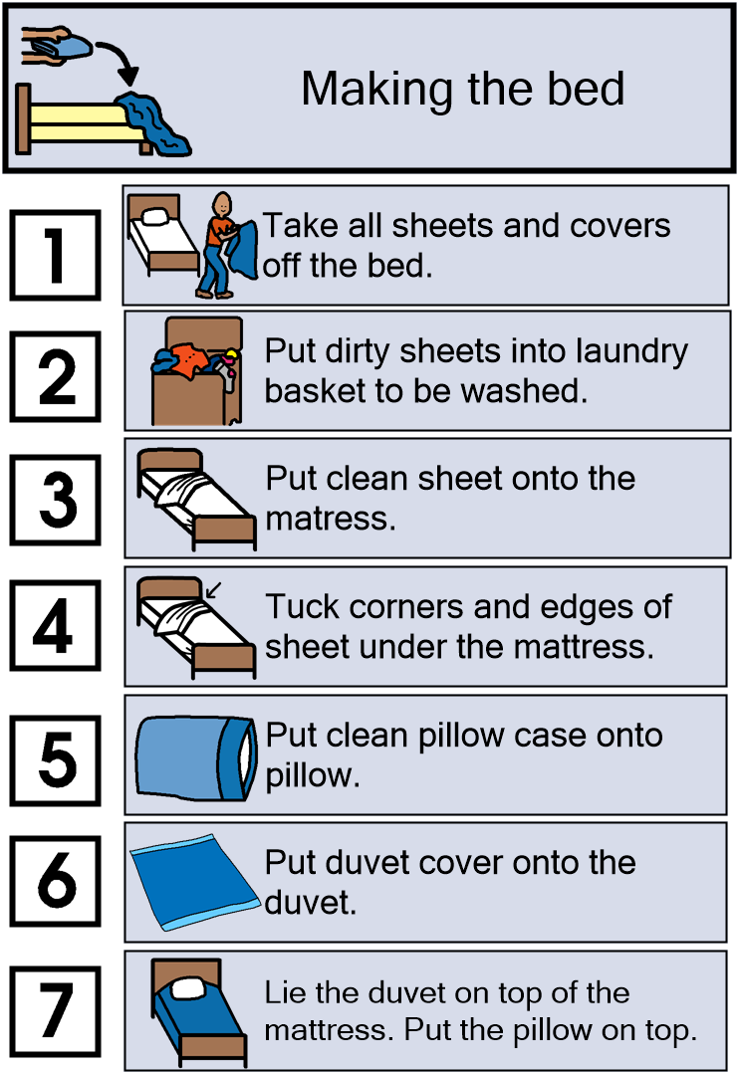
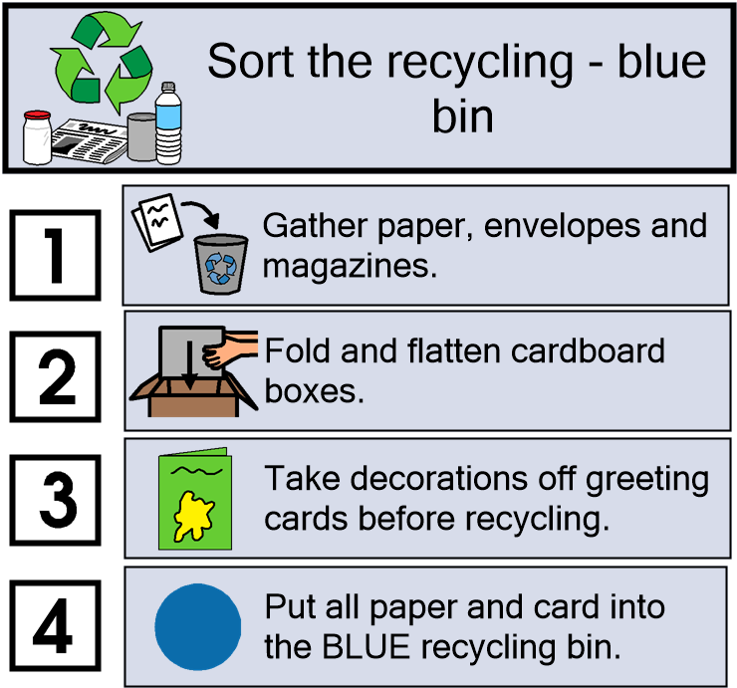
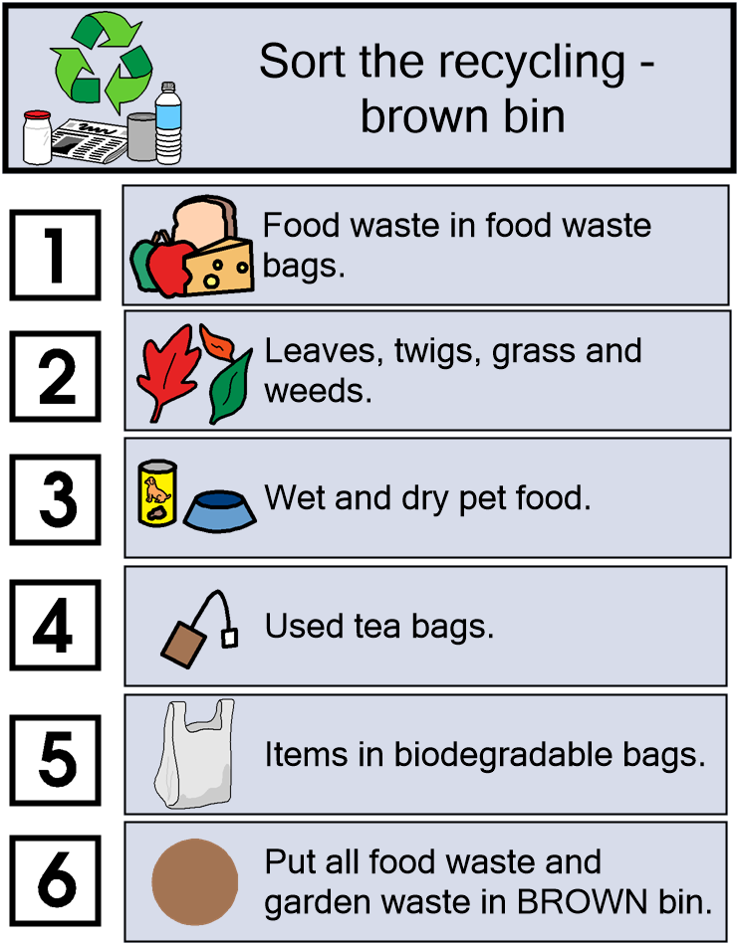
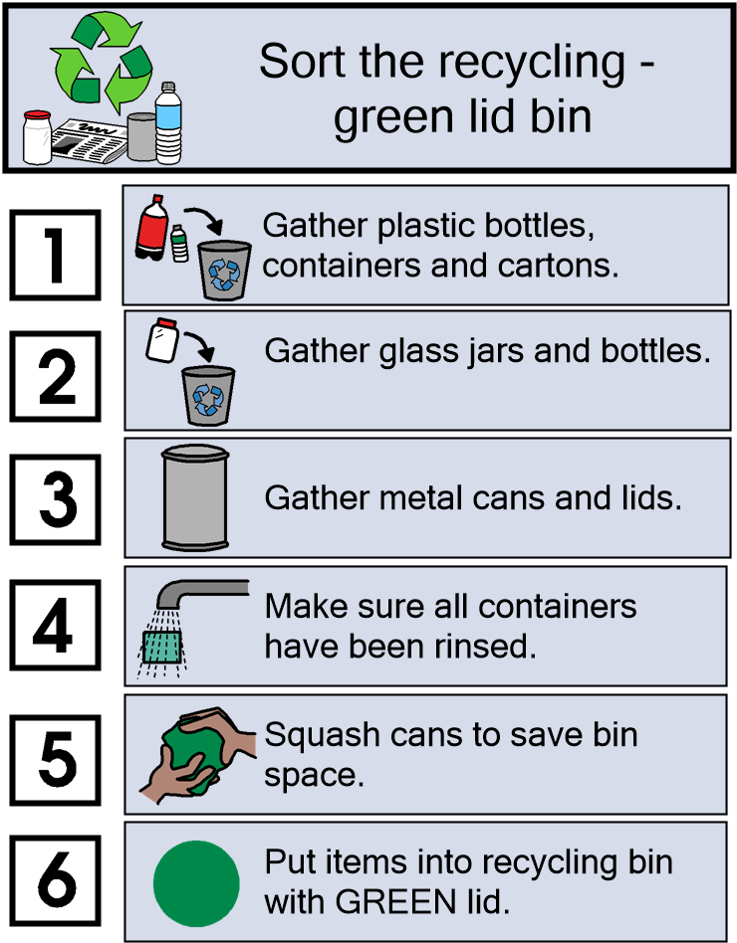





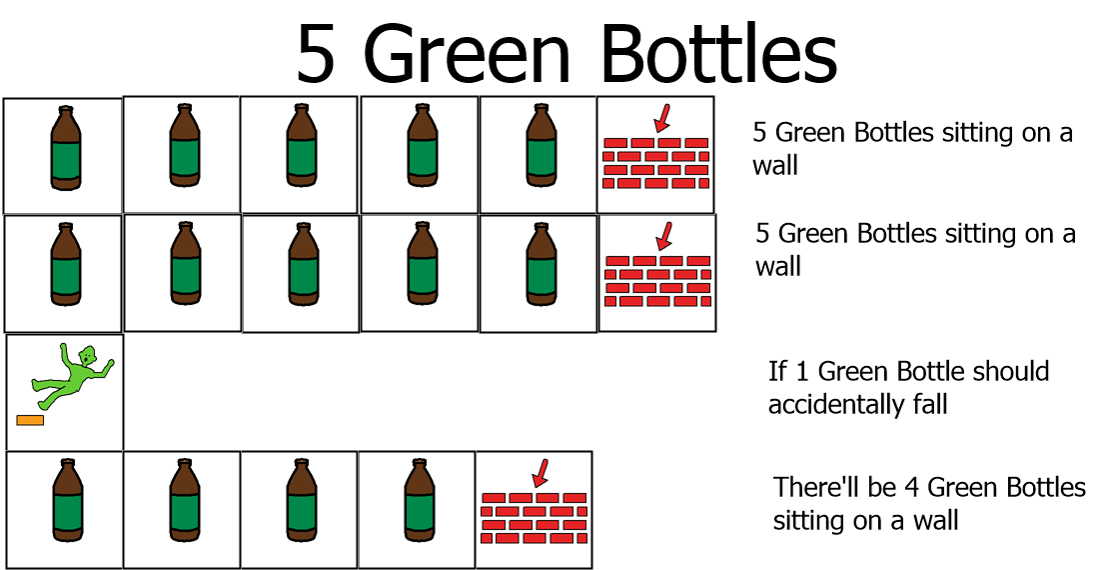
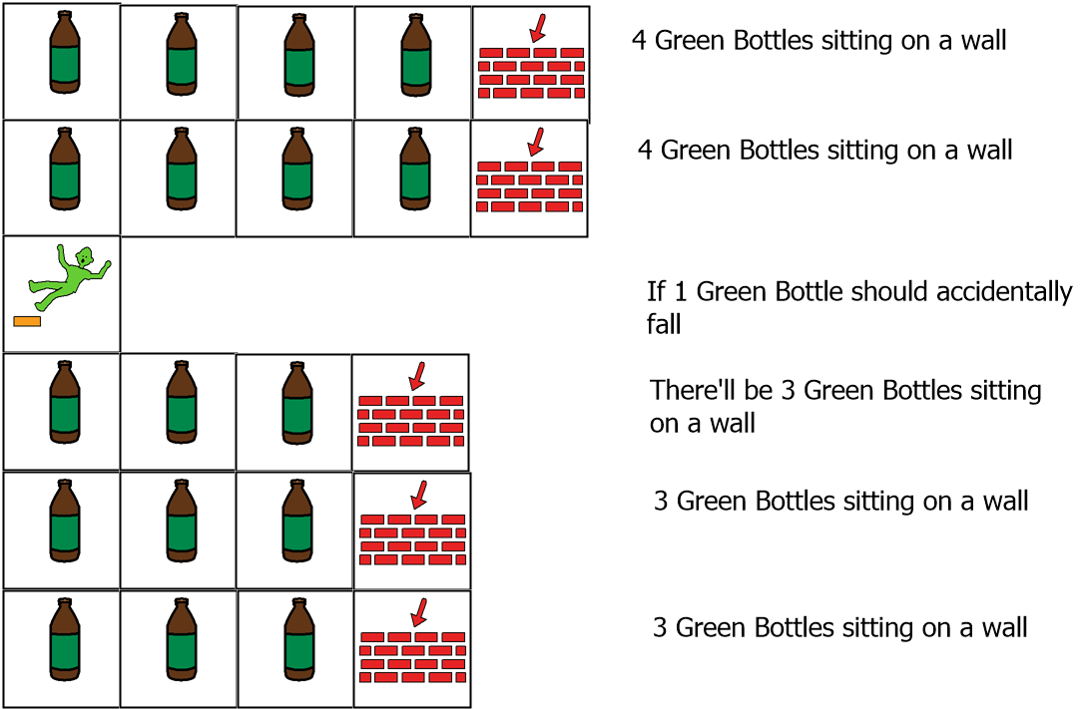
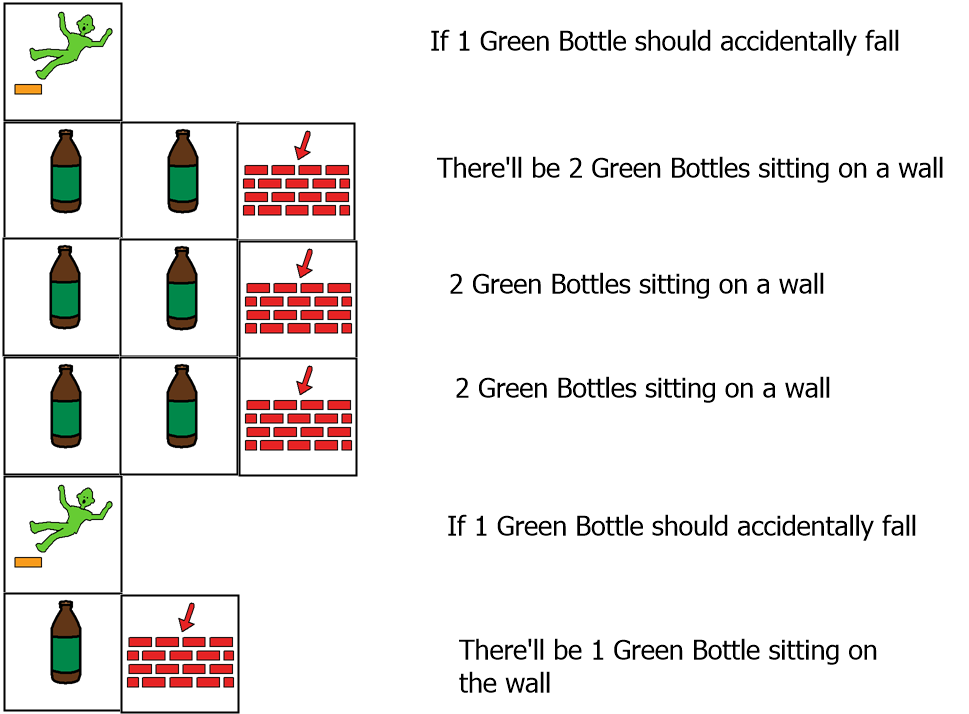
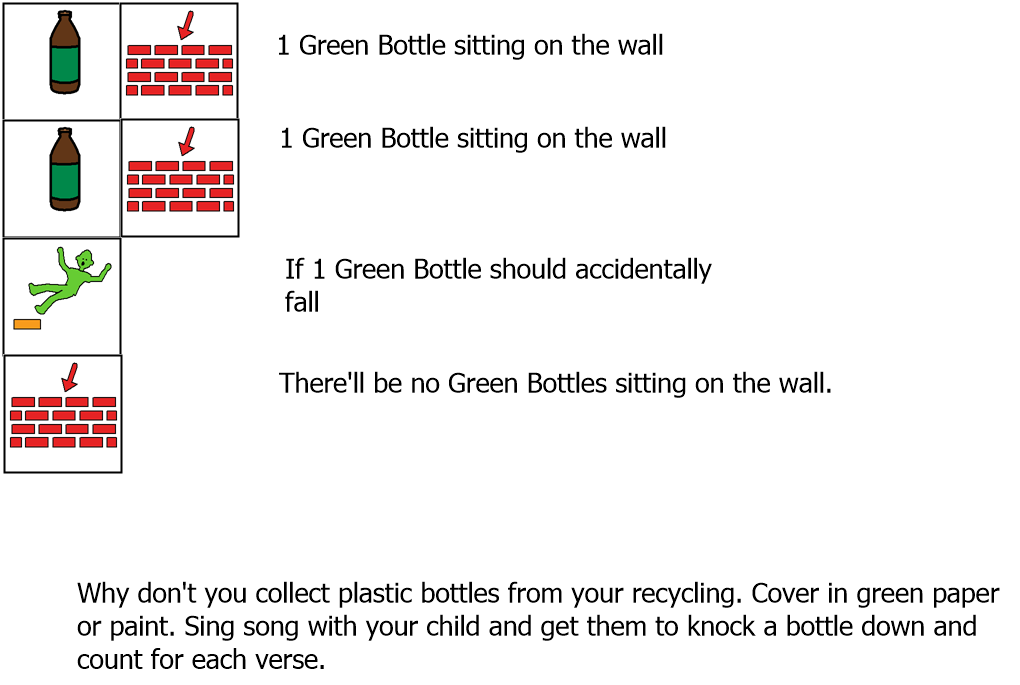
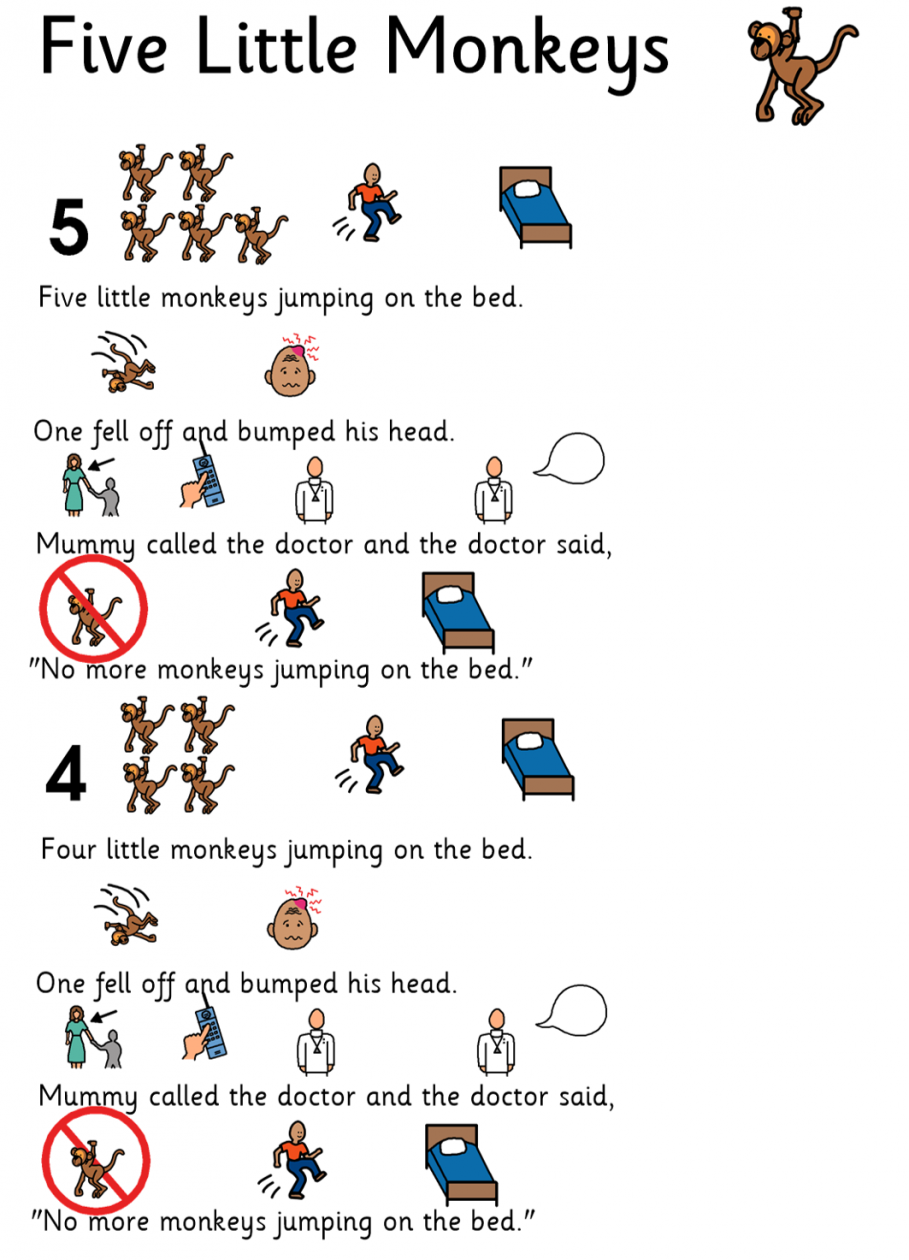
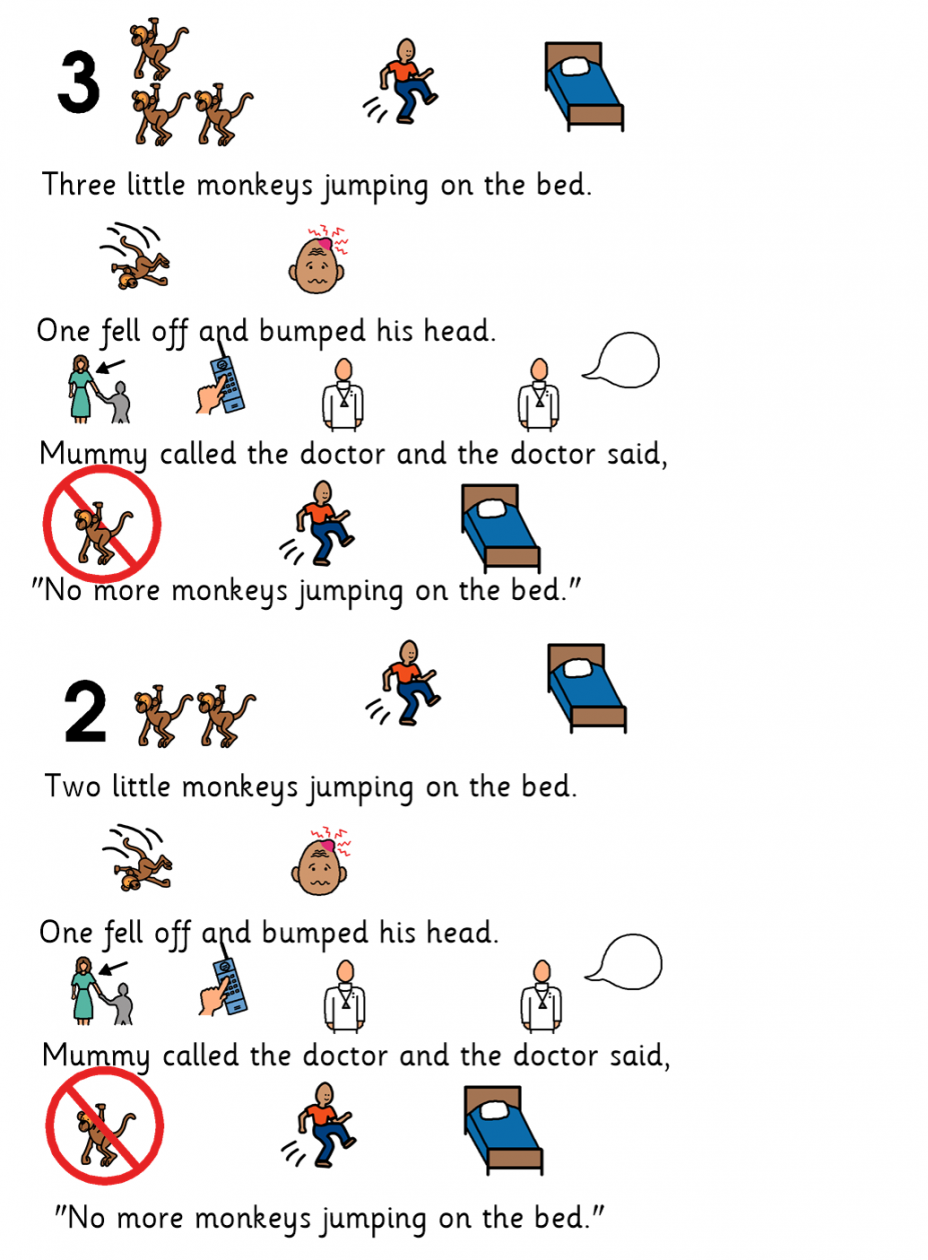
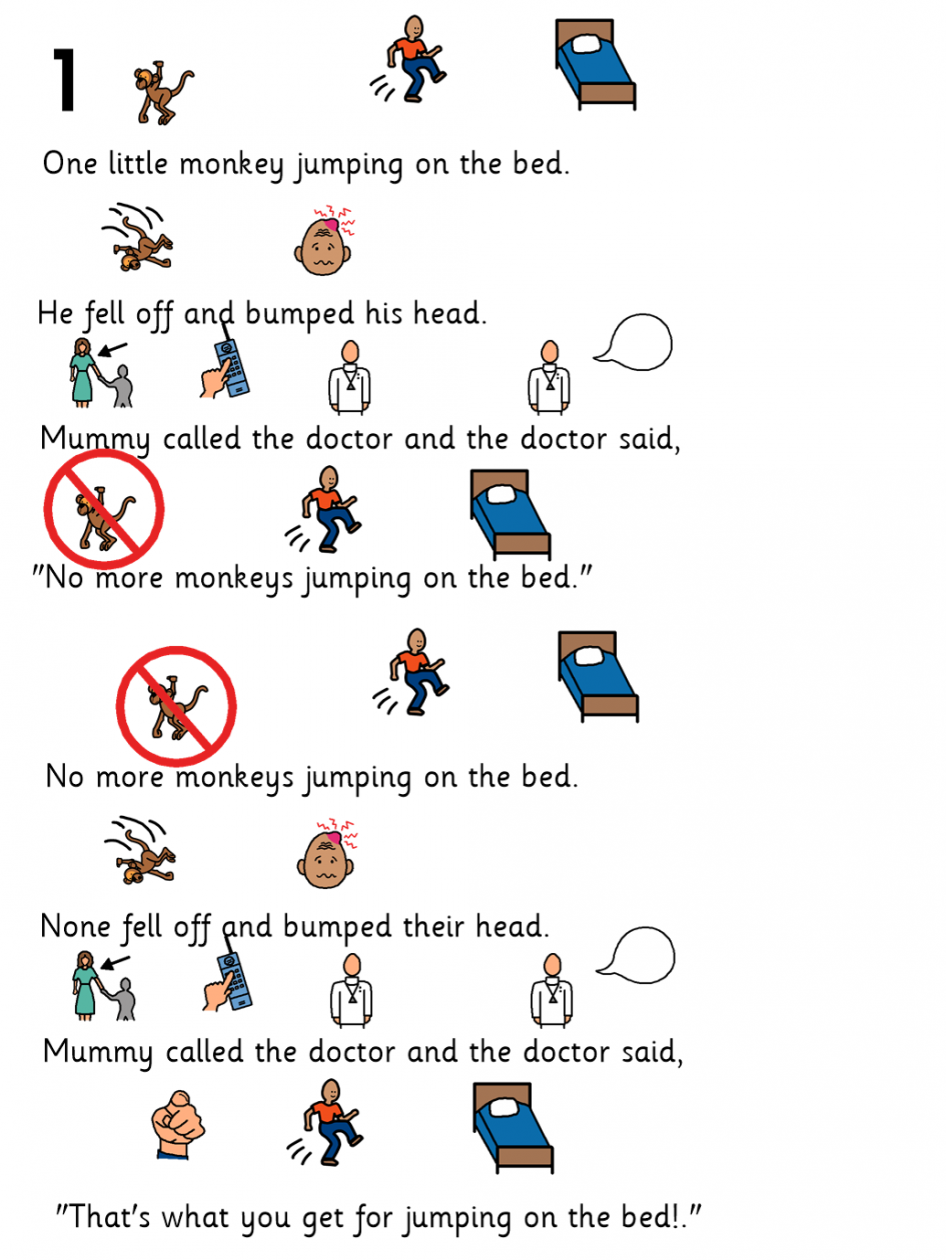
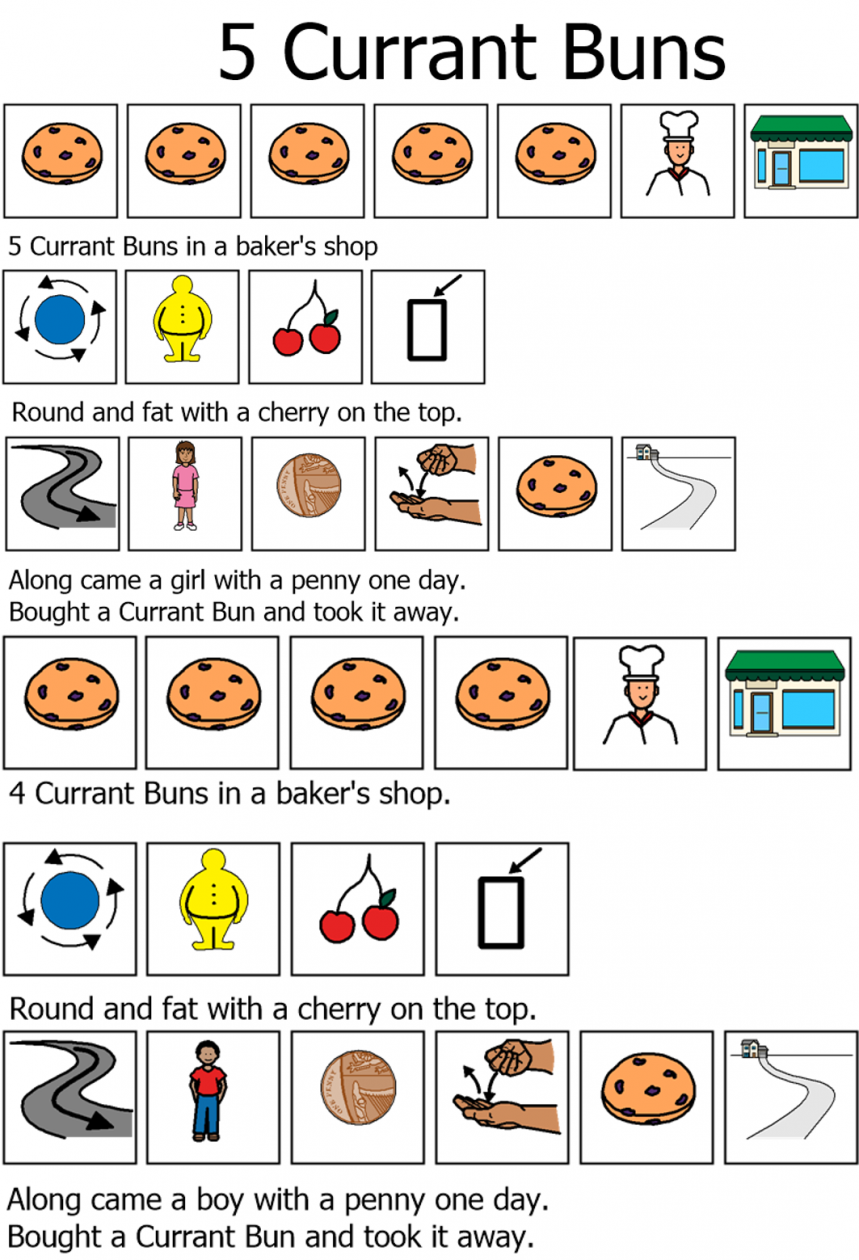
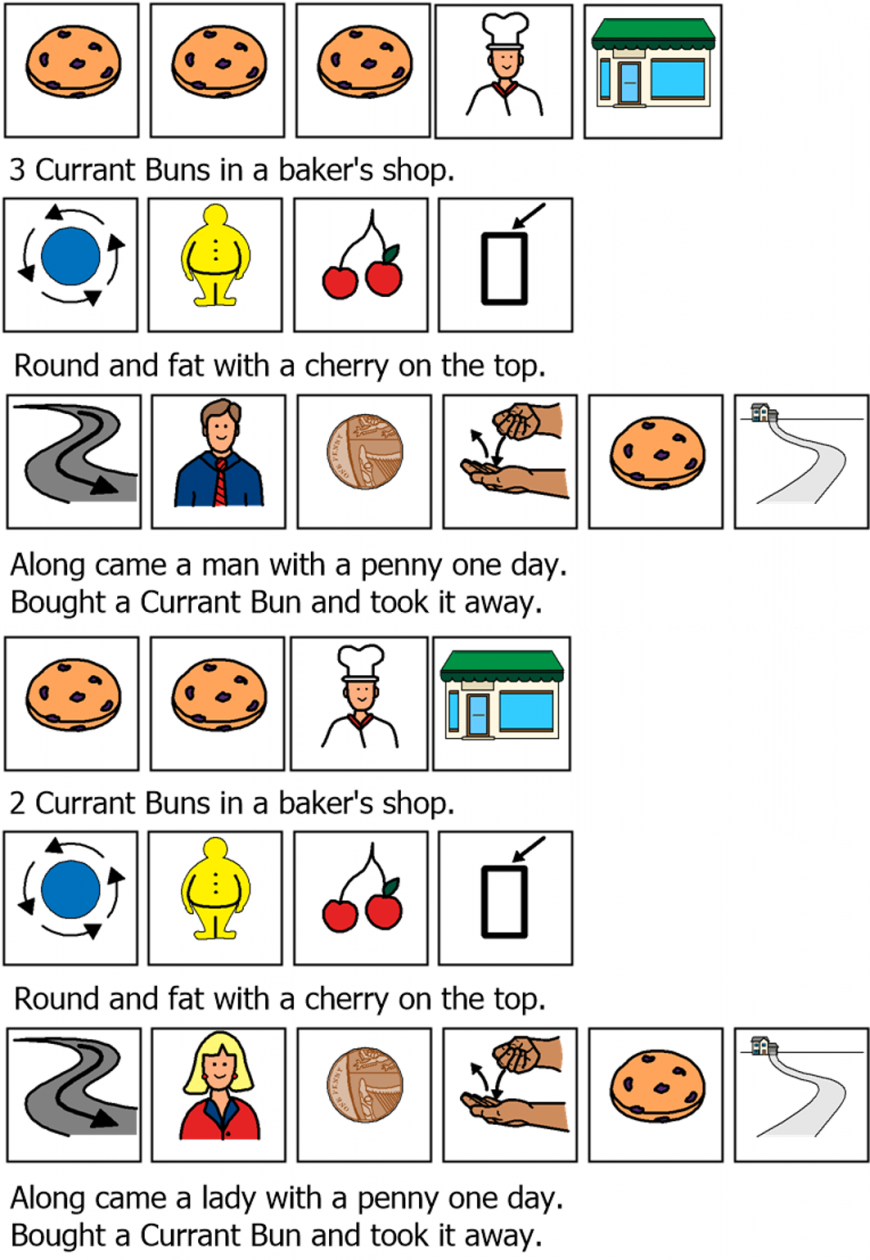
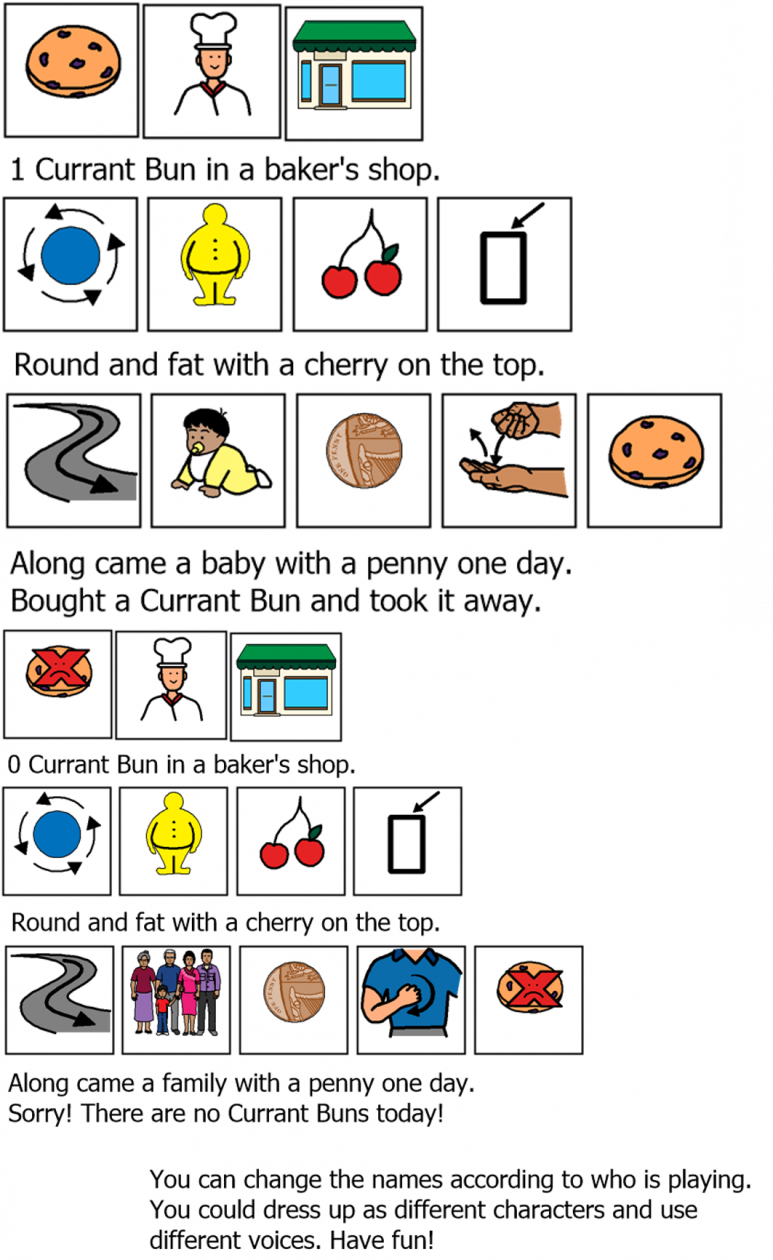
























































































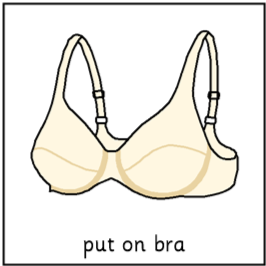
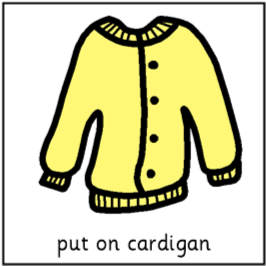
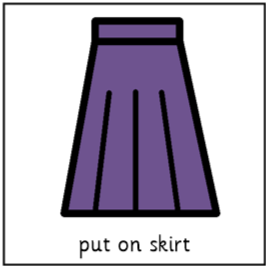
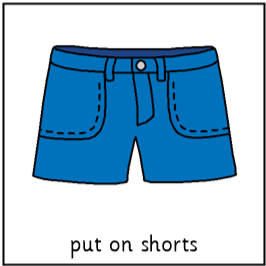
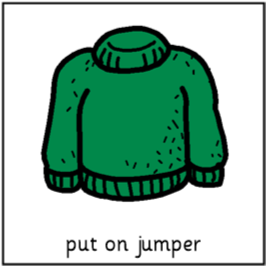
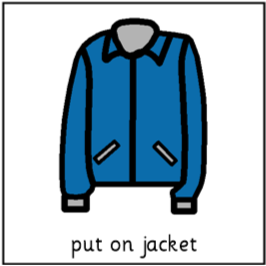
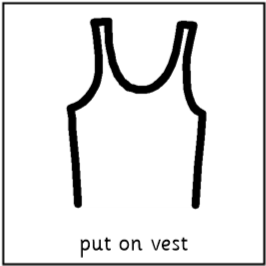
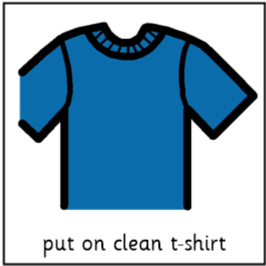
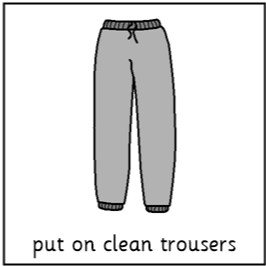
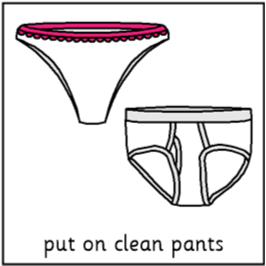
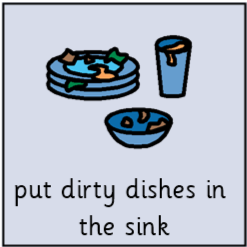

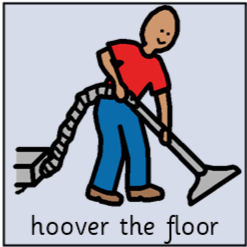
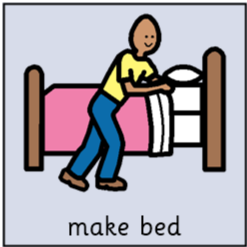
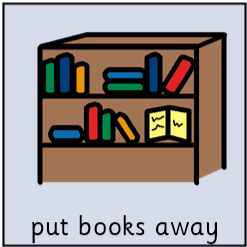
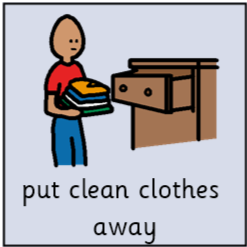
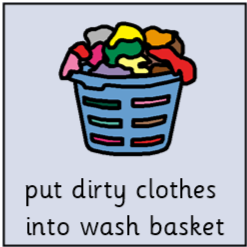
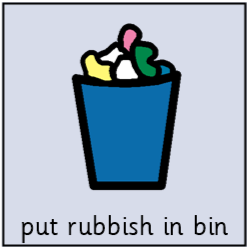
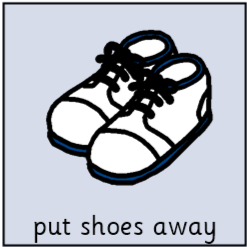
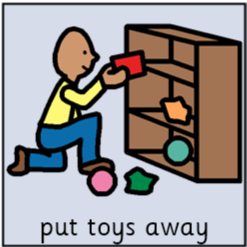
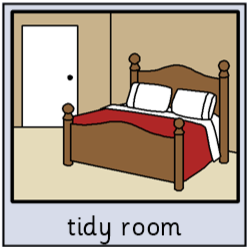
























































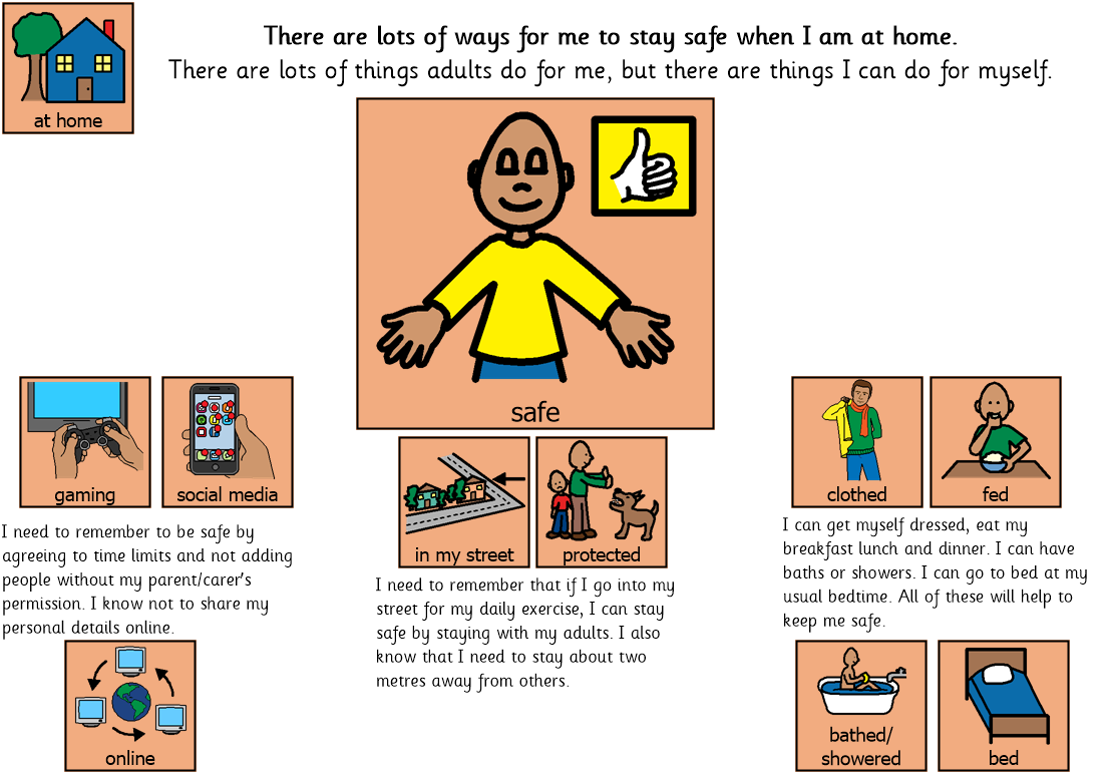
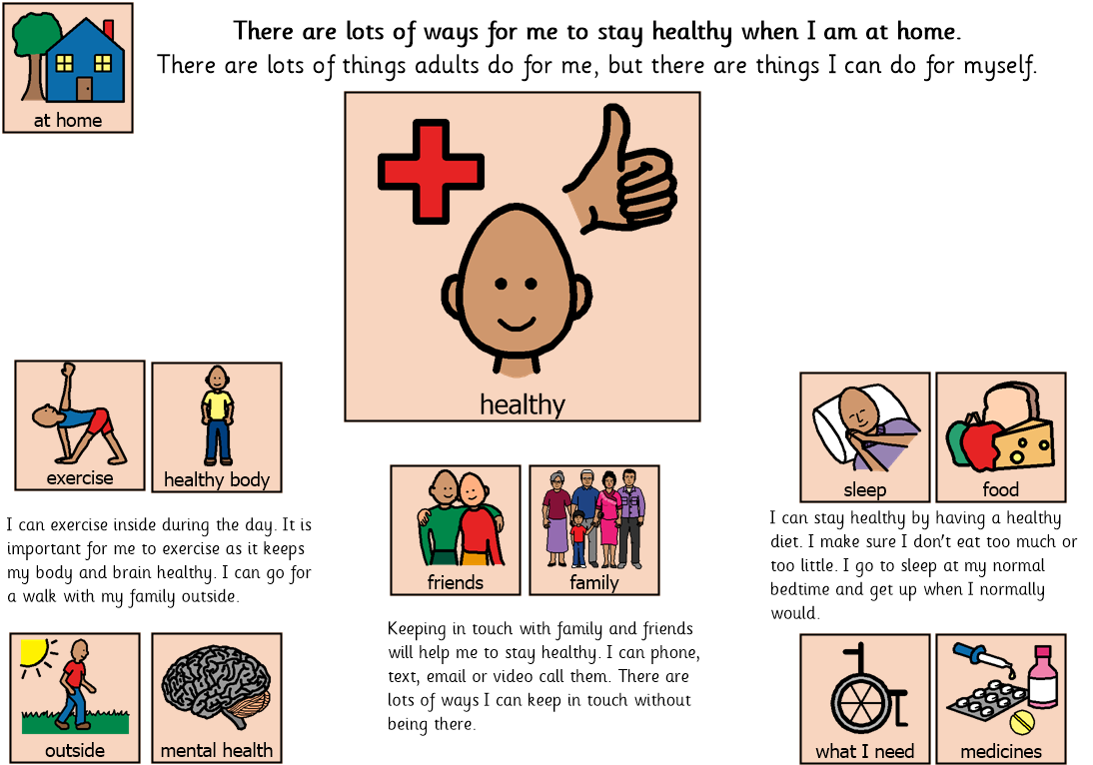
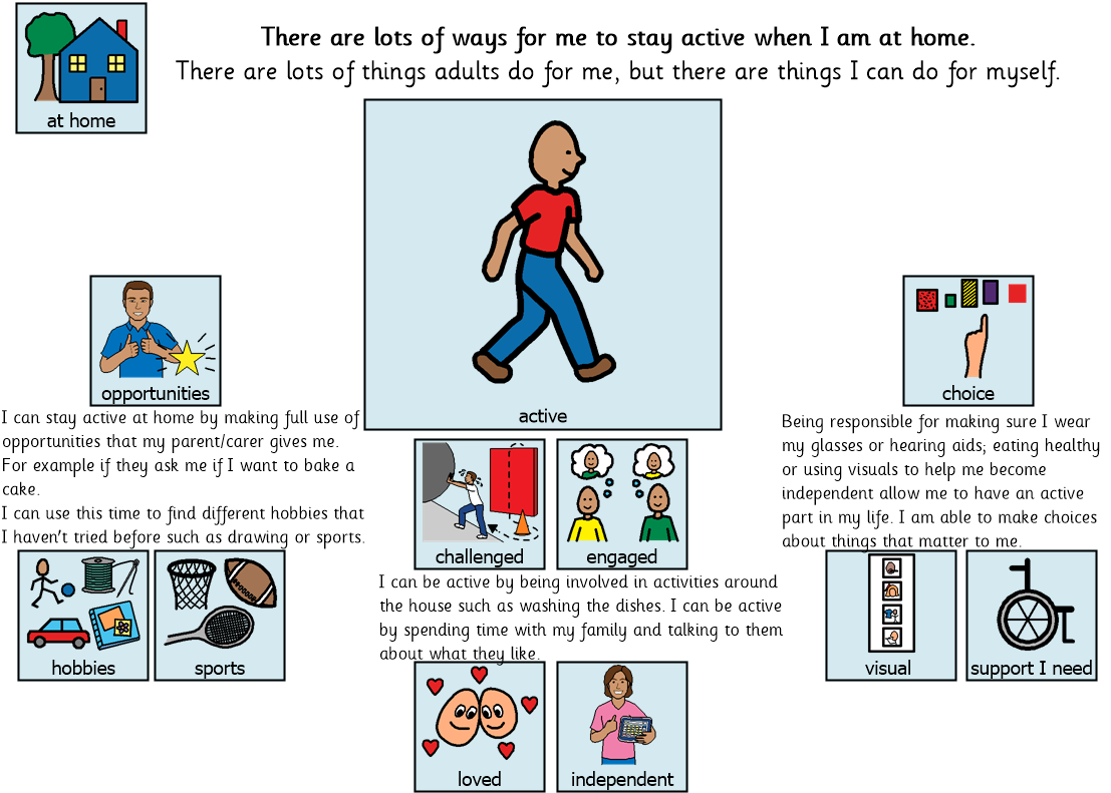
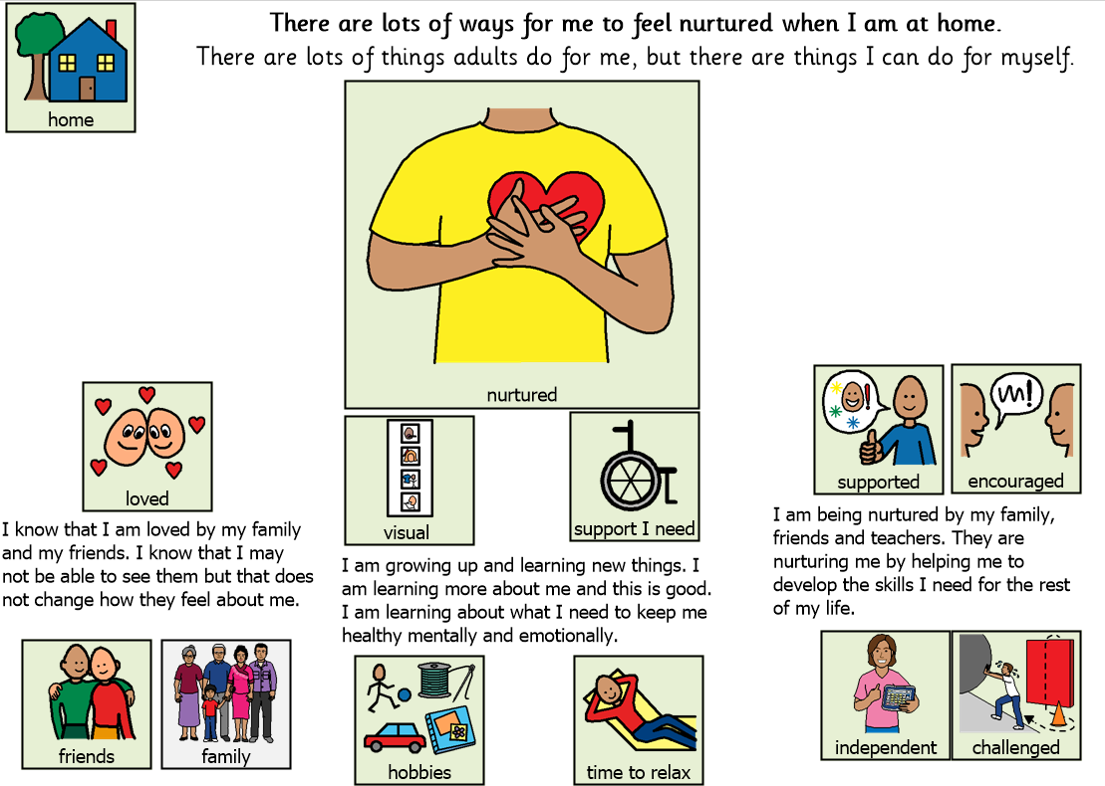
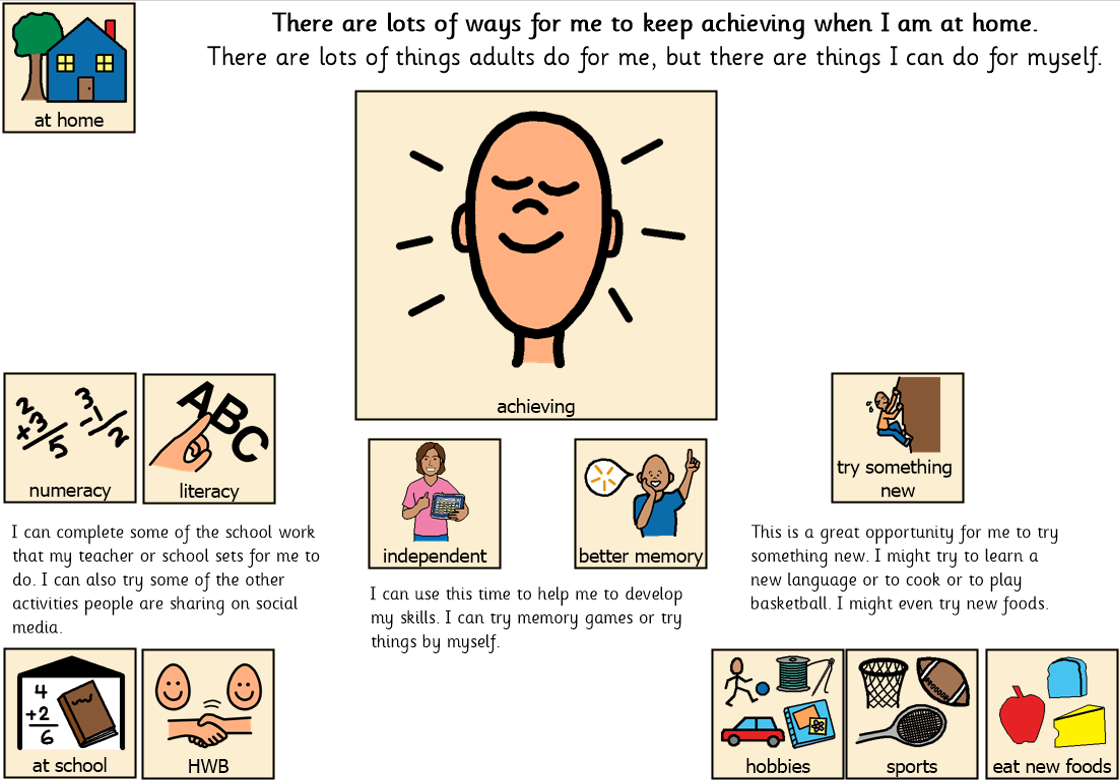
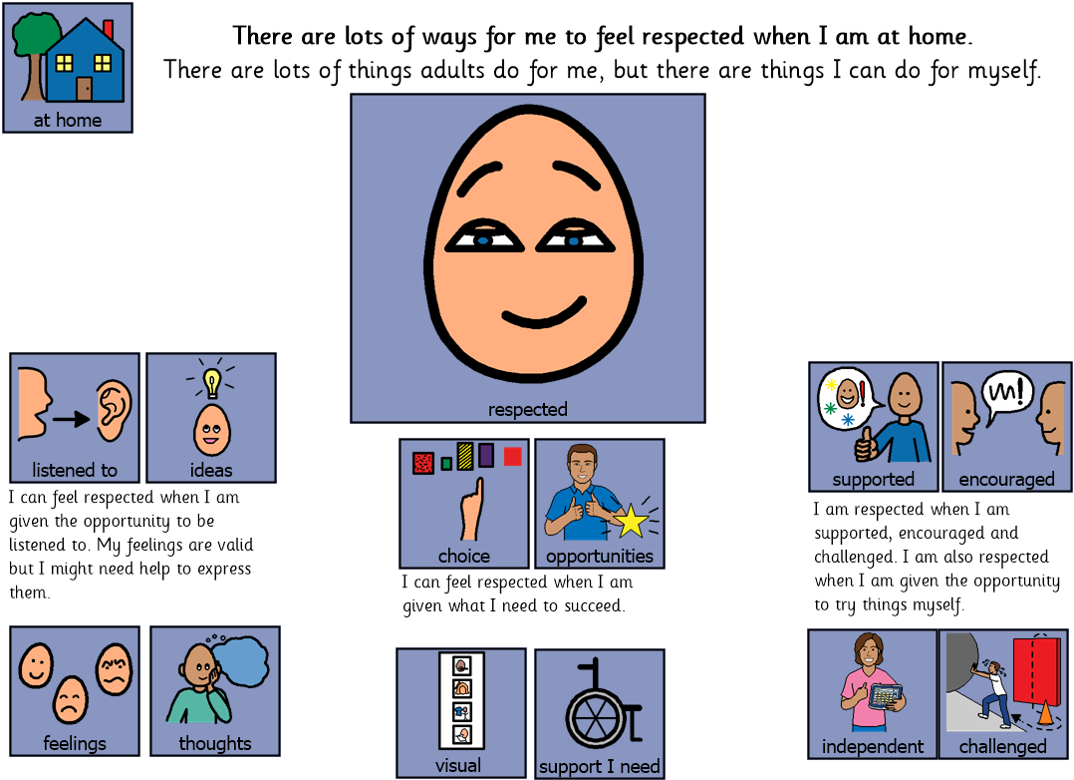
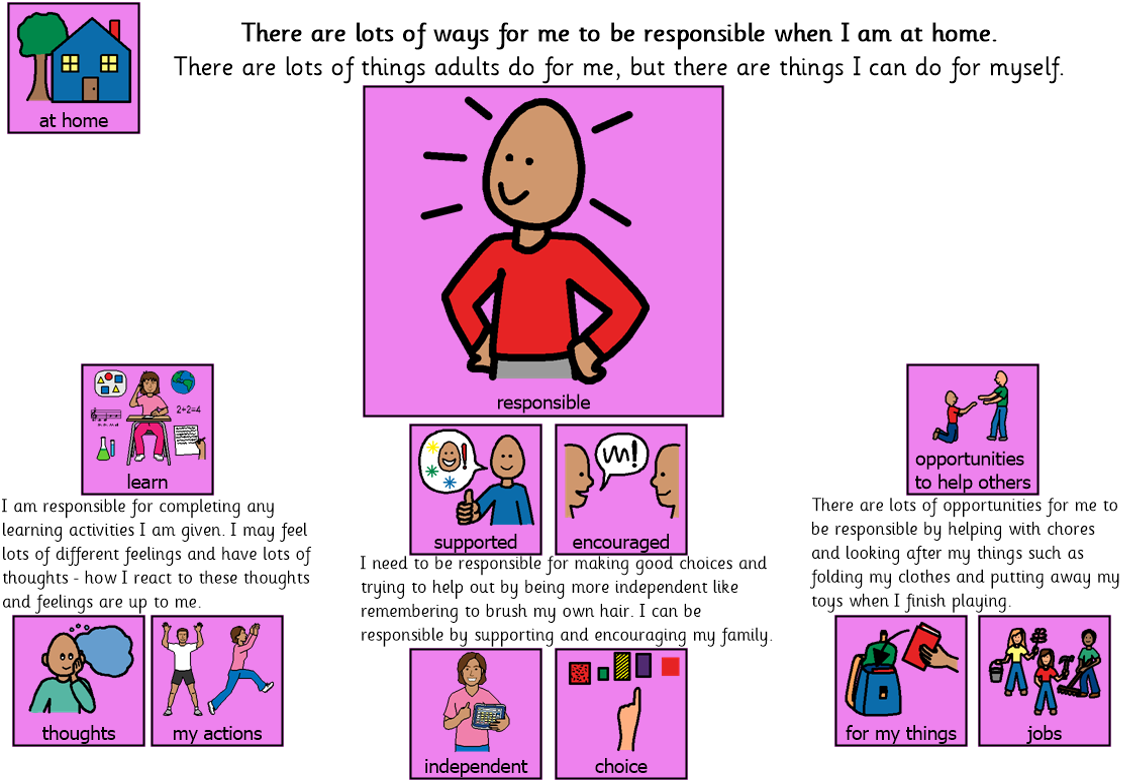
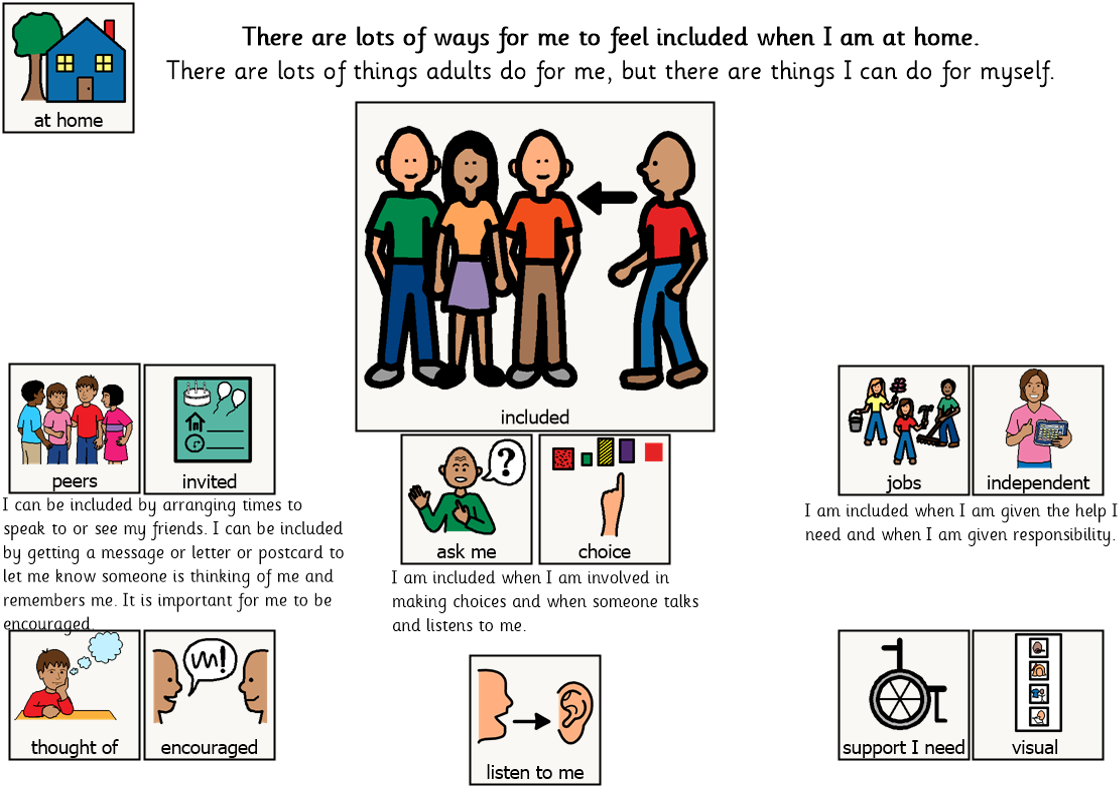



























 Perhaps you can use empty cereal boxes and elastic bands to make hungry animals snapping for food. Perhaps you can you an empty box and 6 yoghurt pots at the edges and corners to create a pool table. Perhaps you can use an empty juice bottle and throw elastic bands over it to make a game?
Perhaps you can use empty cereal boxes and elastic bands to make hungry animals snapping for food. Perhaps you can you an empty box and 6 yoghurt pots at the edges and corners to create a pool table. Perhaps you can use an empty juice bottle and throw elastic bands over it to make a game?
 Choose a TV show your family watch and recreate it. Maybe it will be someone in the jungle speaking to the jungle diary videocam. Maybe you will be recreating food invention tests and eliminations. Perhaps you will be in teams answering questions from a ‘host’. Maybe you are in a reality TV show where you are explaining your actions to a ‘camera’. Maybe you are on a talent show with judges?
Choose a TV show your family watch and recreate it. Maybe it will be someone in the jungle speaking to the jungle diary videocam. Maybe you will be recreating food invention tests and eliminations. Perhaps you will be in teams answering questions from a ‘host’. Maybe you are in a reality TV show where you are explaining your actions to a ‘camera’. Maybe you are on a talent show with judges?









































